With more and more cyber threats targeting payment systems, companies handling card data must comply with the Payment Card Industry Data Security Standard (PCI DSS). Among the critical compliance requirements is to carry out penetration testing to find security vulnerabilities and eliminate the risks that attackers can exploit the vulnerabilities first. Selecting the ideal PCI DSS penetration testing vendor promises continue business compliance as well as security. Hence, Qualysec Technologies is here to present you with the top 10 PCI DSS penetration testing vendors, which offer comprehensive security assessments to protect sensitive payment information.
Understanding PCI DSS Penetration Testing
What is PCI DSS?
Payment Card Industry Data Security Standard (PCI DSS) is a standard to protect and guarantee a safe payment process. It applies to the organizations that store, process, or transmit payment card information, whether you are the merchant, the institution, or the provider.
The core requirements in PCI DSS aim to secure the data, which covers network security, access control, and encryption. Among these, organizations undergo regular penetration testing to keep the security infrastructure in contact. It isn’t a recommendation as such – penetration testing is a must-have compliance requirement so that businesses can detect and fix security gaps before cybercriminals take advantage of them.
Why Should Penetration Testing be Carried Out for PCI DSS Compliance?
Penetration testing is a simulated real-world cyber attack conducted on digital assets to test the security position. It is a quest to uncover potential weaknesses of networks, applications, and systems so that attackers can be prevented from exploiting them later. Benefits from a trusted PCI DSS penetration testing vendor include:
Prevents Data Breaches
- Businesses proactively finding security weaknesses can remediate vulnerabilities after an attacker finds them.
- Misconfigurations and Vulnerabilities on networks are detected along with outdated software and exploitable flaws.
Compliance with the PCI DSS Standards
- Penetration testing is required at least once per year under PCI DSS, as well as after any material system change.
- If not complied, there are penalties, fines, or revocation of the right to process card payments for failure to comply.
Preserves Trust and Reputation of Customer and Business
- Consumers look for payment information to be secure and protected when they make a transaction.
- A security breach involves the loss of cardholder data can not only damage the reputation of a company but also lead to loss of customer confidence.
Prevents Fines and Legal Consequences
- Failure to comply can result in payment card brands imposing fines and legal action from customers who have been affected.
- It can also cause recovery costs, investigations, and regulatory sanctions as a consequence of a data breach.
Top 10 PCI DSS Penetration Testing Firms
1. Qualysec Technologies – PCI DSS Penetration Testing Vendor
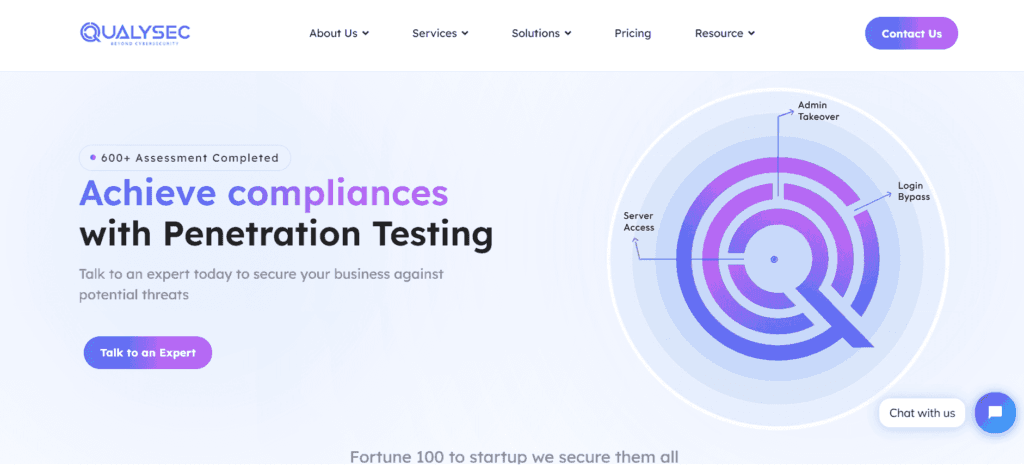
Today and in these times, businesses that provide payment services for payment cards must comply with the Payment Card Industry Data Security Standard, which holds the commercial party’s protection of sensitive customer information. Penetration testing is a requirement of PCI DSS – one of the most important requirements as it helps in identifying the security weakness before the same malicious actors exploit it. It’s no wonder why Qualysec Technologies is the best penetration testing vendor for companies who desire to achieve and keep PCI DSS compliance.
Why Qualysec Technologies Should Be Your Best Choice for PCI DSS Penetration Testing
Expertise in PCI DSS Compliance
Why do we have Qualysec Technologies – we provide penetration testing for PCI DSS which ensures that businesses satisfy compliance requirements with regular security testing. A team of certified security professionals who have deep knowledge and expertise of the PCI DSS guidelines, industry-particular threats, and modern attack methodologies which makes them a great partner for startups, small, and large businesses.
Advanced Penetration Testing Methodology
A hybrid security model used by Qualysec where automated security scan is coupled with manual testing of an ethical hacker. Their methodology includes:
- Black-box testing: Simulating an external attacker with no prior knowledge of the system.
- White-box testing: Evaluating the system from an internal security perspective.
- Grey-box testing: A combination of both approaches for a balanced assessment.
- Application & Network Testing: Testing that Web App and Network infrastructure are fully secure.
Risk-Based Vulnerability Prioritization
Unlike other vendors who just give a vulnerability list, Qualysec prioritizes vulnerabilities on business impact and exploitability. By doing this, organizations can put effort into the most critical security gaps at hand to optimize remediation strategies for maximum effectiveness.
Real-Time Vulnerability Tracking and Reporting
To make transparency for clients, Qualysec provides clients with real-time vulnerability tracking for security teams to track vulnerabilities remotely, their remediation progress, and compliance status. All penetration testing reports are detailed and include:
- Technical descriptions of vulnerabilities.
- Proof-of-concept exploits.
- Impact assessments.
- Step-by-step remediation guidance.
Continuous Compliance and Retesting Services
PCI DSS certification is not a one-time program but is a regular ongoing testing process. Post-testing retesting is what it provides through Qualysec to verify the patches were applied correctly for identified vulnerabilities. Besides, they also give the businesses round-the-year security advisory services to stay a jump ahead of the developing cyber threats.
2. Bishop Fox

PCI DSS security assessments for enterprises are offered by the premier penetration testing firm Bishop Fox. Their ethical hacker team penetrates those payment applications and networks that are equally as thorough as their penetration tests.
Why Choose Bishop Fox?
- Offensive security-driven approach
- Deep technical expertise
- PCI DSS compliance testing
Cybereason
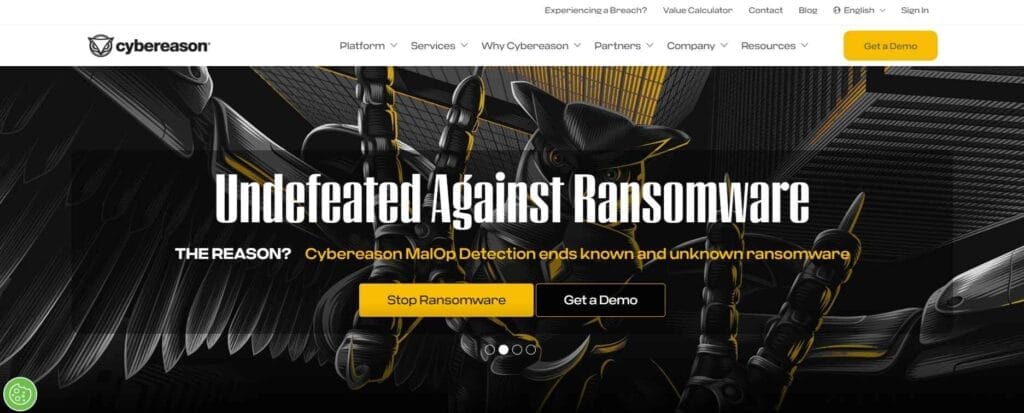
Cybereason is a threat detection and penetration testing services provider that helps businesses meet PCI DSS requirements. With their AI-driven approach, organizations can stay ahead of the changing nature of threats in the payment industry.
Why Choose Cybereason?
- AI-powered cybersecurity solutions
- Advanced penetration testing services
- Incident response and PCI DSS compliance support
Cobalt.io
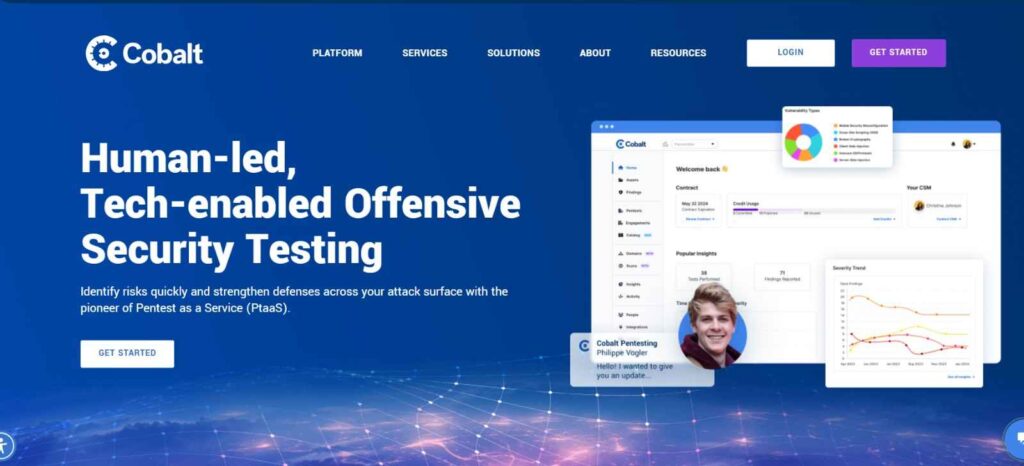
Cobalt.io offers cloud penetration testing services which are performed continuously by businesses. The Pentest as a Service (PTaaS), a product model, helps organizations remain compliant with PCI DSS regulations.
Why Choose Cobalt.io?
- On-demand penetration testing platform
- PCI DSS security assessments
- Real-time vulnerability insights
SecureWorks

SecureWorks provides penetration testing and security assessments to businesses that want to see if their payment processing system is secure or has vulnerabilities that would allow malicious individuals to compromise your system. They use a threat intelligence-driven approach so that their results are accurate and give remediation guidance.
Why Choose SecureWorks?
- Managed security services
- Advanced penetration testing methodologies
- PCI DSS compliance solutions
Red Team Security
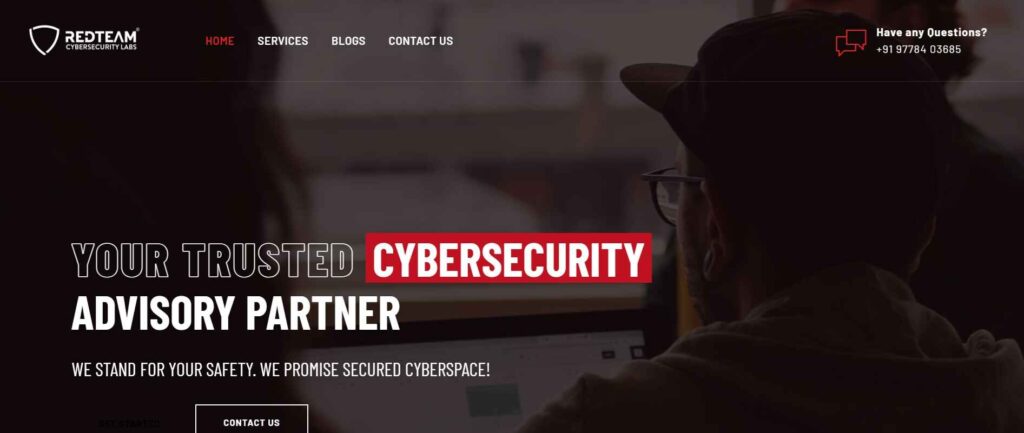
Pentests include advanced penetration testing services to simulate the very real realms of cyberattack by Red Team Security. PCI DSS compliance is their specialty in their ethical hacking team that deals with securing payment environments for their businesses.
Why Choose Red Team Security?
- Real-world attack simulation
- PCI DSS penetration testing vendor specialists
- Ethical hacking and vulnerability assessments
Trustwave
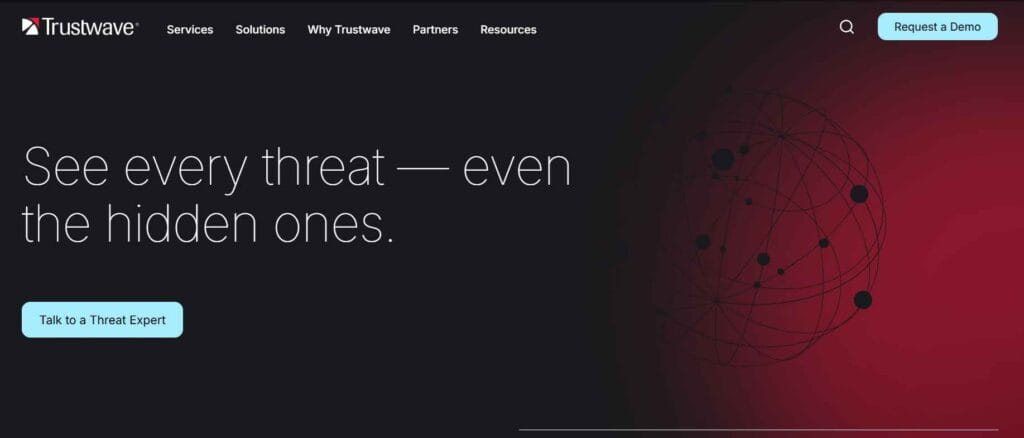
PCI DSS penetration testing is one thing that is provided by Trustwave PCI DSS penetration testing vendor, which is one of the most reputable cybersecurity firms. They assist businesses in identifying and fixing security vulnerabilities in networks, applications, and infrastructures such that the businesses meet the requirements set by PCI DSS.
Why Choose Trustwave?
- A global leader in PCI DSS compliance
- Certified security experts
- Advanced threat intelligence capabilities
Rapid7
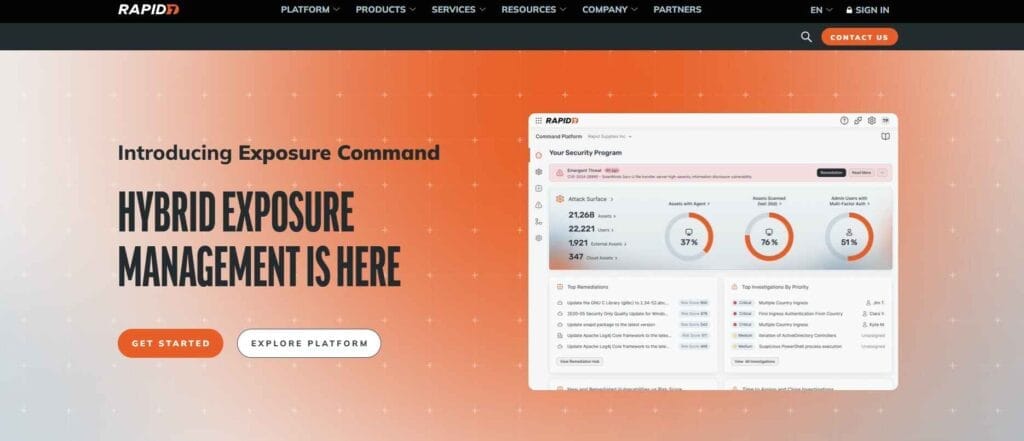
Pentesting against the PCI DSS can be one of the most complicated and focused penetration tests to conduct, and Rapid7 provides complete PCI DSS penetration testing vendor services using their security testing tools including Metasploit and Nexpose. They fill the gaps in security for businesses by identifying the security gaps in web applications, networks, and cloud environments.
Why Choose Rapid7?
- In-depth PCI DSS security testing
- Advanced vulnerability management tools
- Certified ethical hackers
NCC Group

A globally recognized penetration testing and PCI DSS assessment company, NCC Group is based on cybersecurity. They provide their red team engagements and ethical hacking services to businesses to find hidden vulnerabilities in payment processing systems.
Why Choose NCC Group?
- Decades of cybersecurity experience
- PCI DSS Level 1 service provider
- Advanced red teaming and penetration testing
Microminder
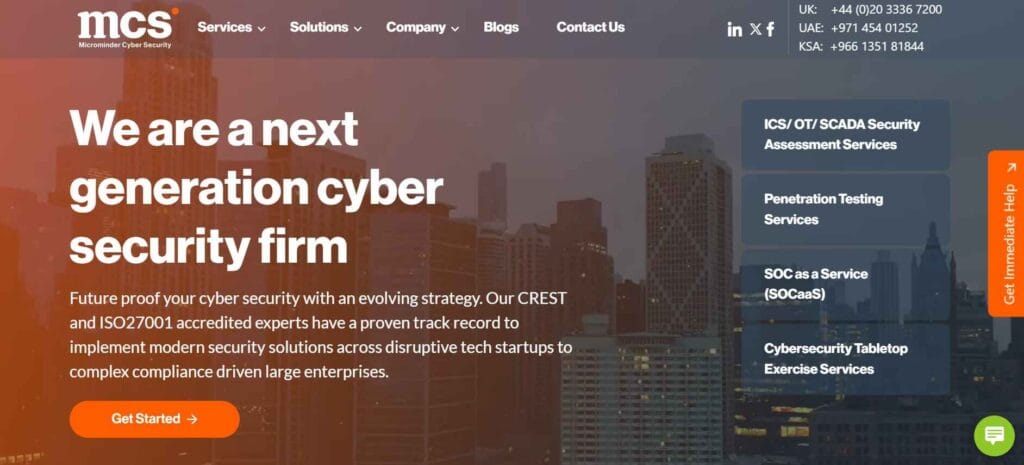
The Microminder is well known for providing PCI DSS Penetration Testing Services.
Why Choose Microminder?
- Industry pioneers in ethical hacking
- PCI DSS compliance expertise
- Training and certification options
The Risks of Not Performing PCI DSS Penetration Testing
Penetration testing of PCI DSS is a tough but important task because failing to do so can bring about security, financial, as well as legal risks to the businesses. PCI DSS (Payment Card Industry Data Security Standard) requires penetration testing to identify weaknesses in systems involved in storing, processing, or transmitting data-bearing cards. If this requirement is ignored, then the consequences could be very severe including breaches of data or a regulatory penalty.
Increased Risk of Data Breaches
Additionally, penetration testing is essential to identify security vulnerabilities that adversaries will take advantage of if their absence is not known by organizations. By continuously developing new techniques to infiltrate systems, attackers exist constantly threatening businesses to expose sensitive payment information until proactive testing is performed. Just one breach can cost huge amounts of finances, have legal liabilities, as well as reputational damage.
Non-Compliance Penalties and Fines
For businesses dealing with payment card data, PCI DSS is not an optional solution. Penalty for noncompliance may not happen if you fail to perform required penetration testing. Violating PCI DSS requirements might result in fines of $5,000-$100,000 per month, based on the level of noncompliance. Banks and payment processors also have the option of ceasing business with noncompliant businesses and charging higher transaction fees.
Legal Consequences and Lawsuits
In the case of PCI DSS penetration testing vendor not being in place, a security breach will result in legal actions taken by legal bodies of affected customers and financial institutions. If the complaint is pursued, then the businesses may be entangled in class action lawsuits and be required to pay for fraud and identity theft to those who have been victimized. Business operations could be suspended by regulatory agencies until regulatory measures are met in the worst cases.
Brand Reputation and Customer Trust.
In the financial sector and e-commerce sector, trust is the cornerstone of business success. A data breach can be an outcome of inadequate security testing, and such a thing will badly affect a company’s reputation. Loss of revenue, reduced customer retention, and difficulty attracting new customers make it very unlikely for customers to trust businesses that do not keep protection on the payment data.
Increased Costs for Incident Response and Remediation
As you know, it is far more expensive to respond to a data breach than to prevent an attack with proactive security such as penetration testing. Weak security also since the costs involved for an organization having a breach are usually incurred in millions of dollars such as incident costs, forensic investigations, legal fees, regulatory settlements, and security upgrades. Proactive security testing can be invested in to avoid such expenses.
“Also, Read our recent article: 7 Reasons Why Your Organization Needs Penetration Testing“
Conclusion
To provide PCI DSS compliance, penetration testing is a rigorous, repetitive process of hunting for and fixing vulnerabilities in security. The companies listed in the top 10 penetration testing vendors above provide complete security assessments to ensure that they are protected from sensitive payment information. If you are a business that requires a PCI DSS penetration testing vendor to test your network, hire the services of Qualysec Technologies for a top-notch security assessment as well as compliance solutions.





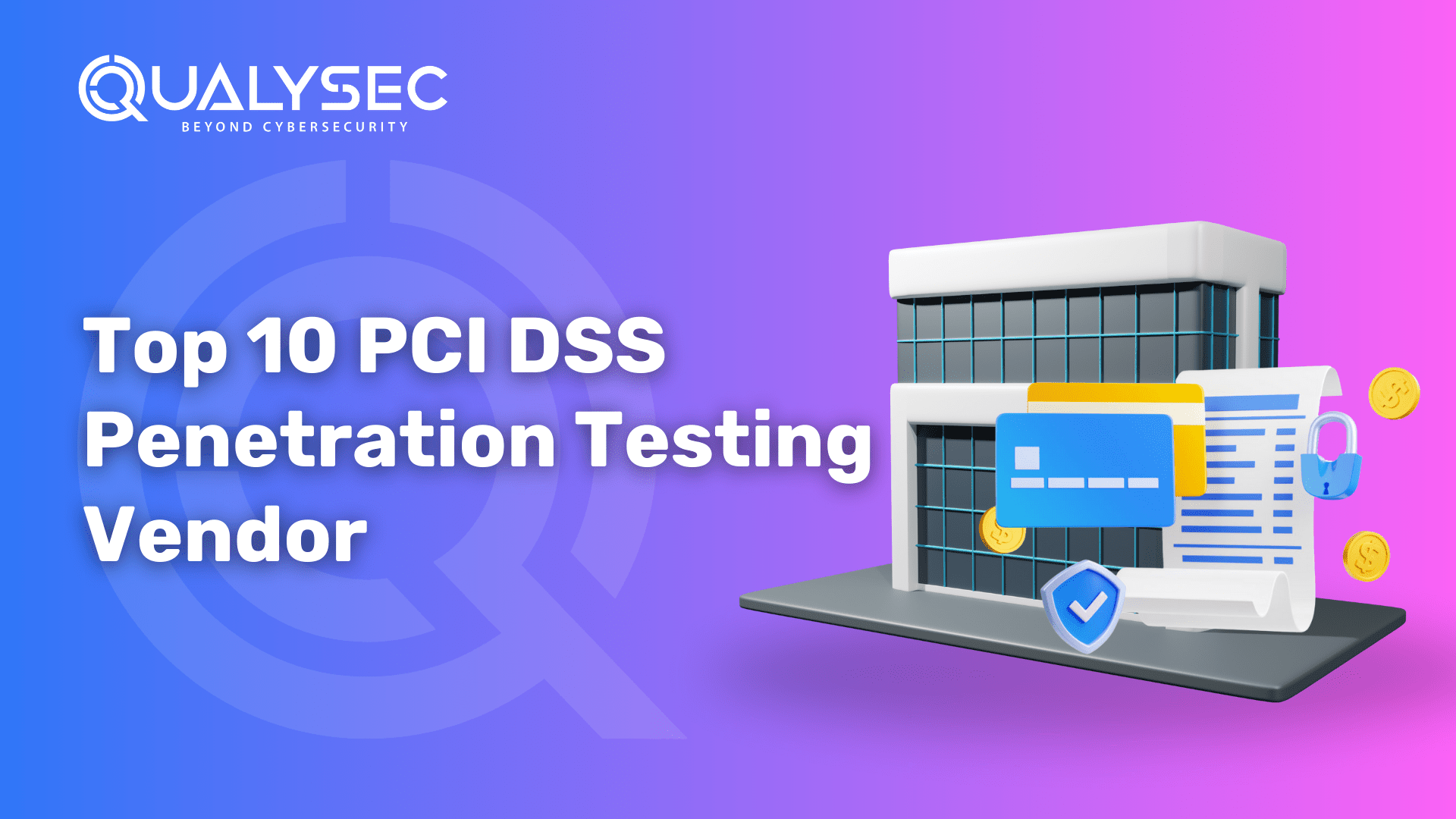



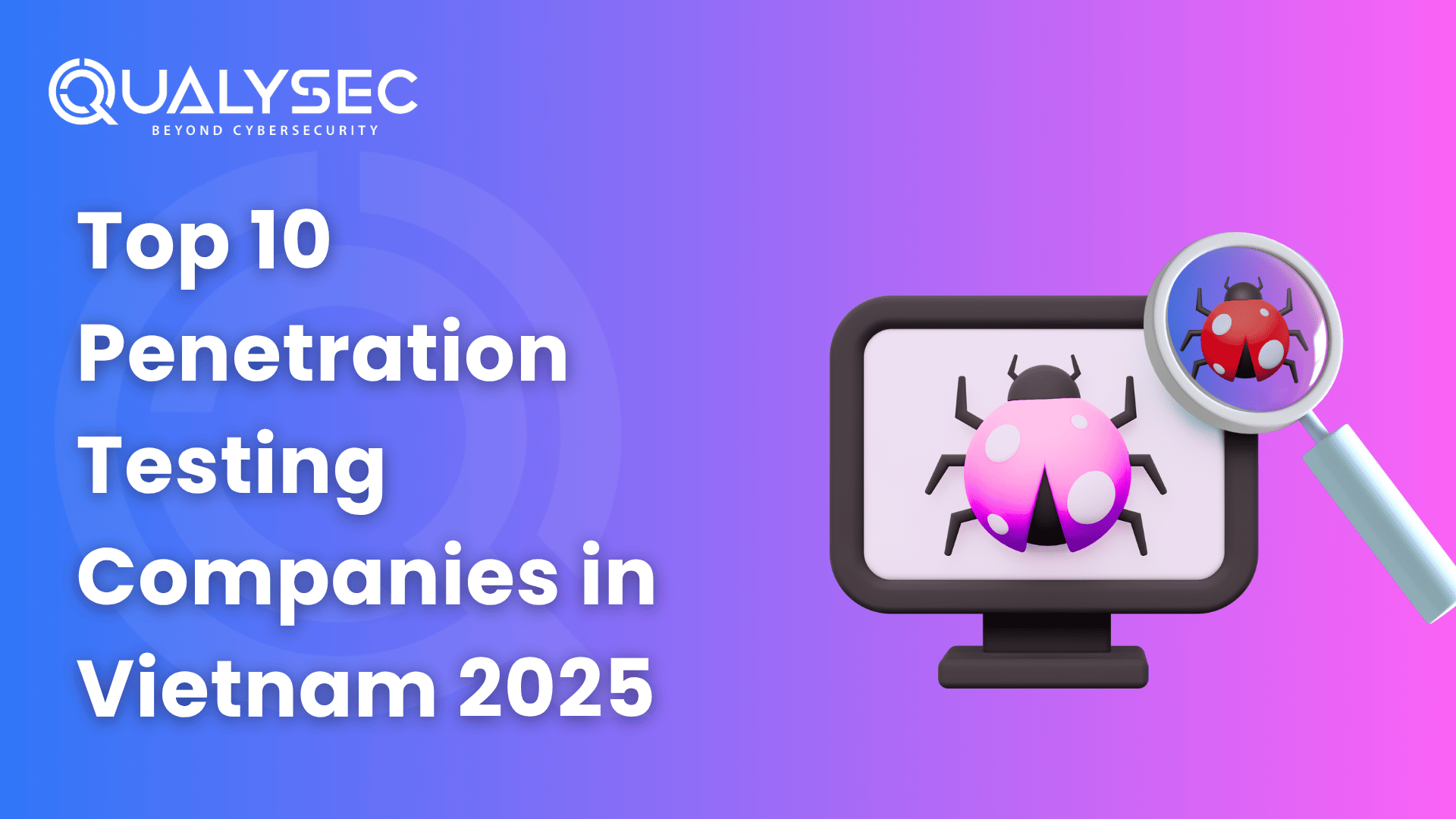
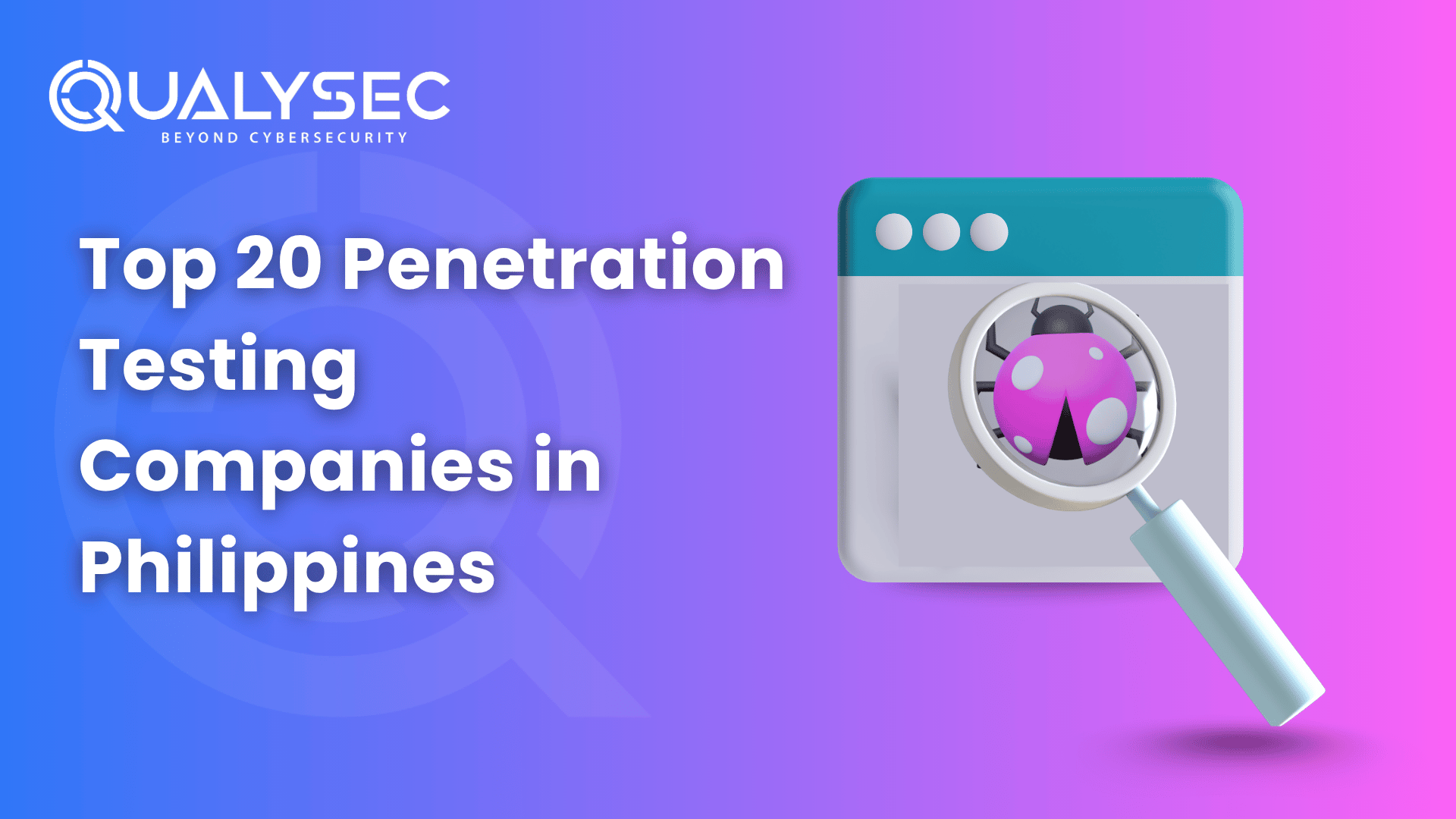
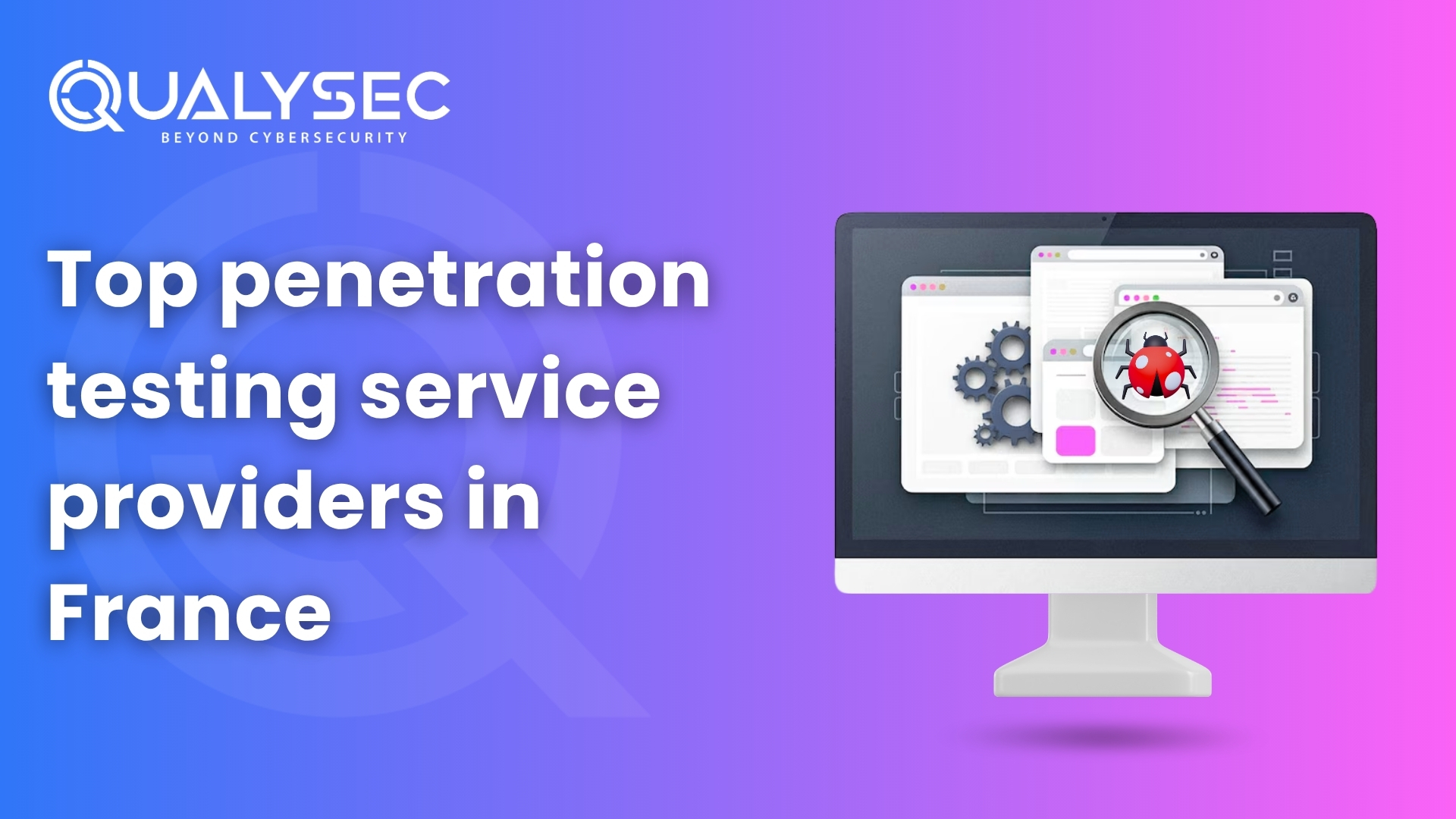
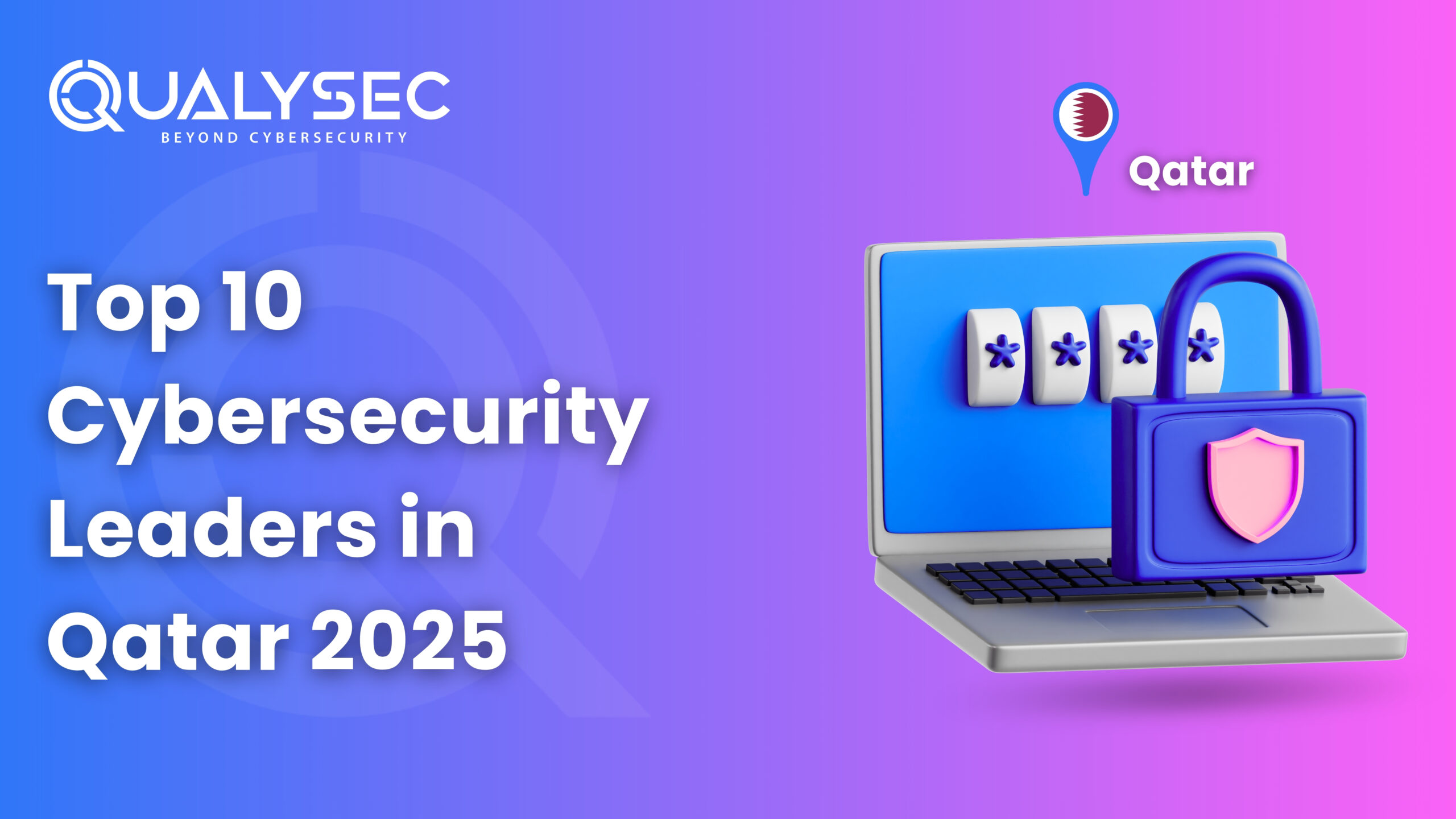
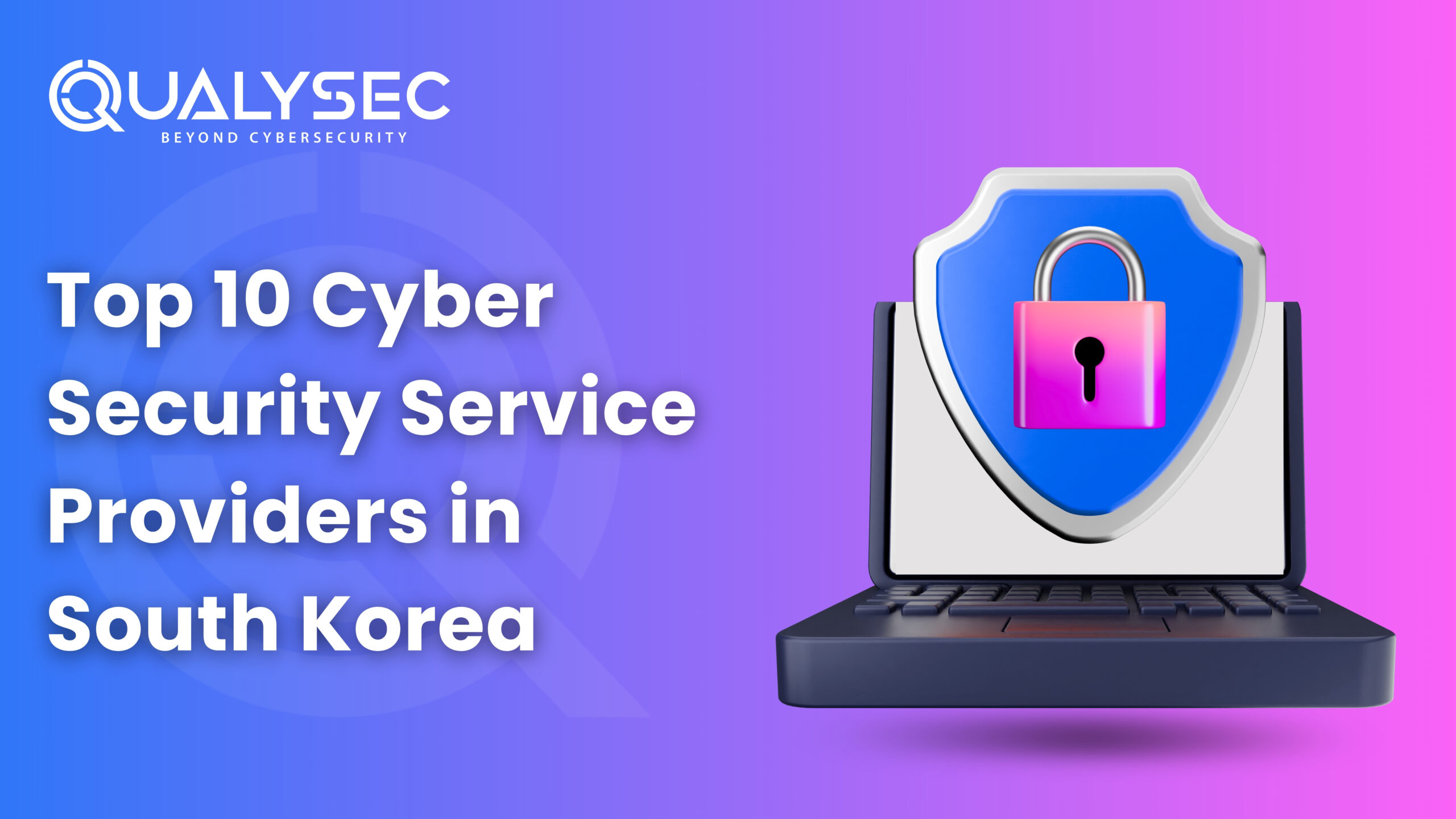

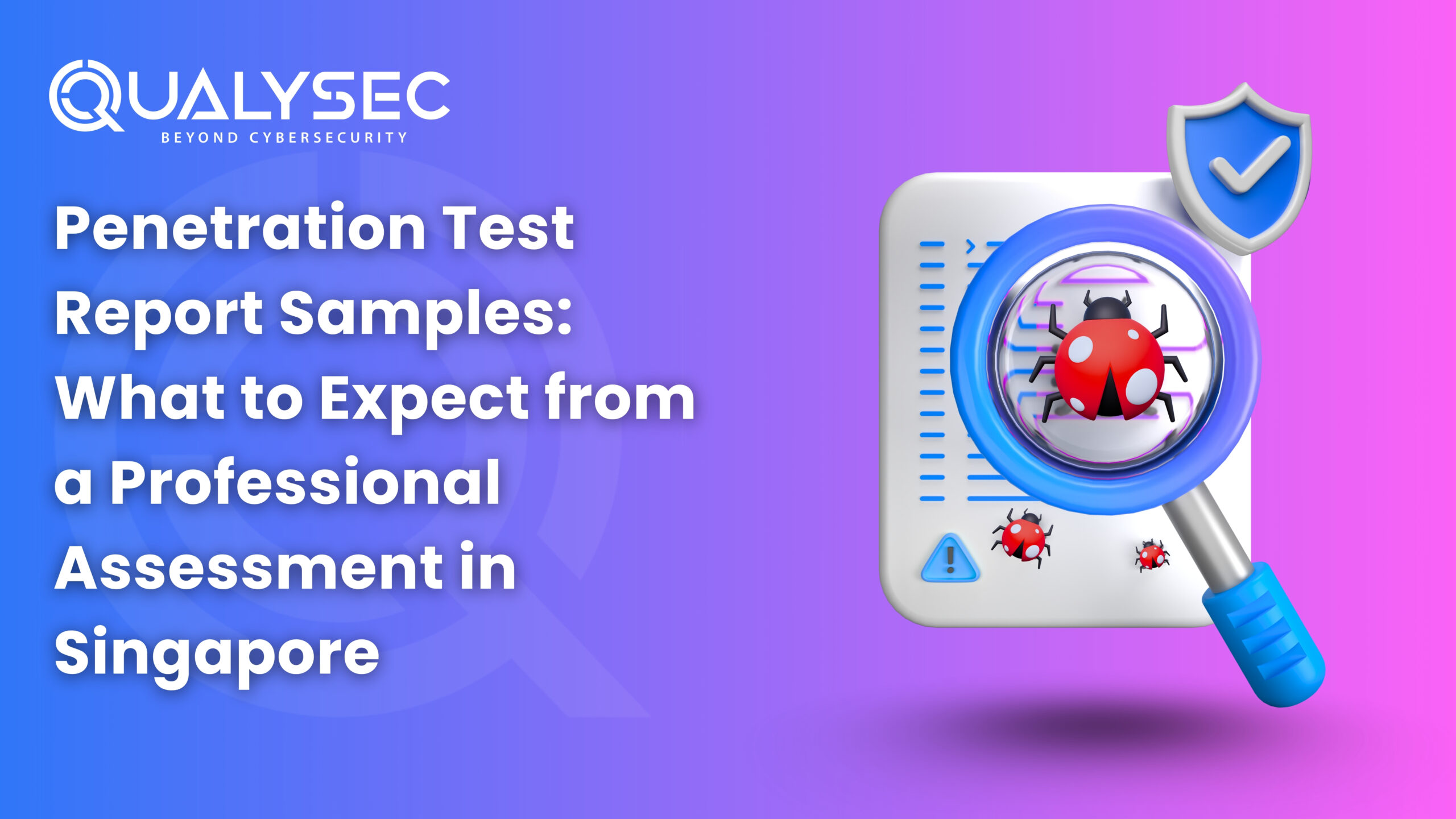
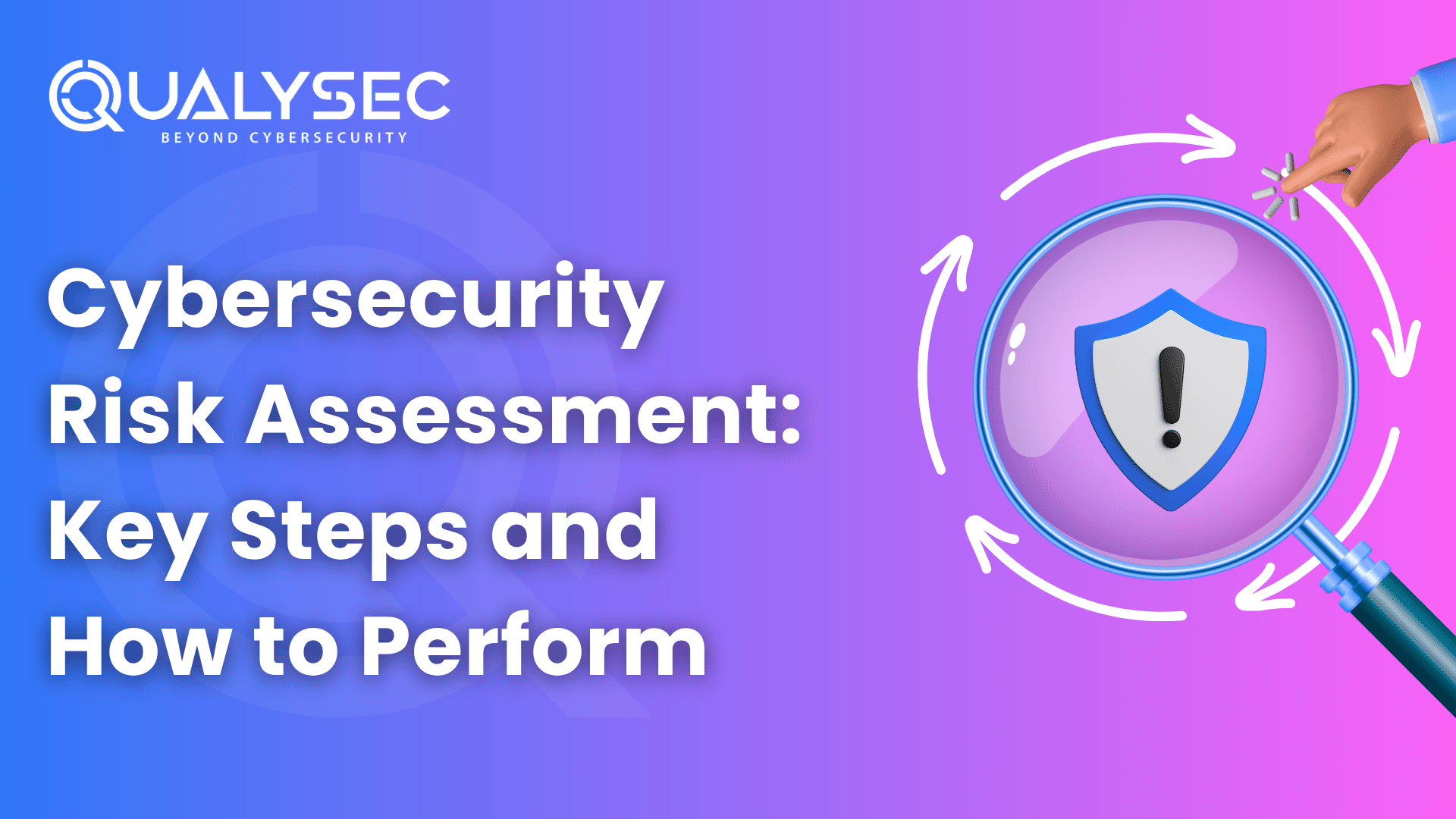
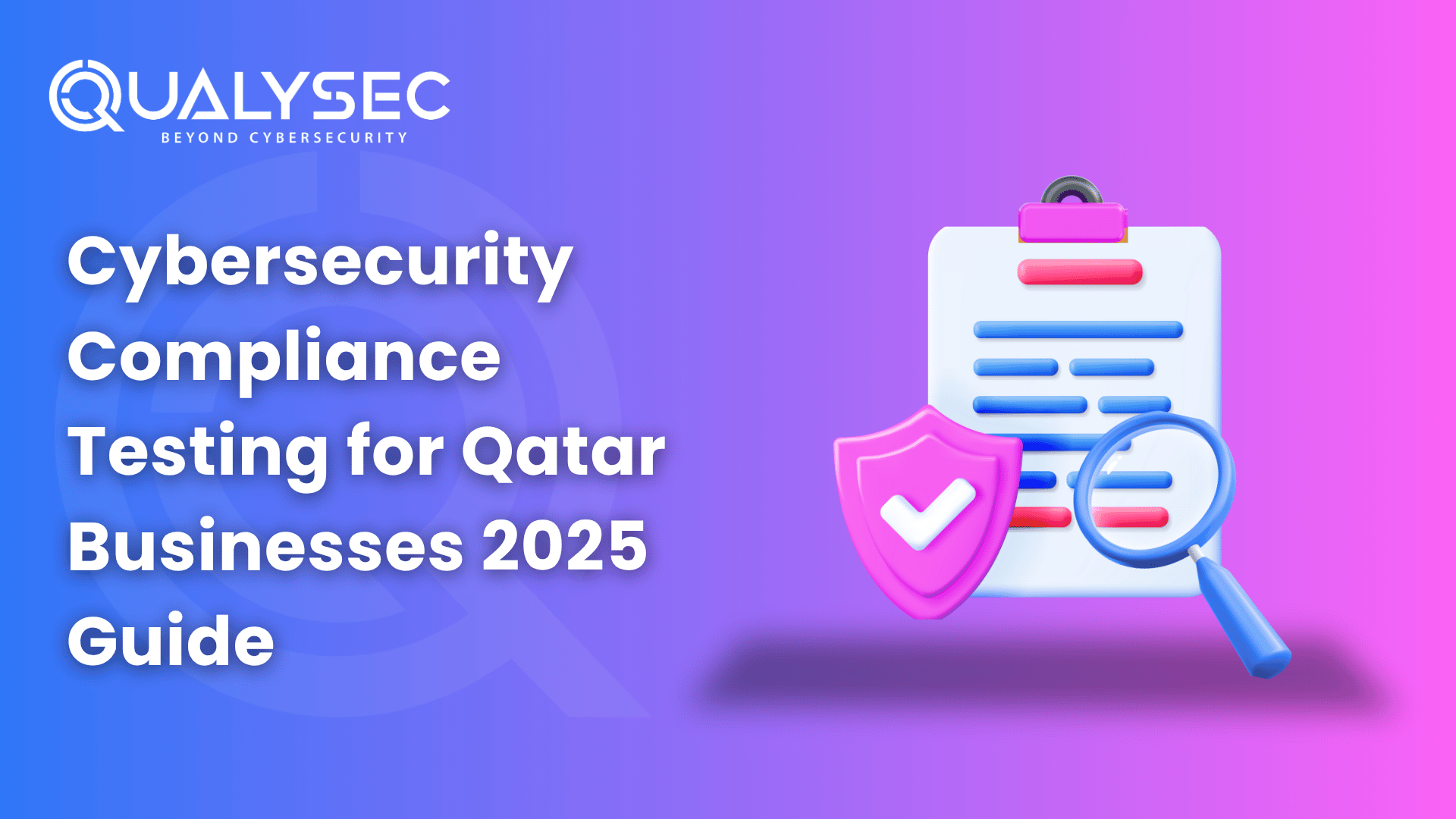
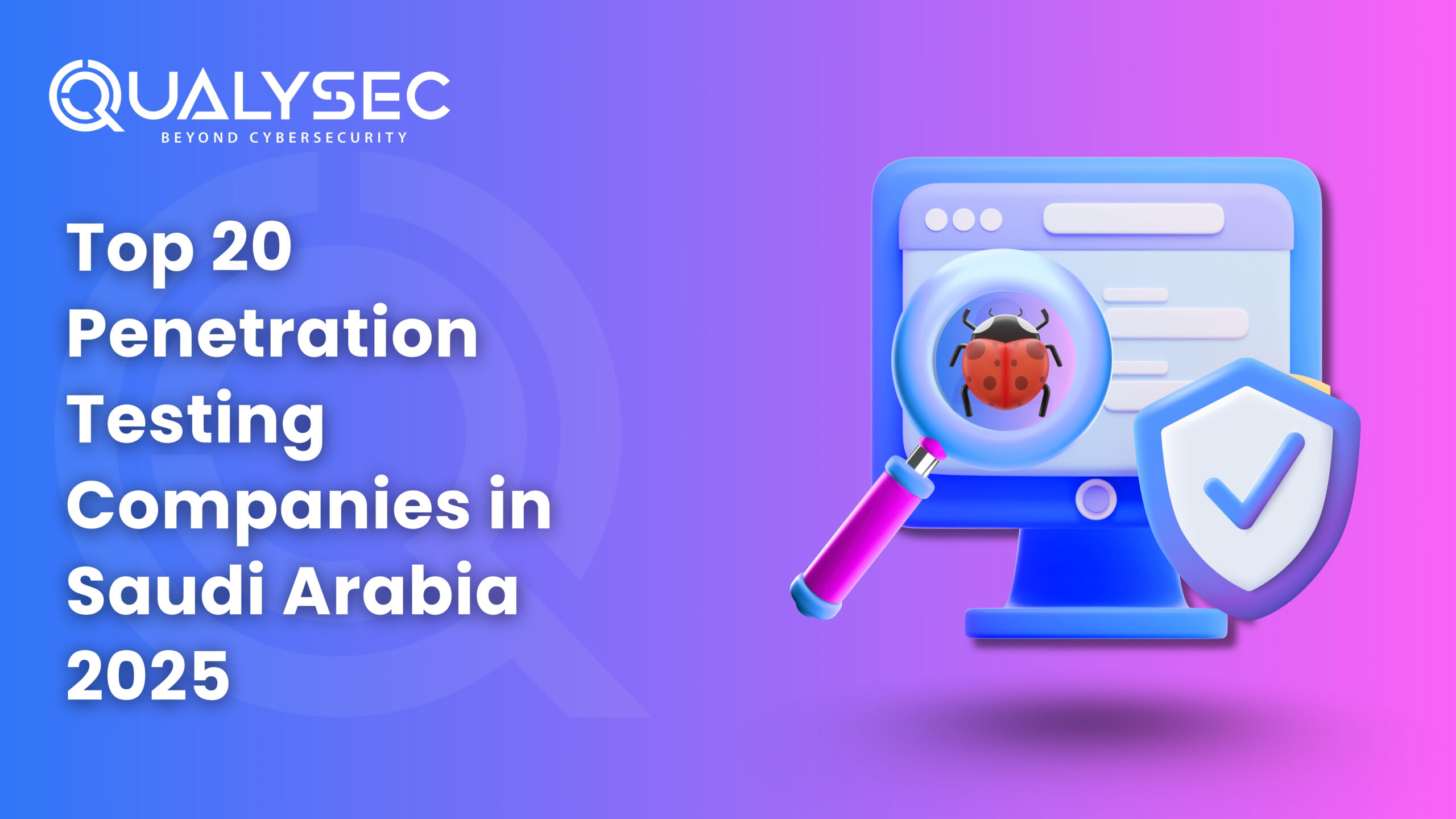
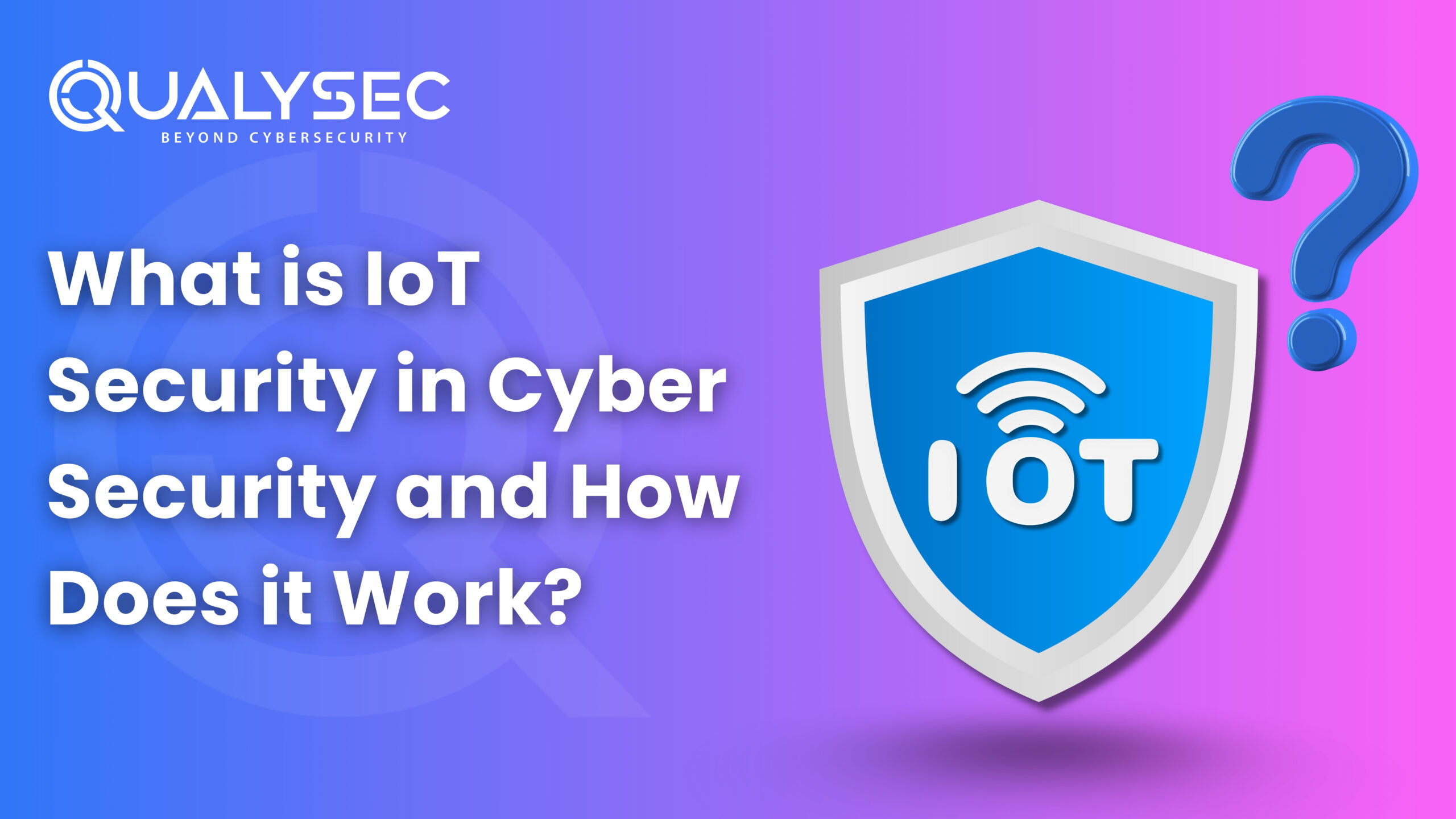
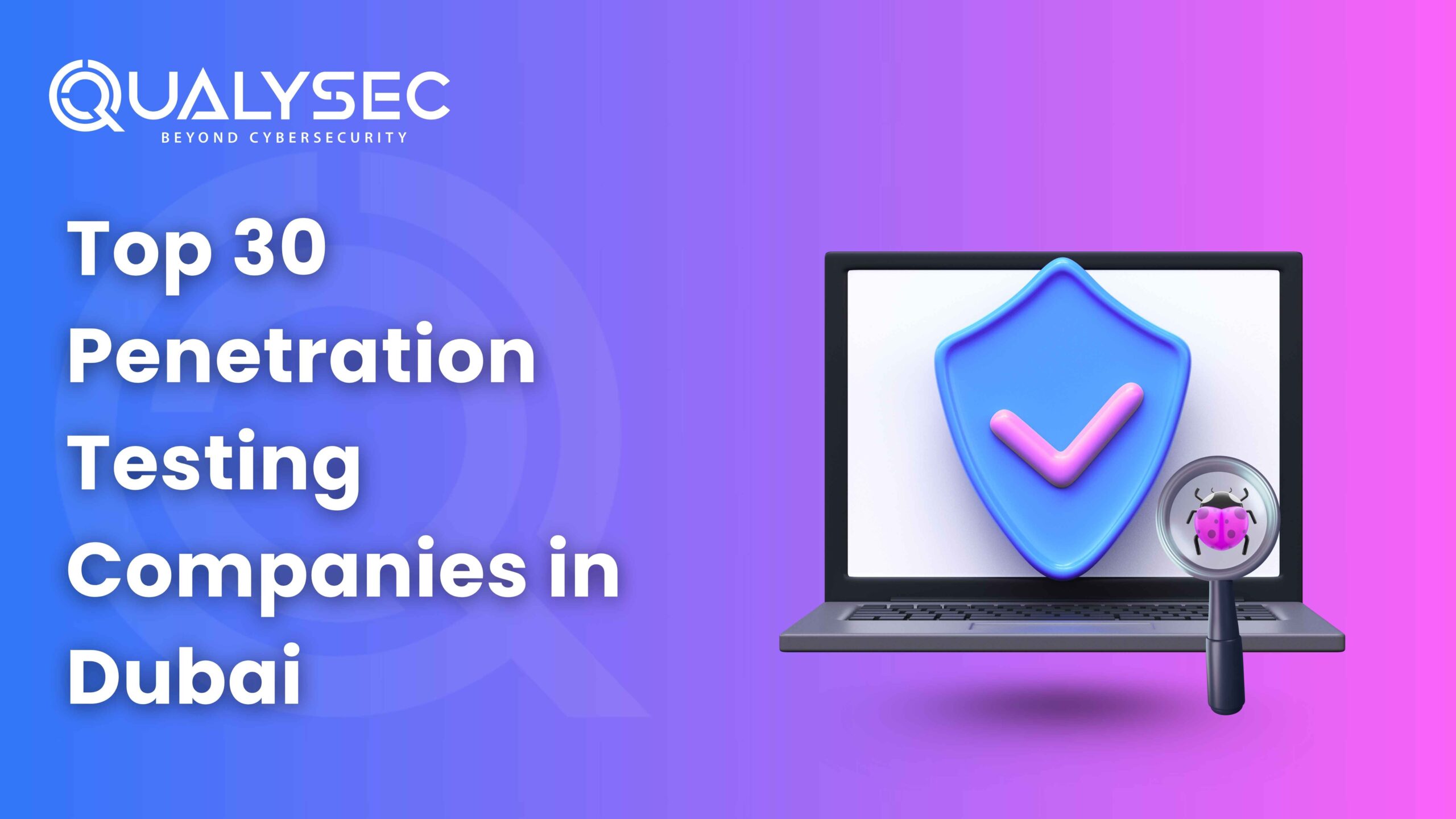

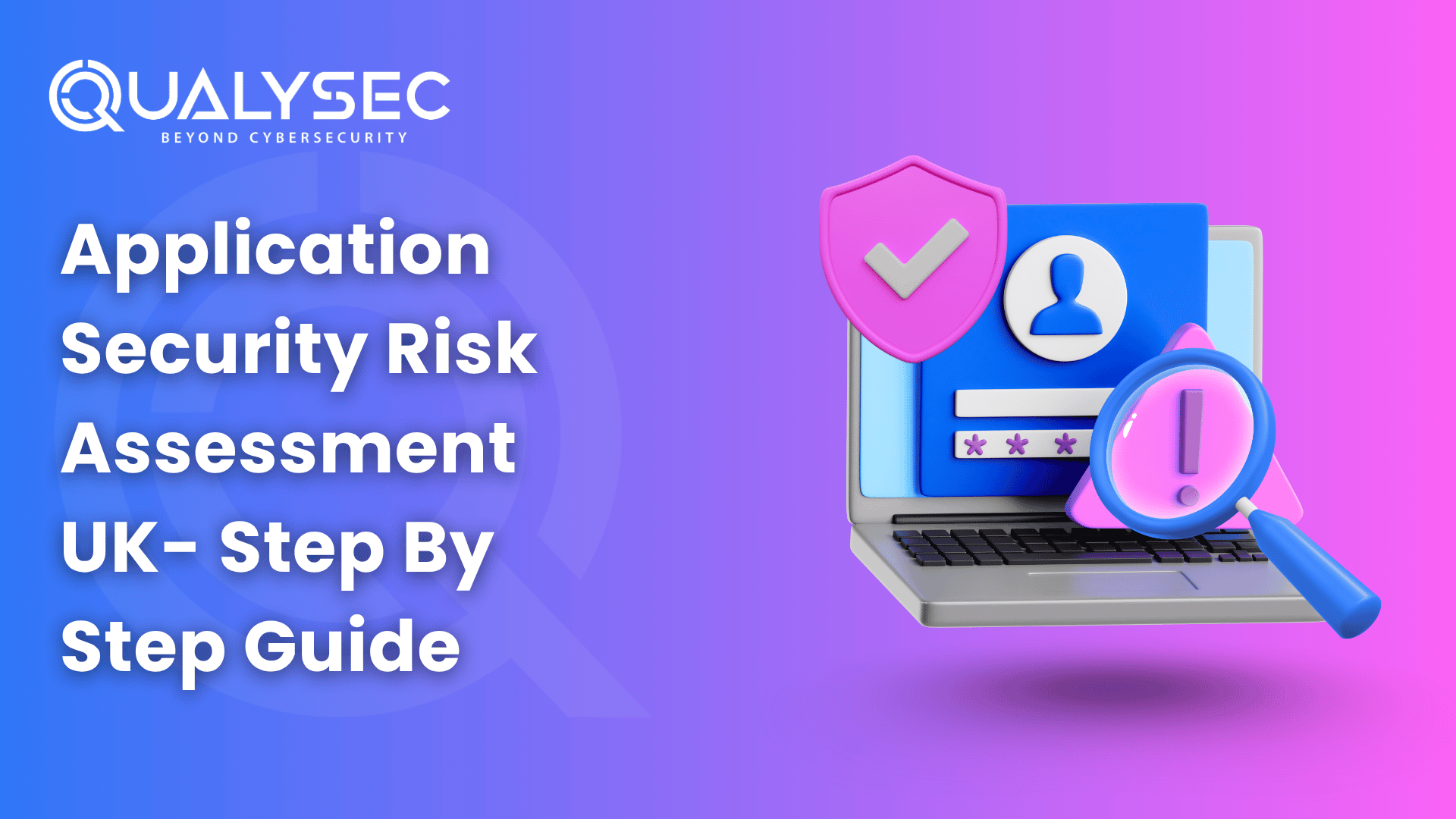
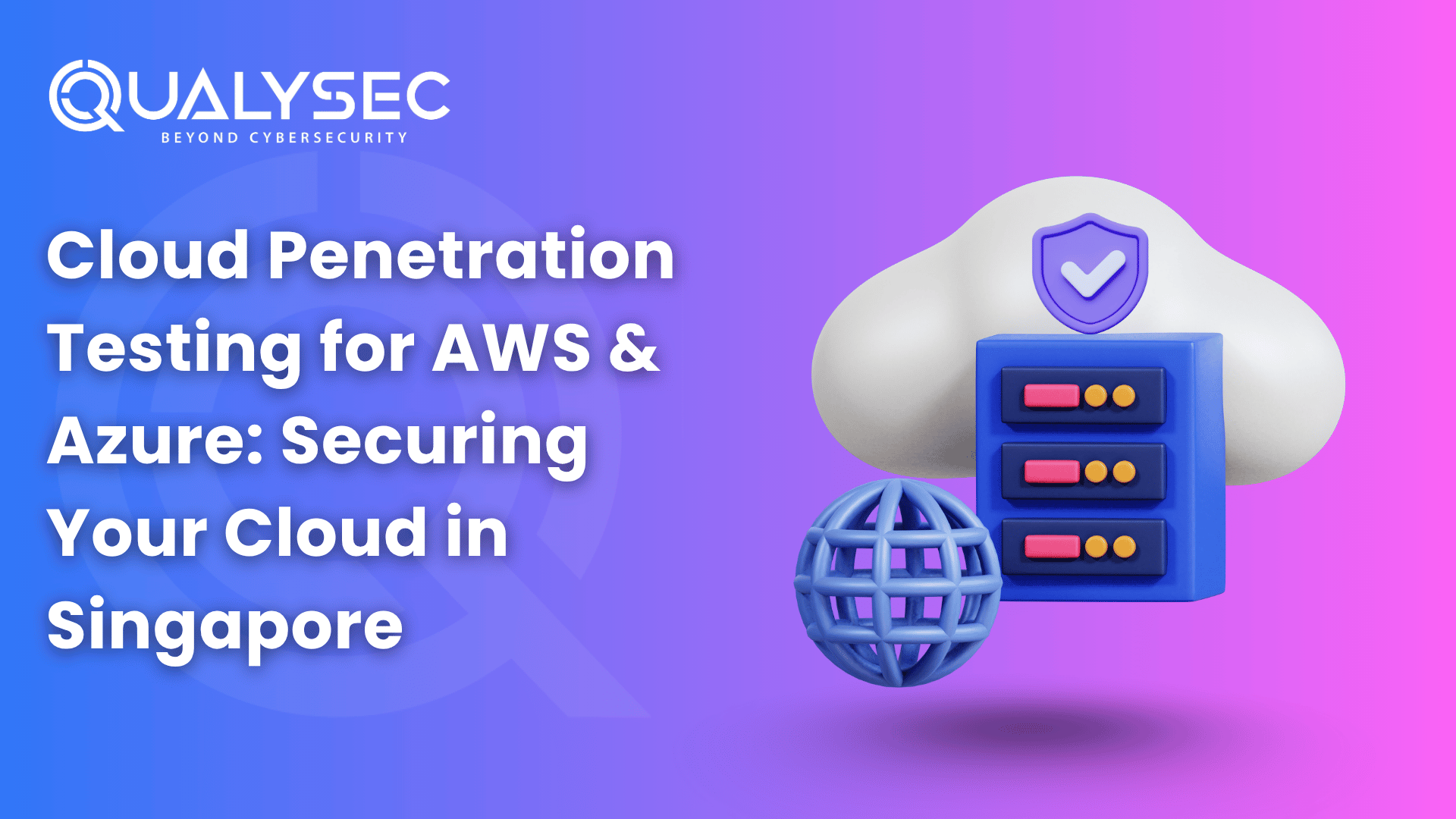
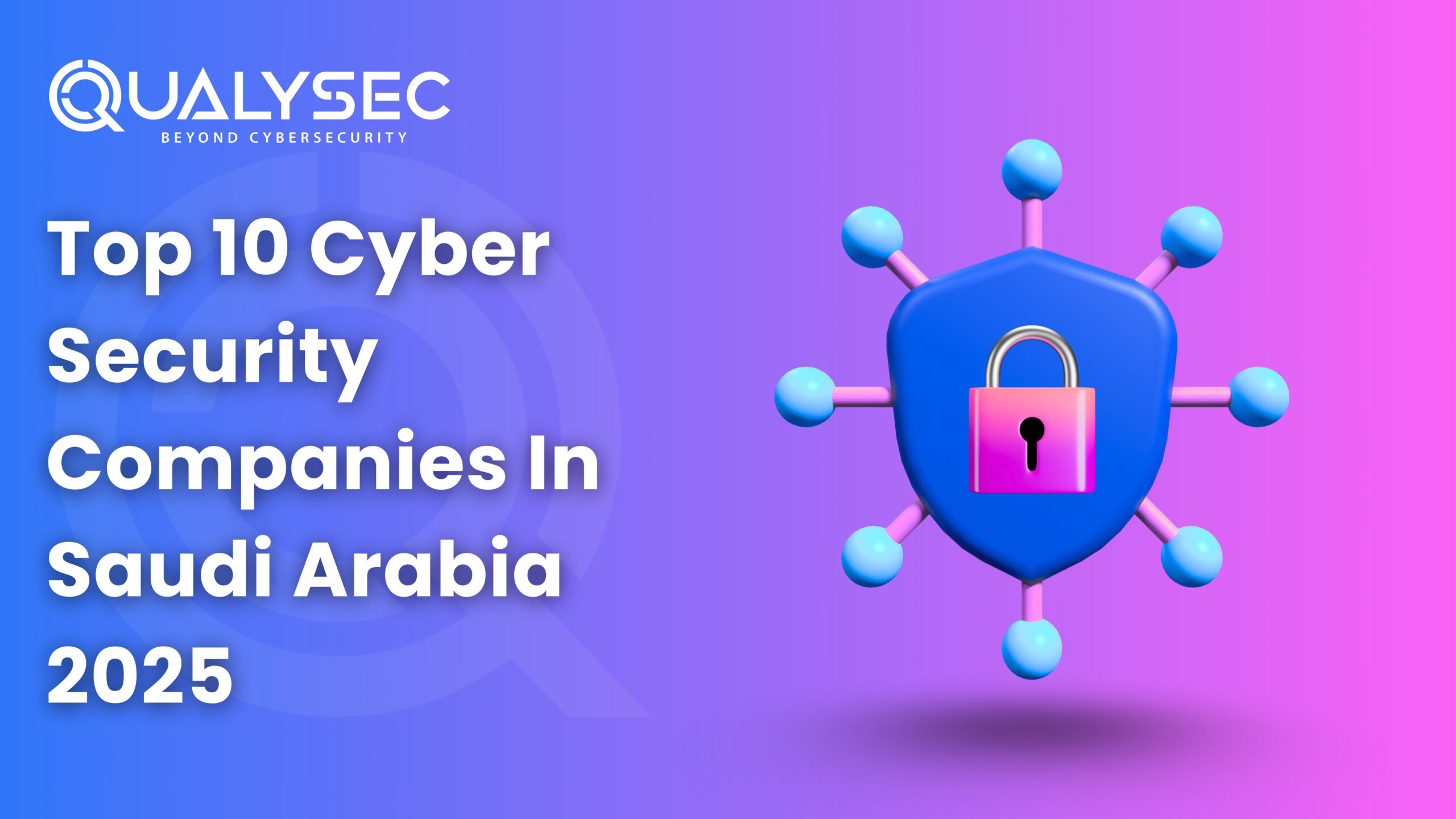
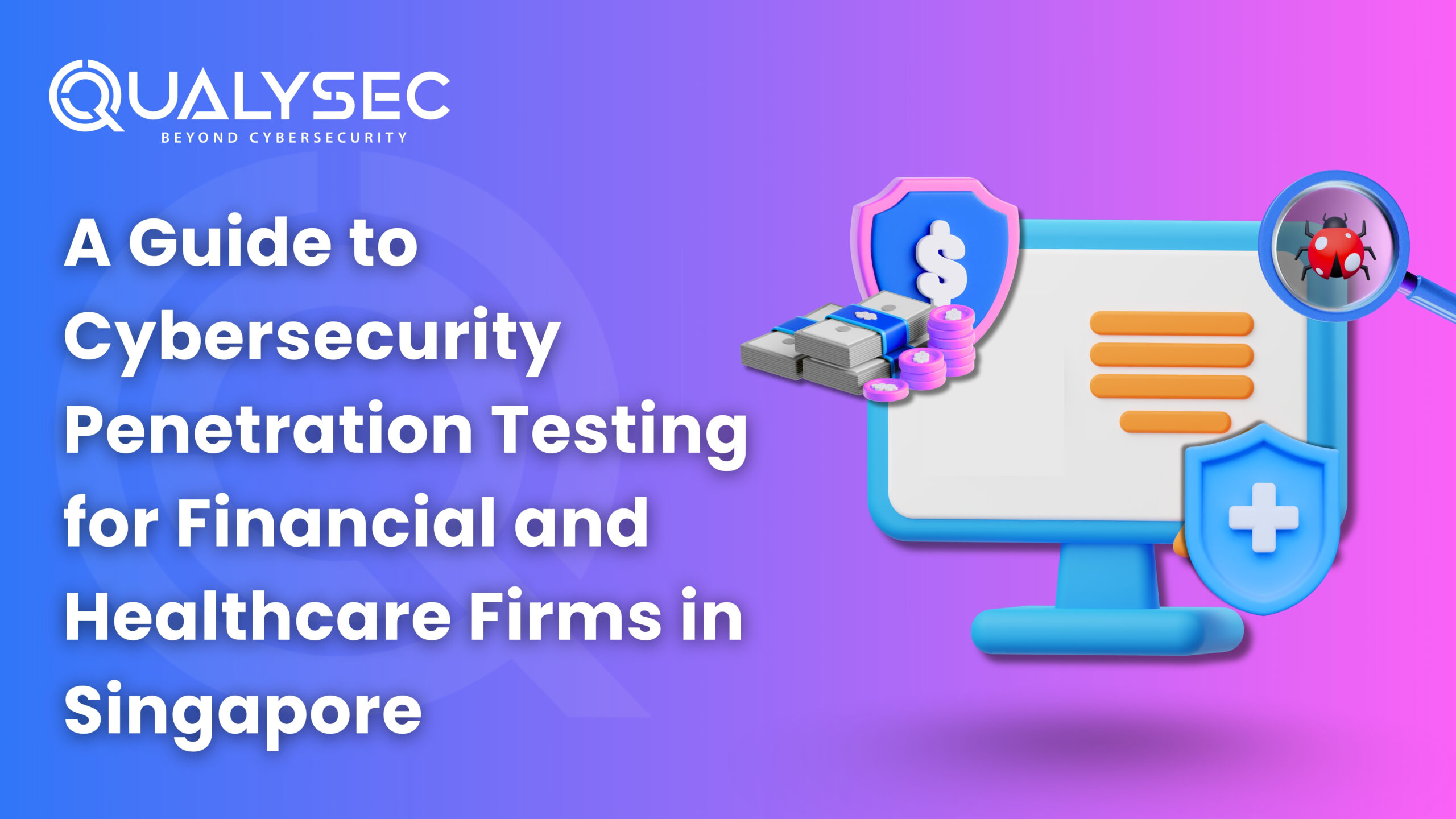

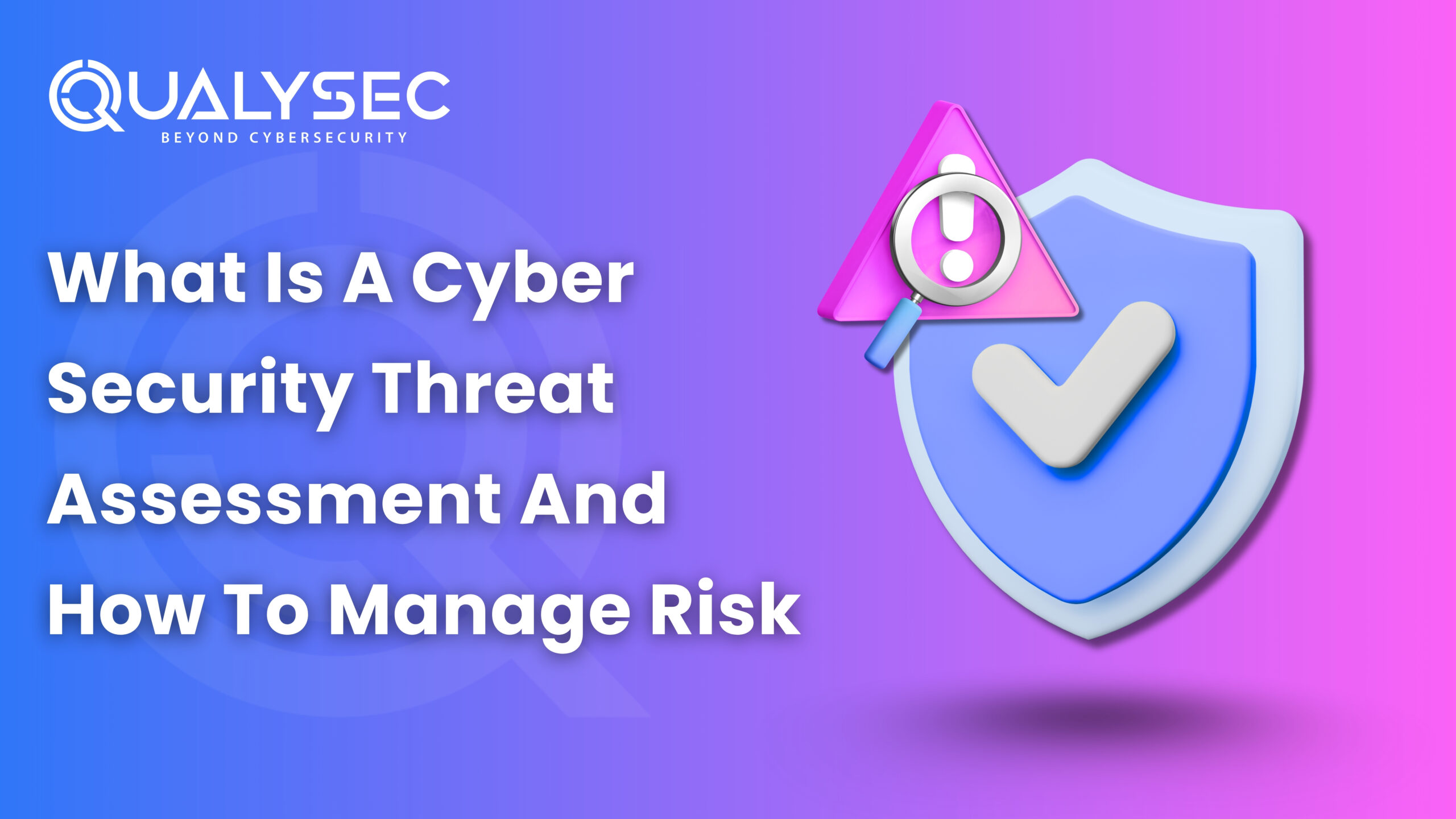

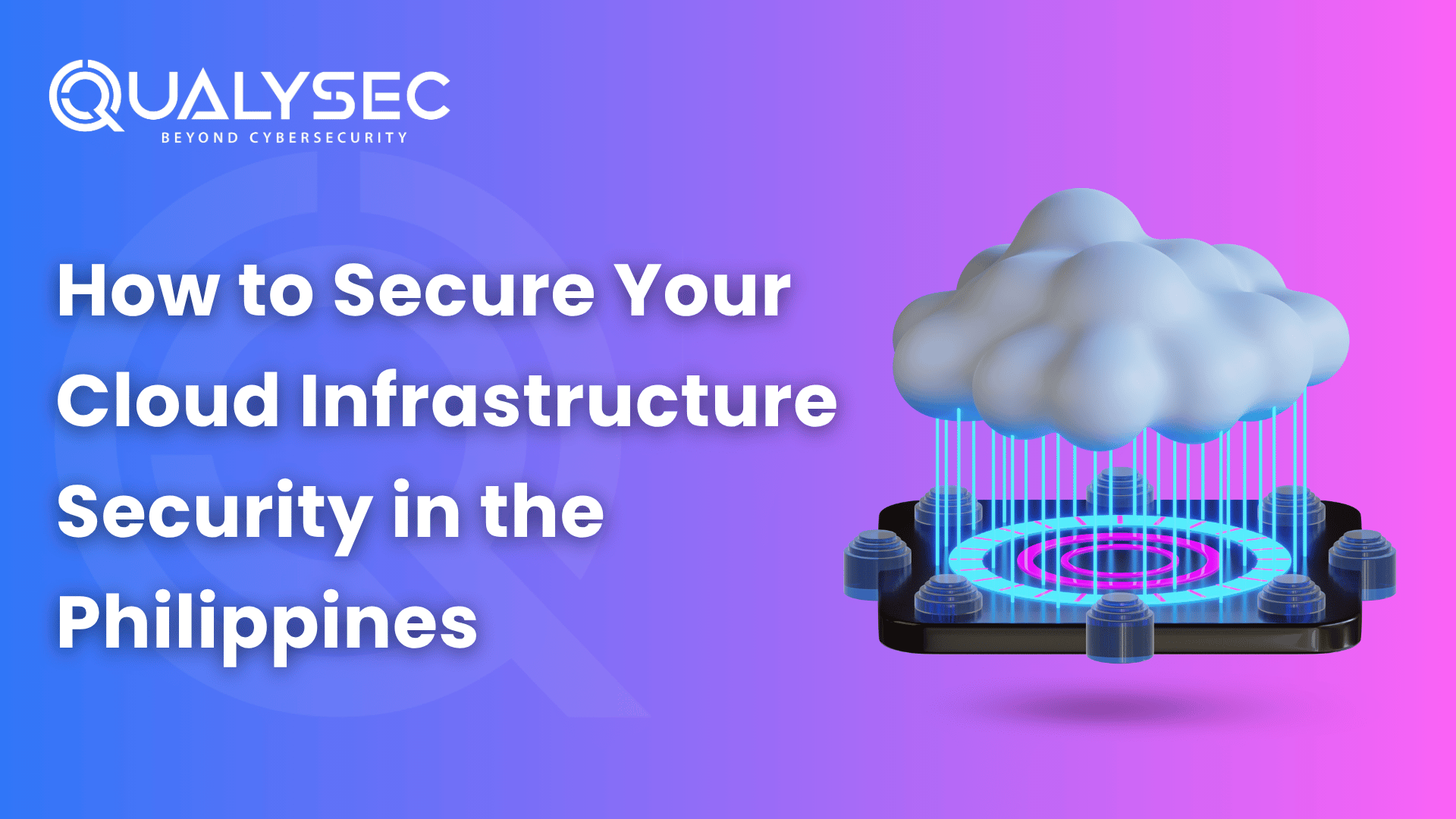
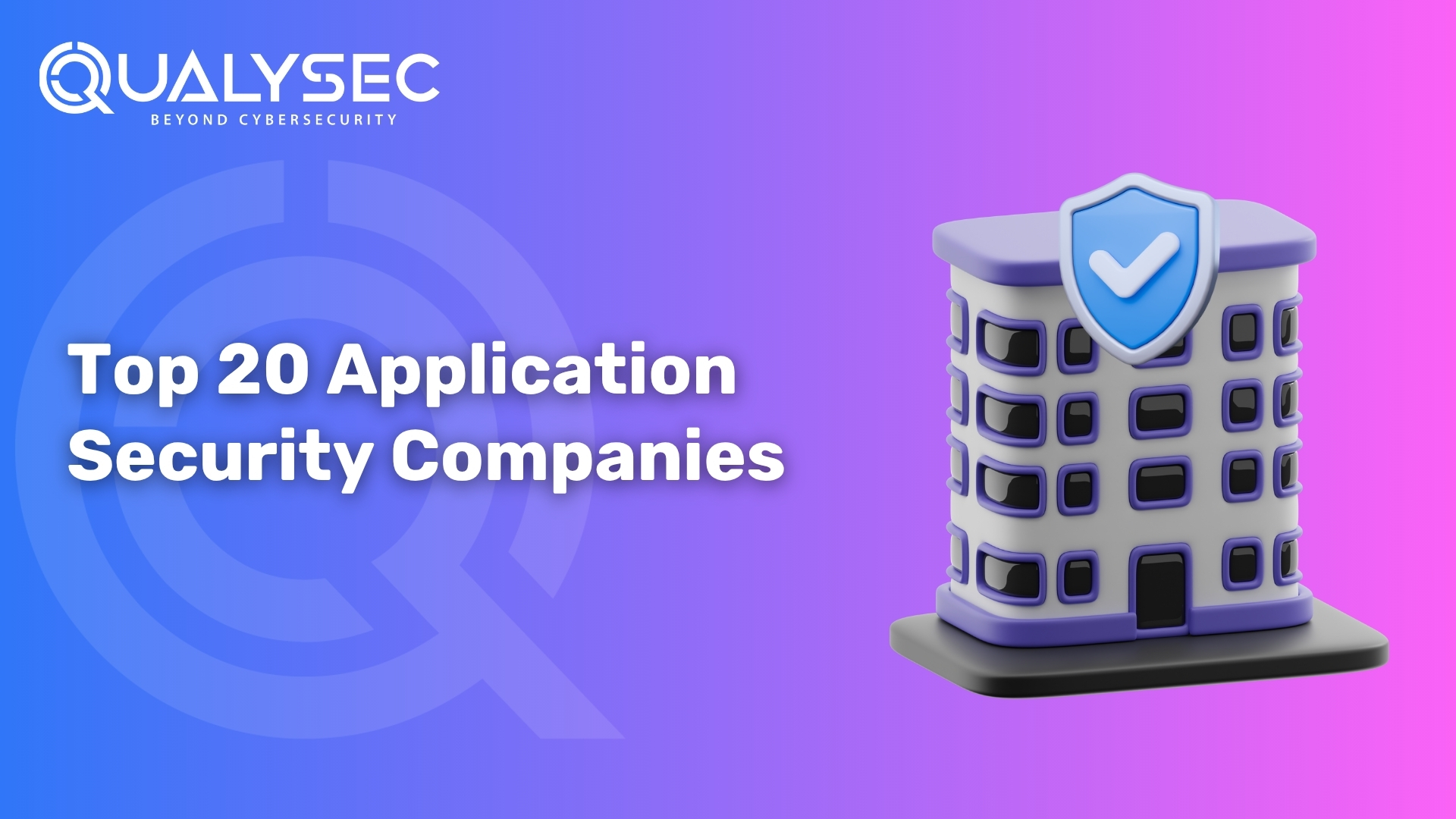
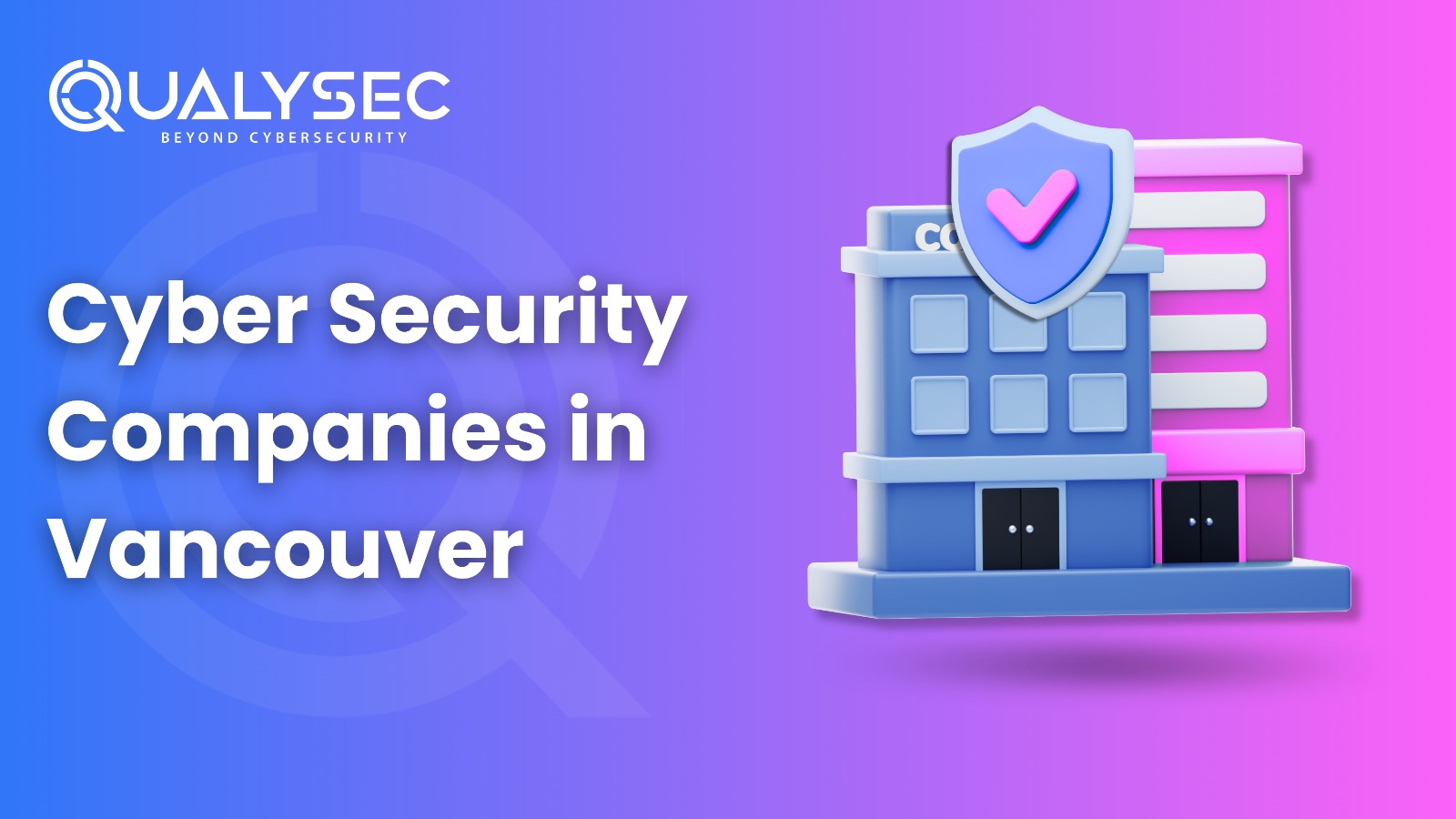
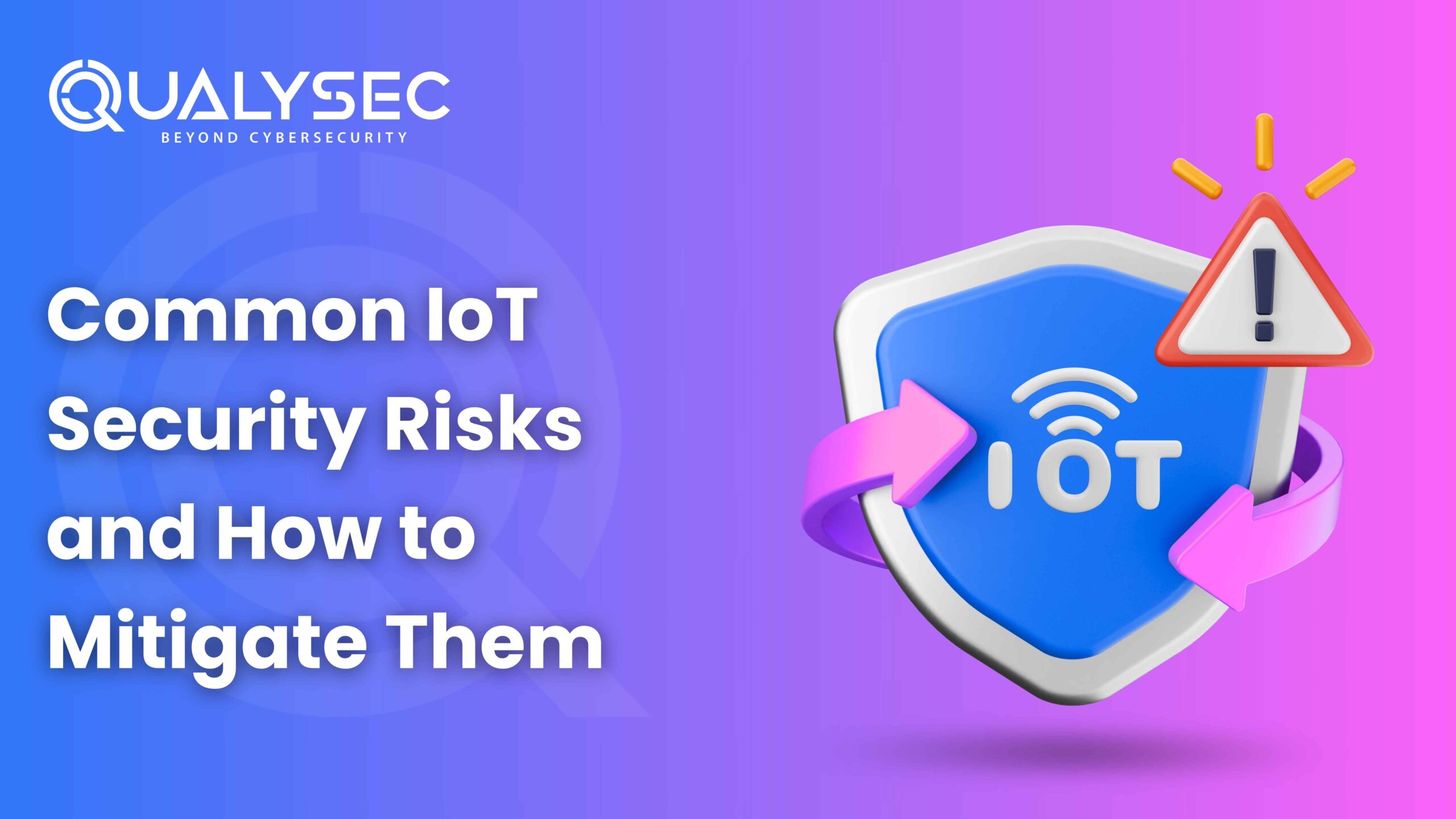
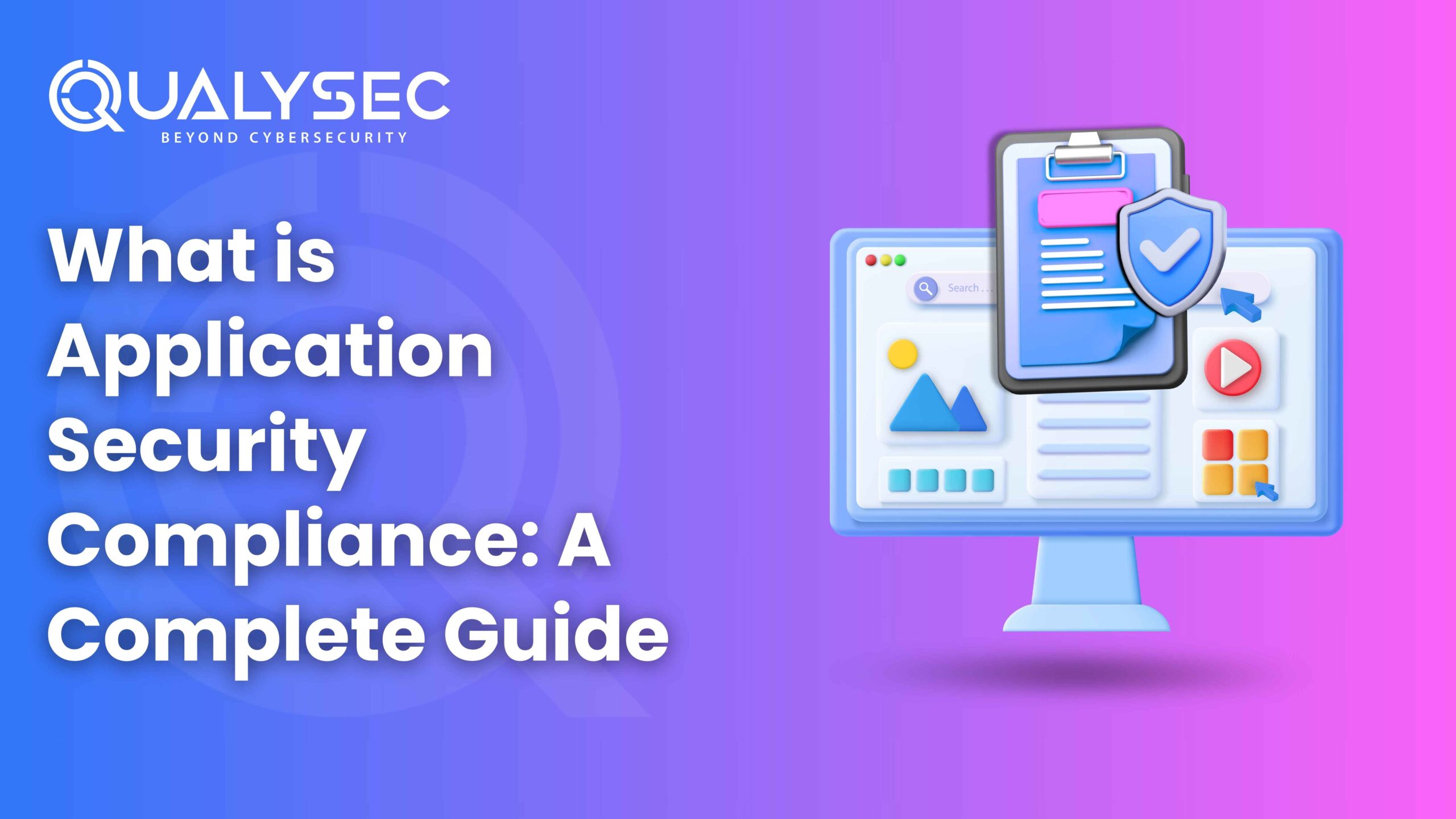
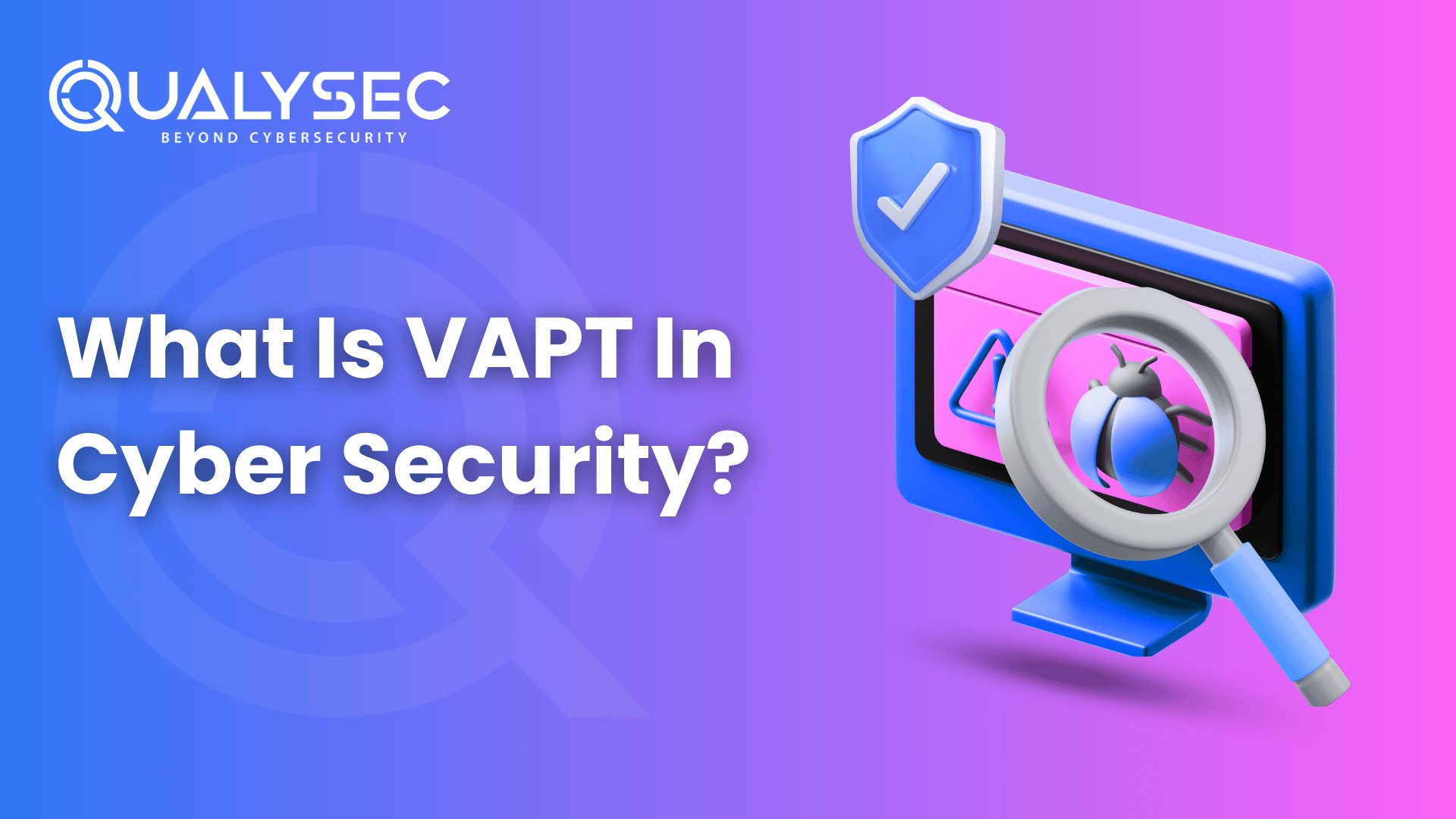
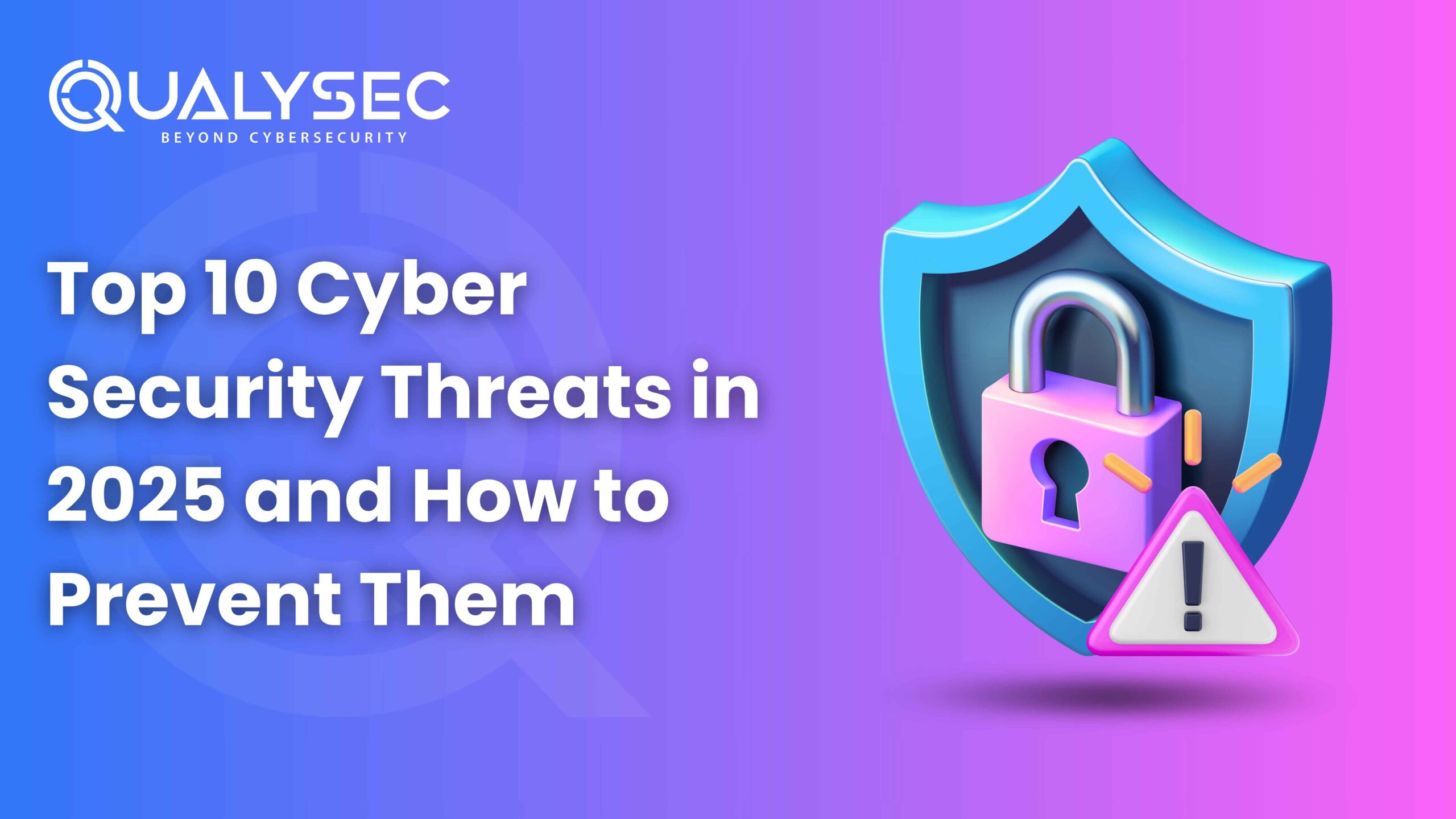
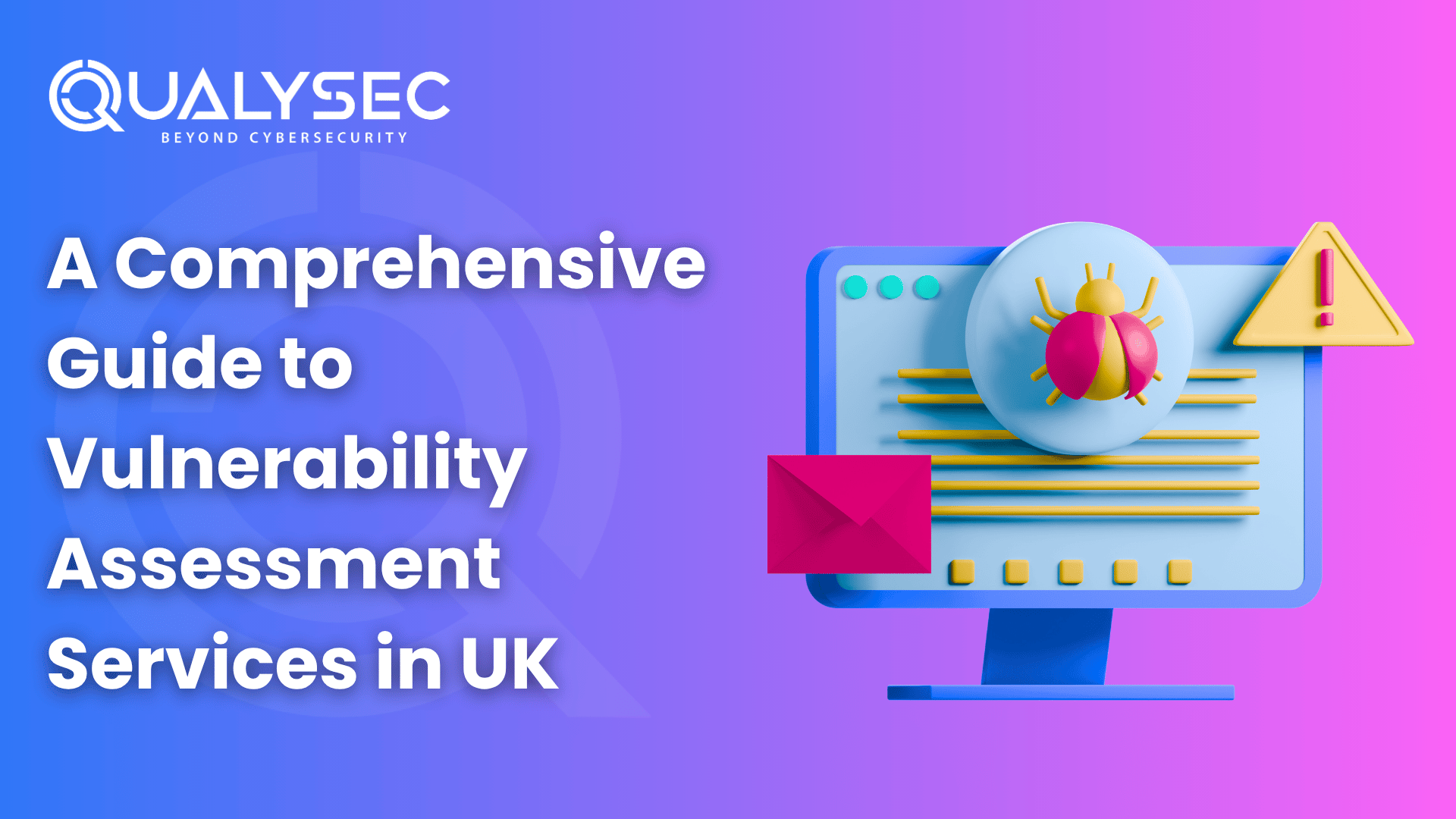
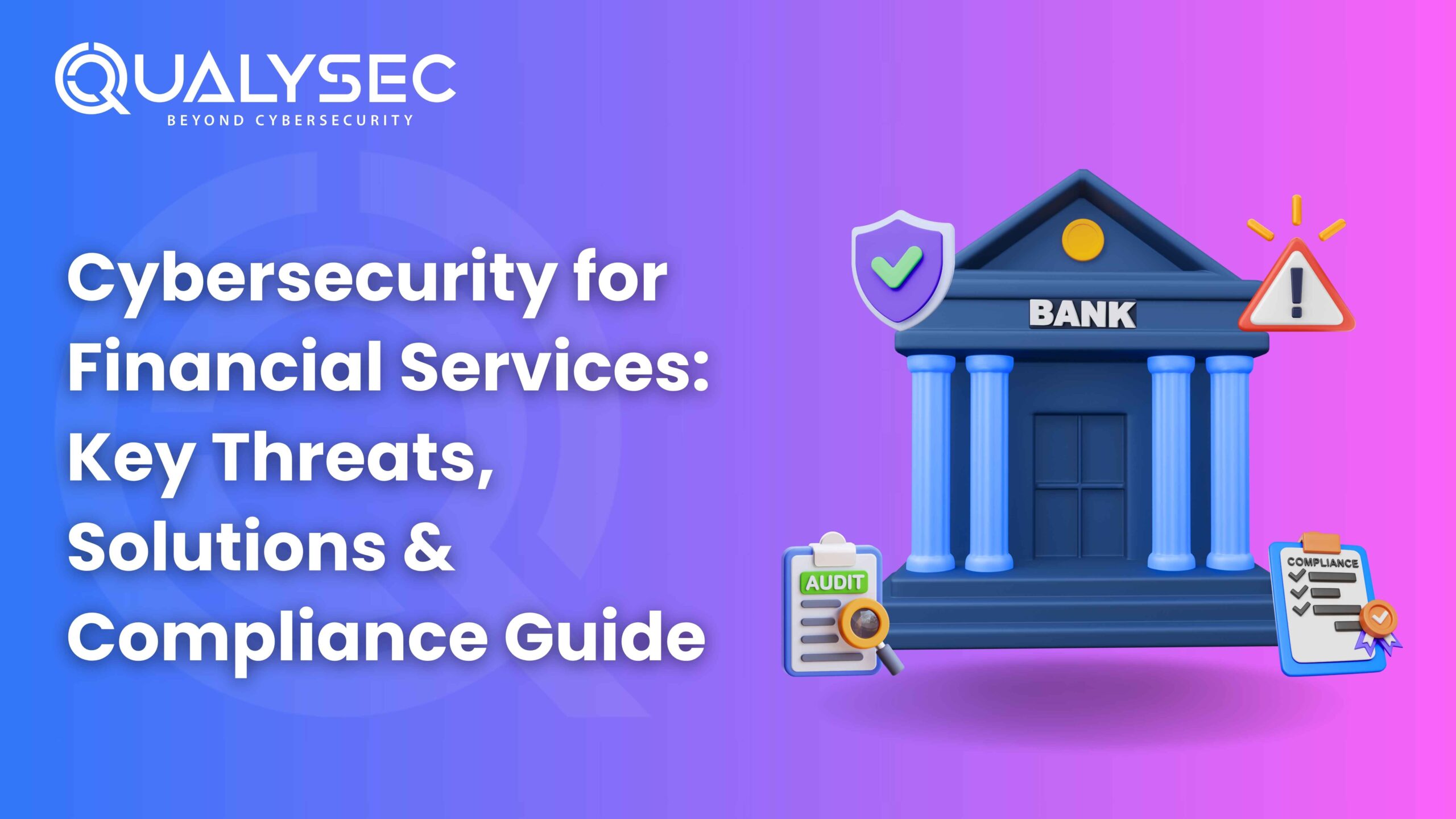
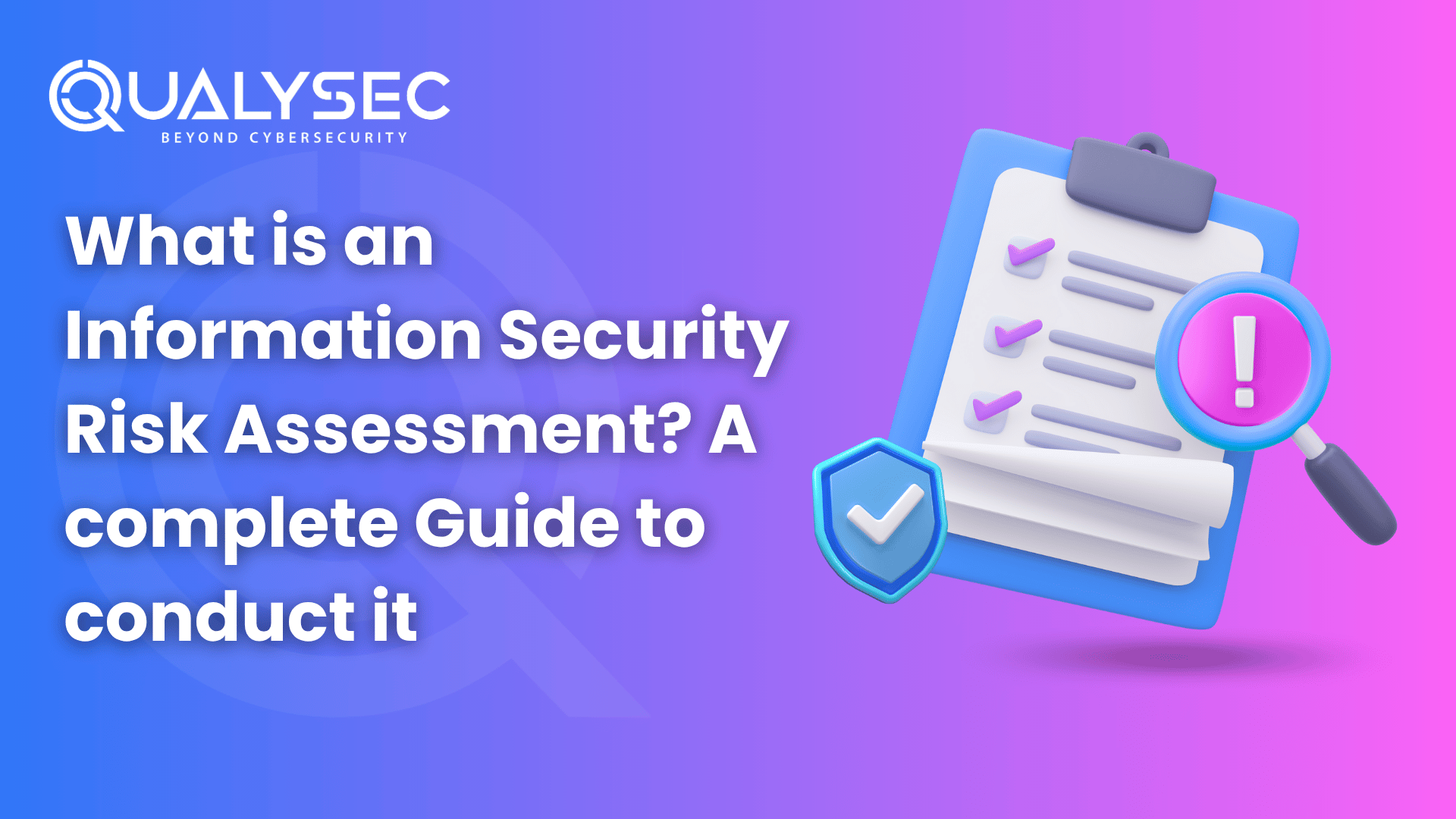
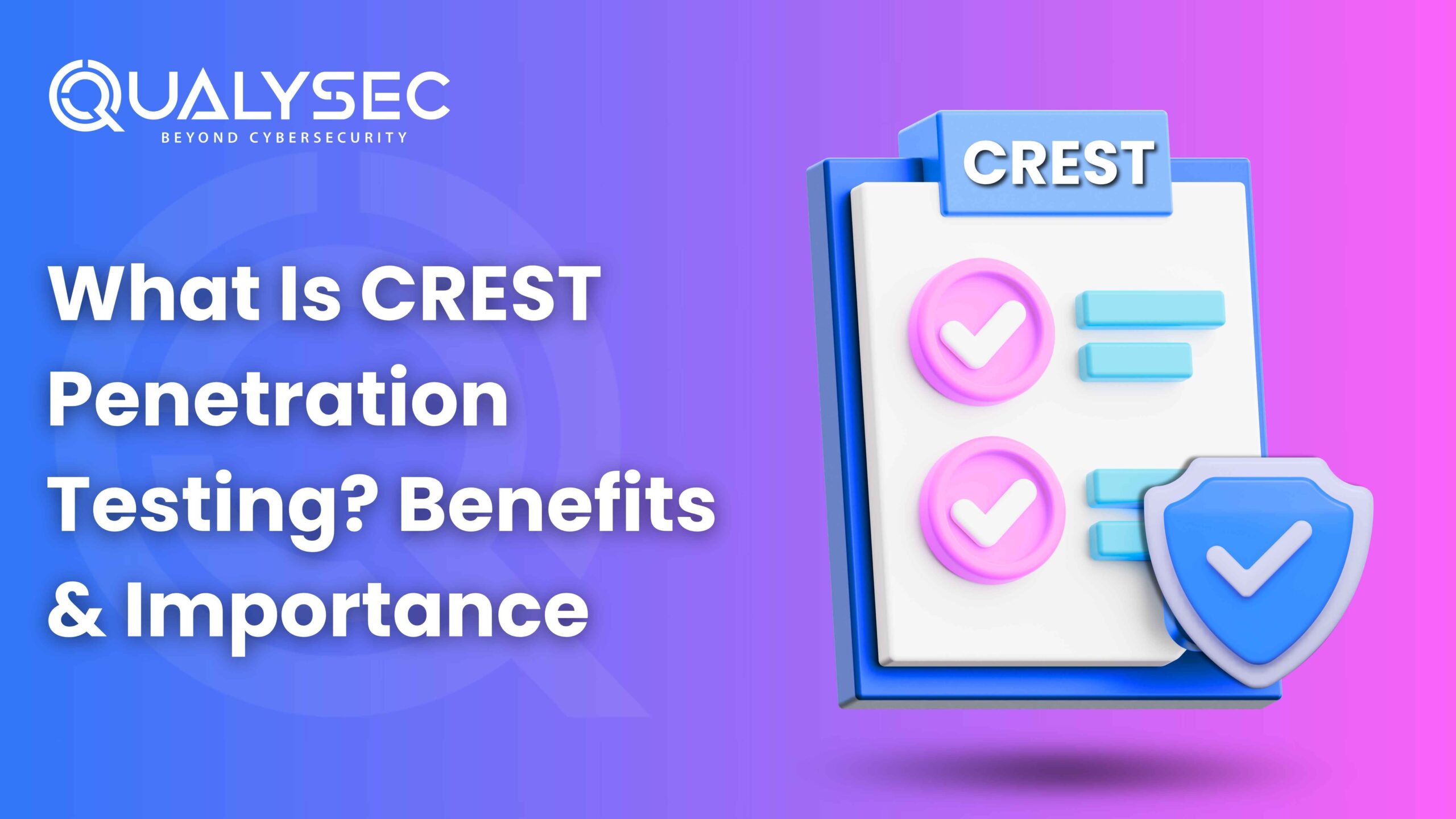
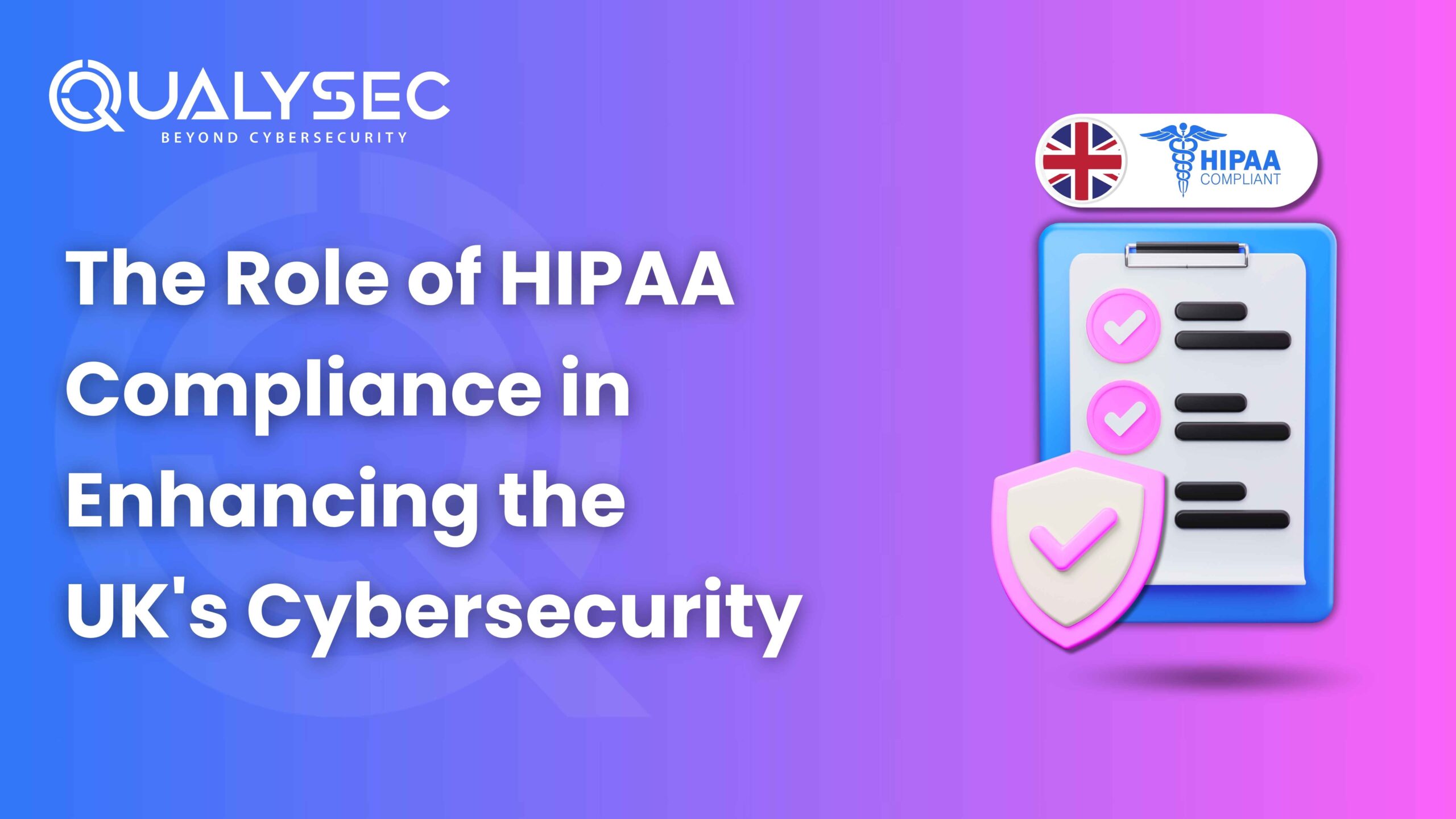
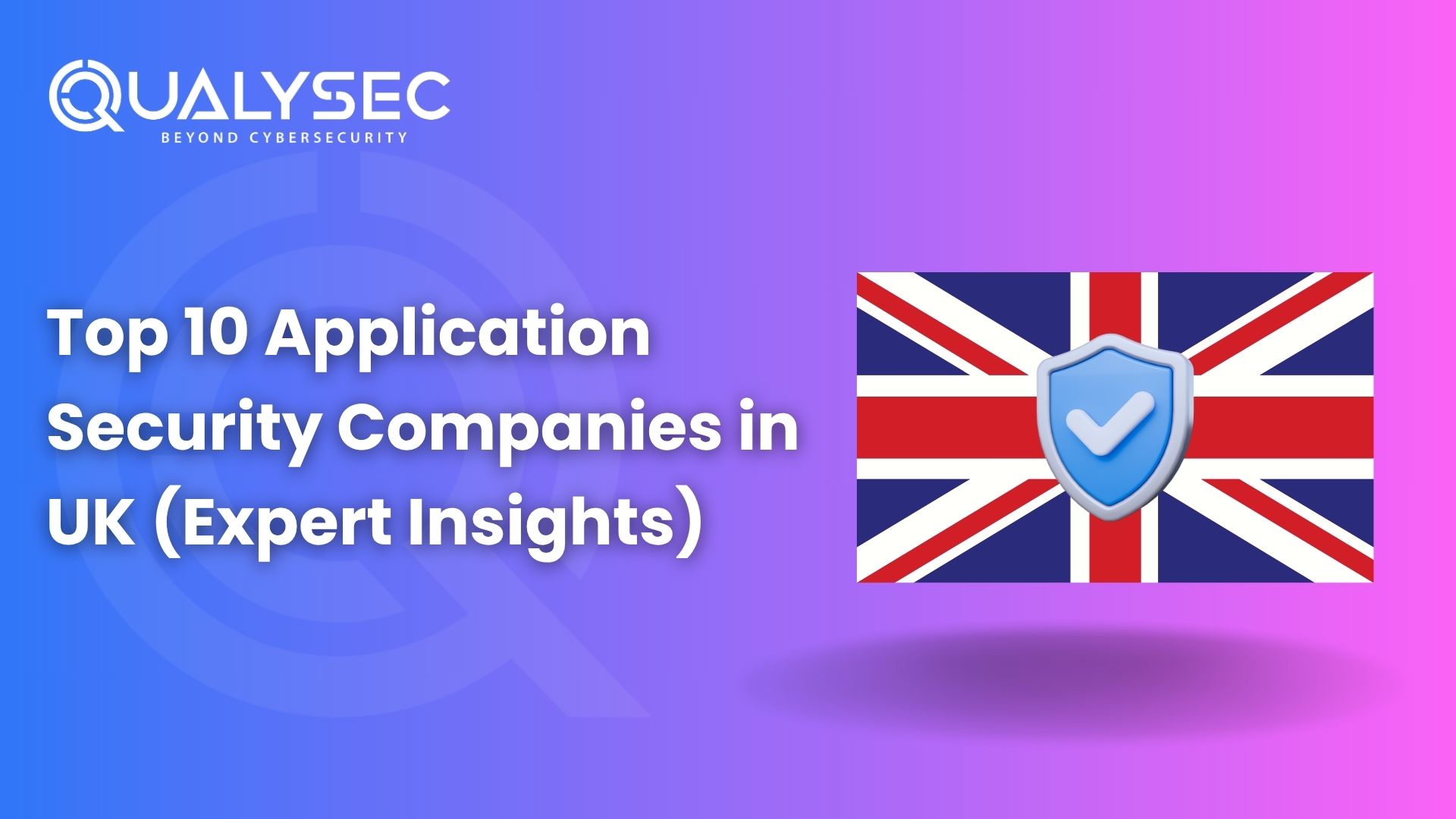
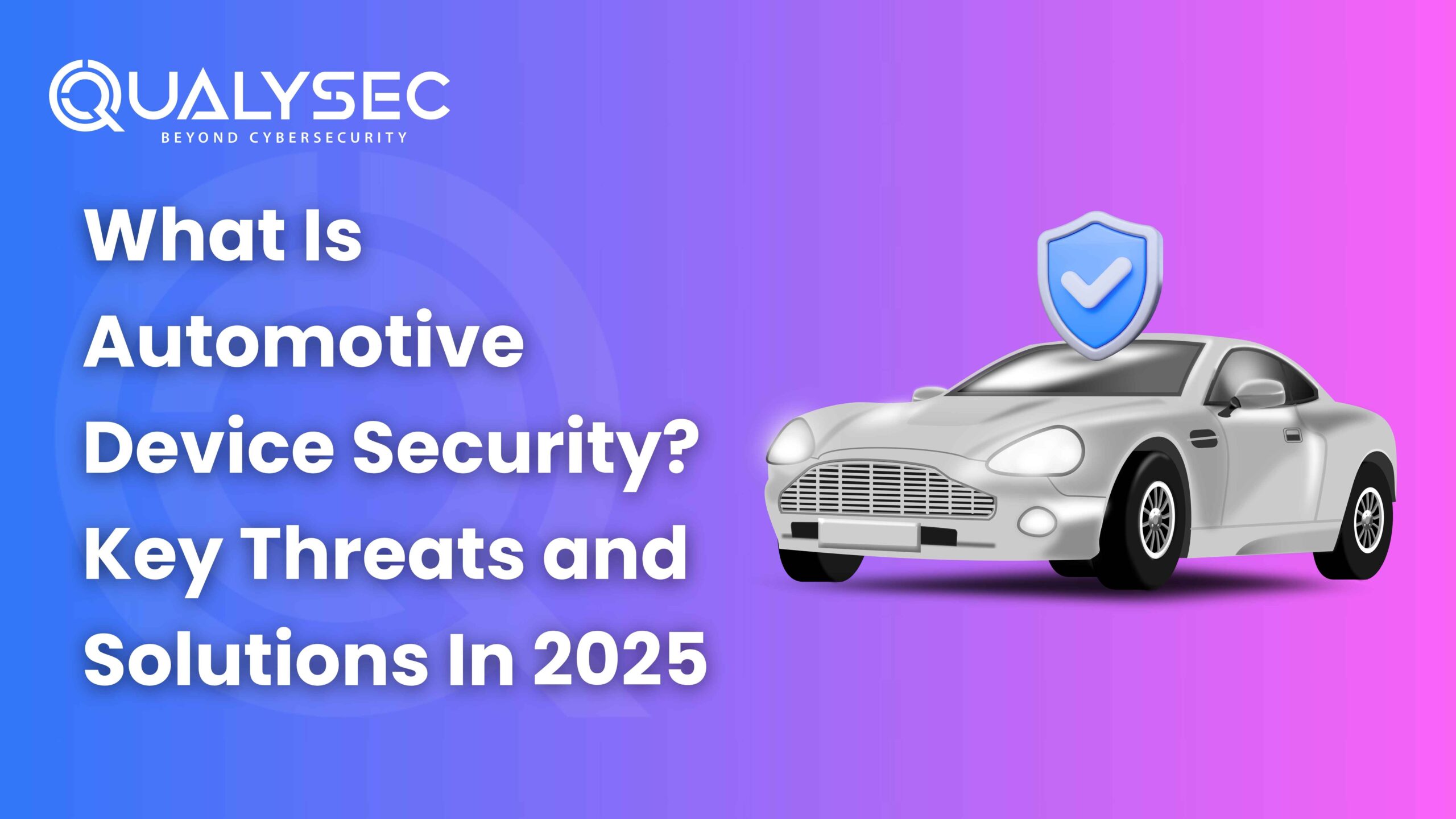
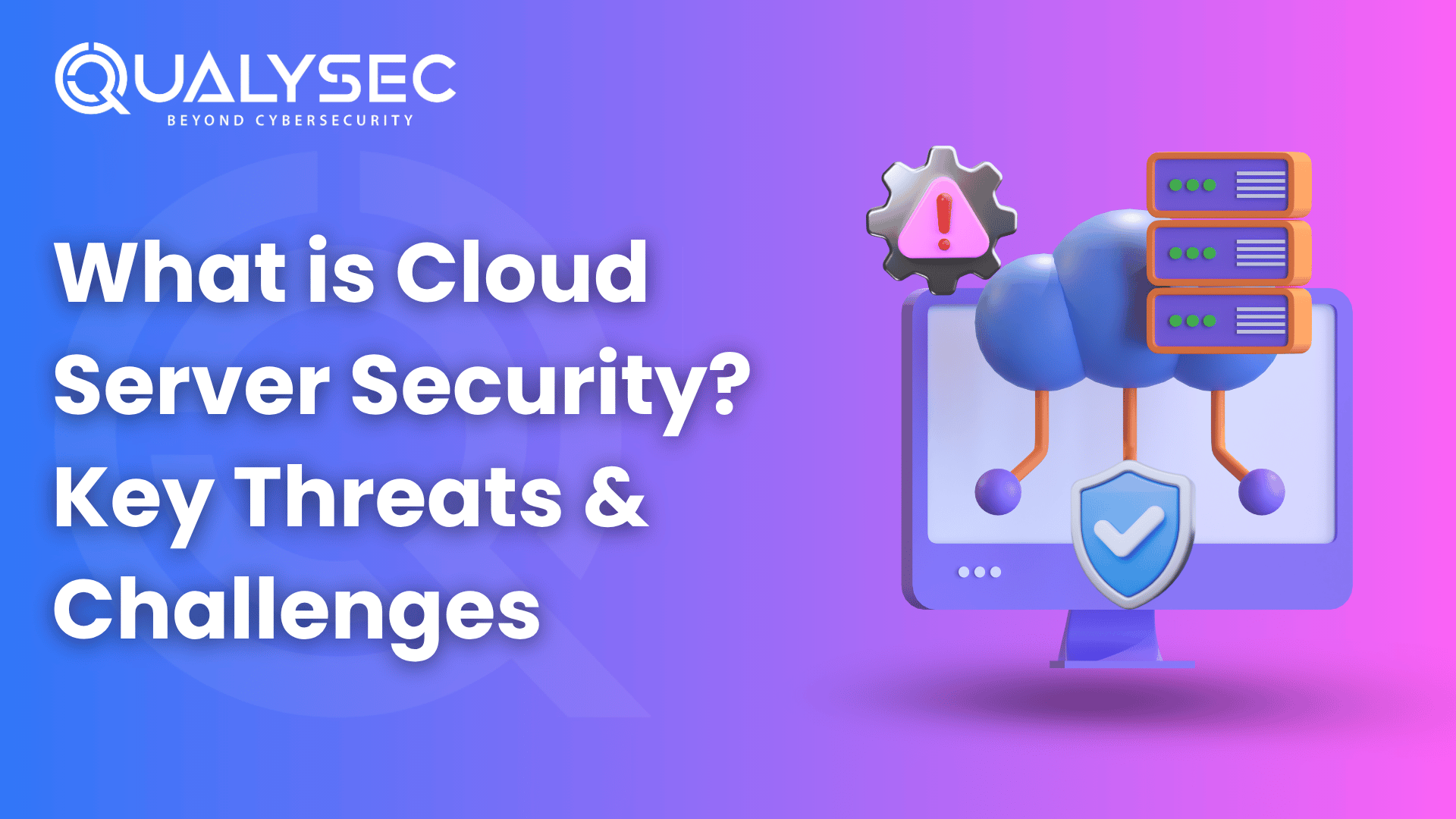
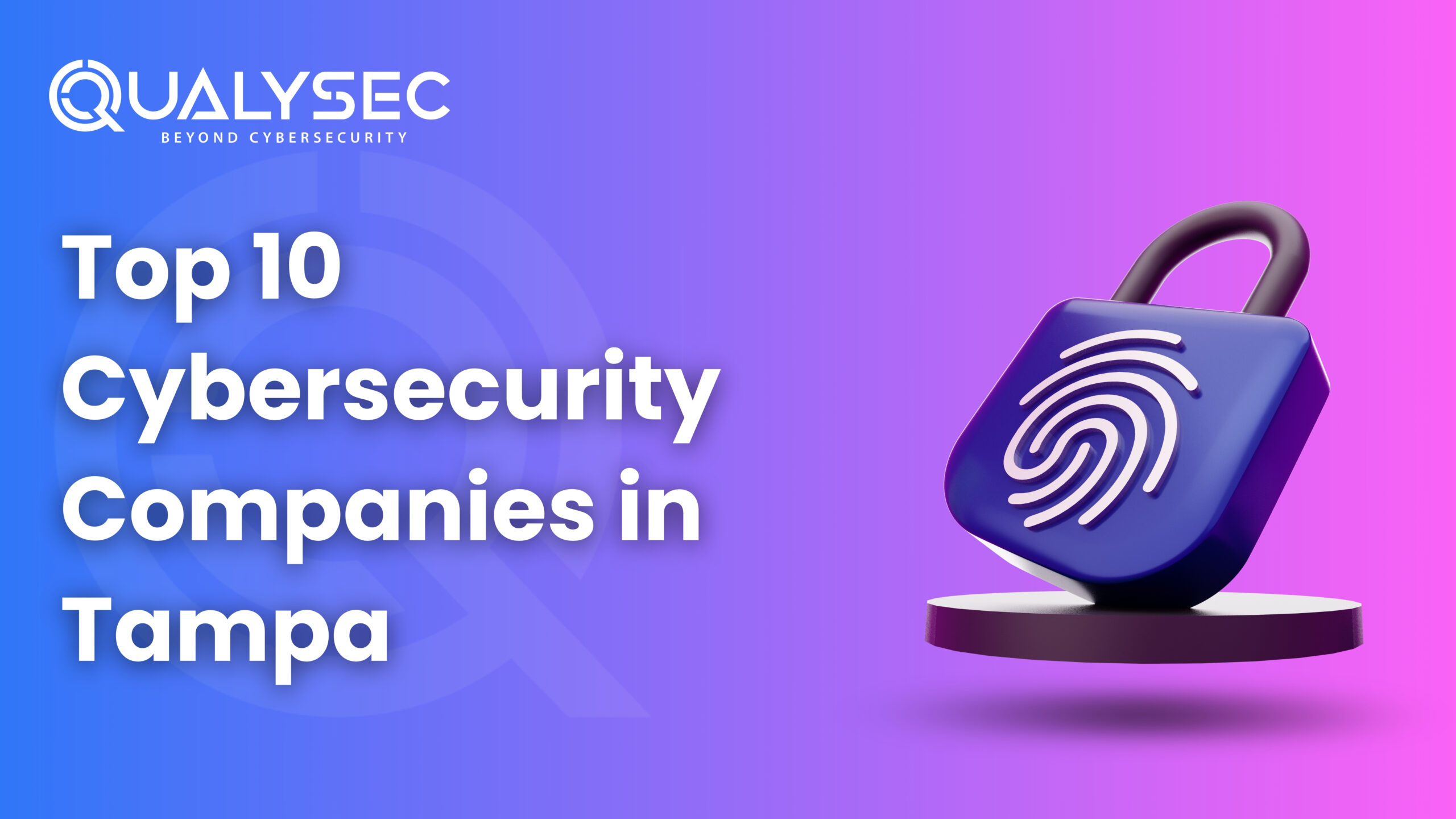

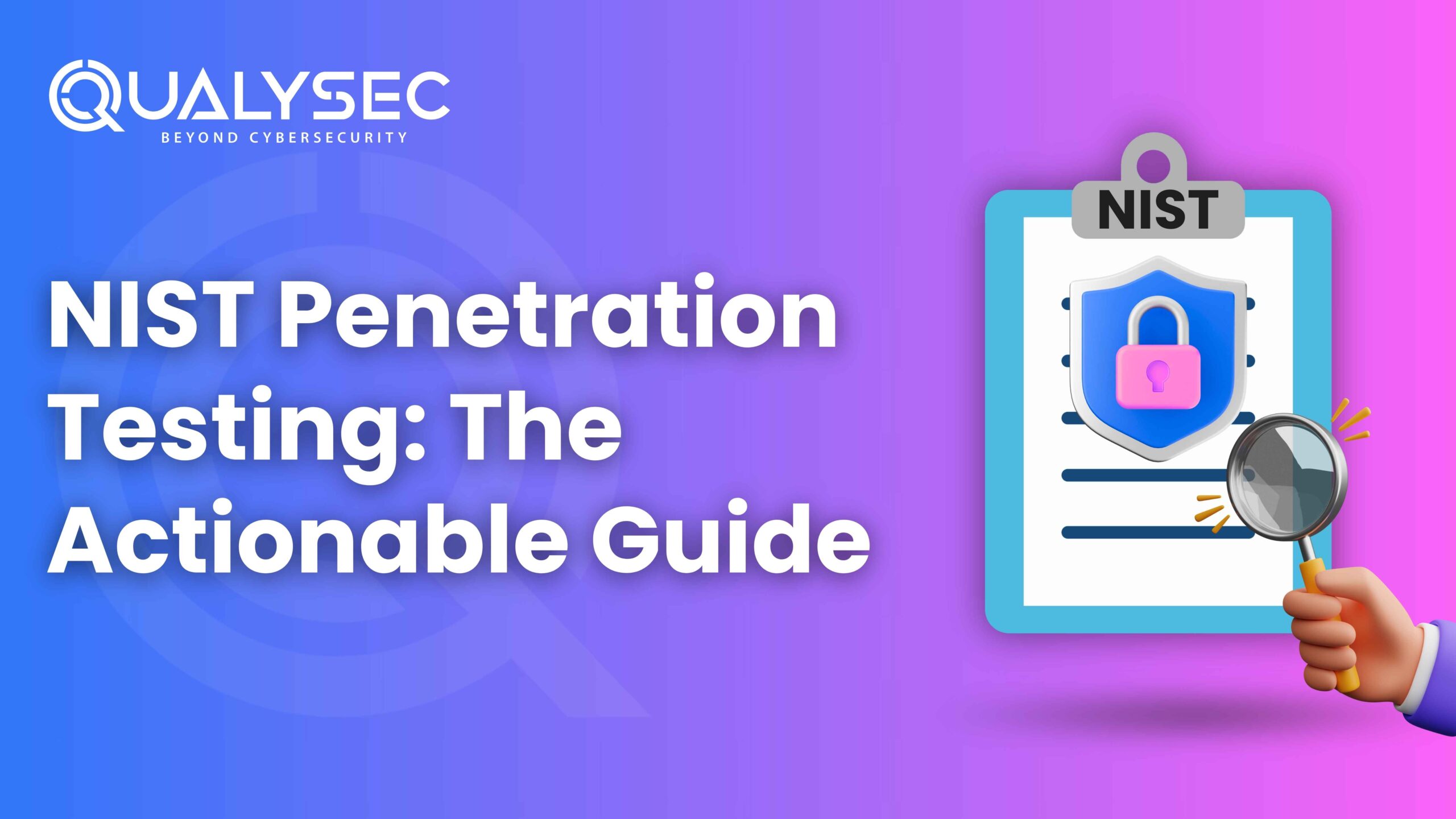
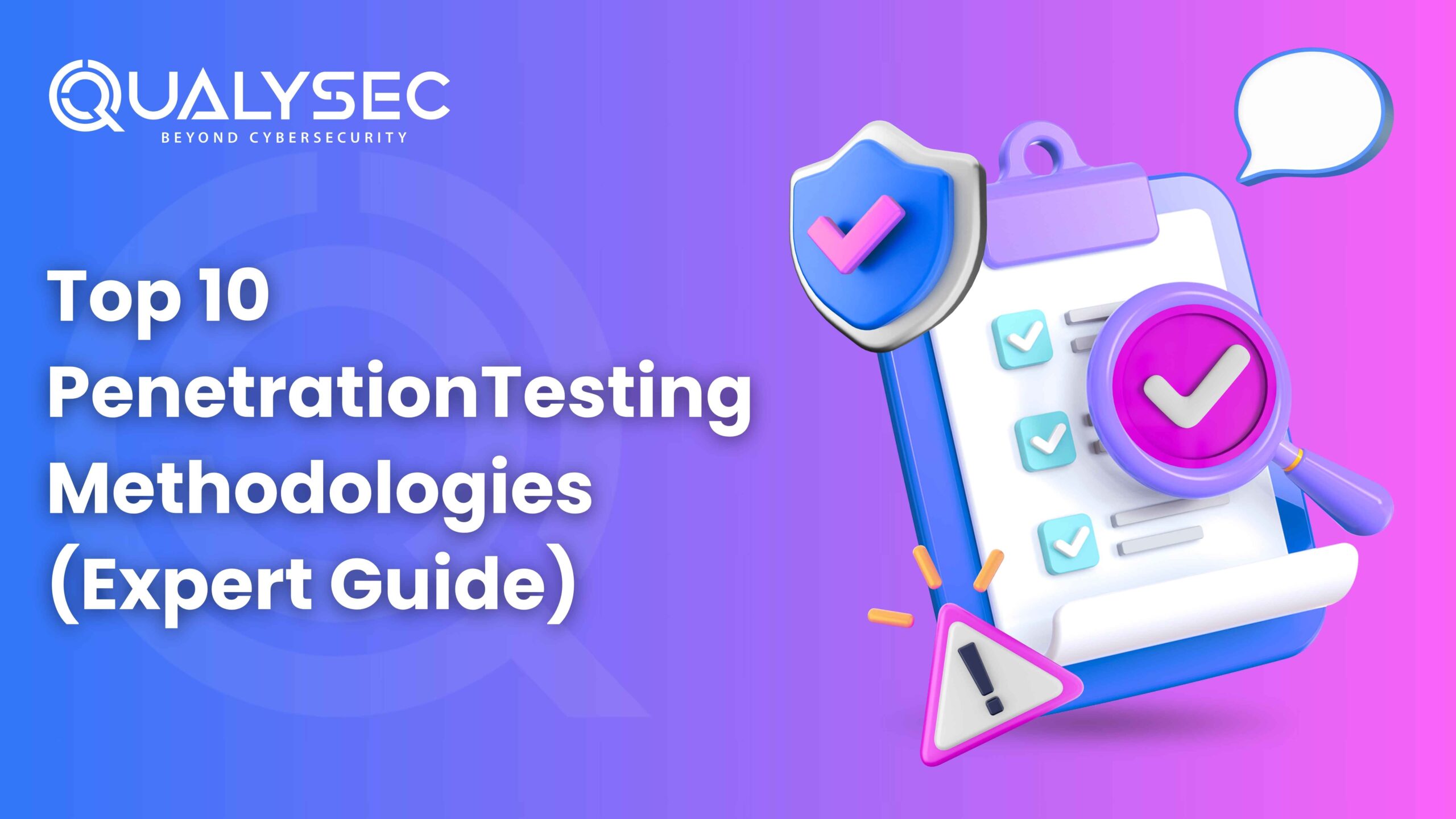
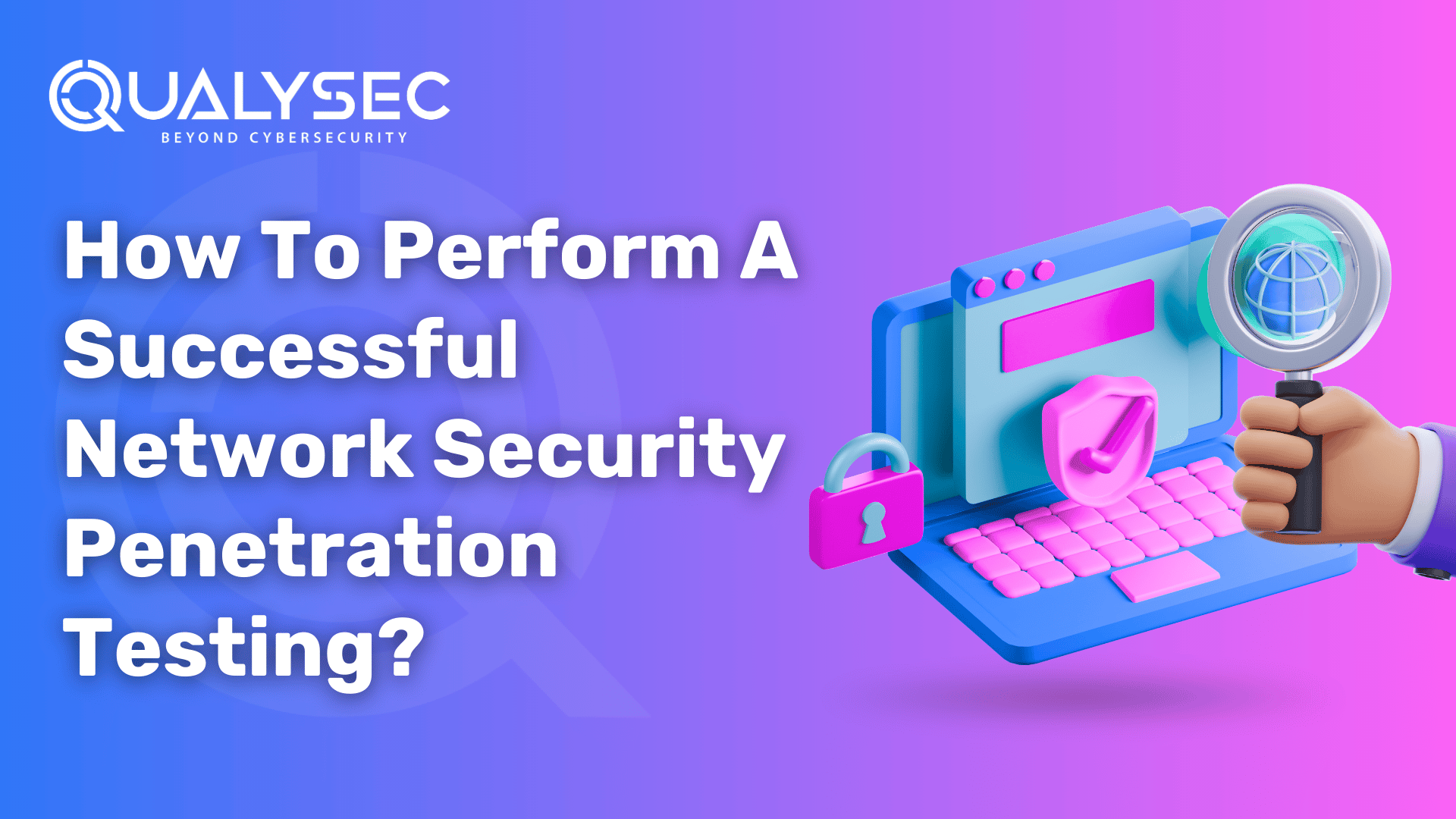
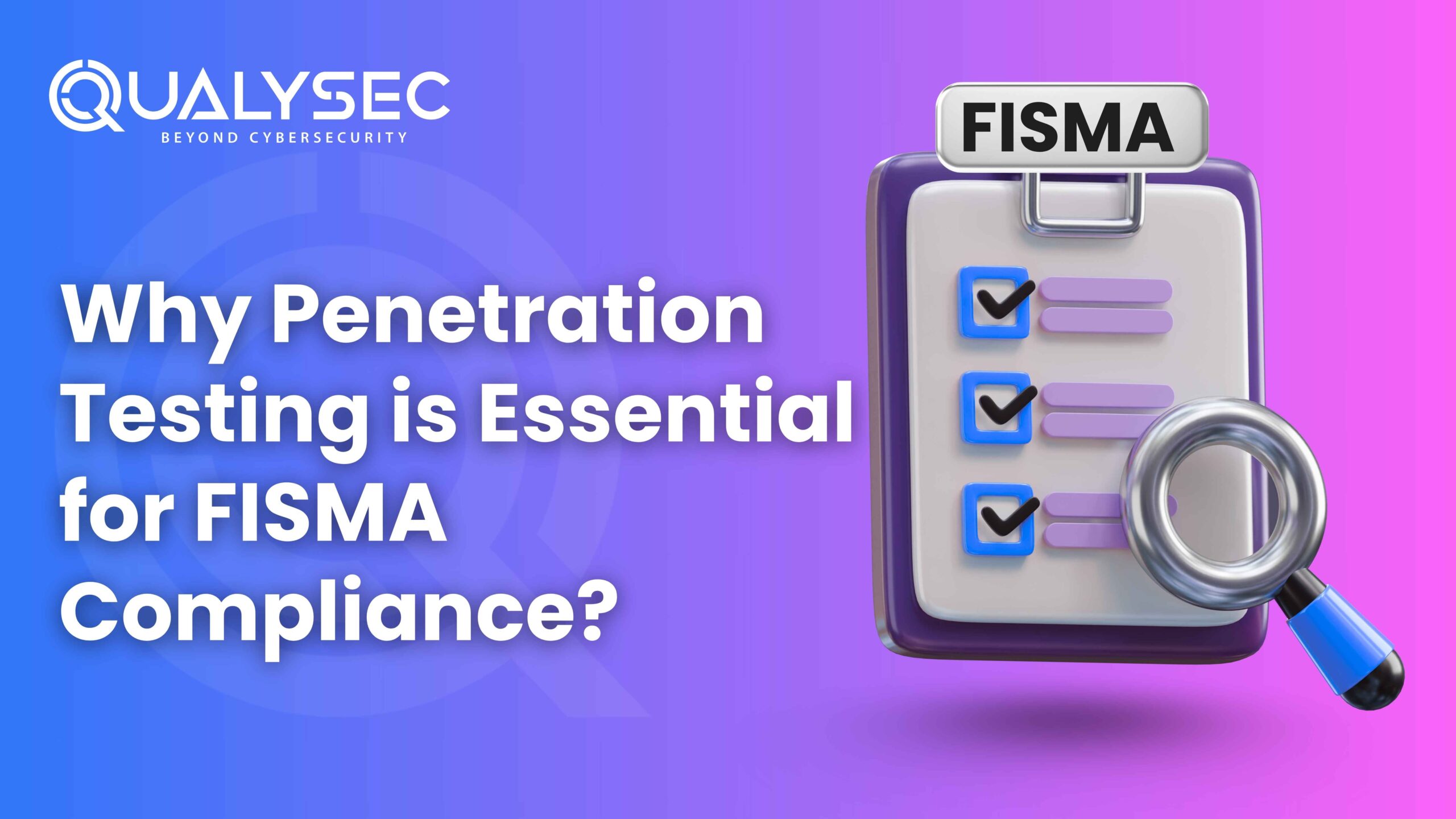
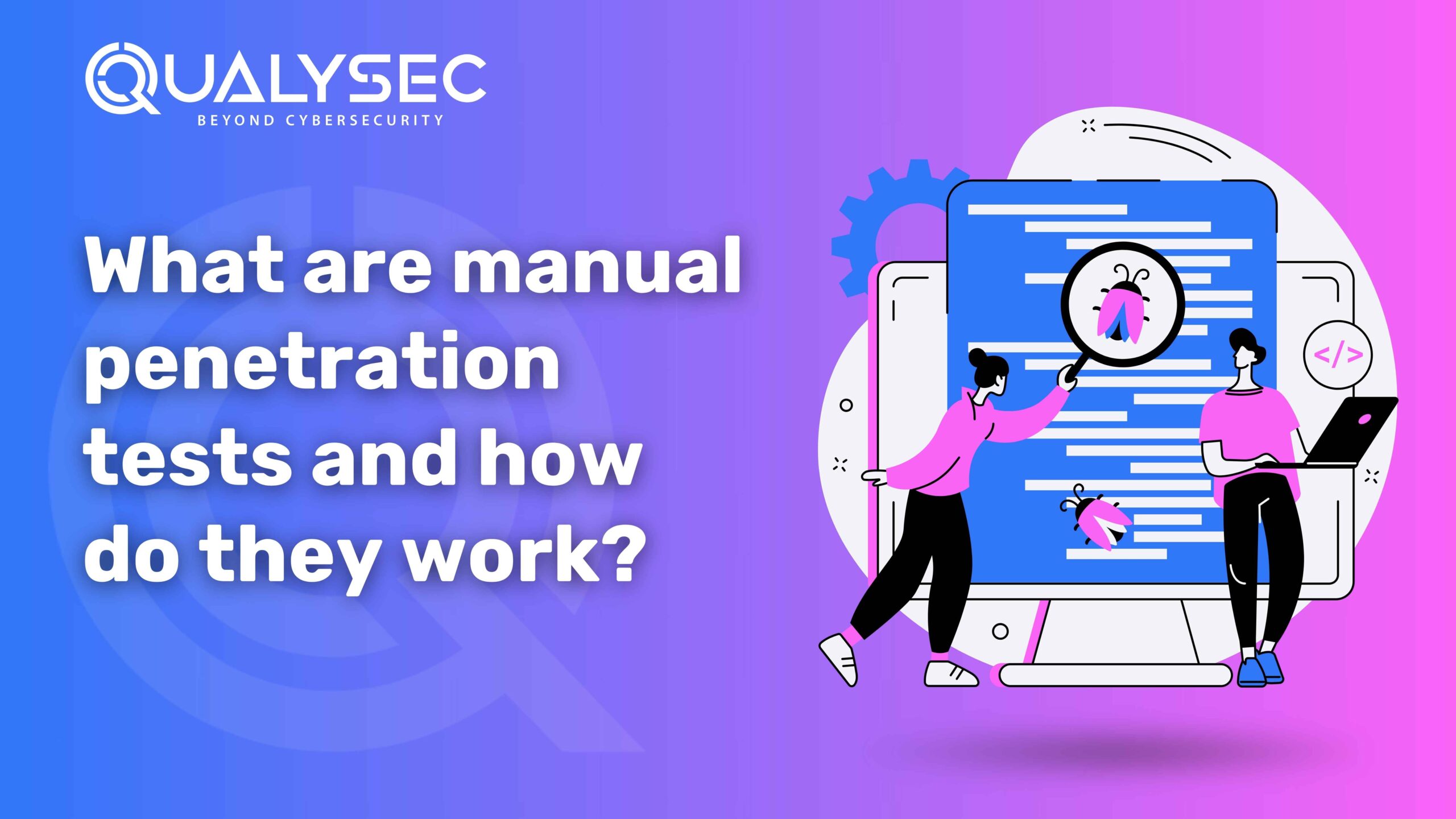
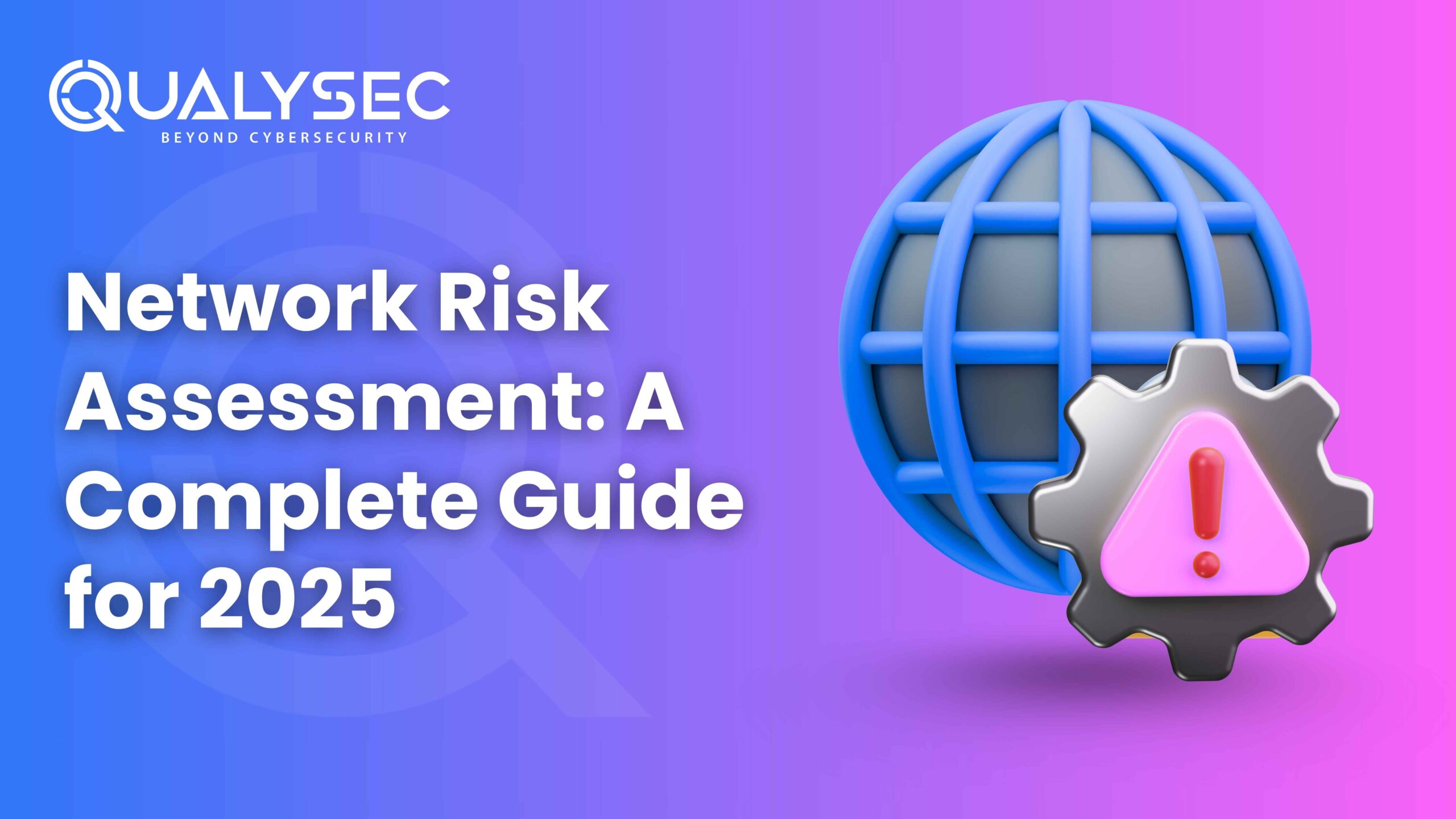
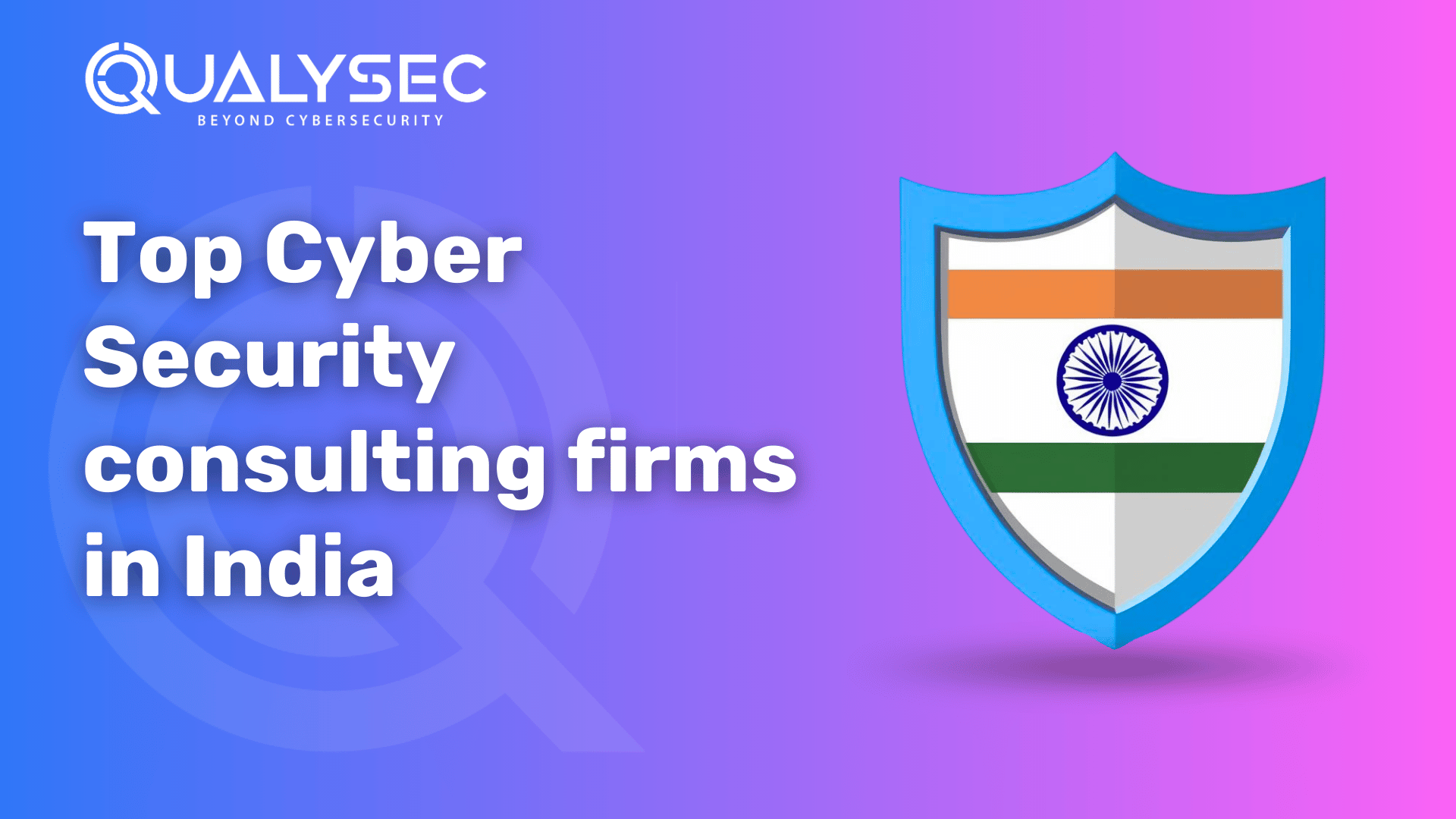
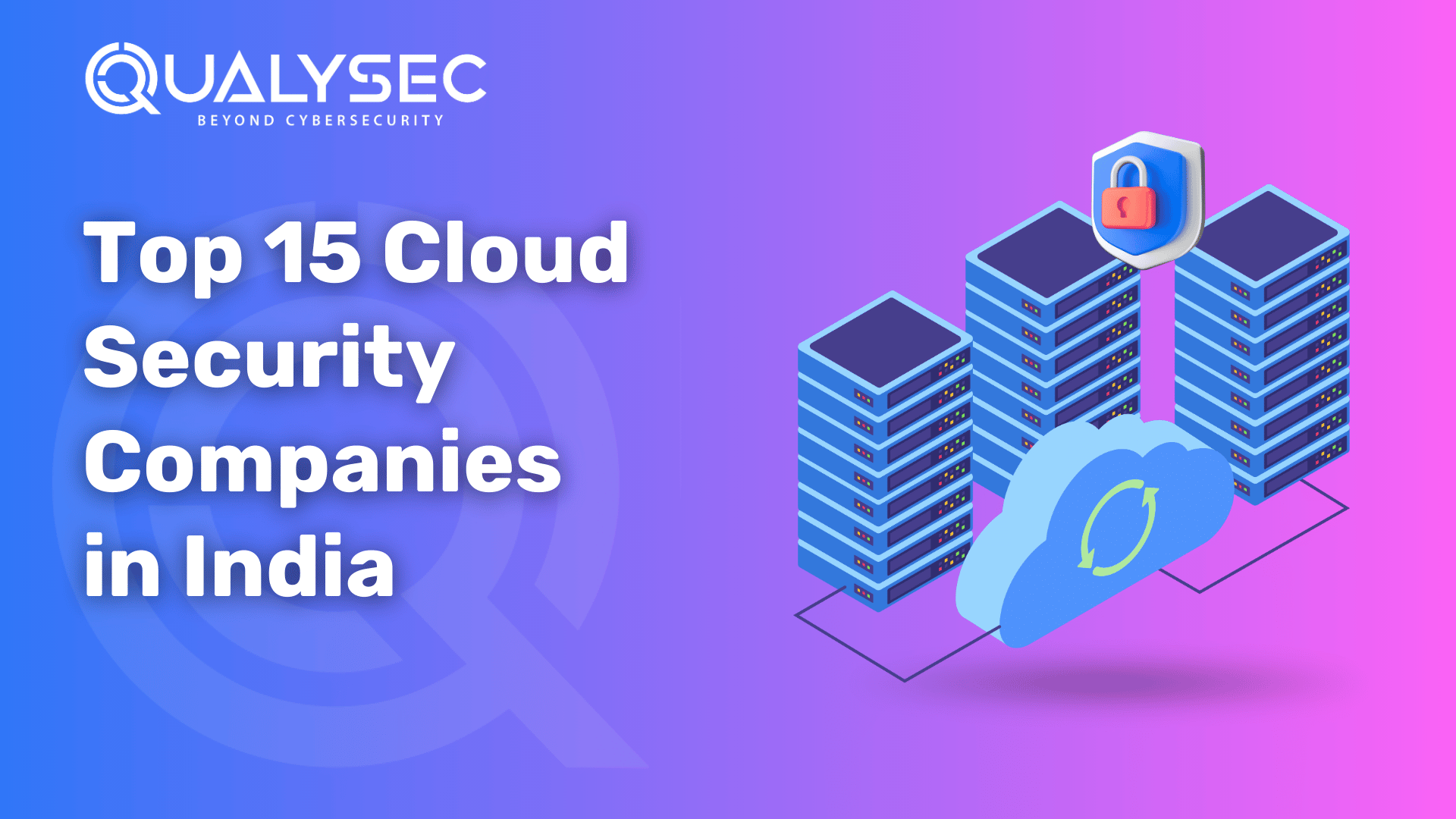
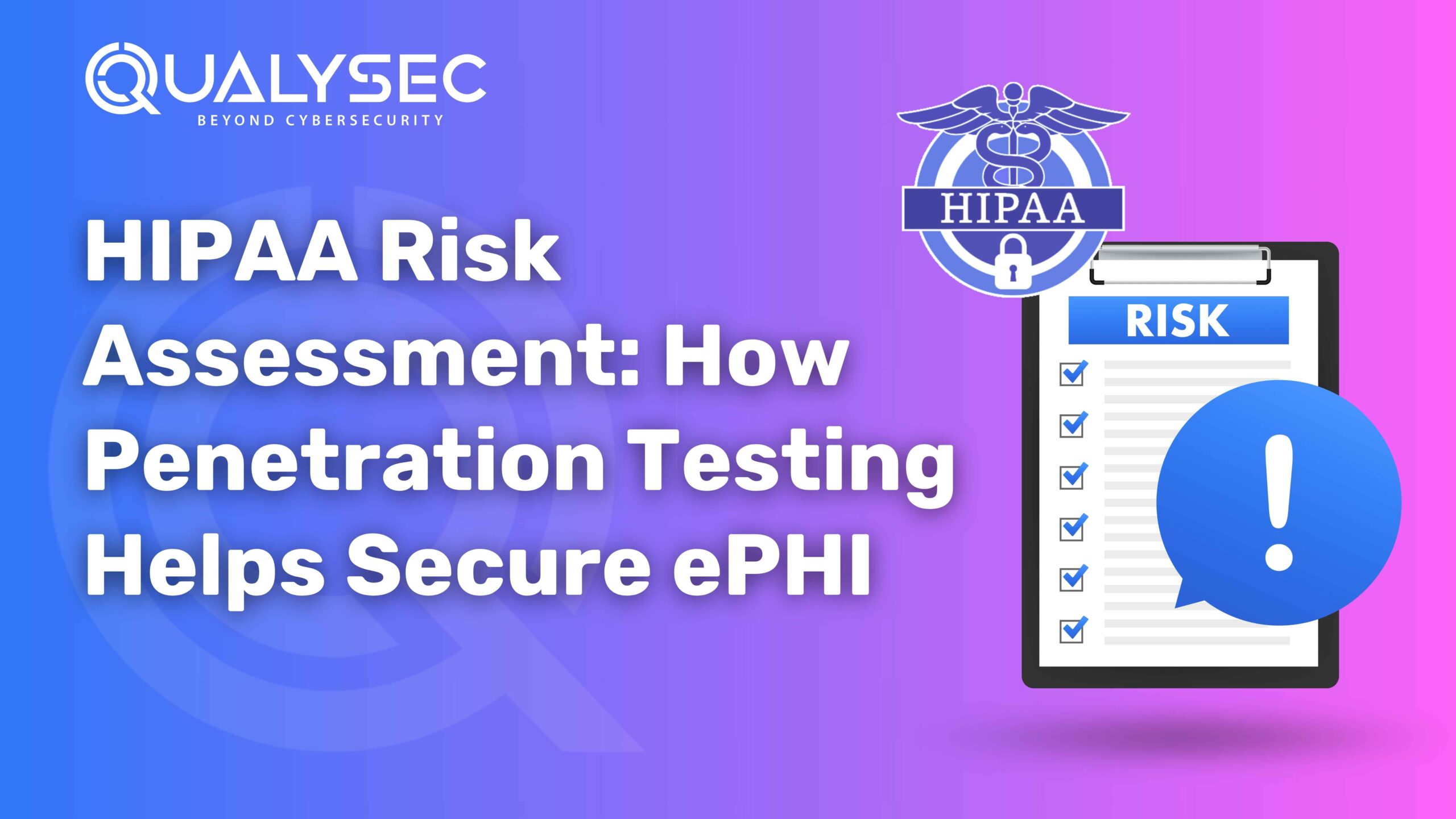
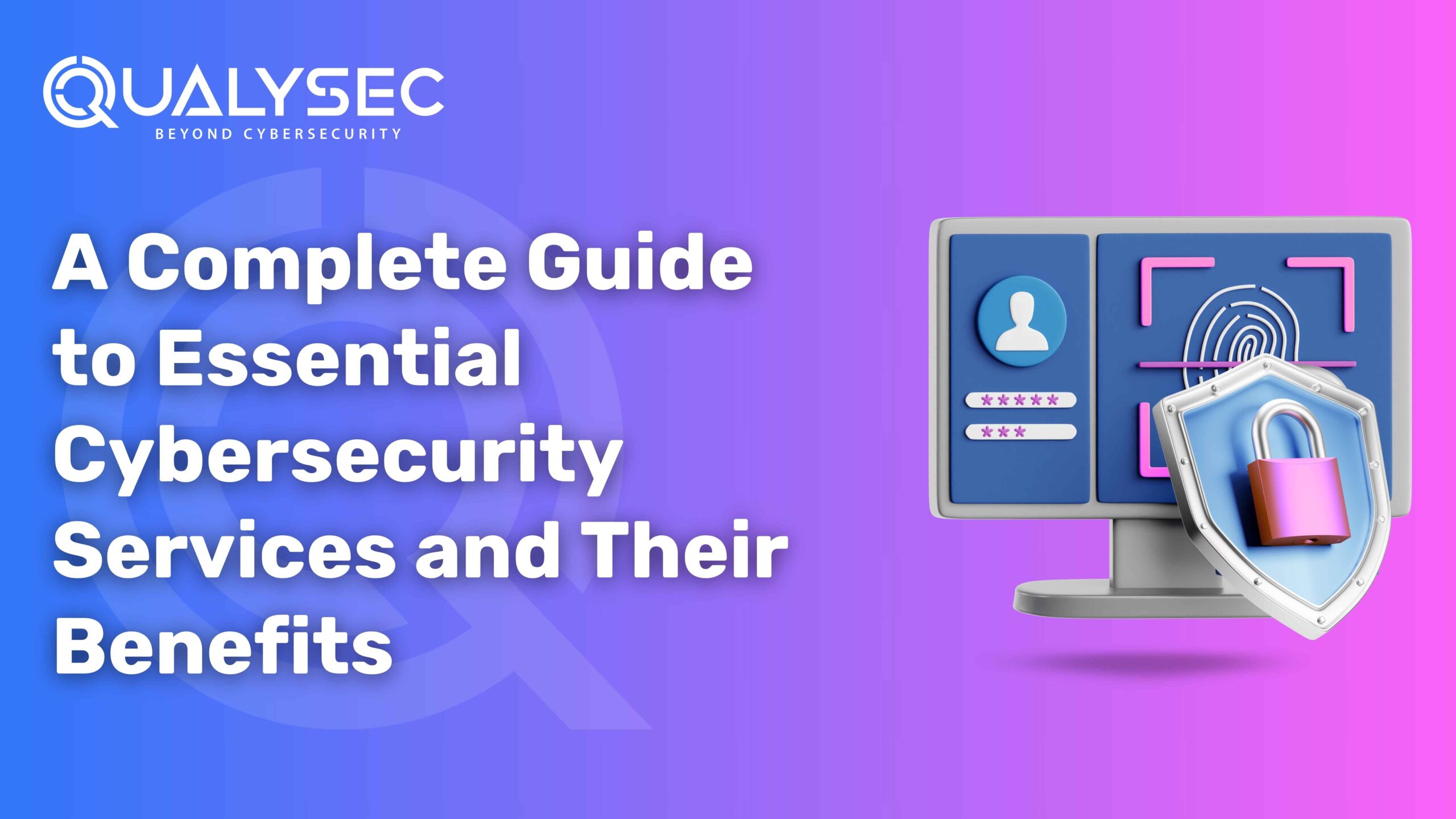
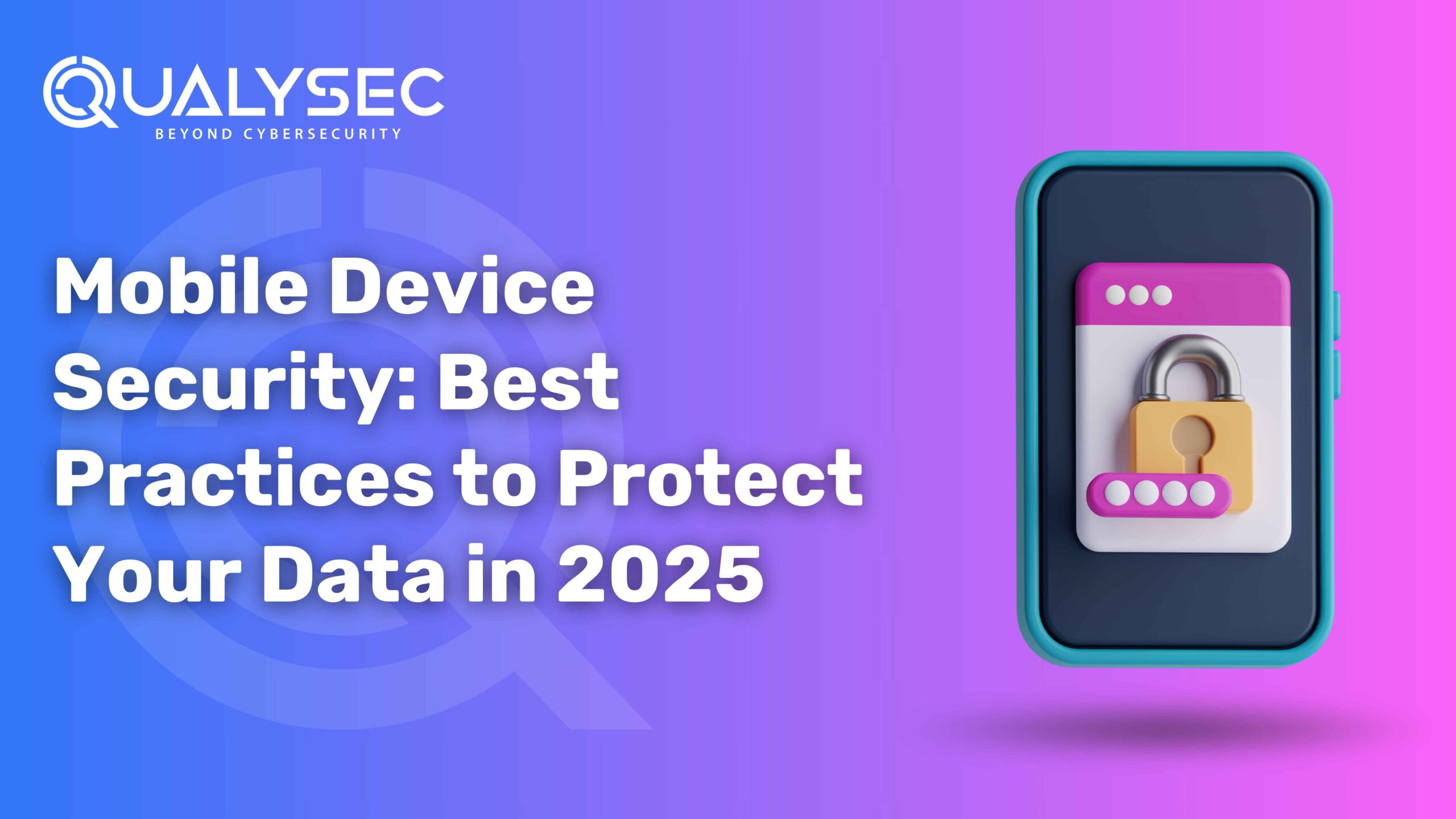
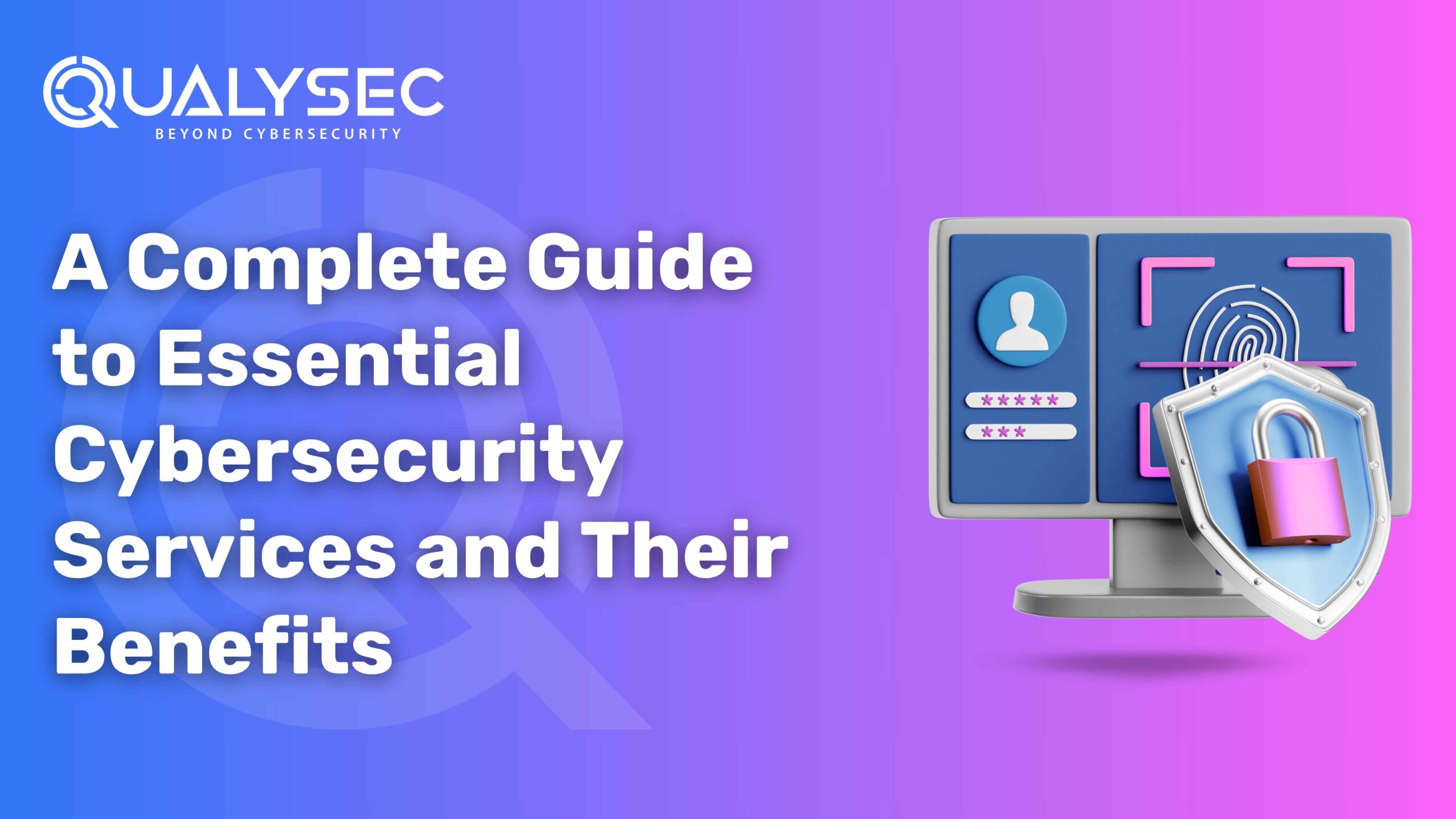
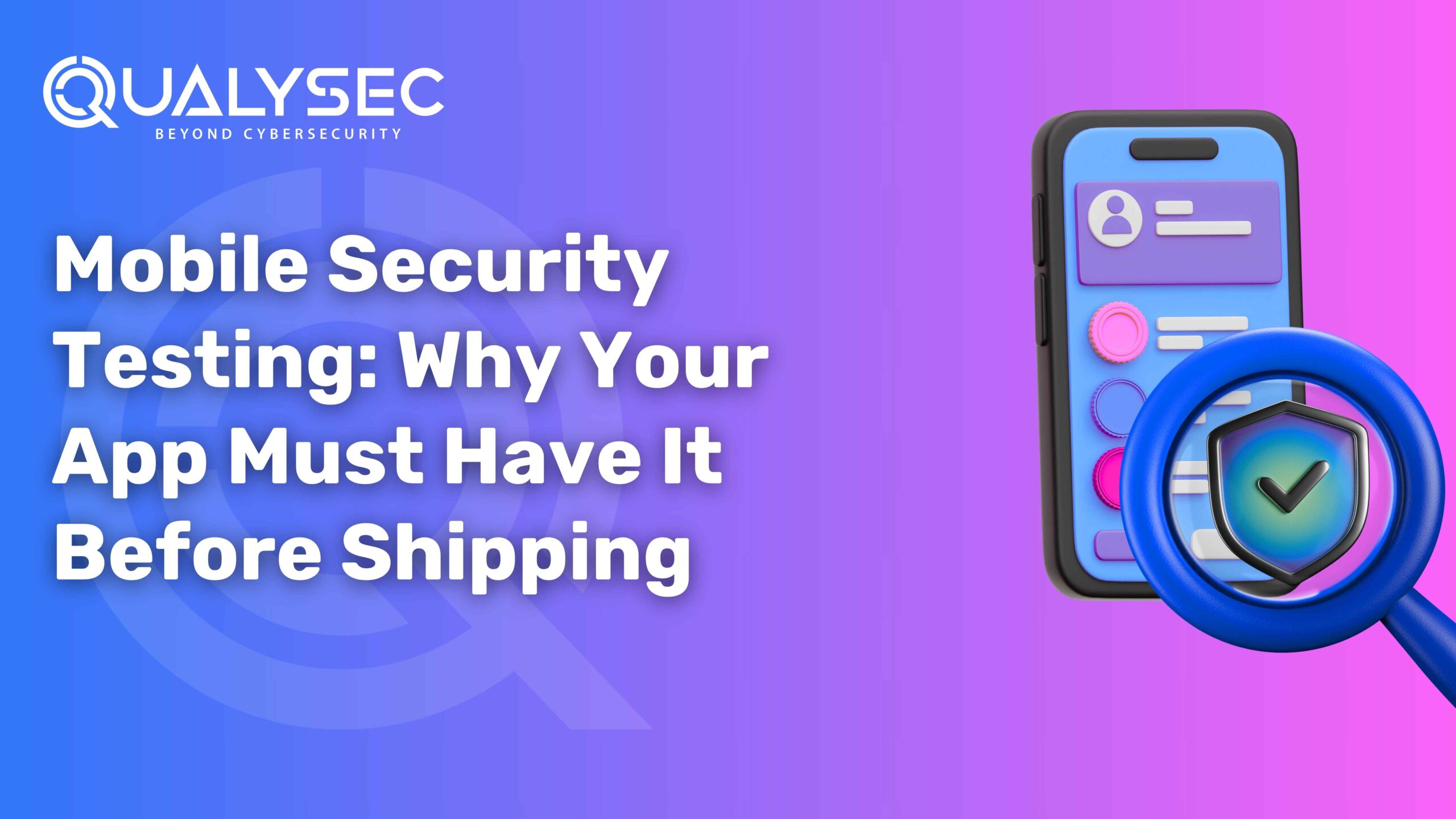
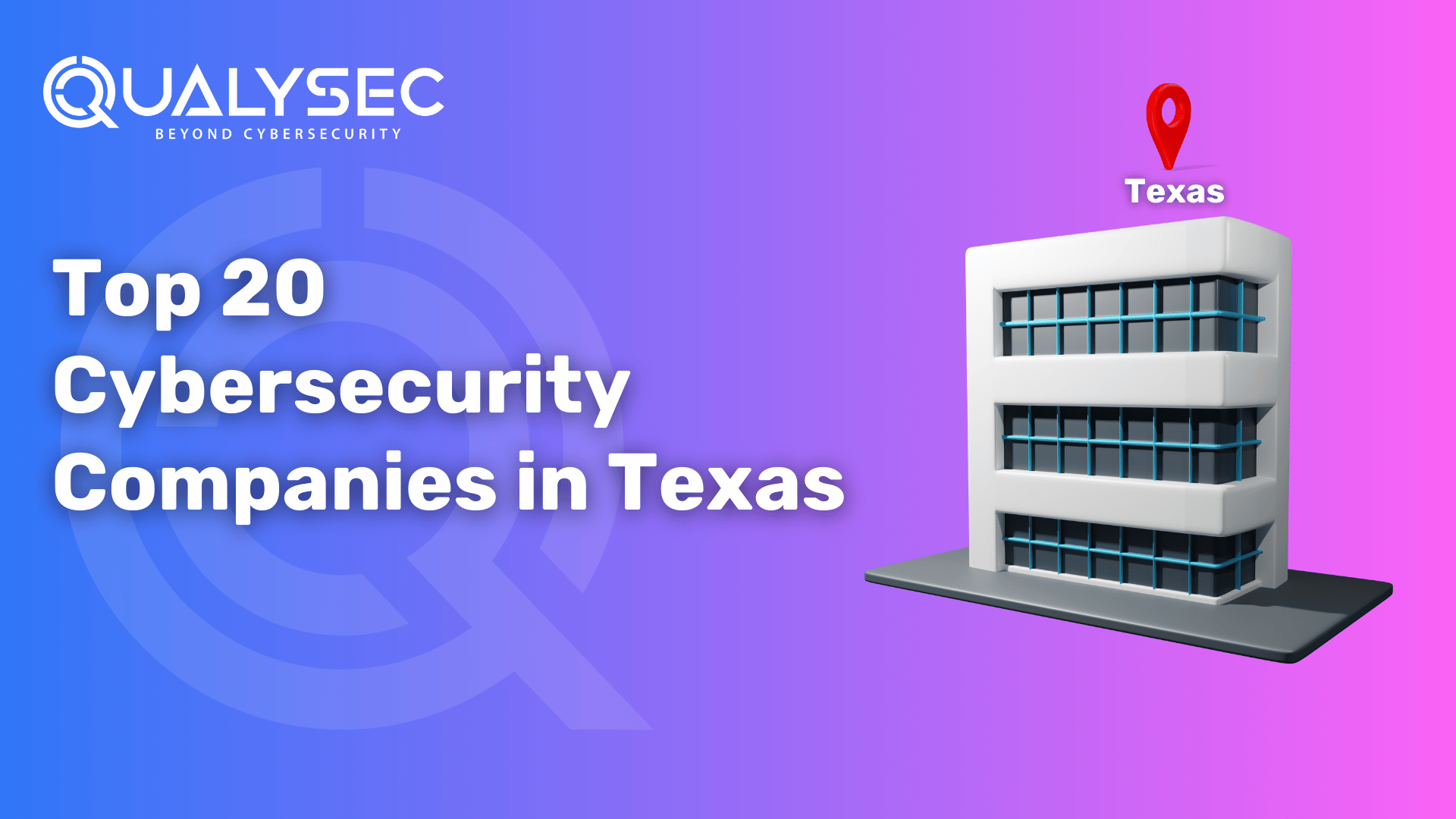

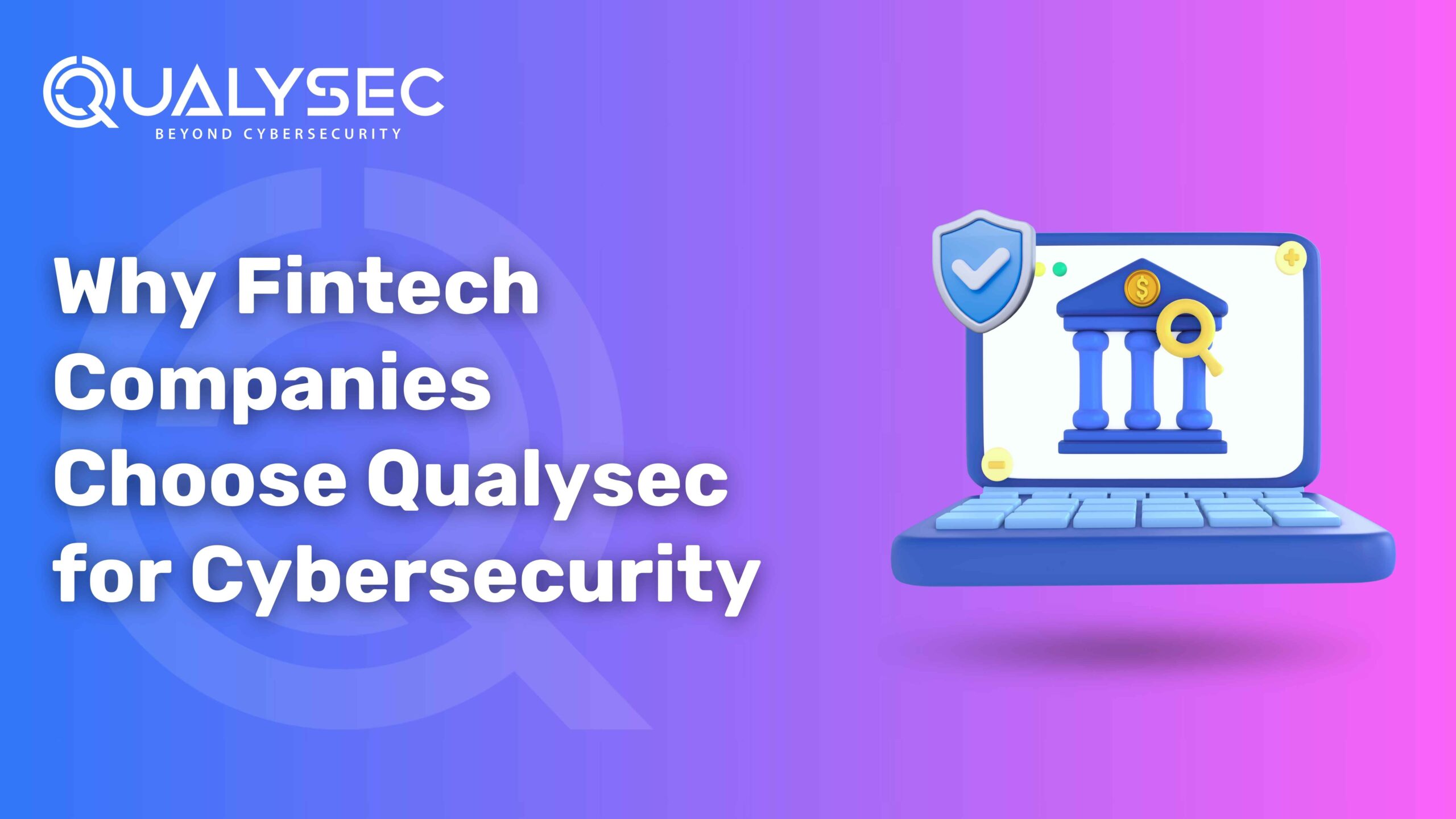
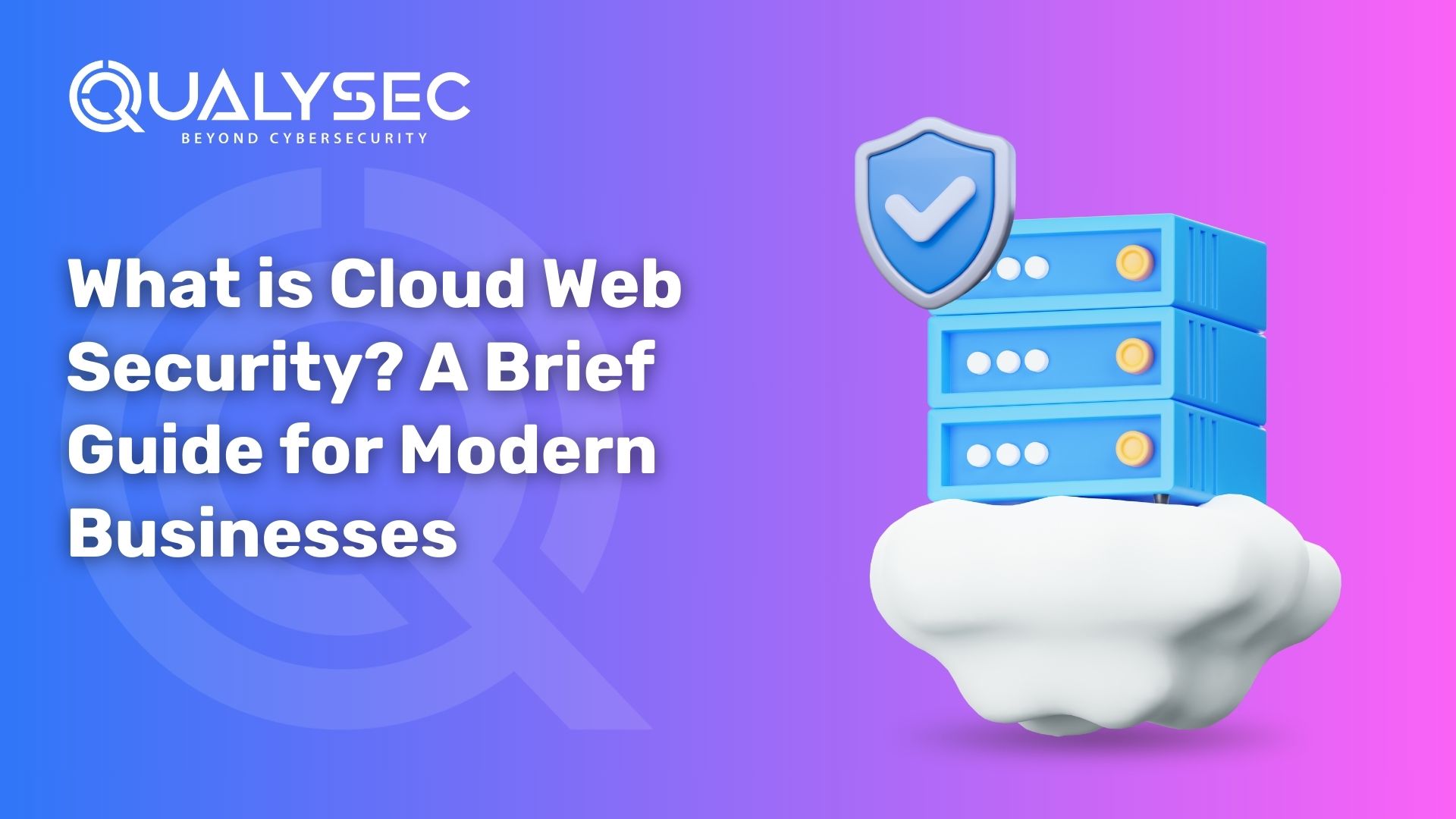
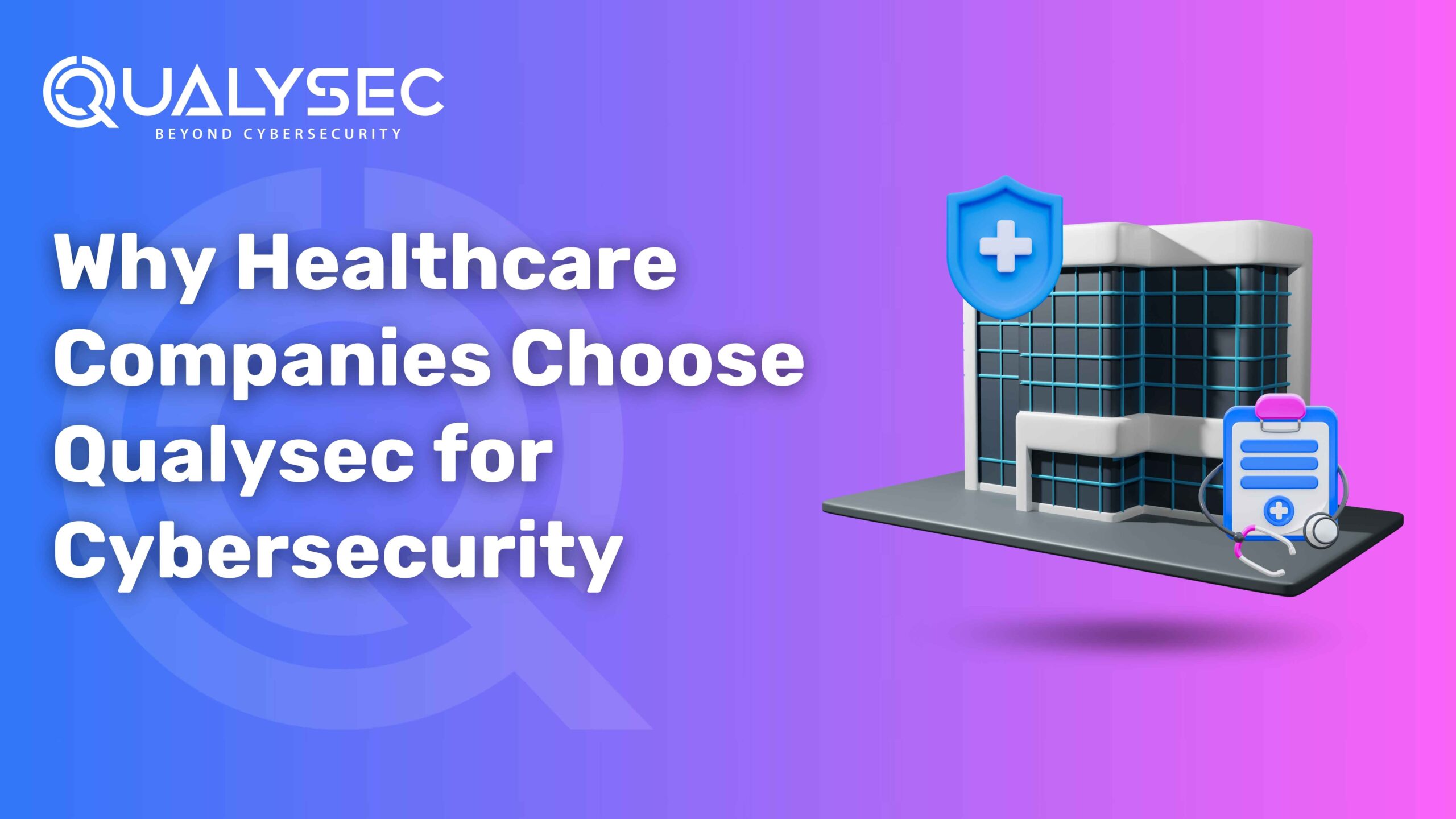
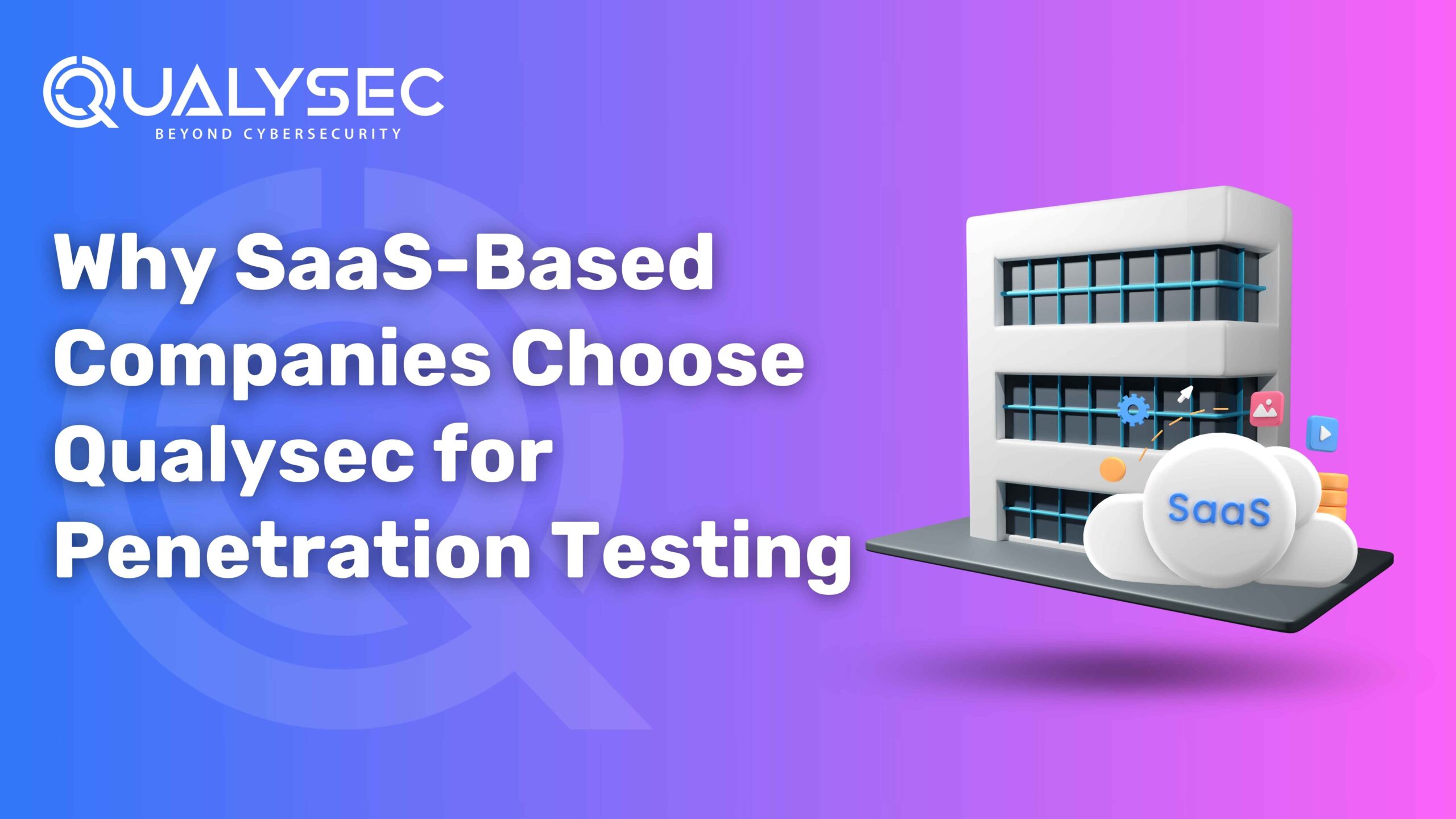

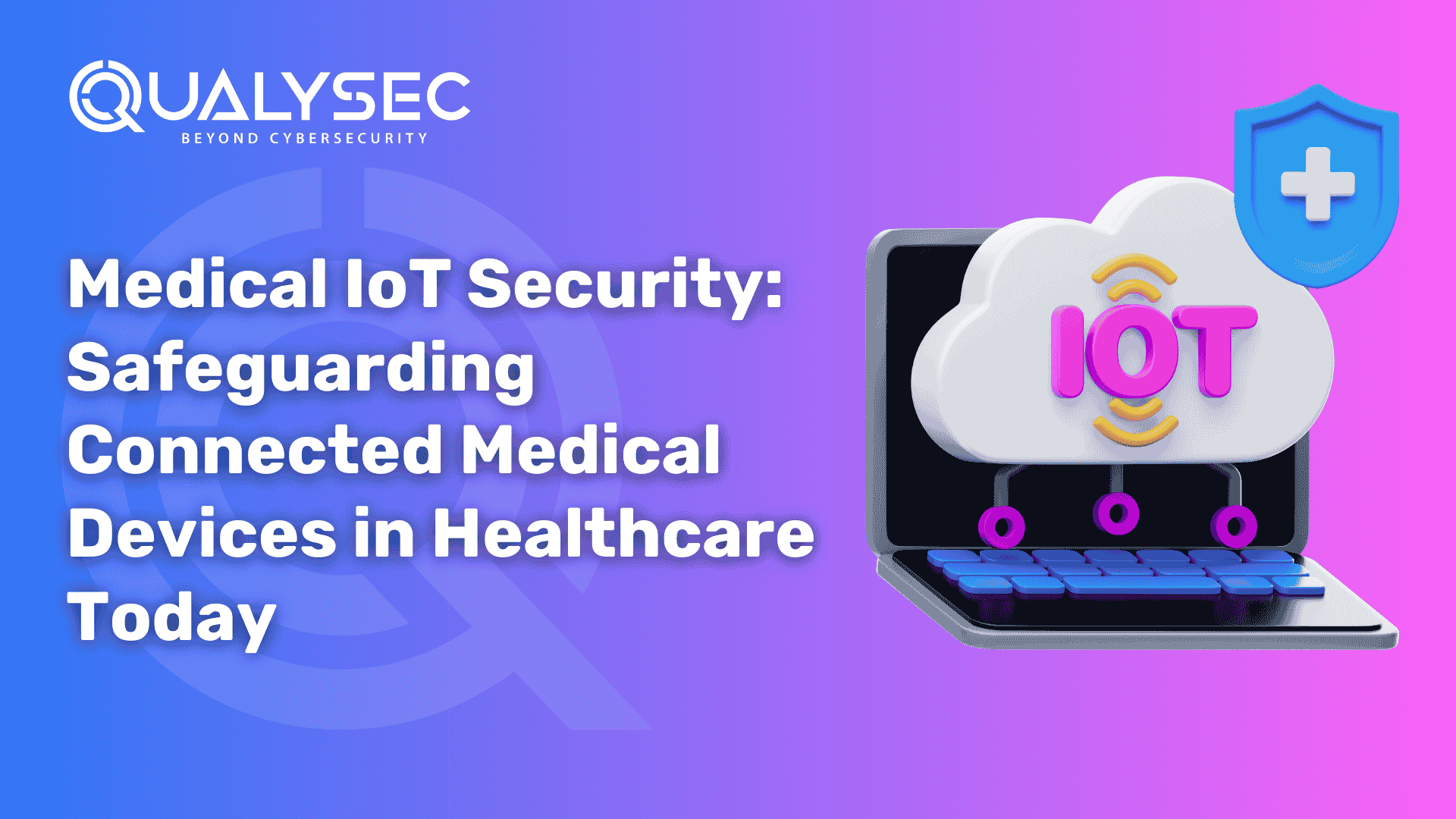

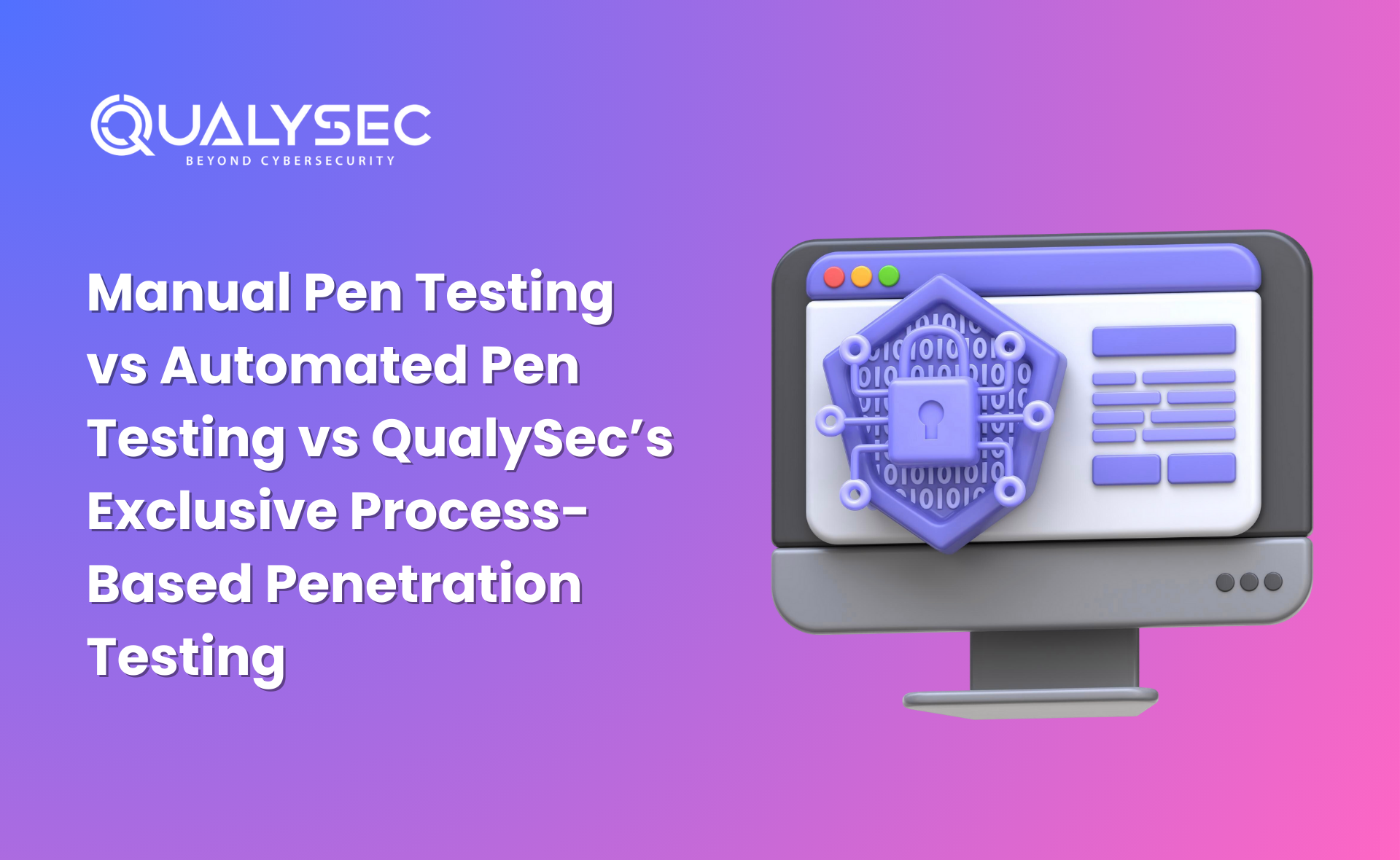
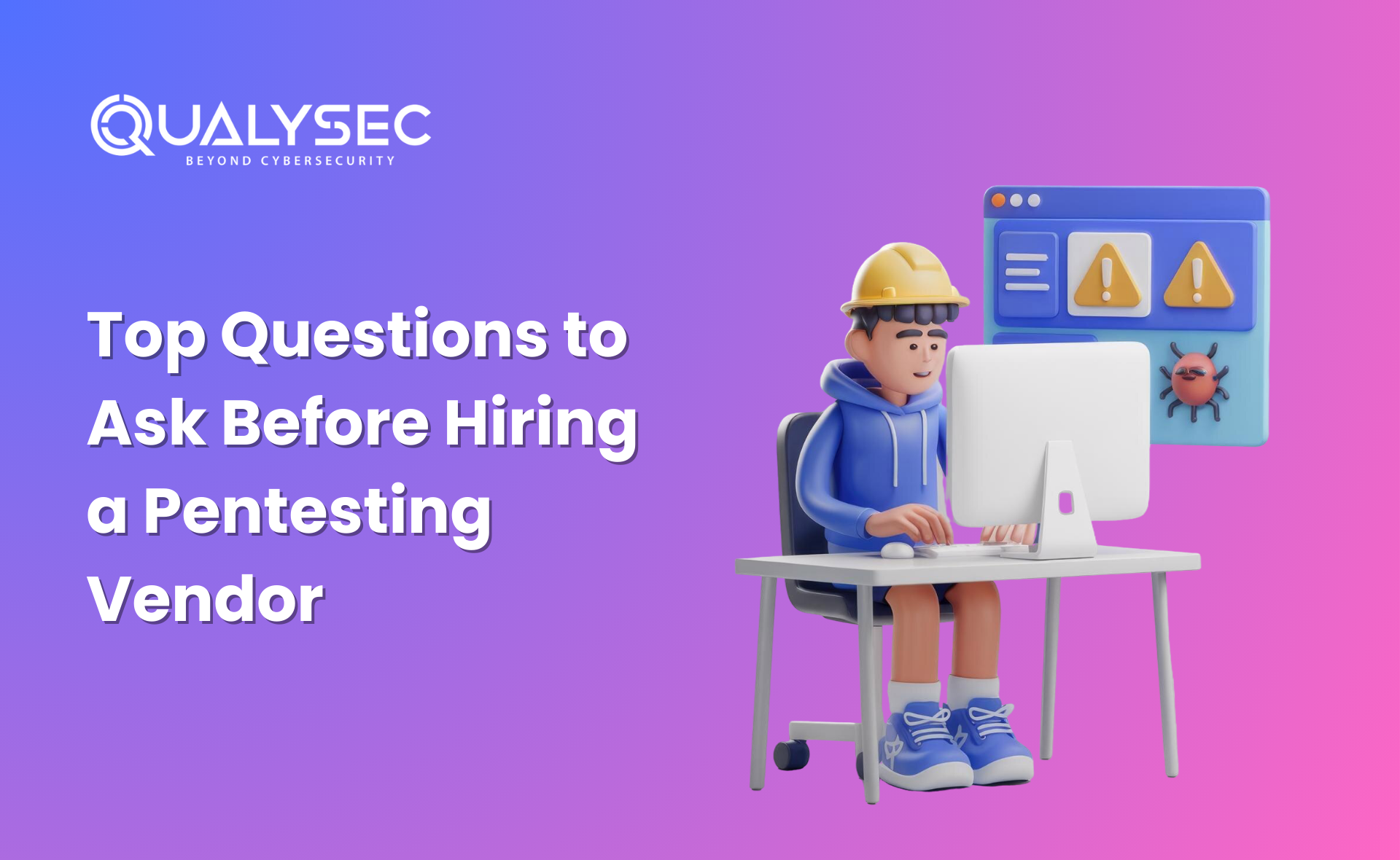
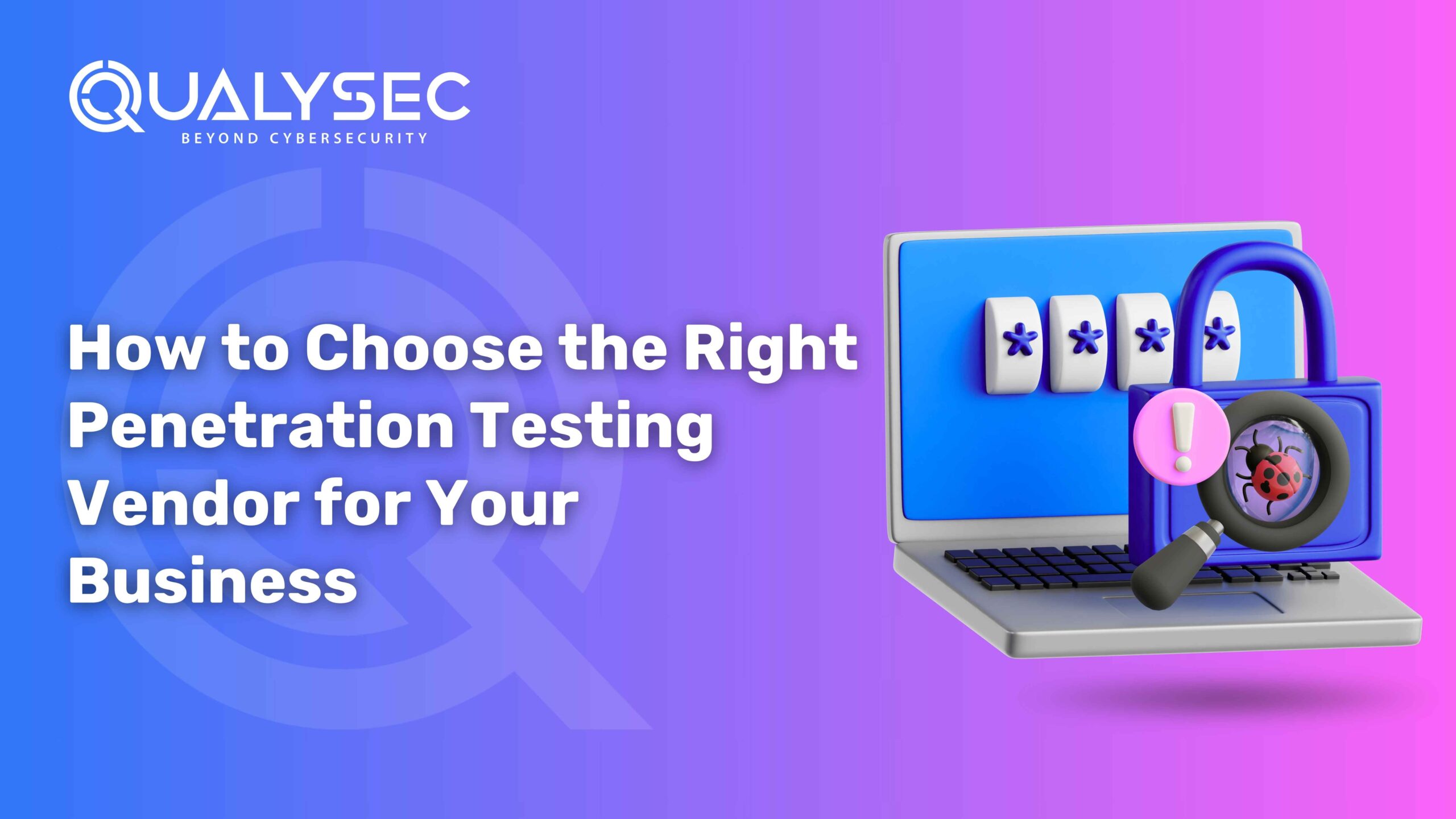
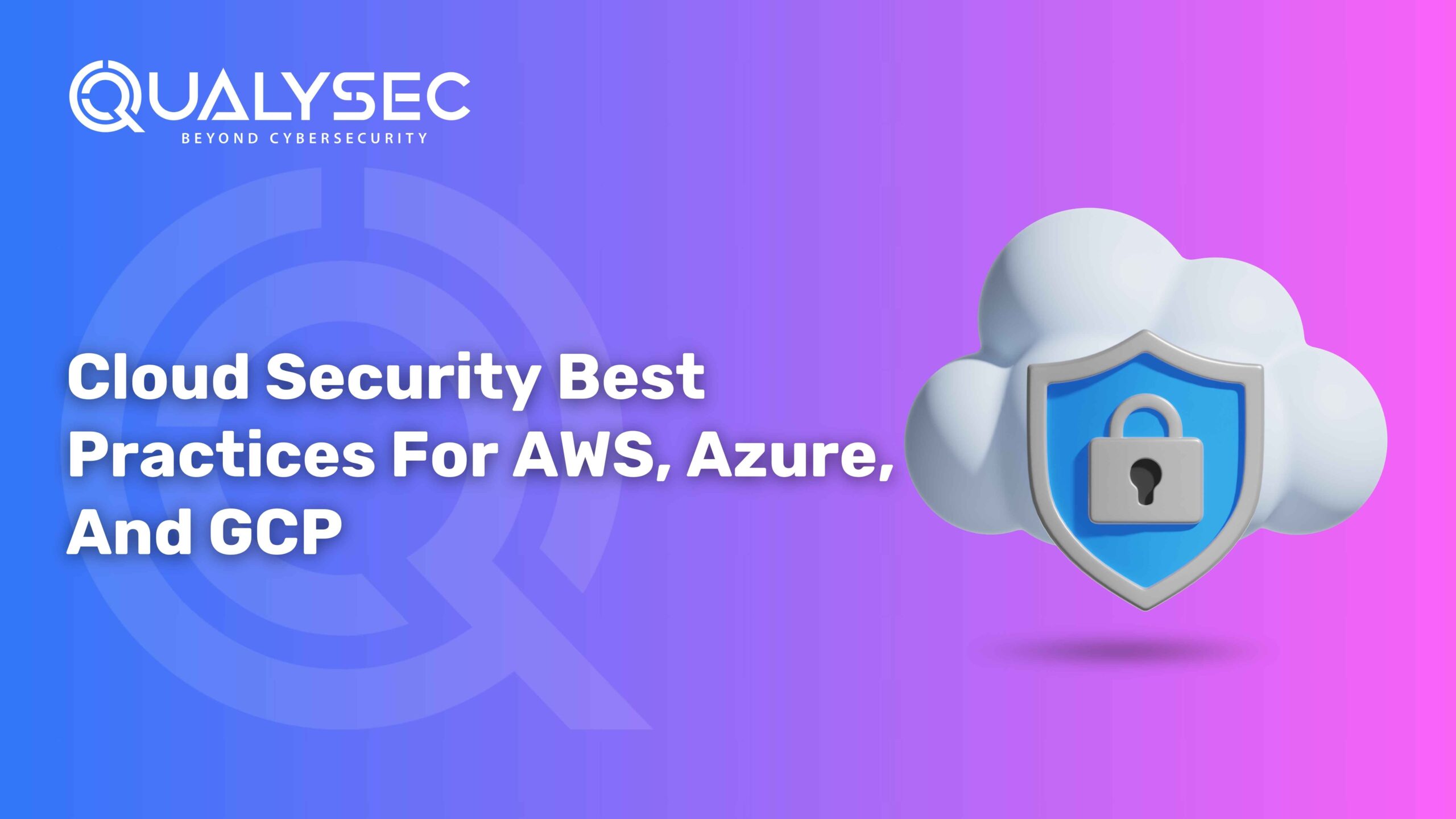
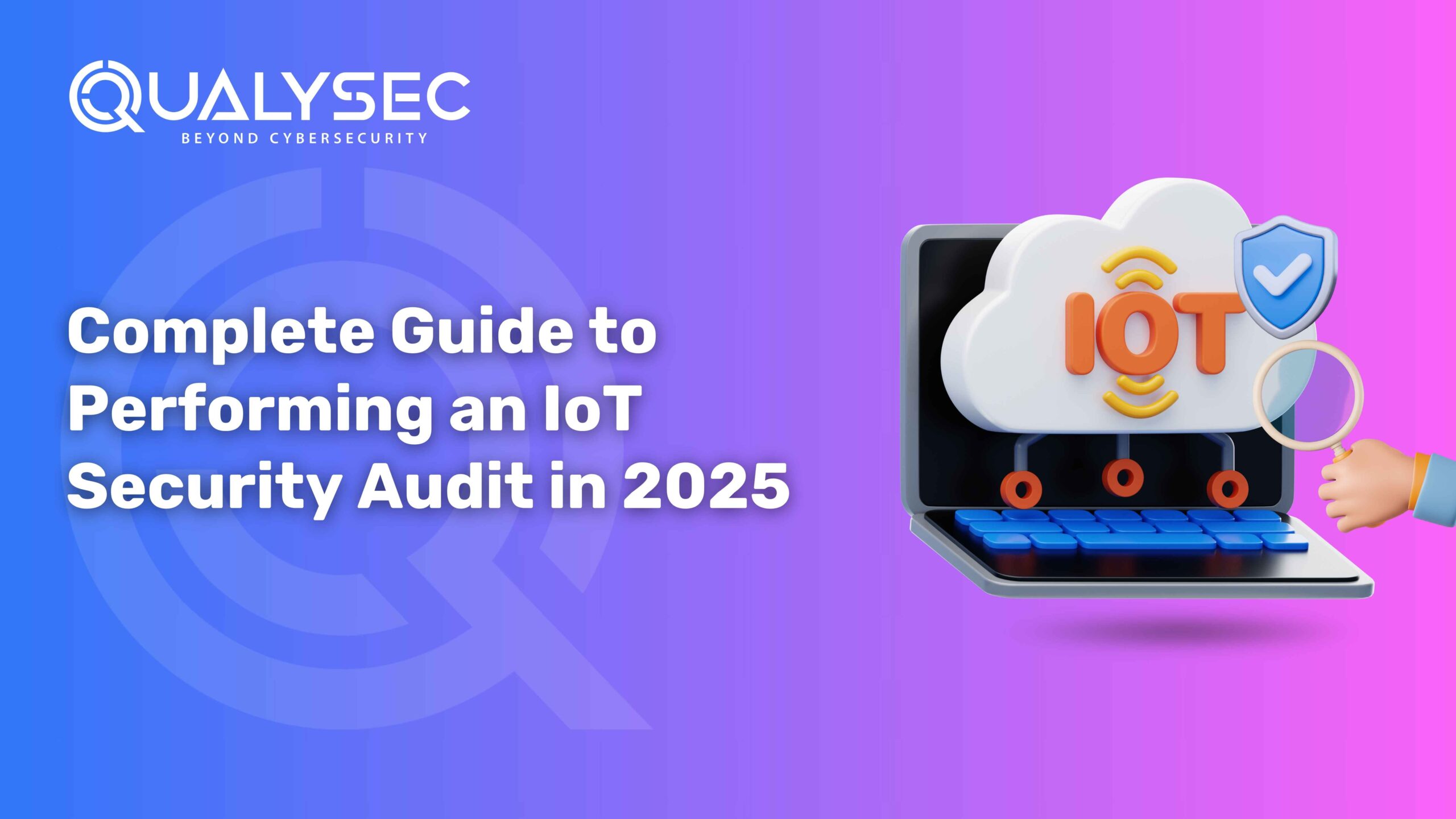
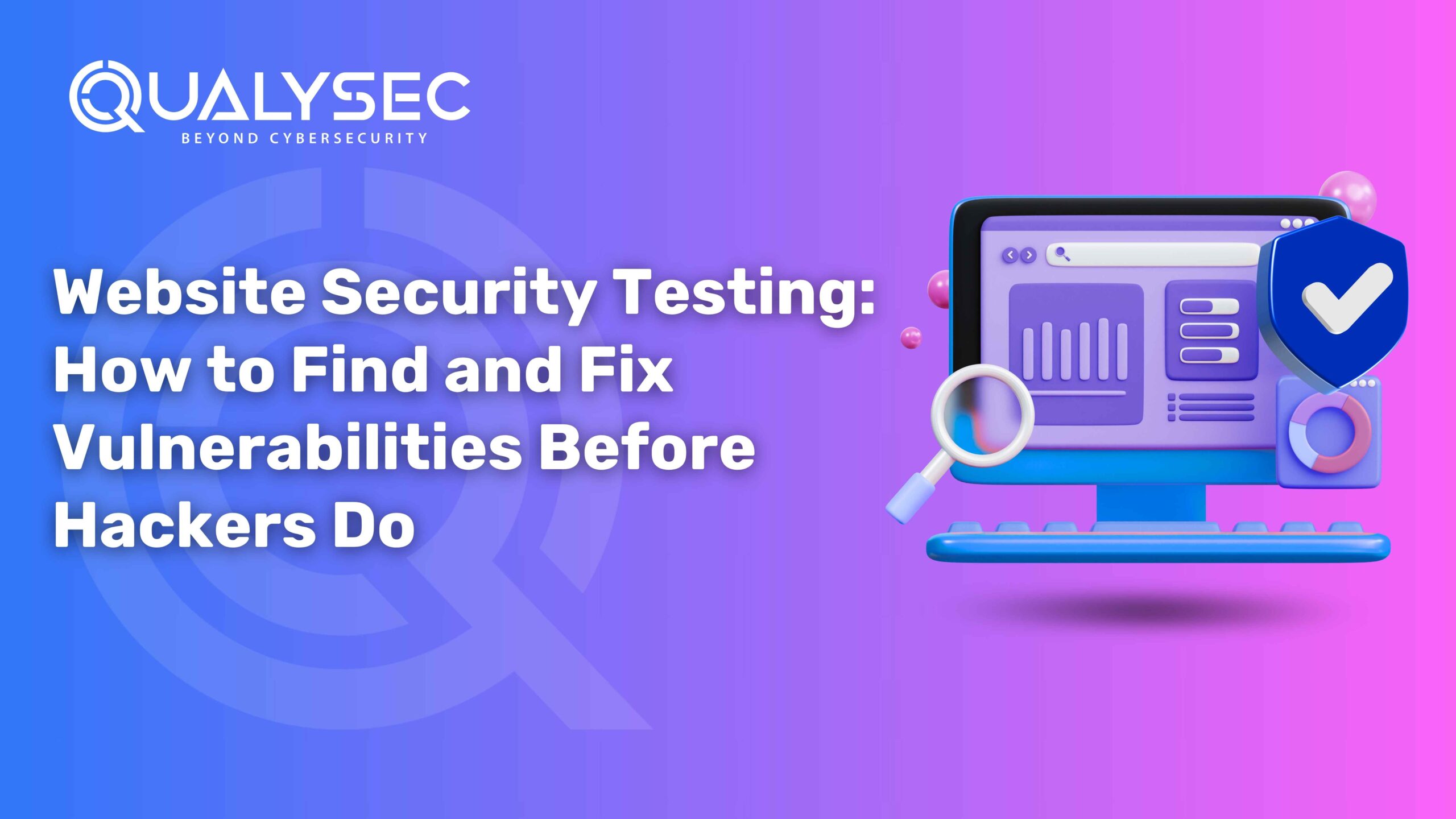
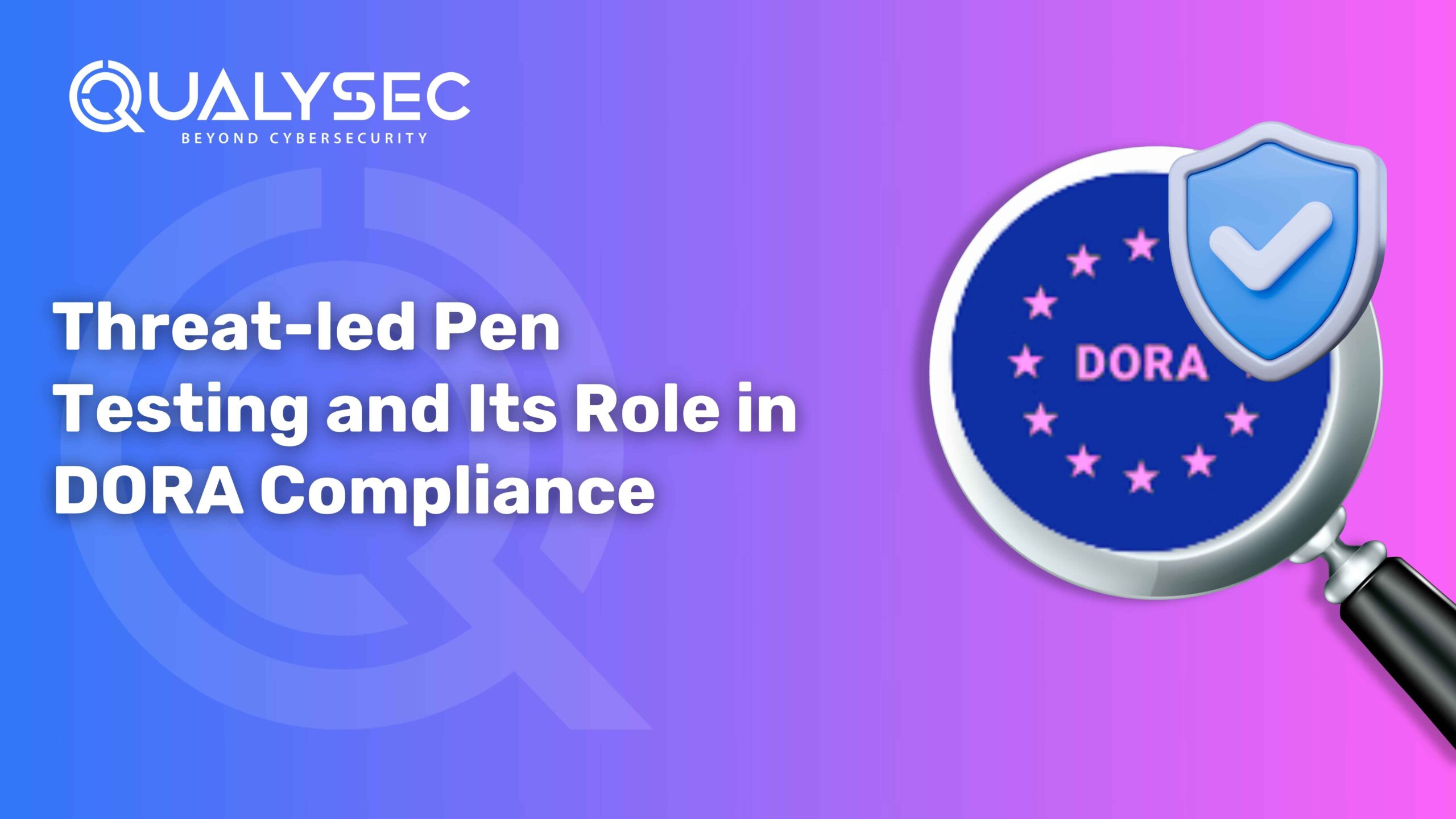

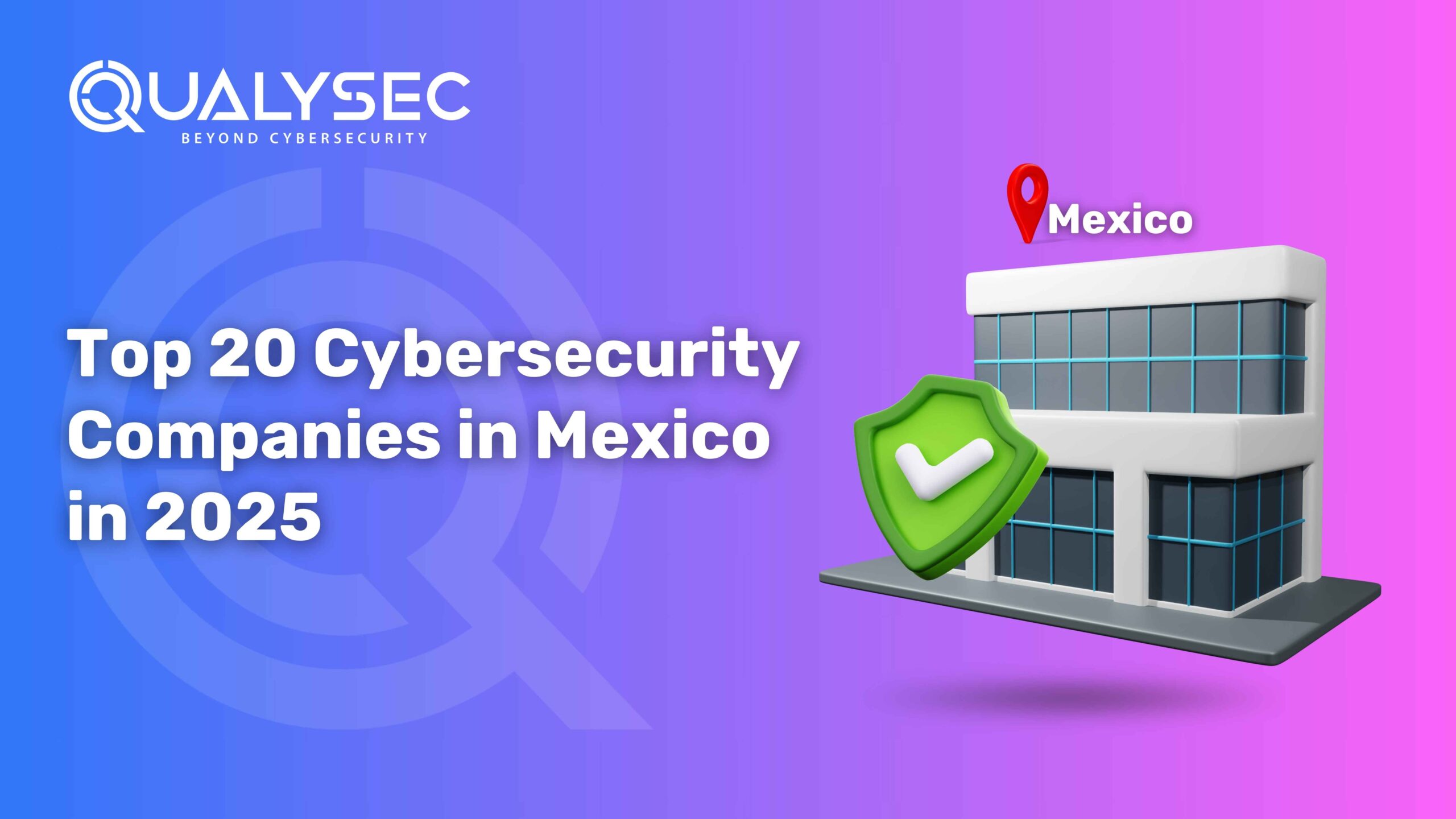

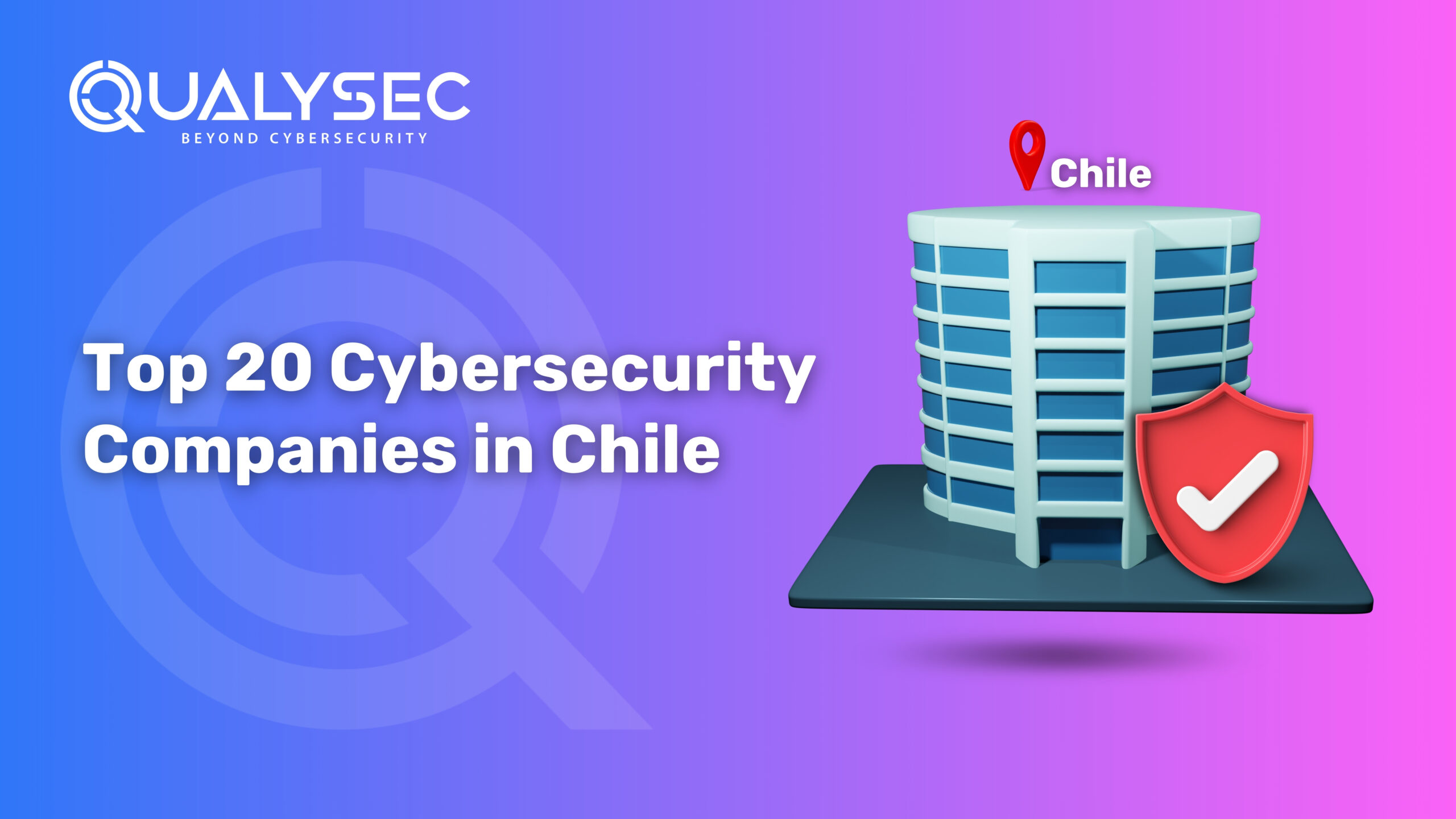
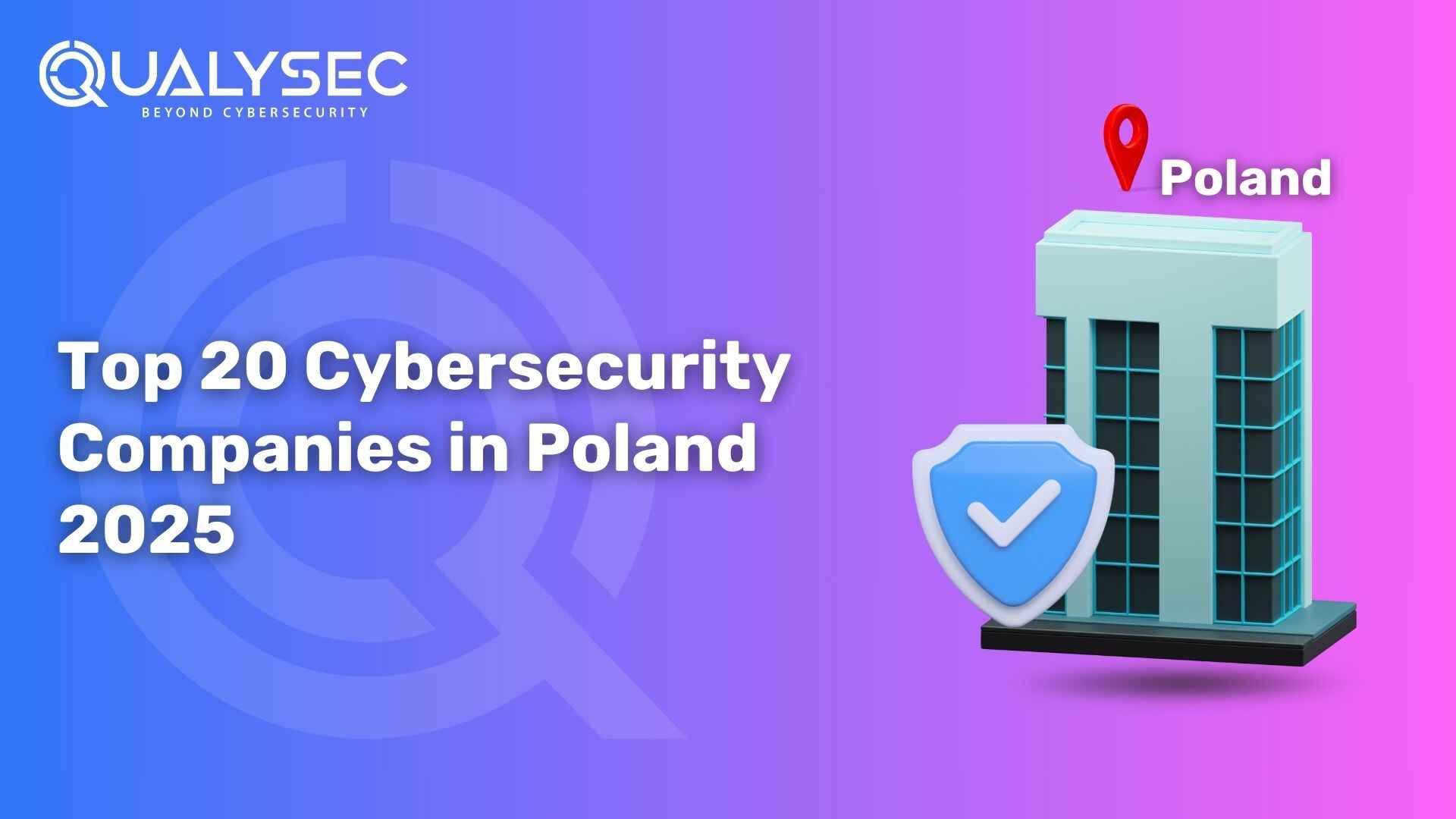

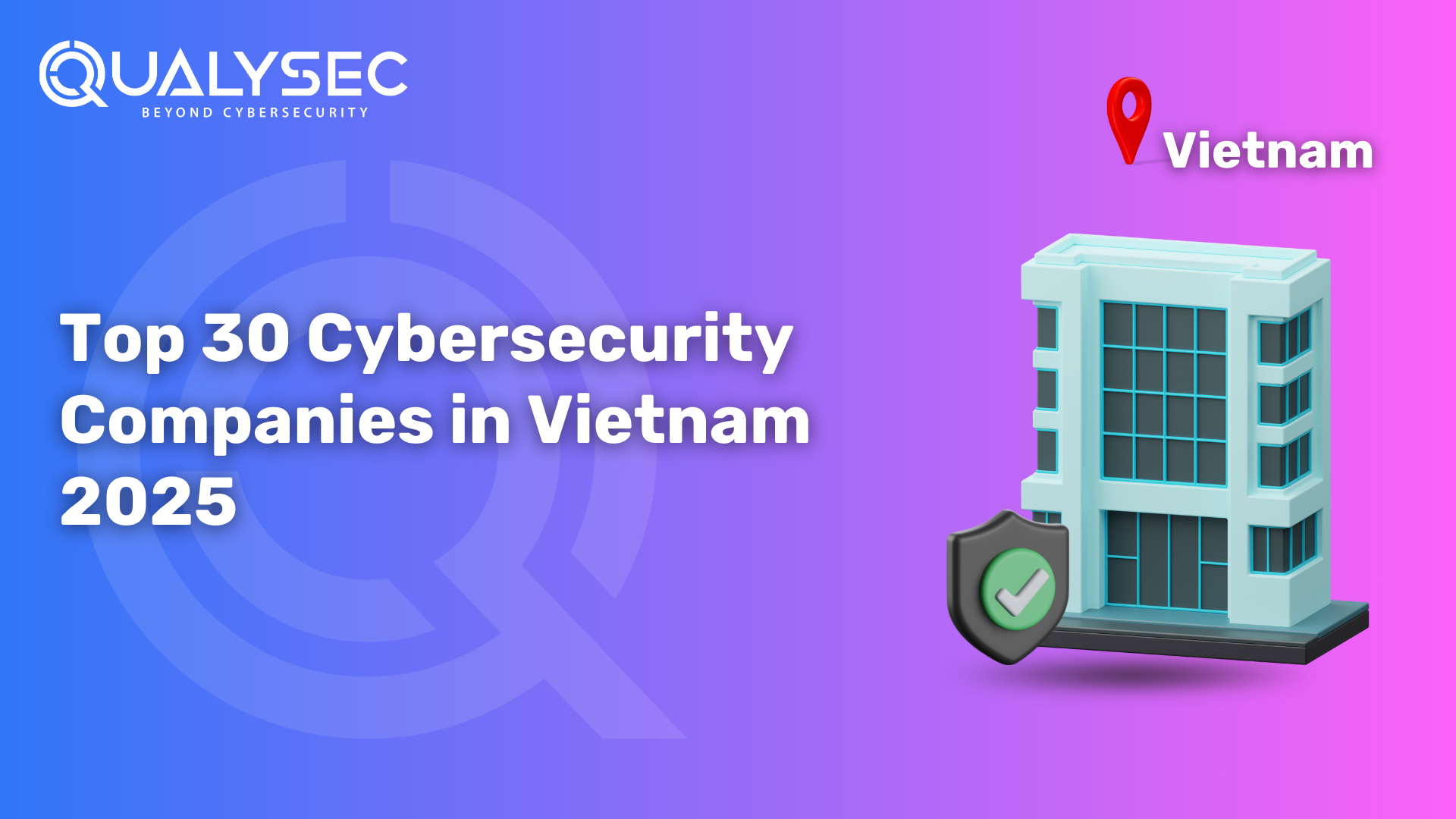
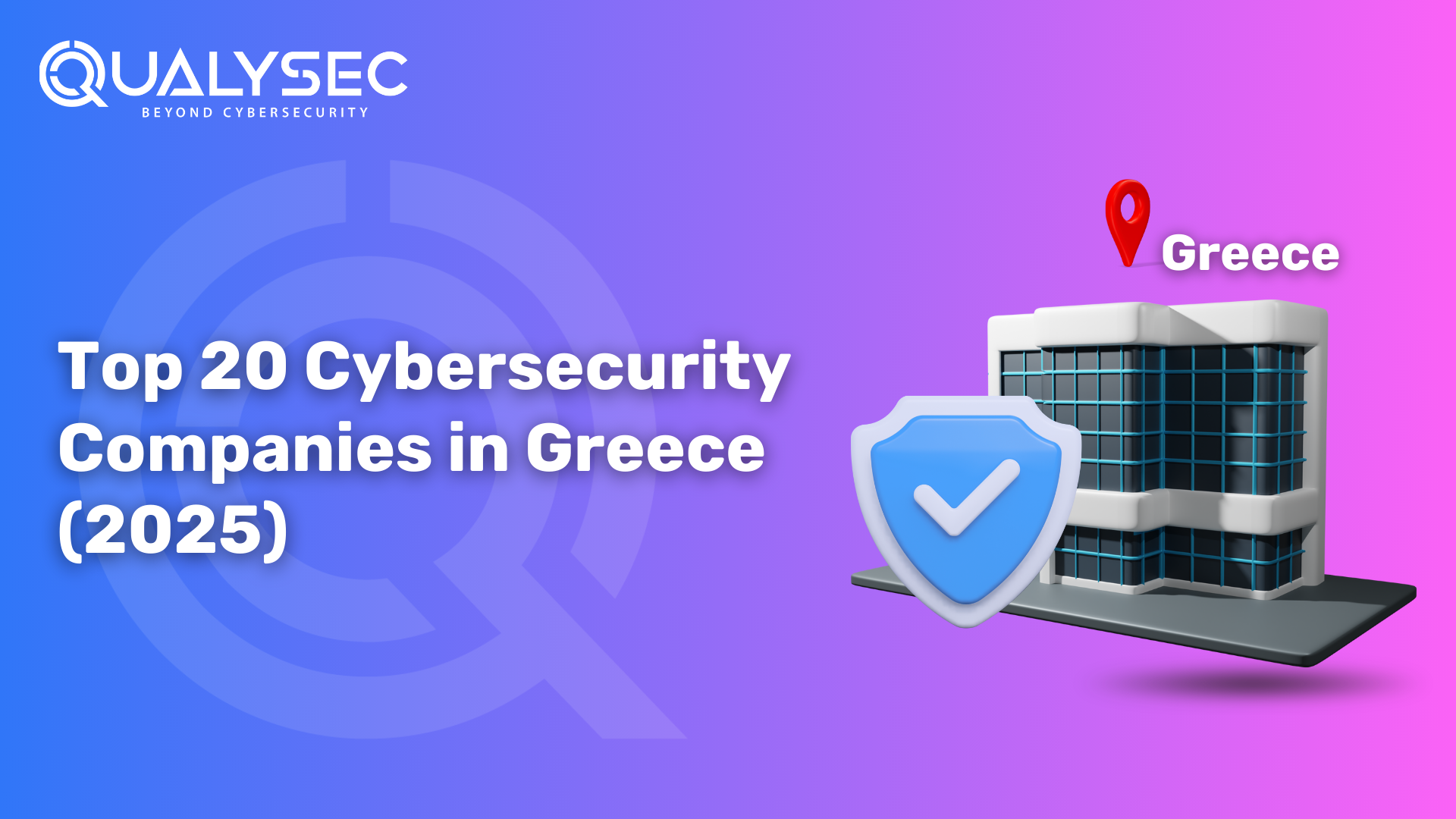
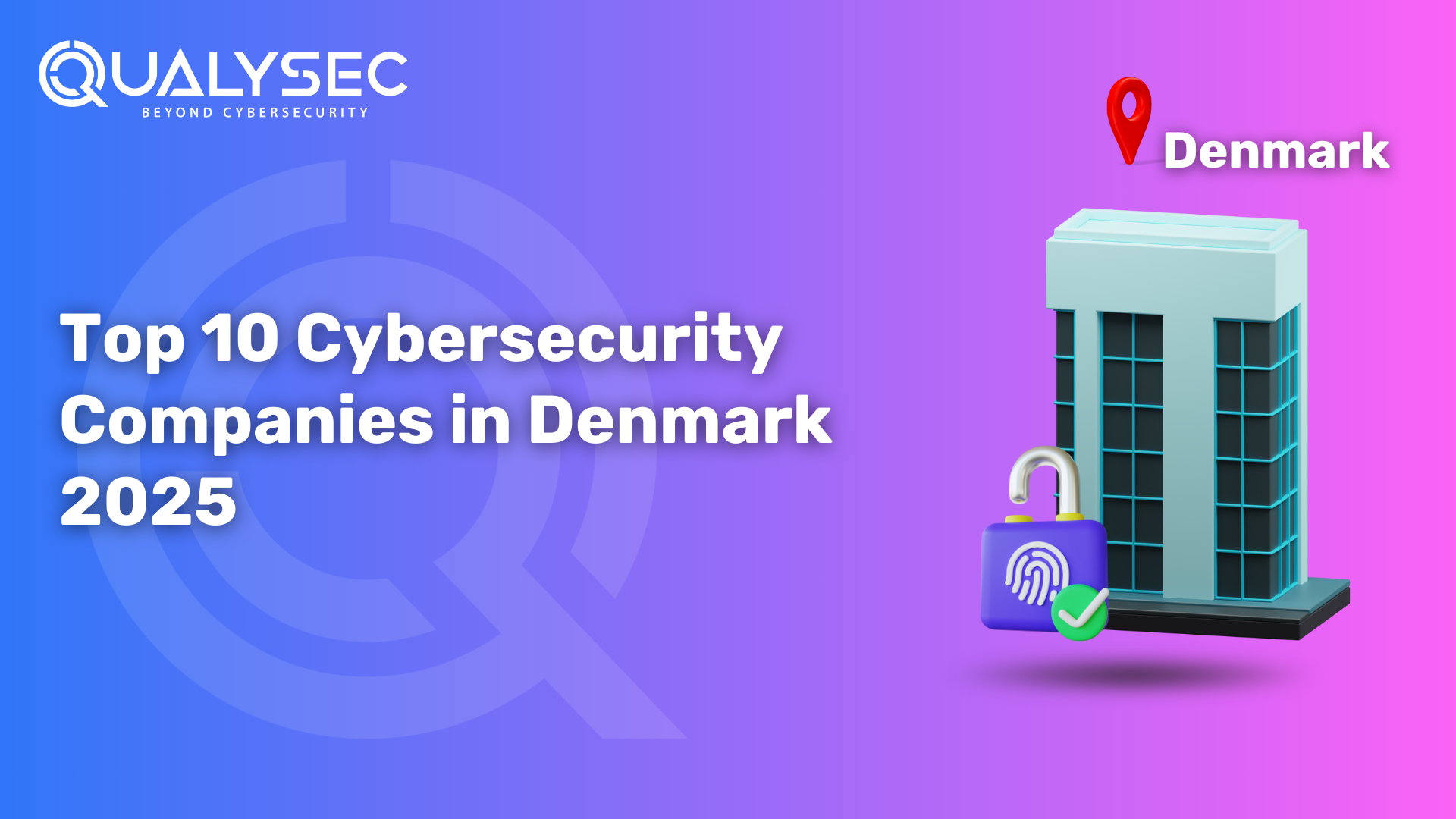
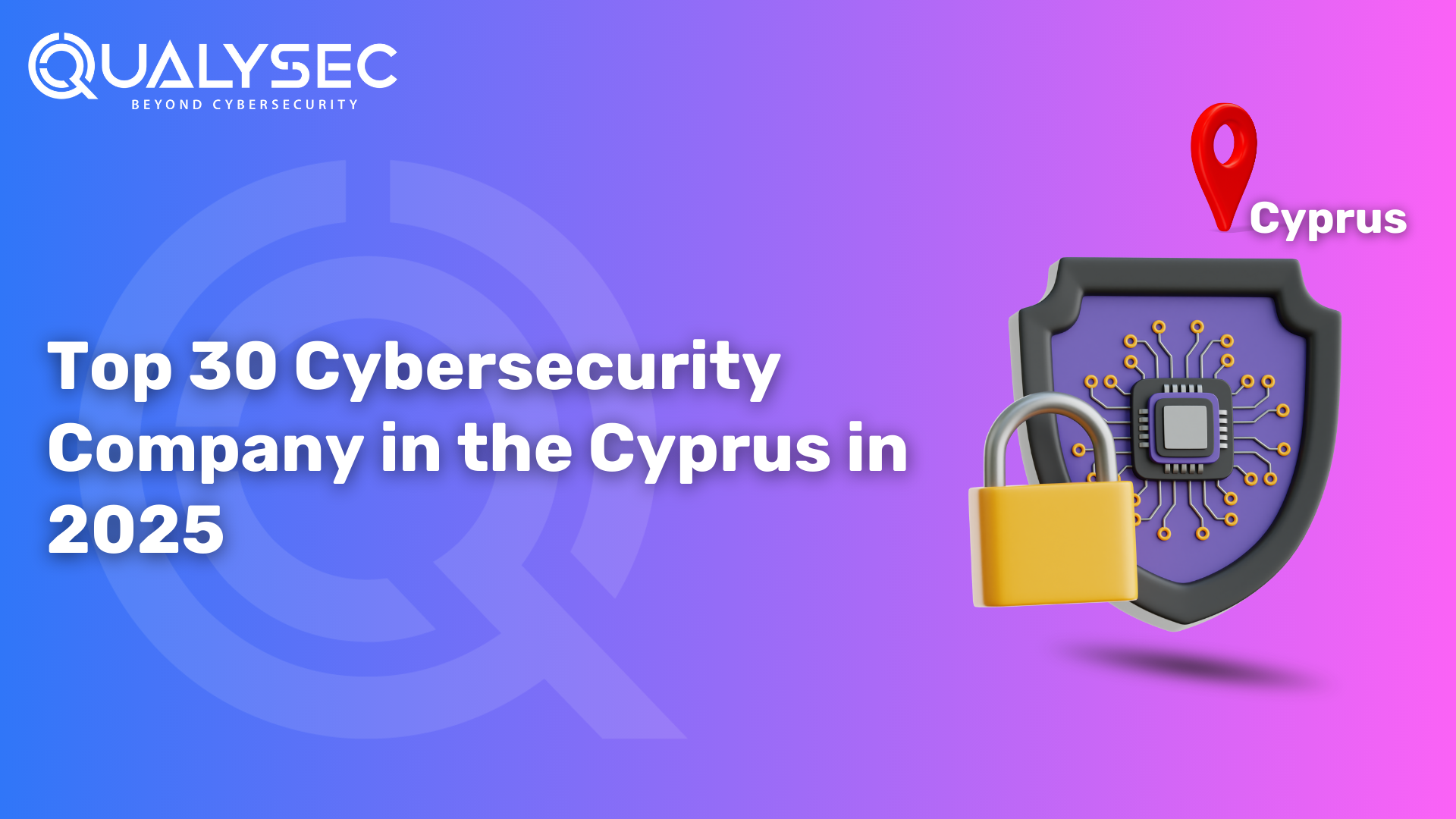
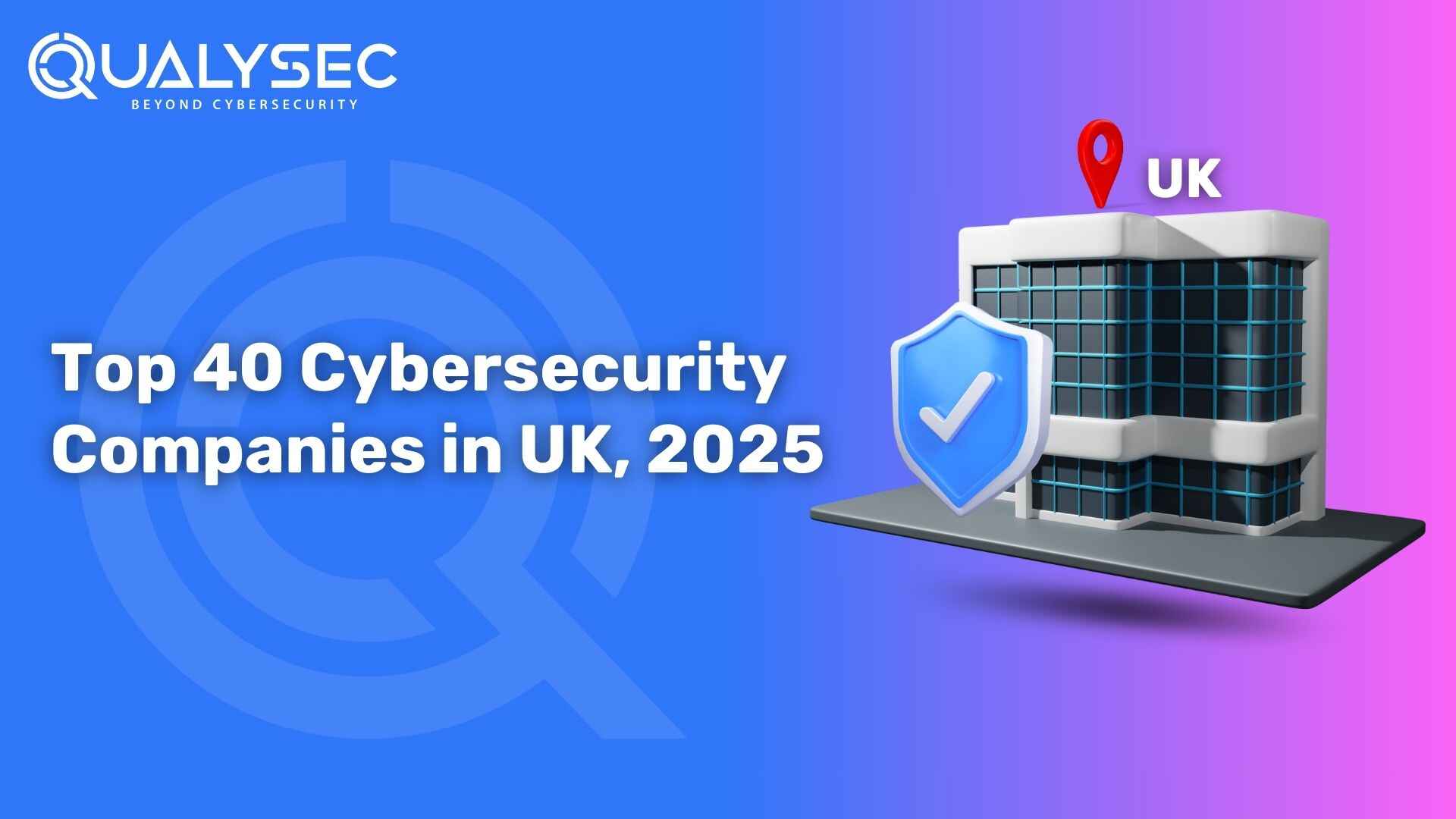
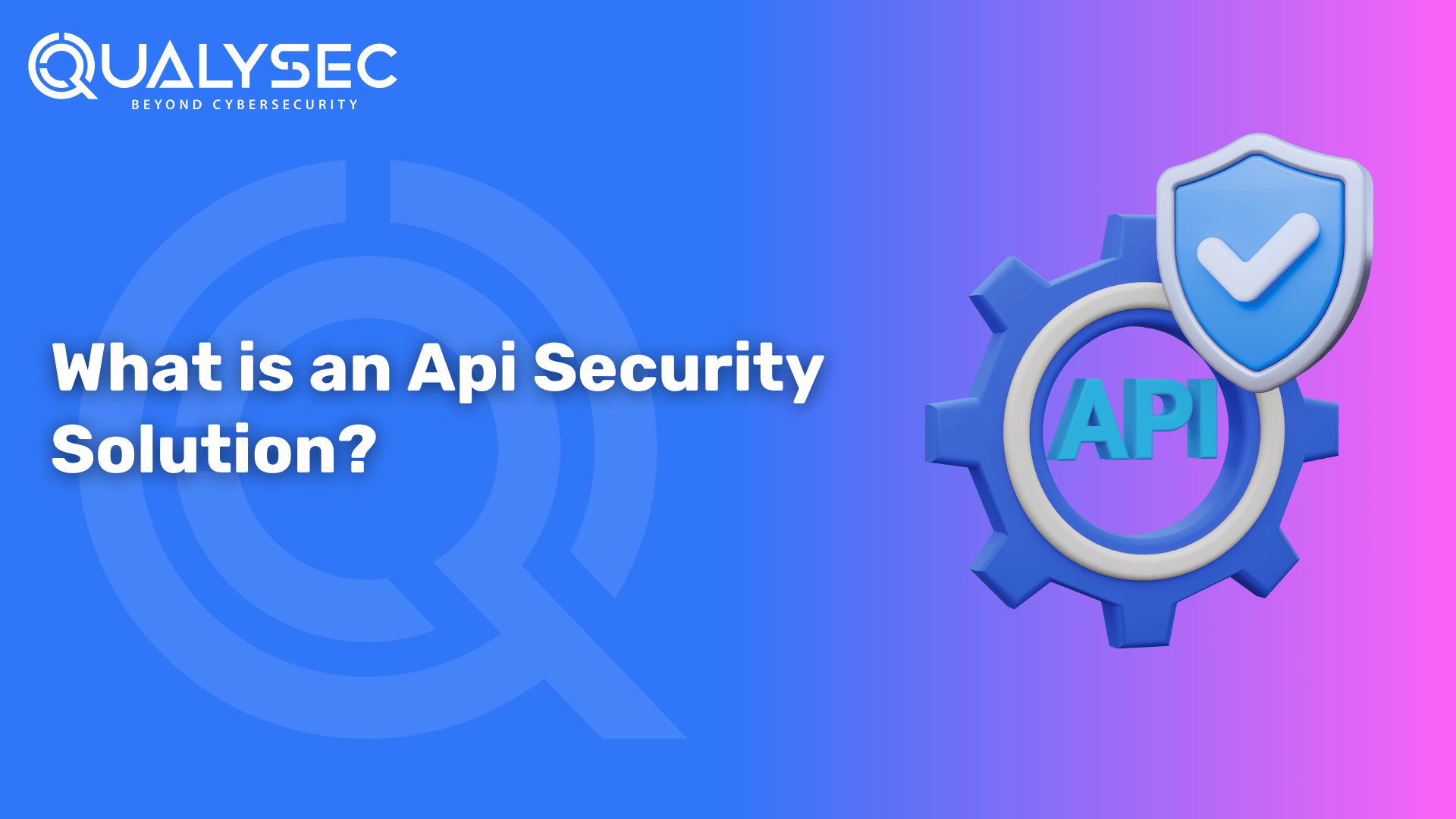
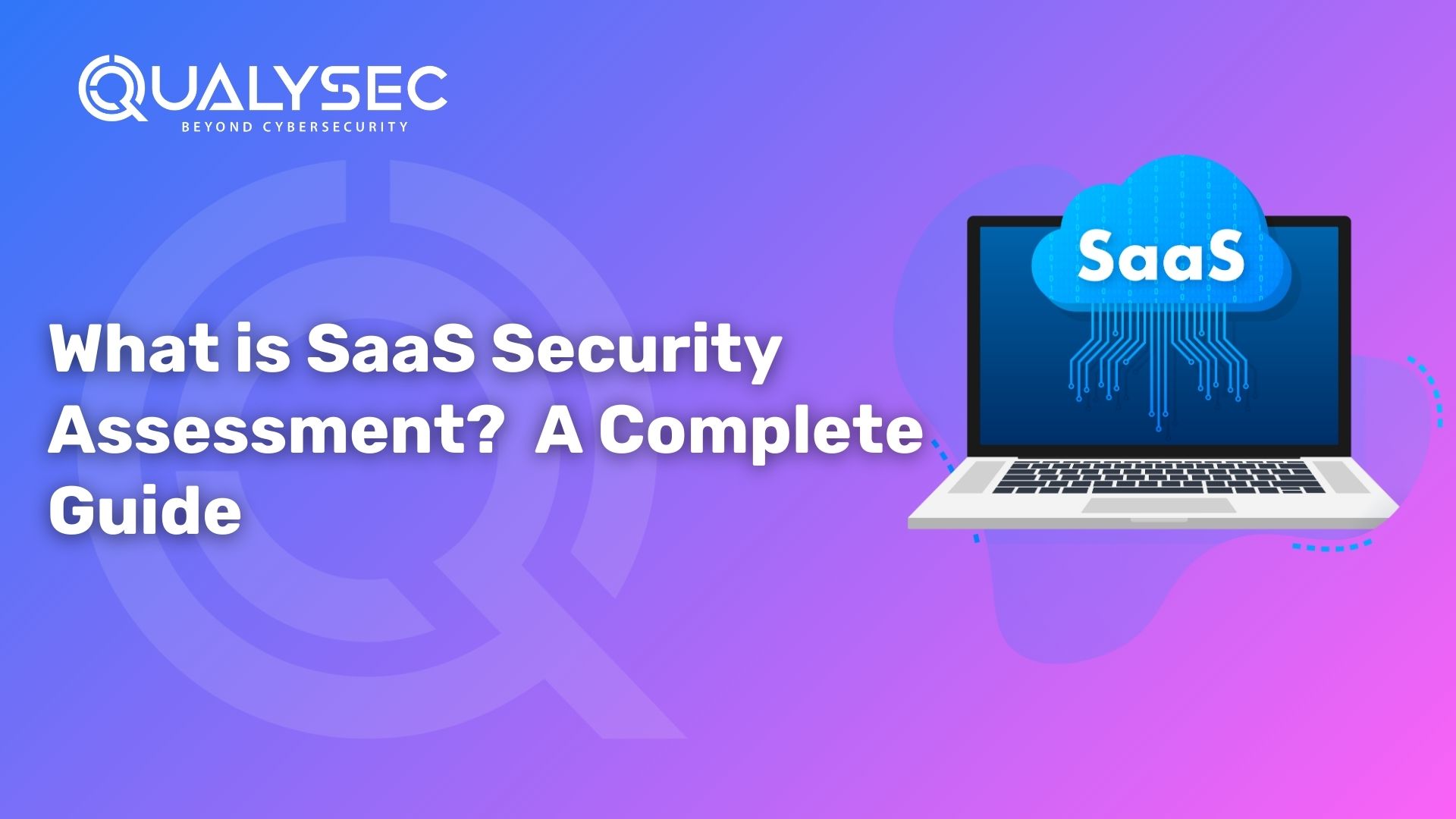
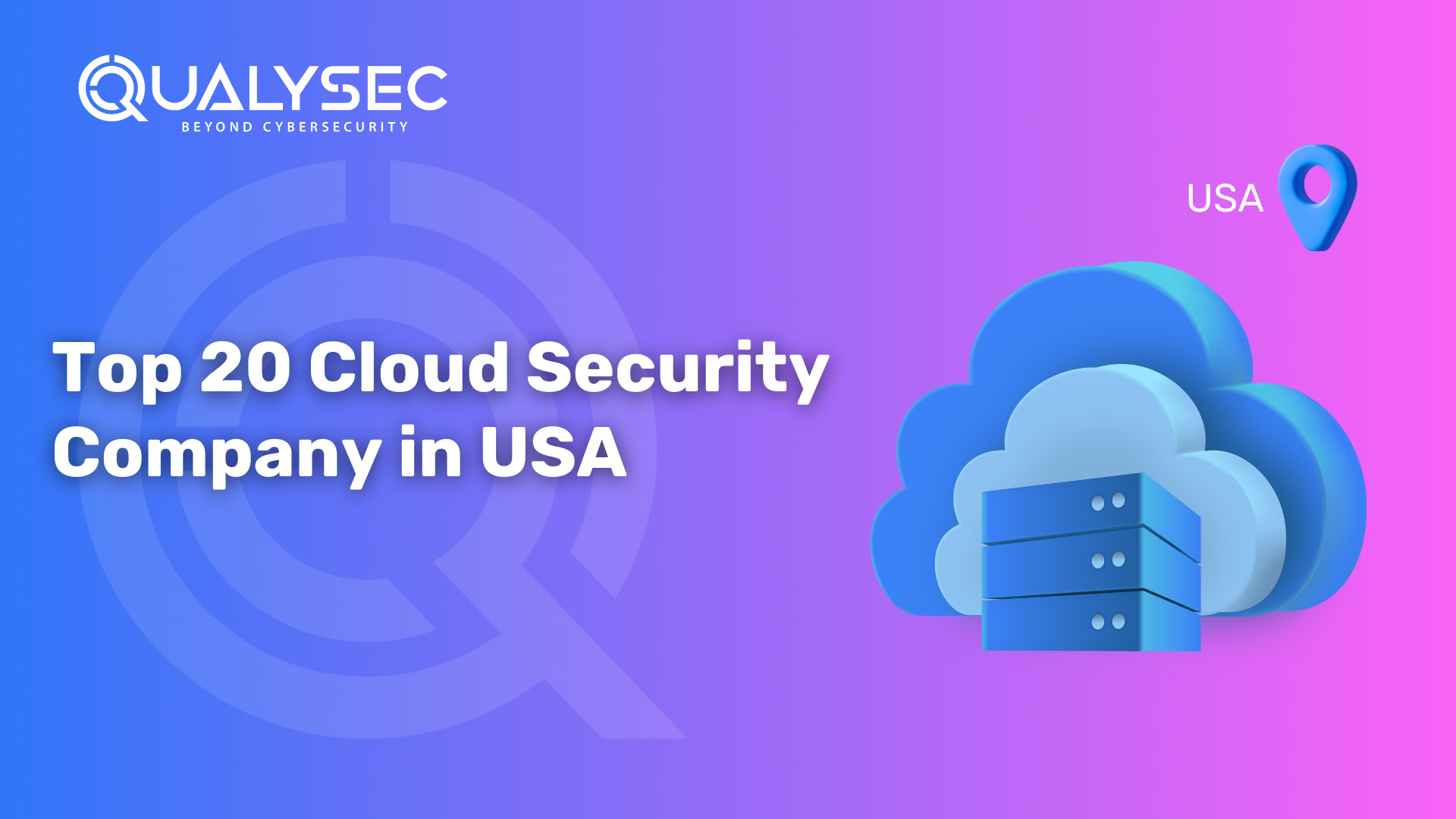
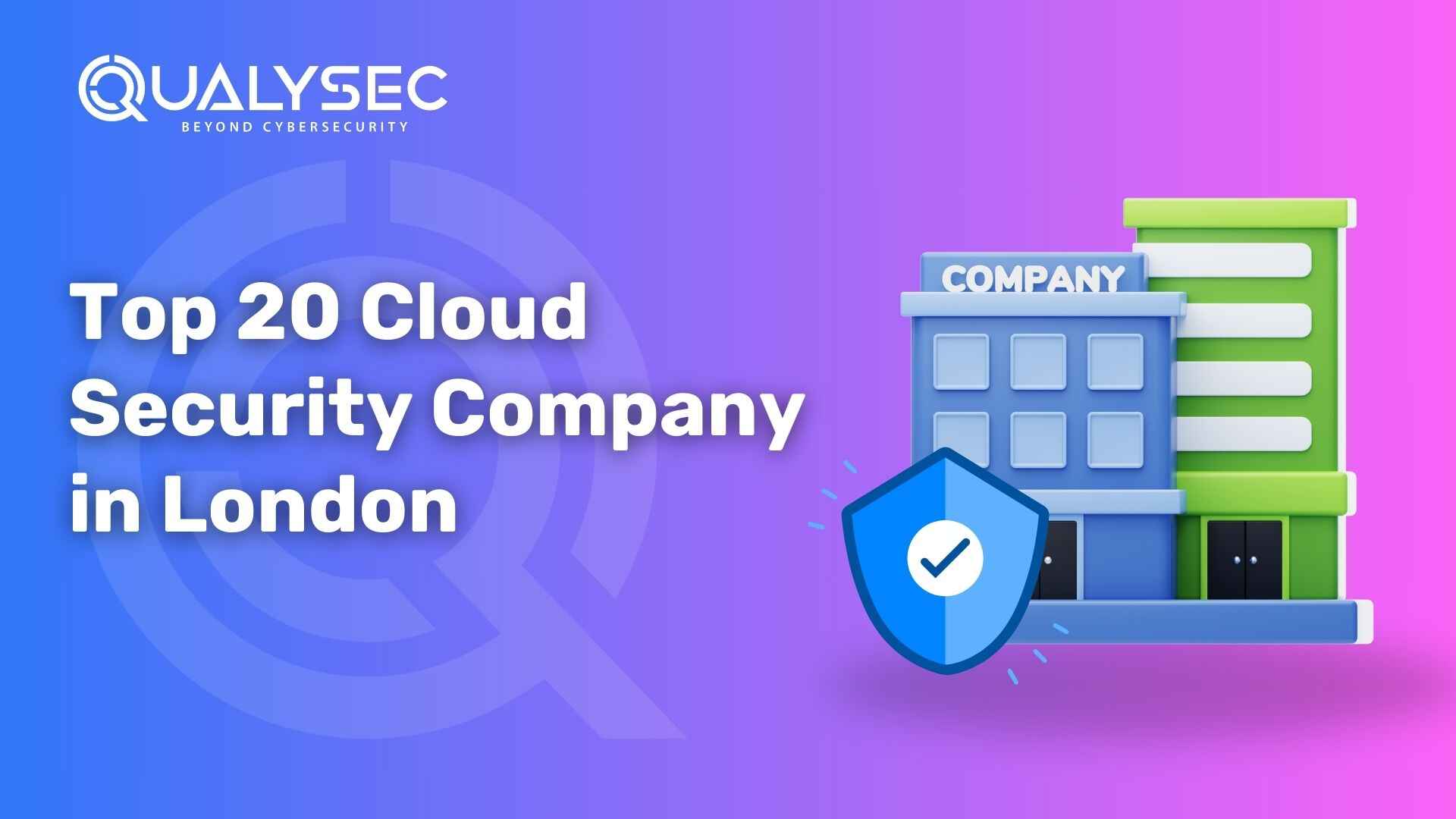
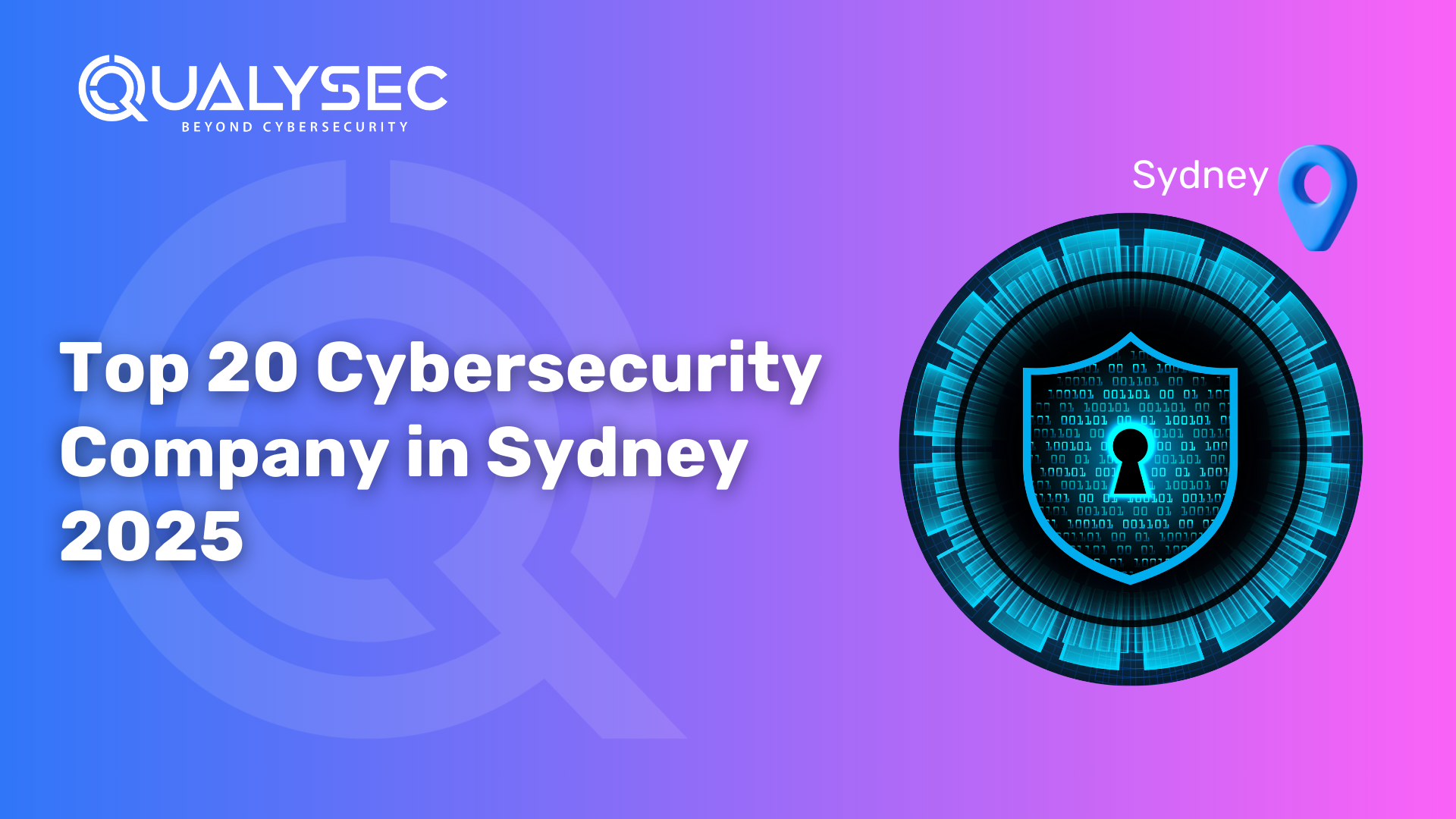
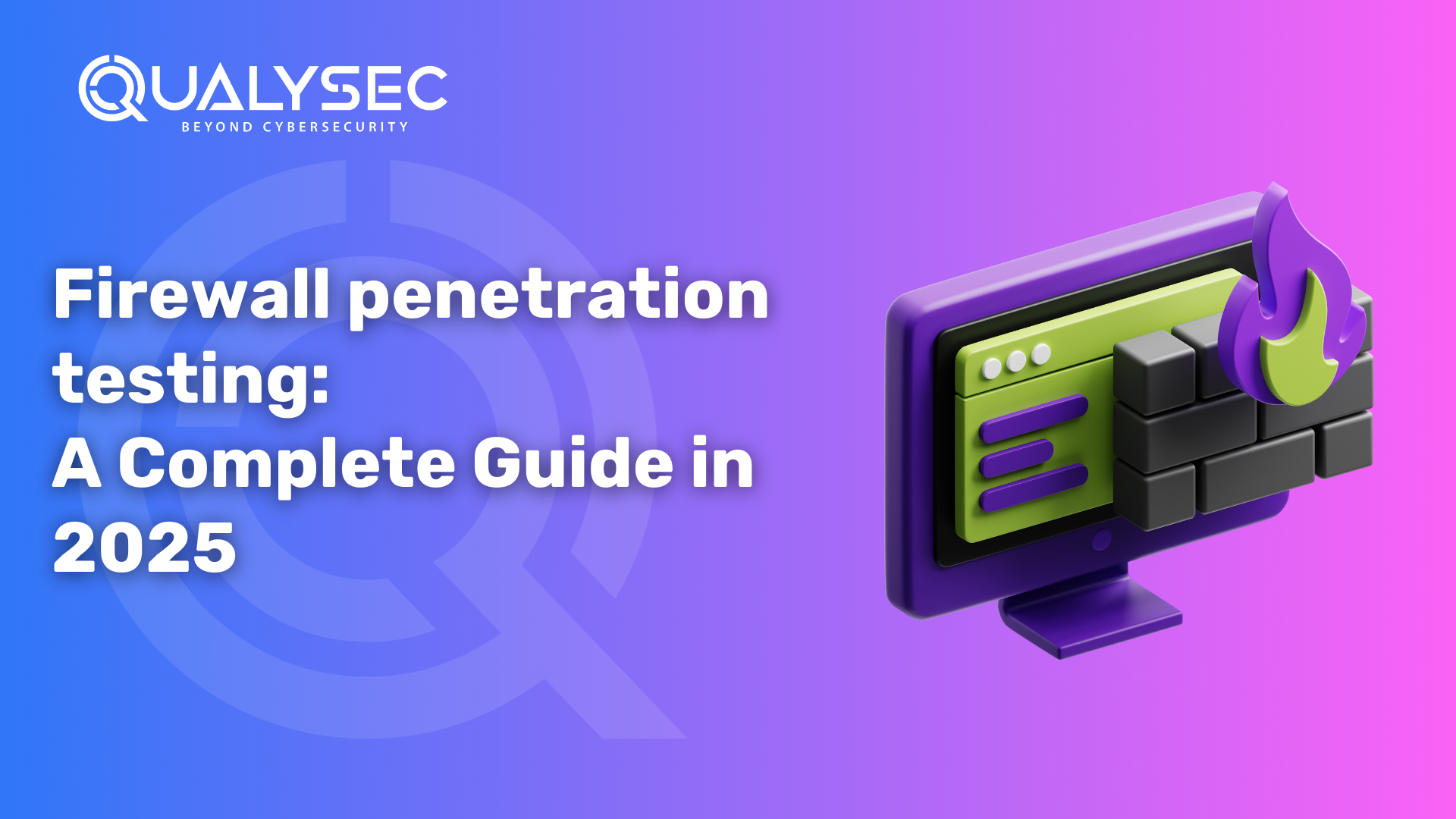
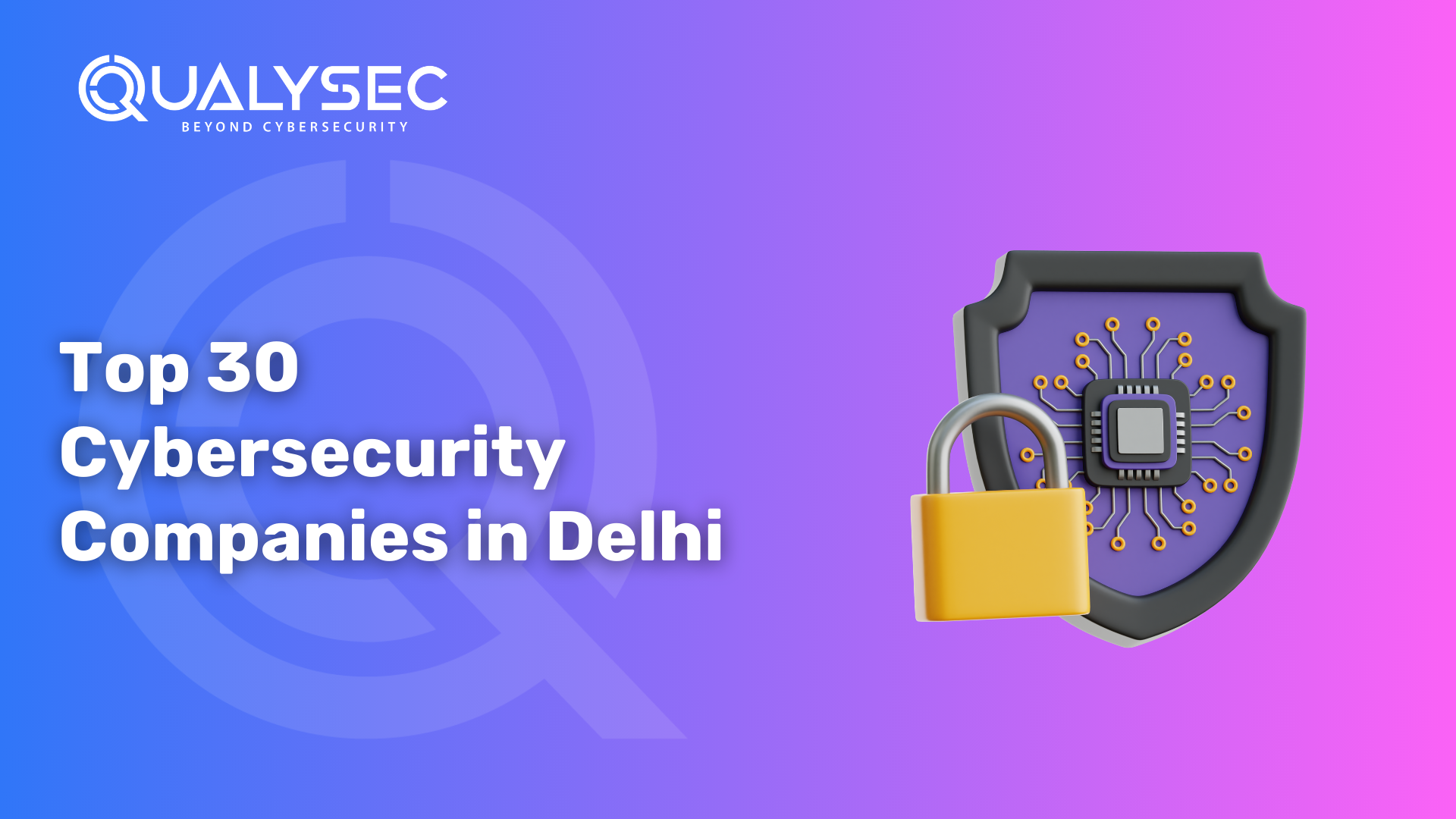
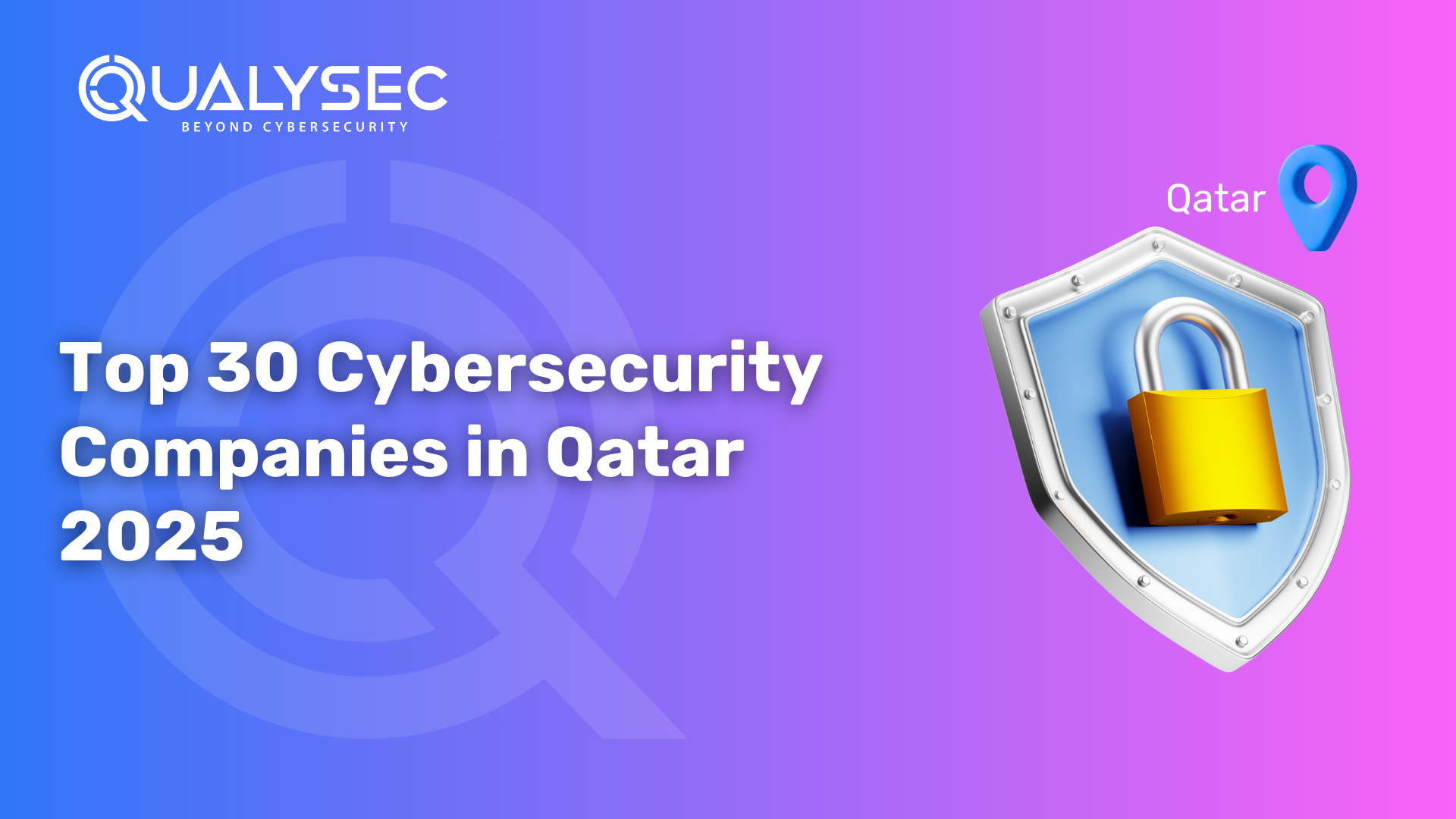
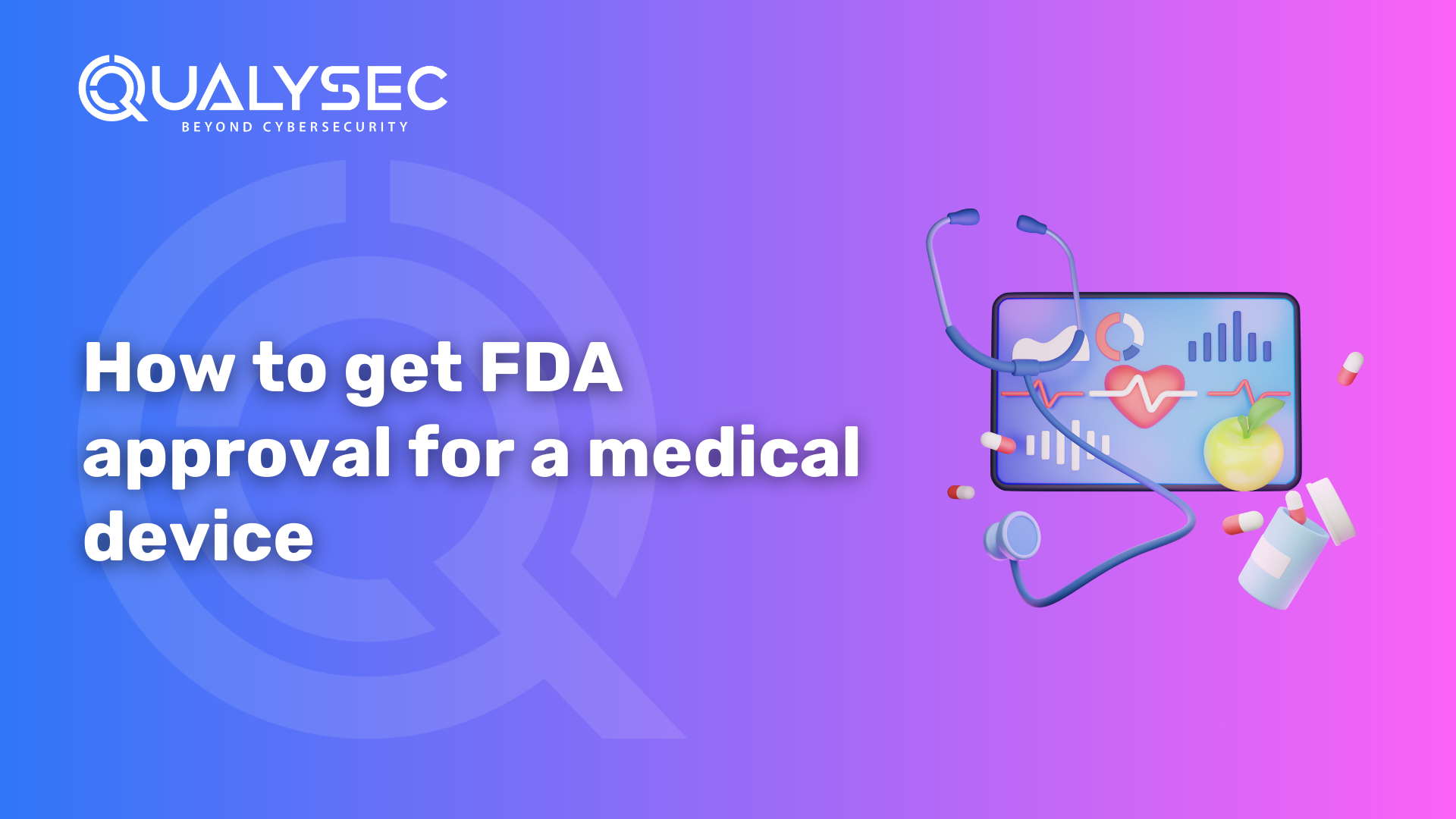
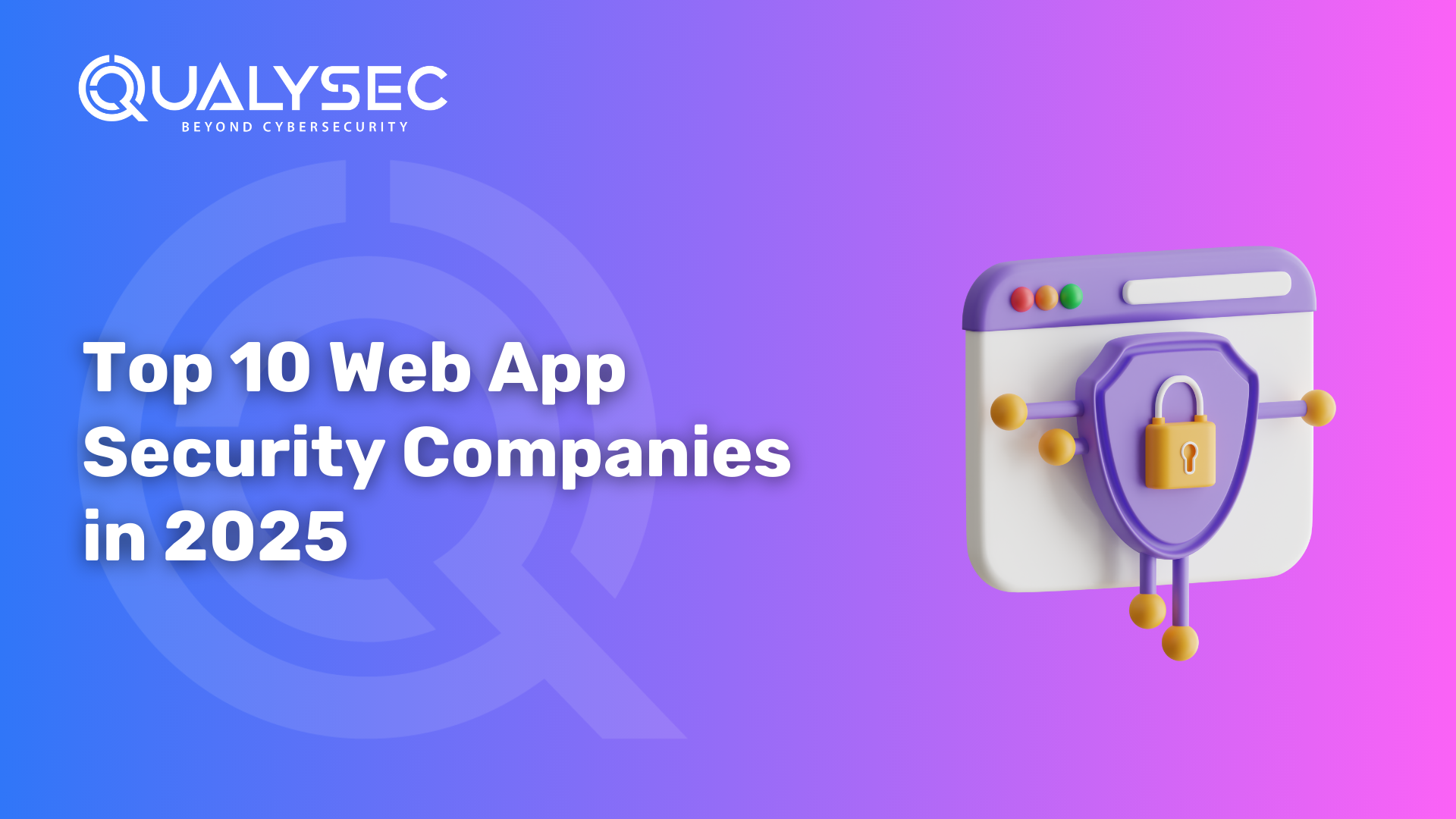
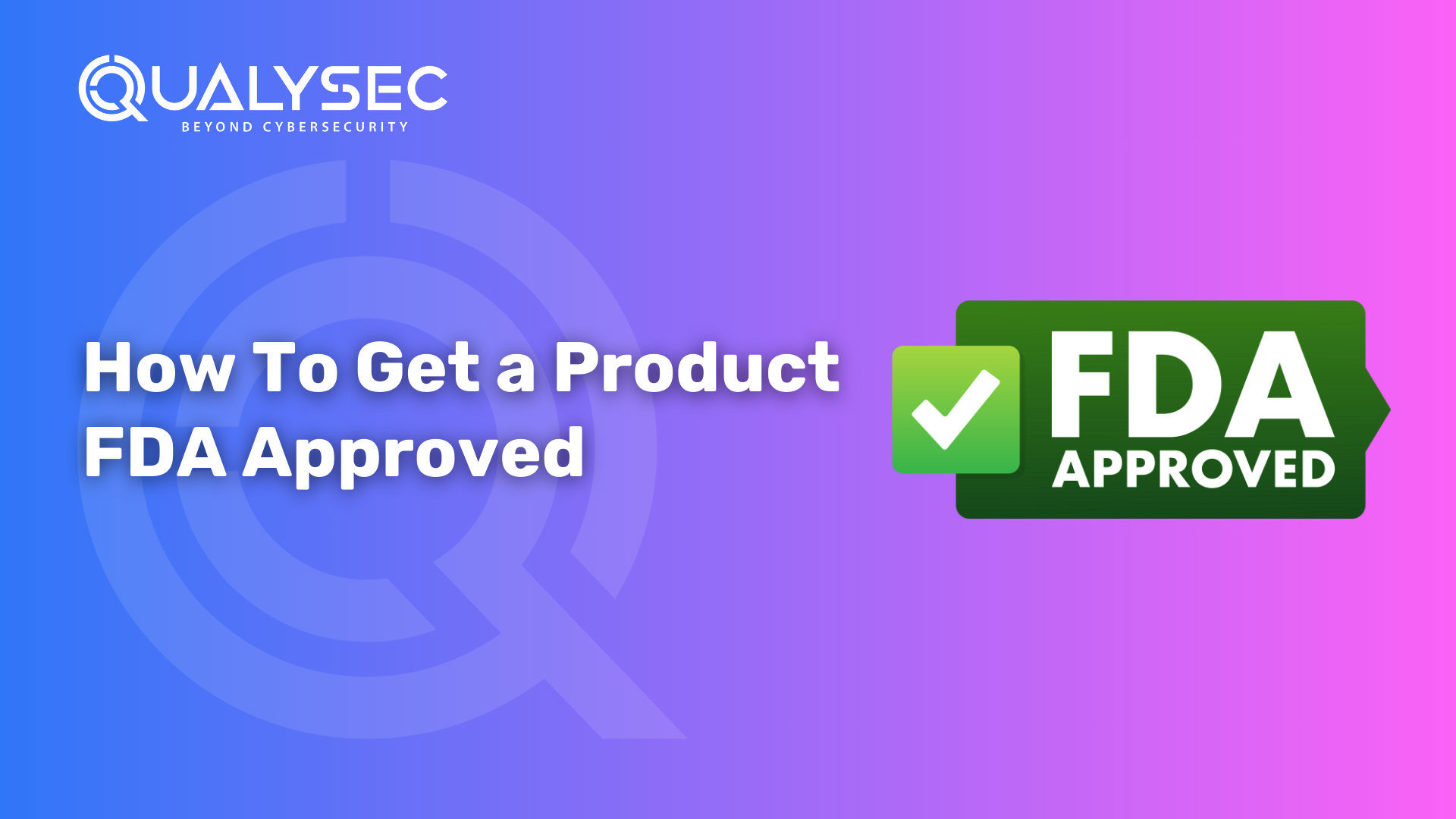
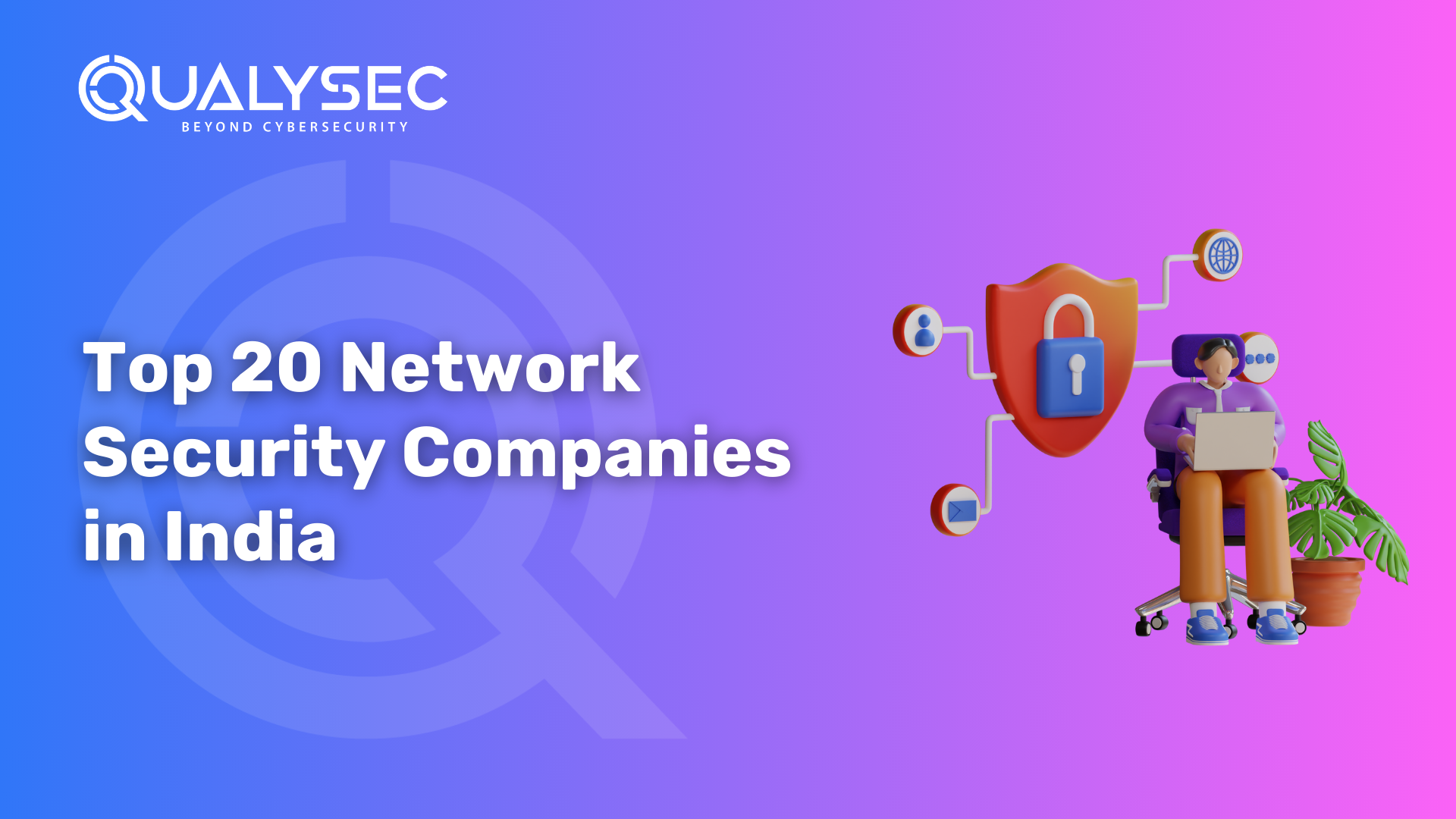

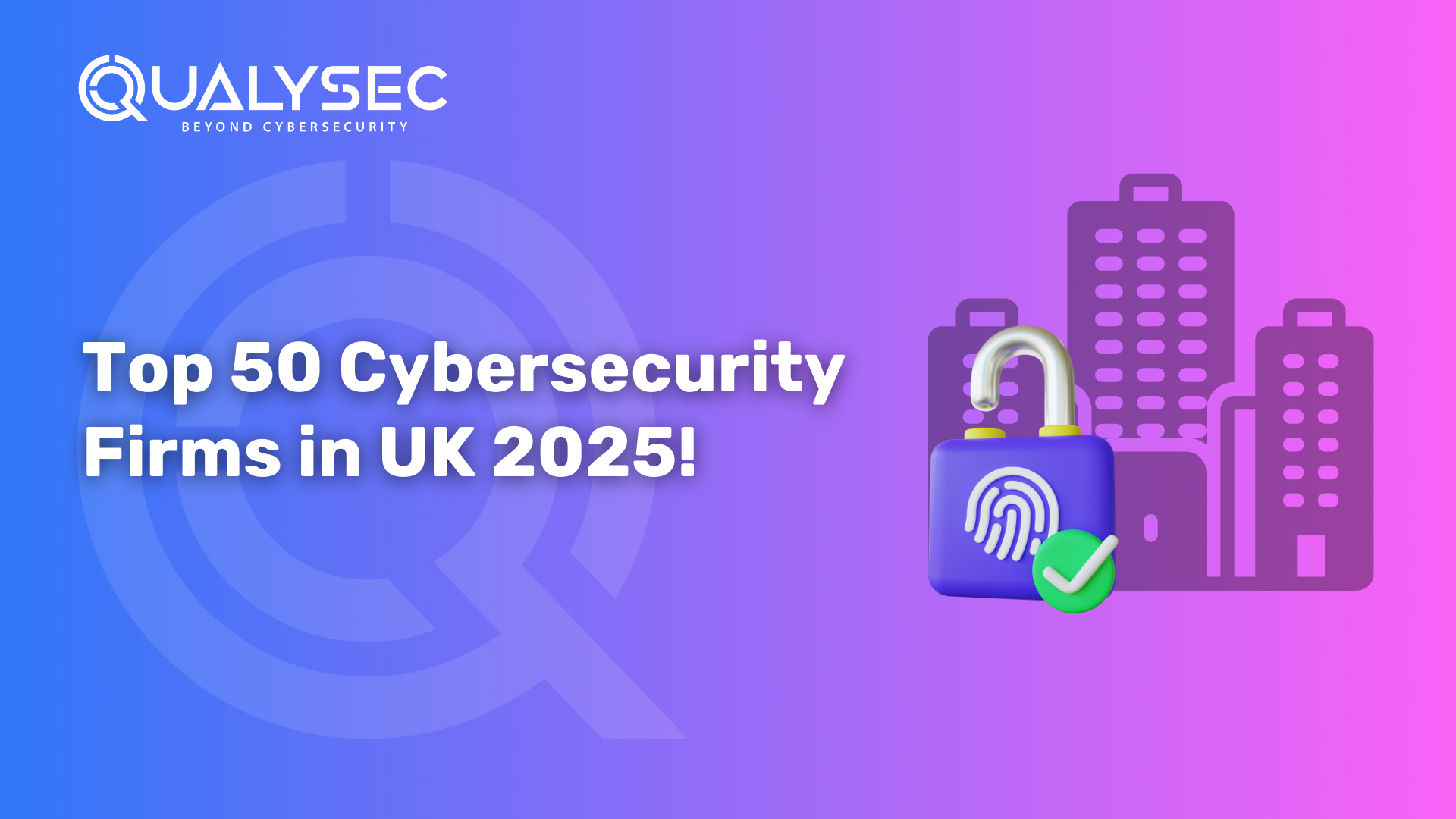
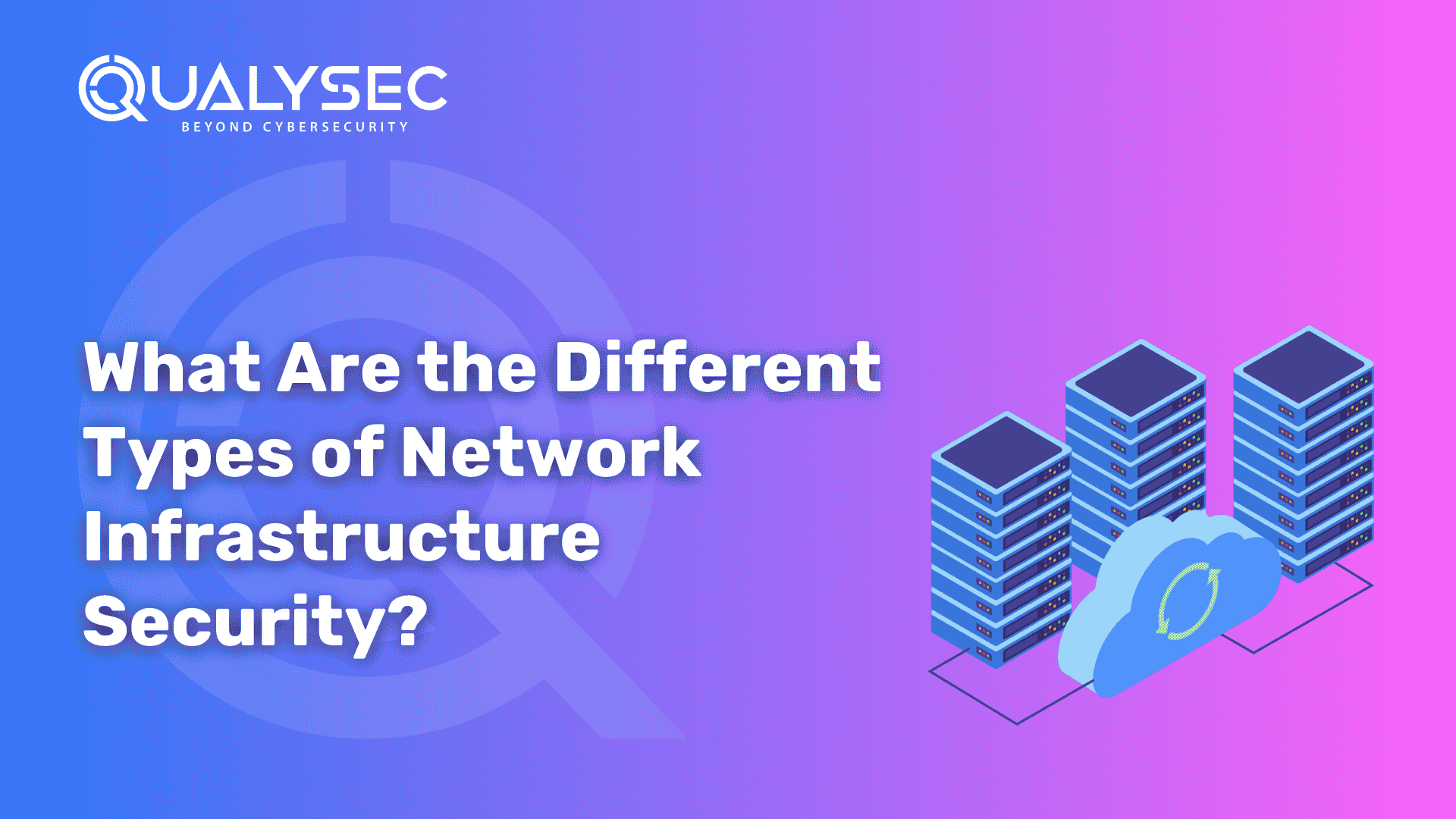
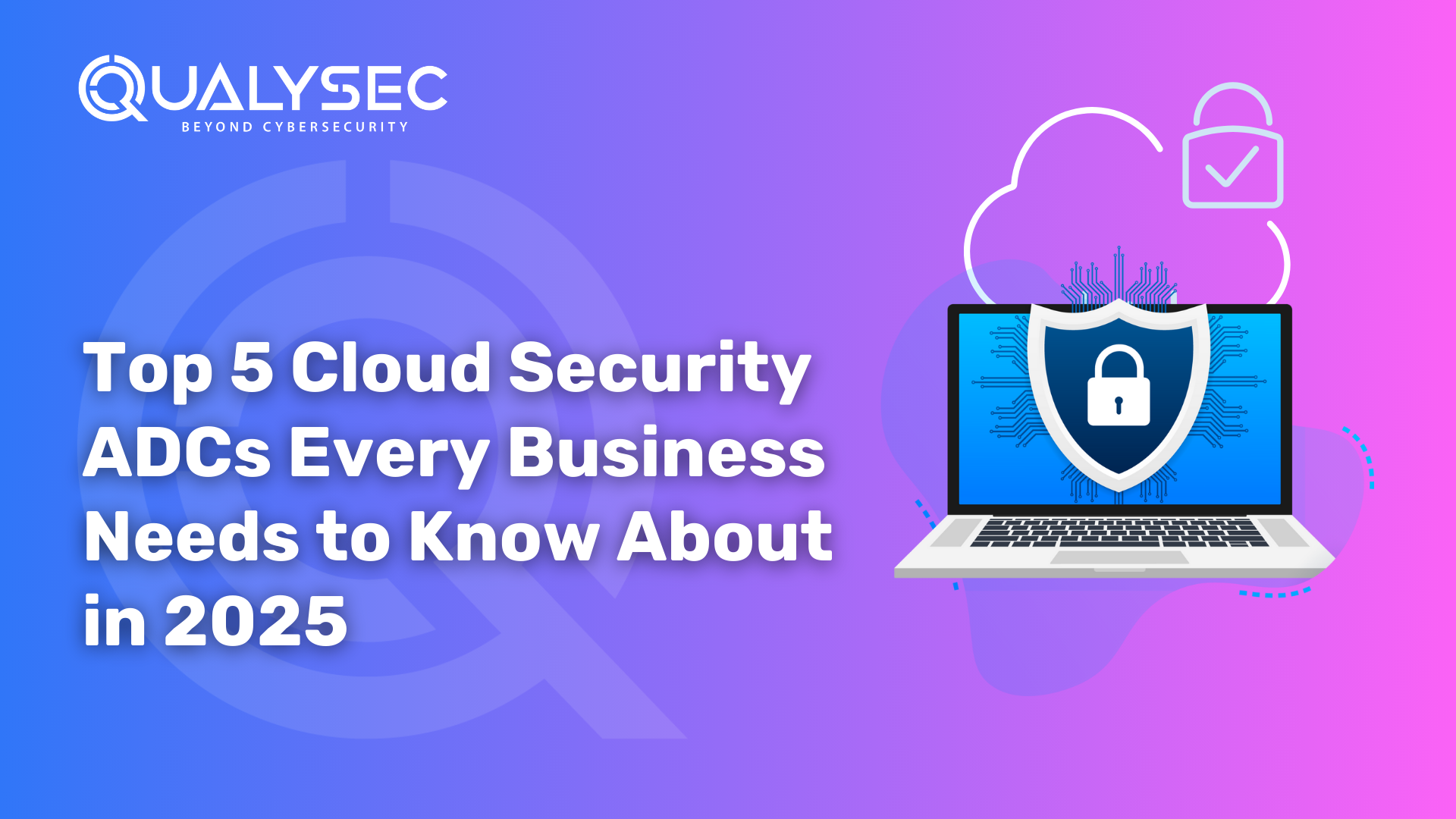
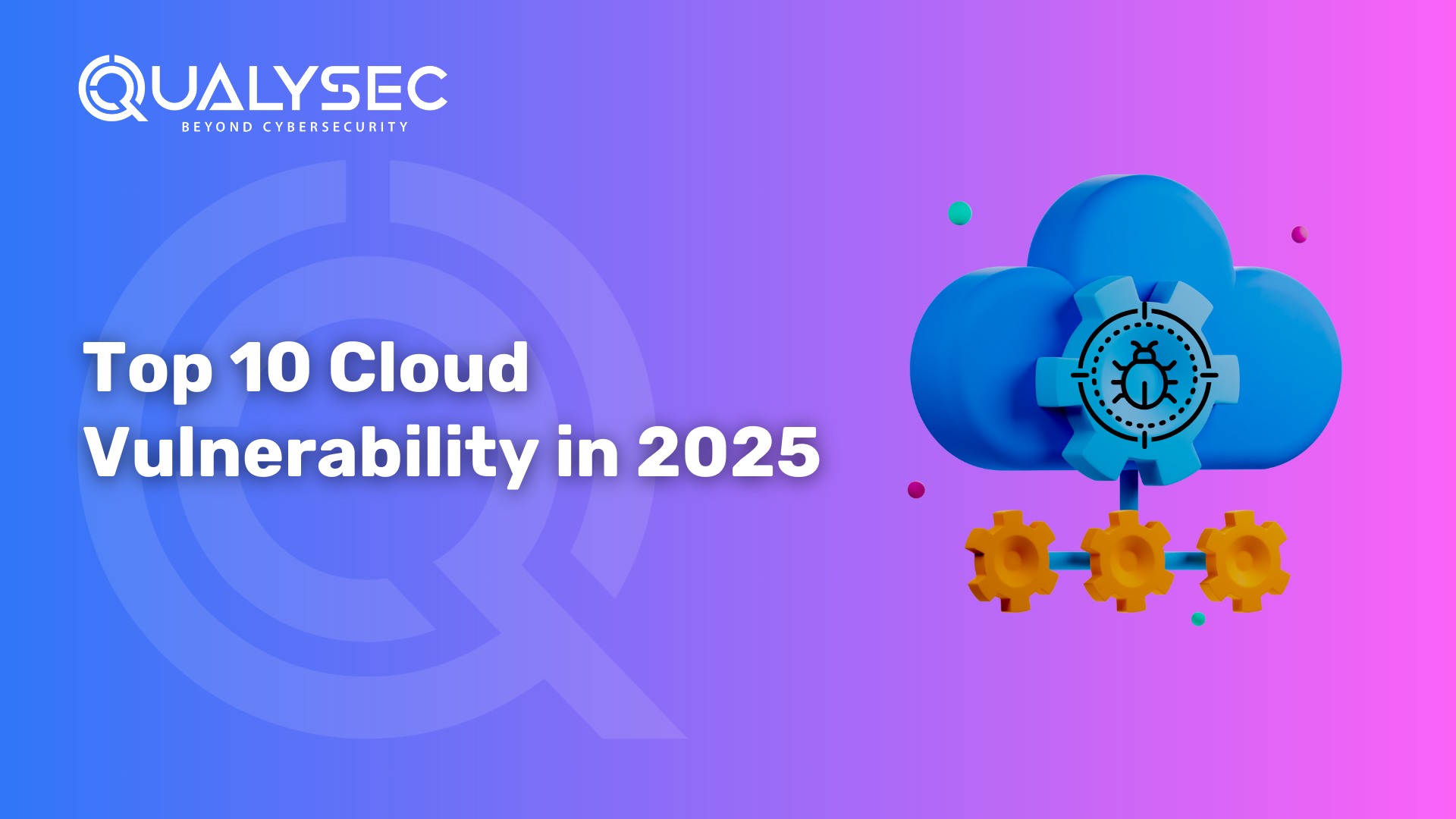
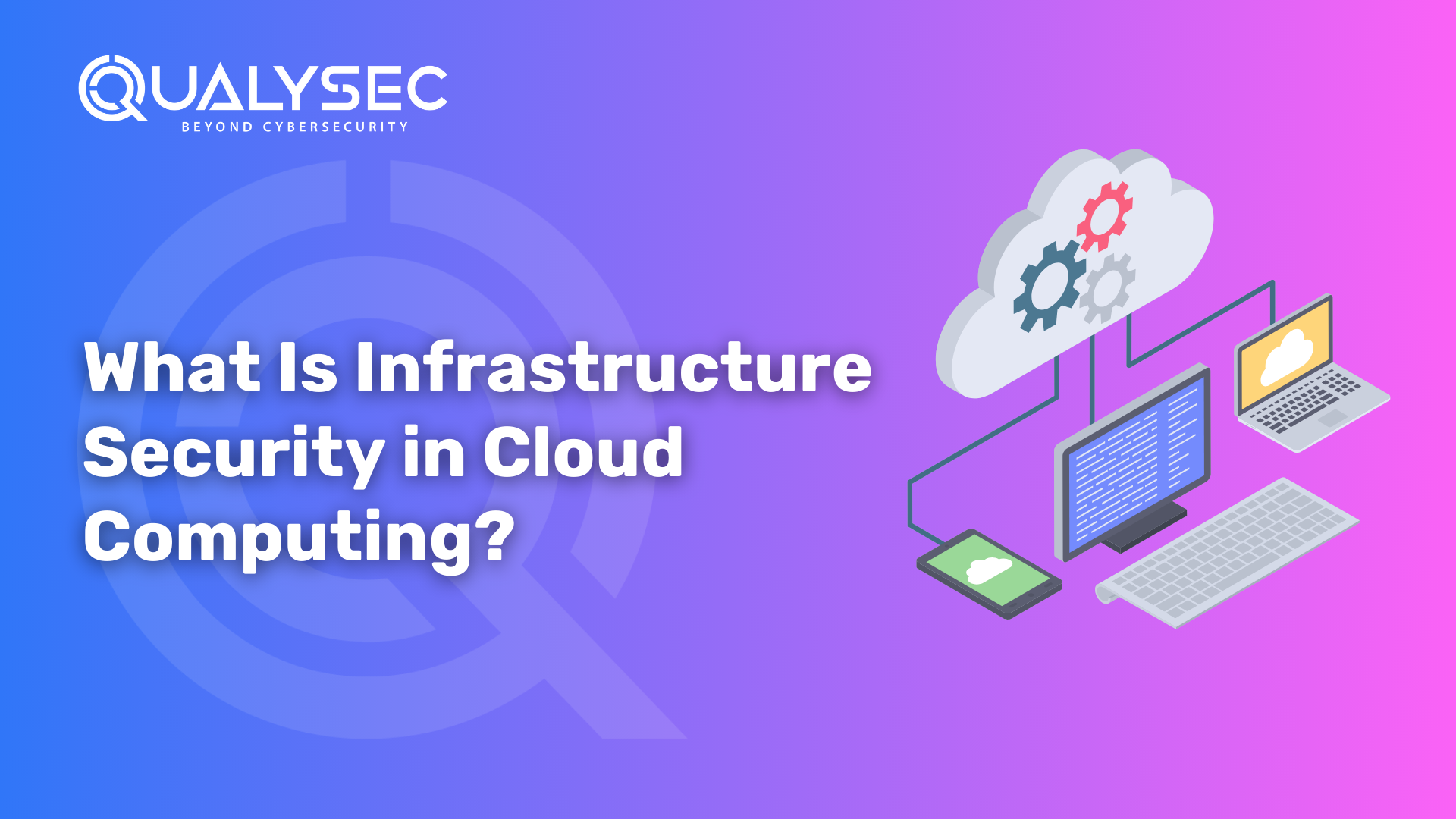
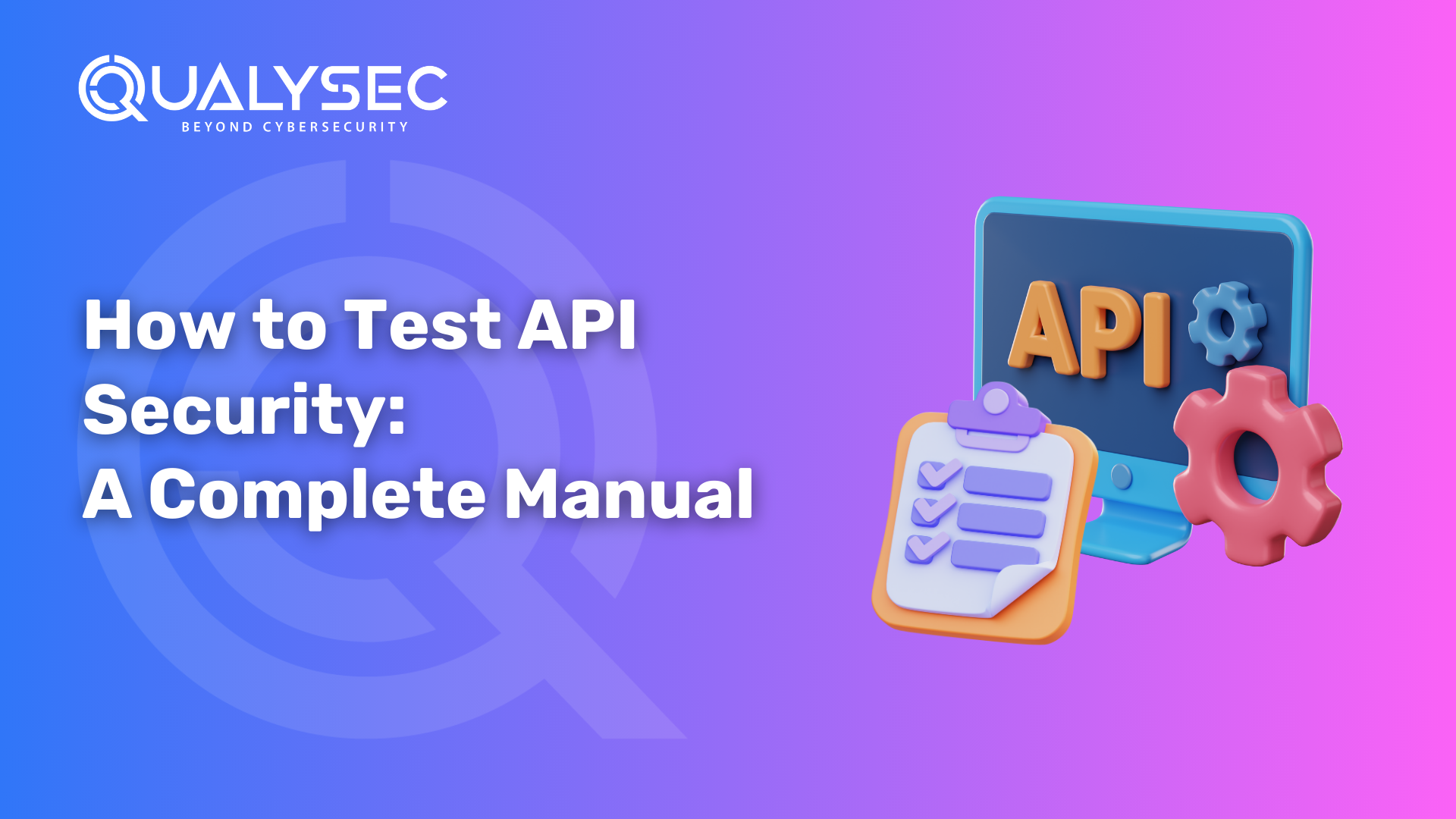
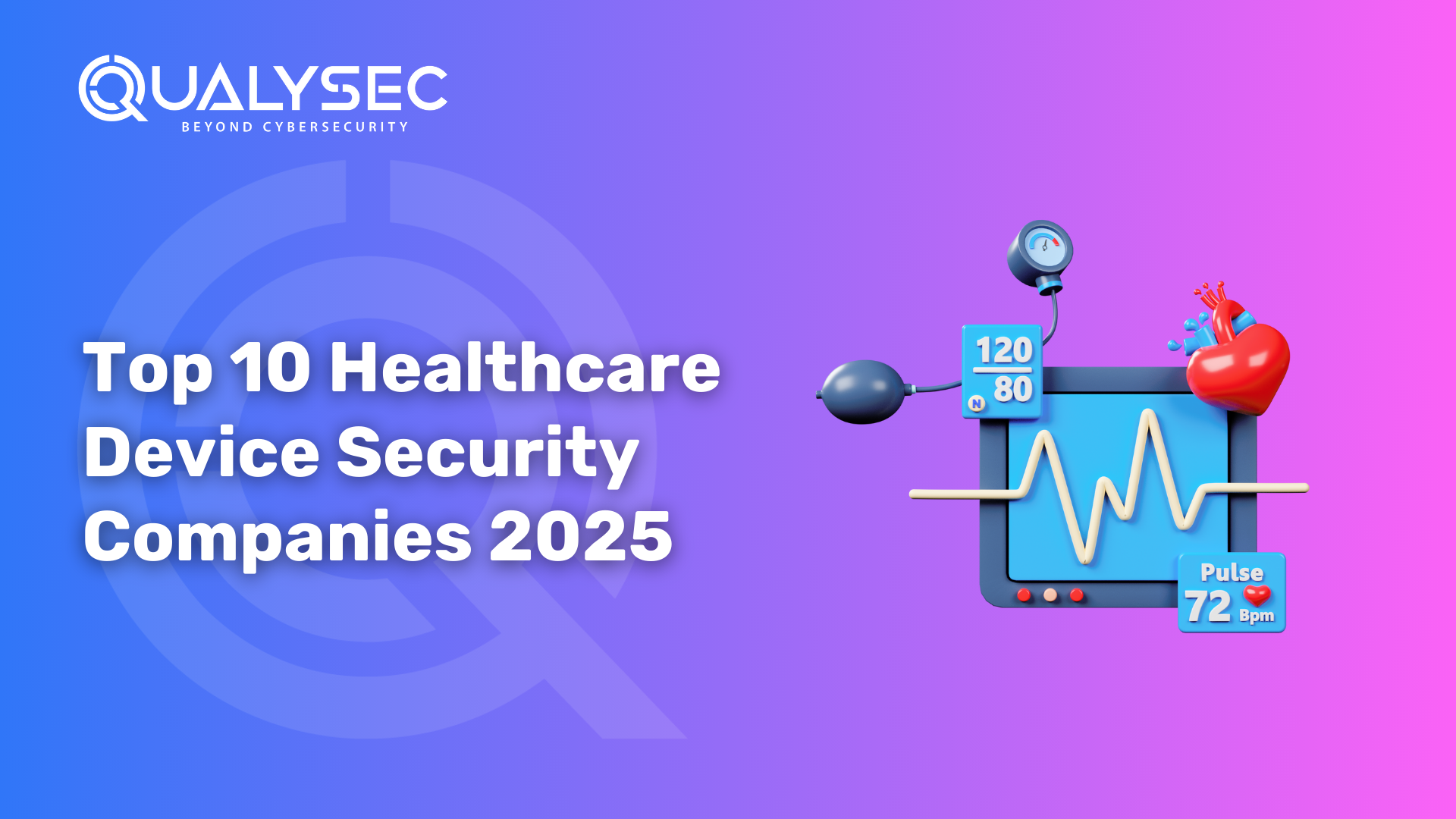
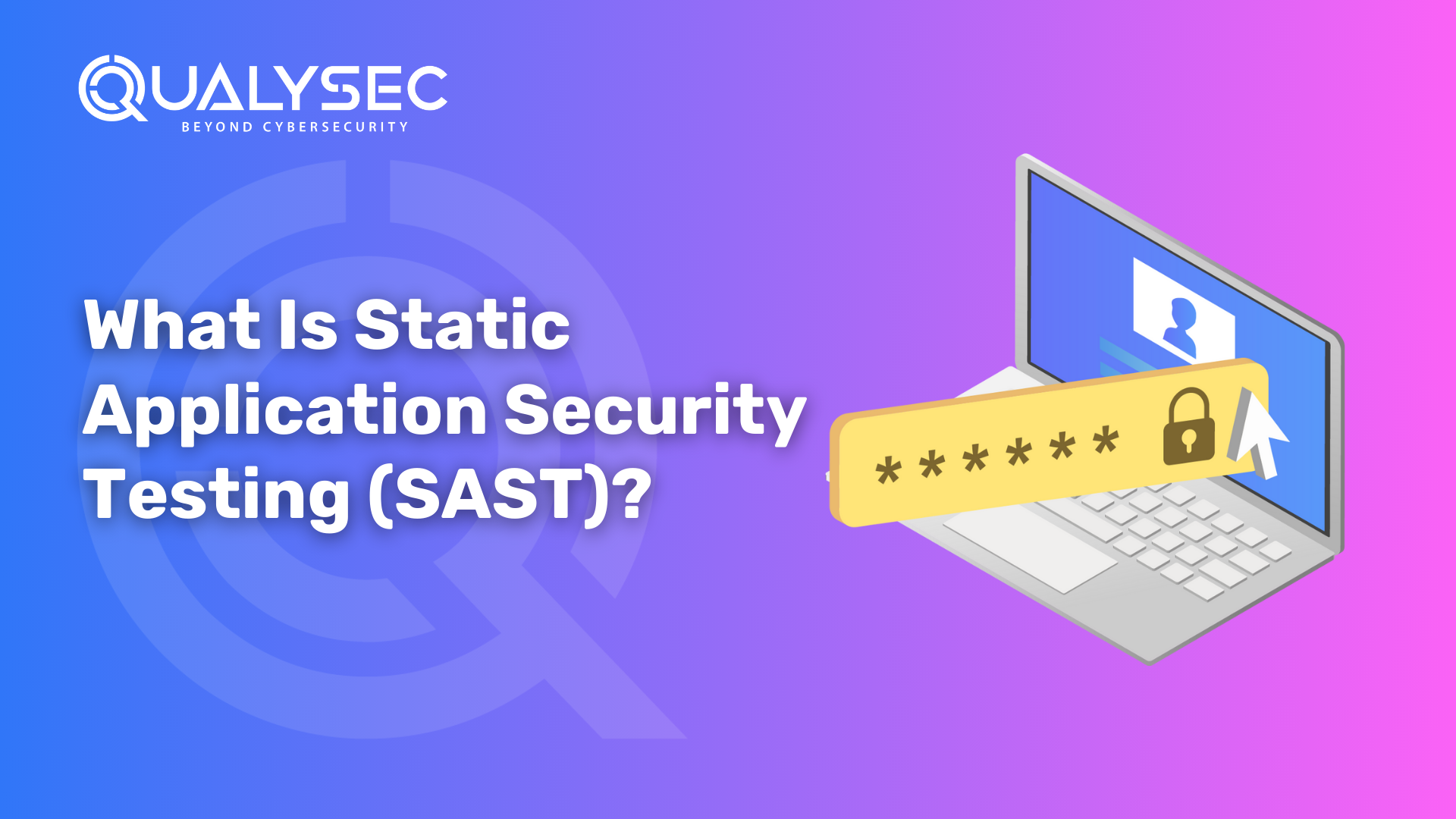
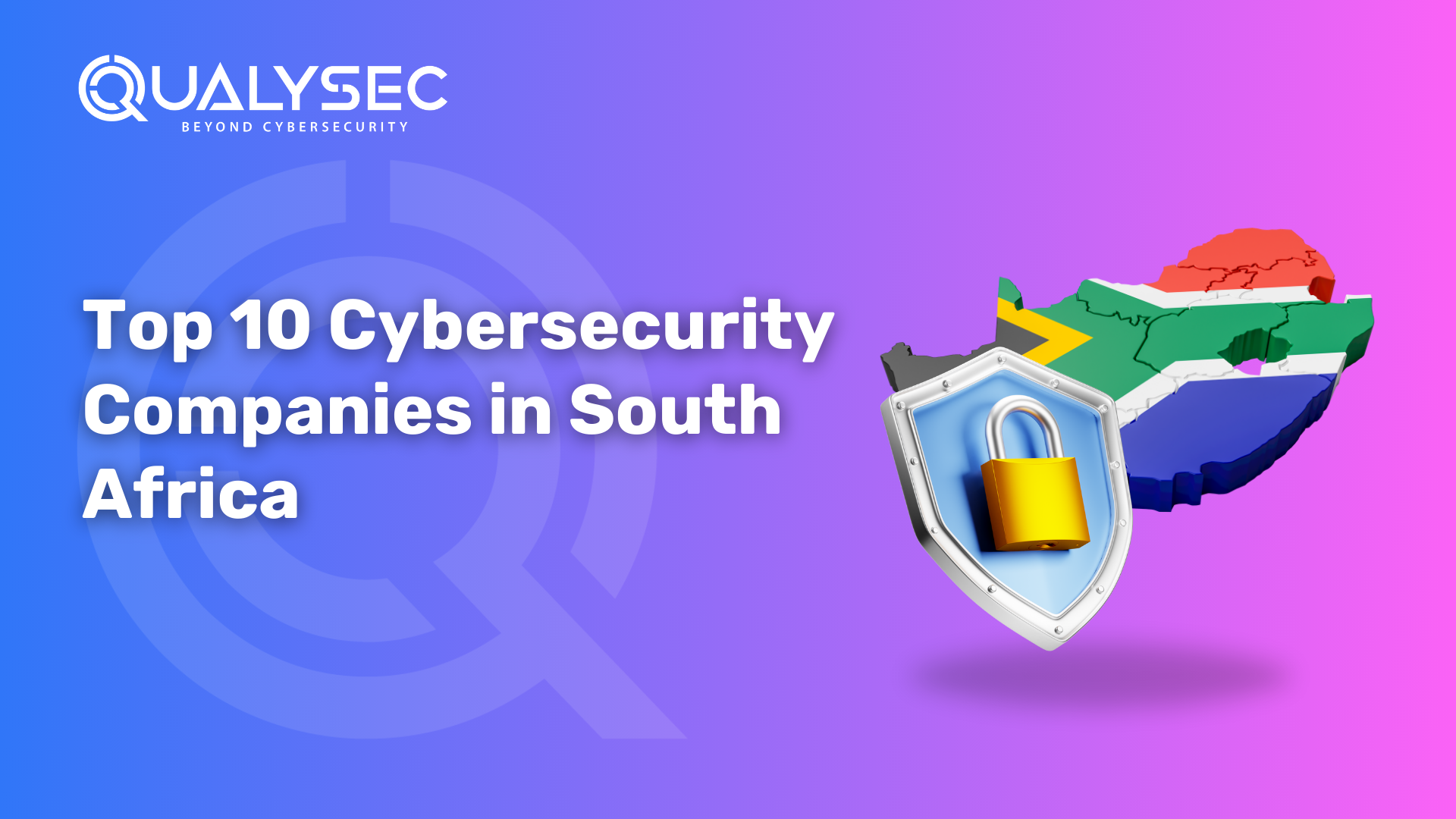
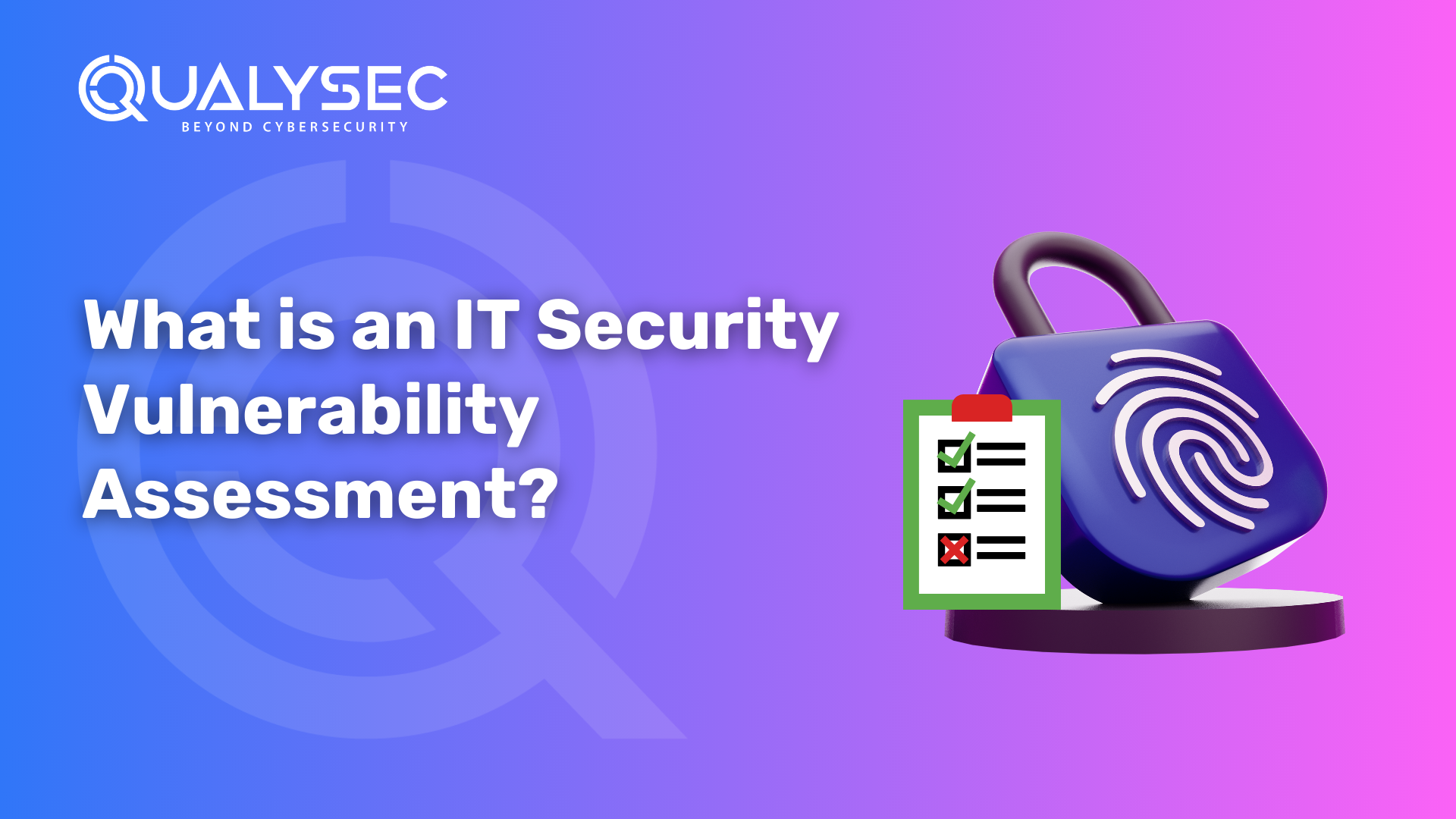
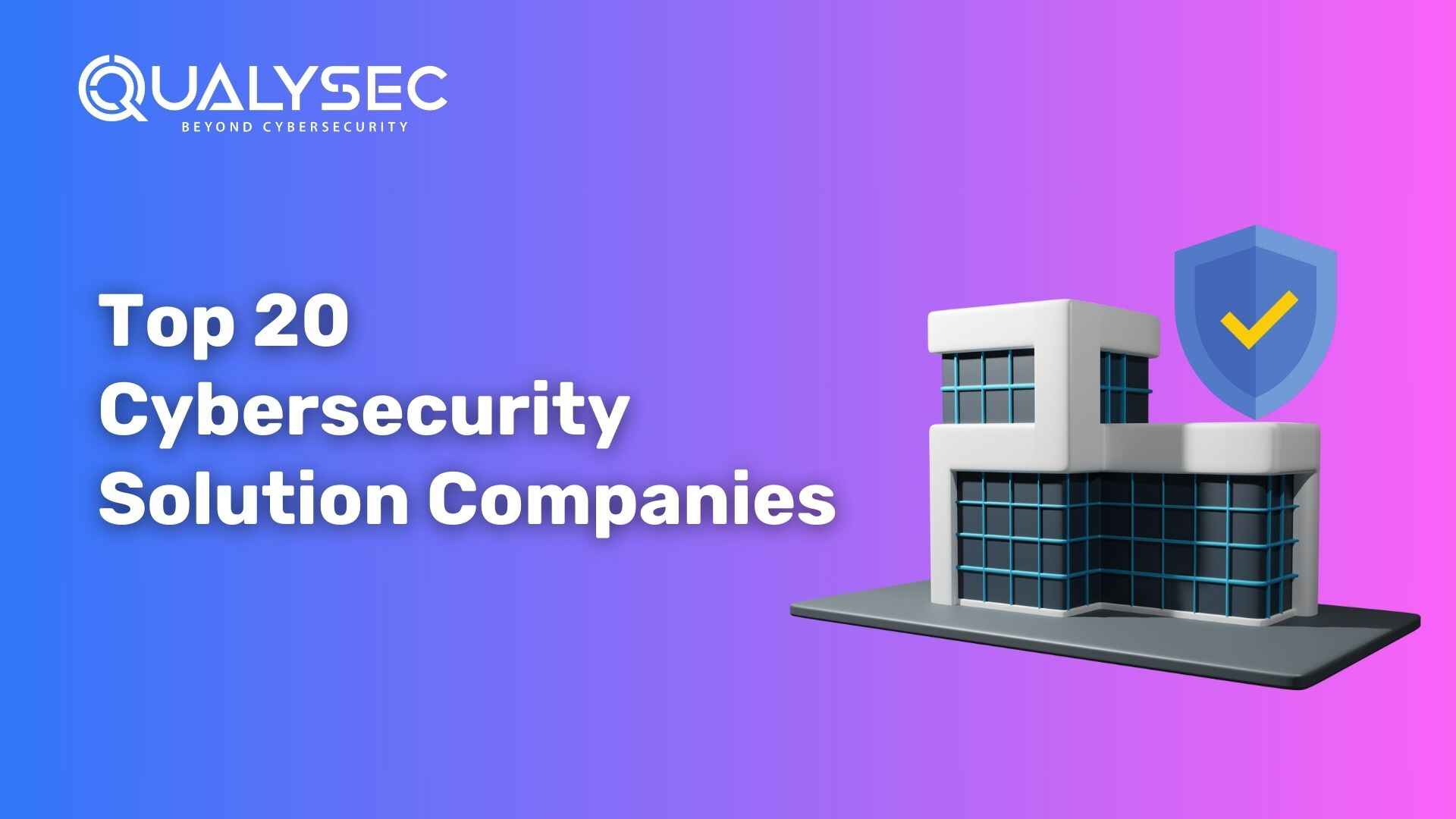

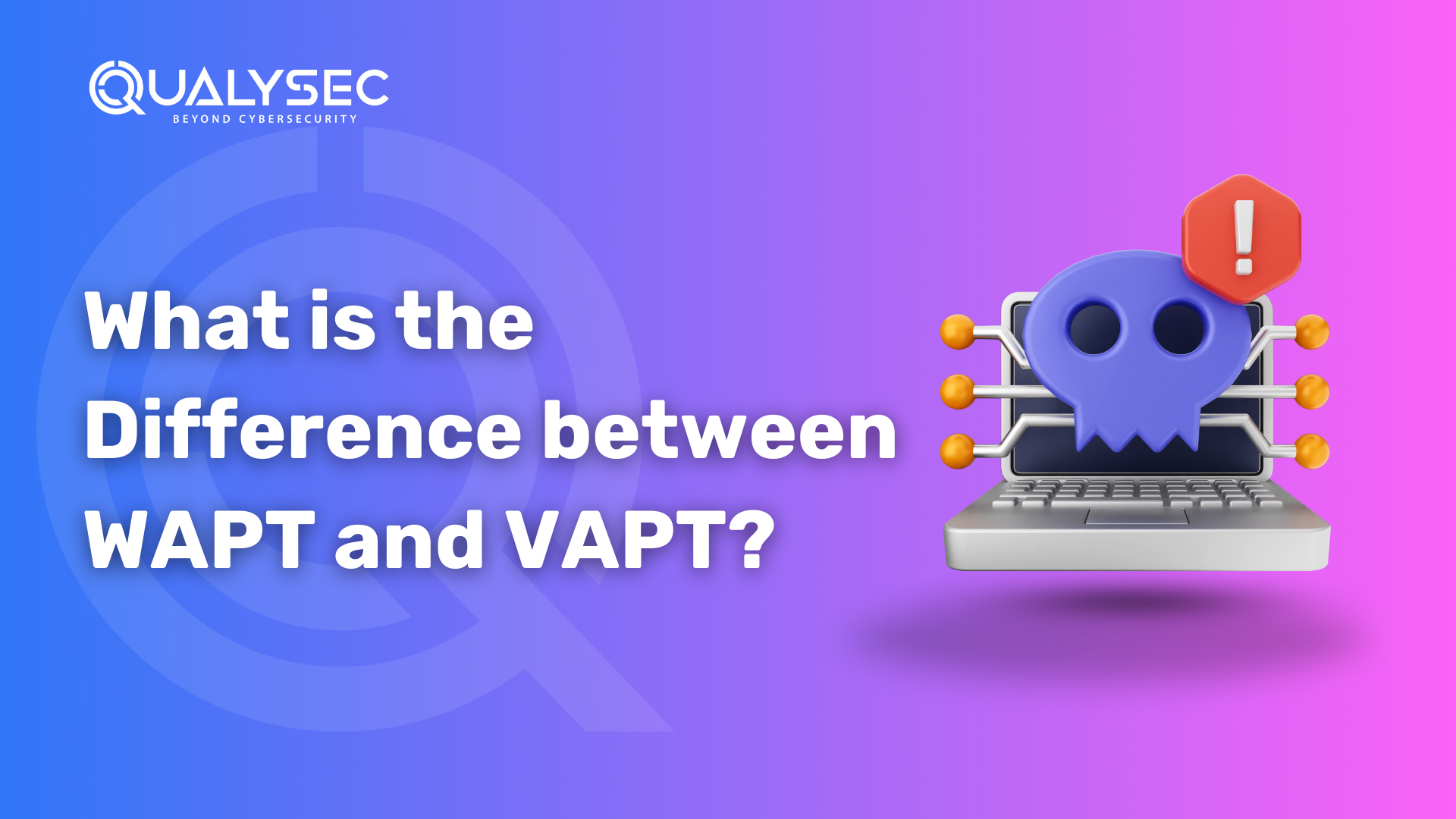
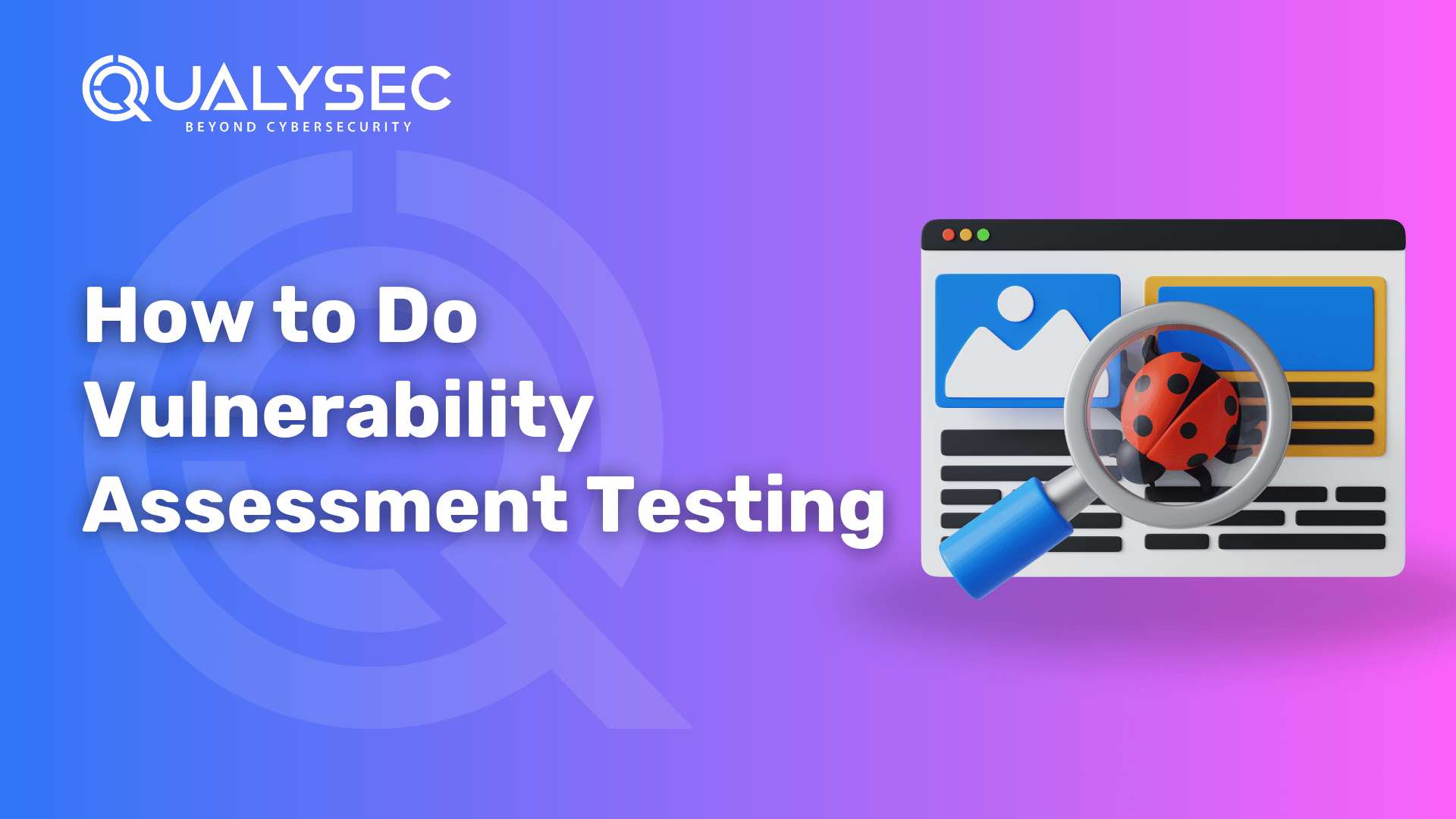
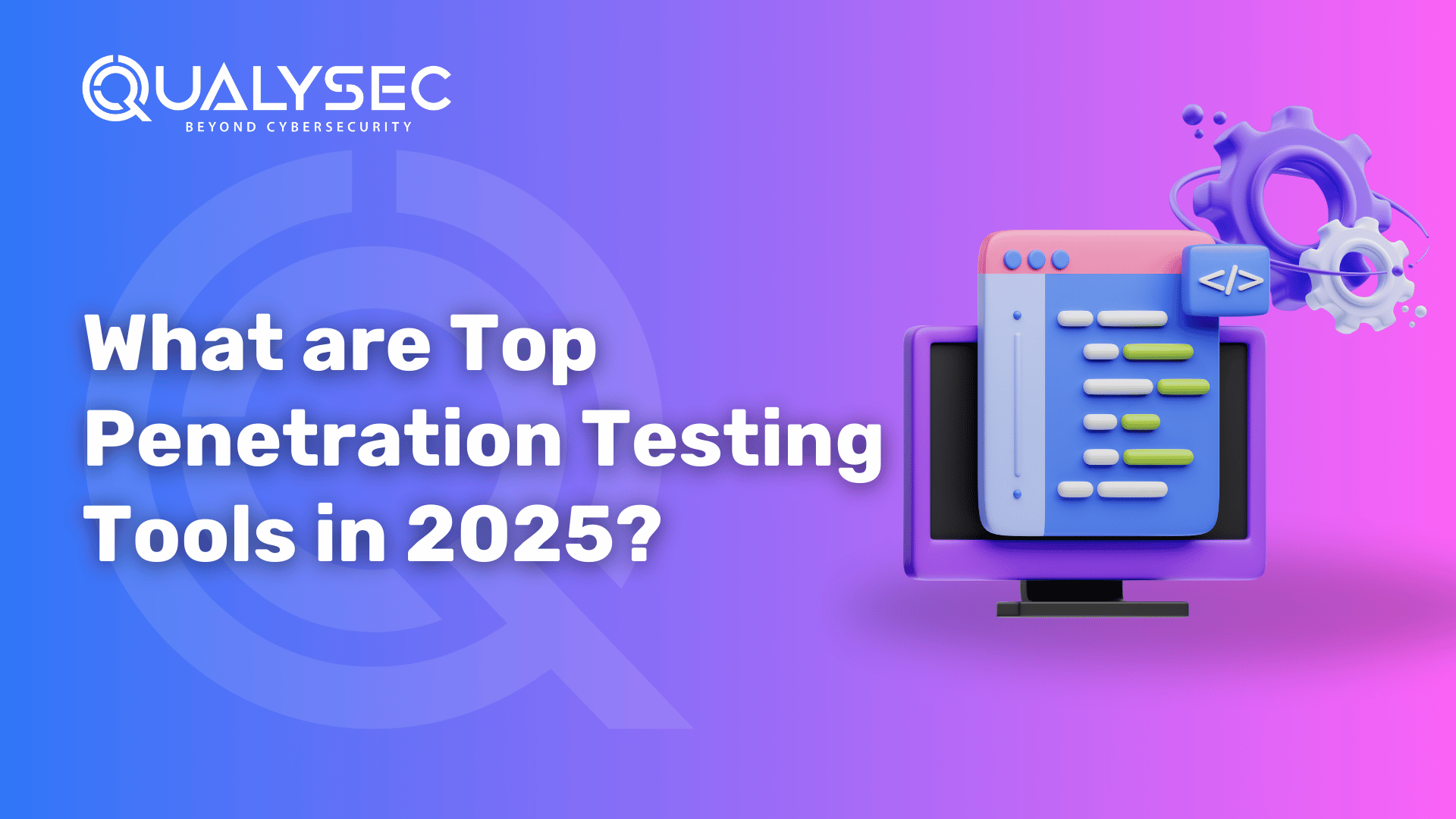
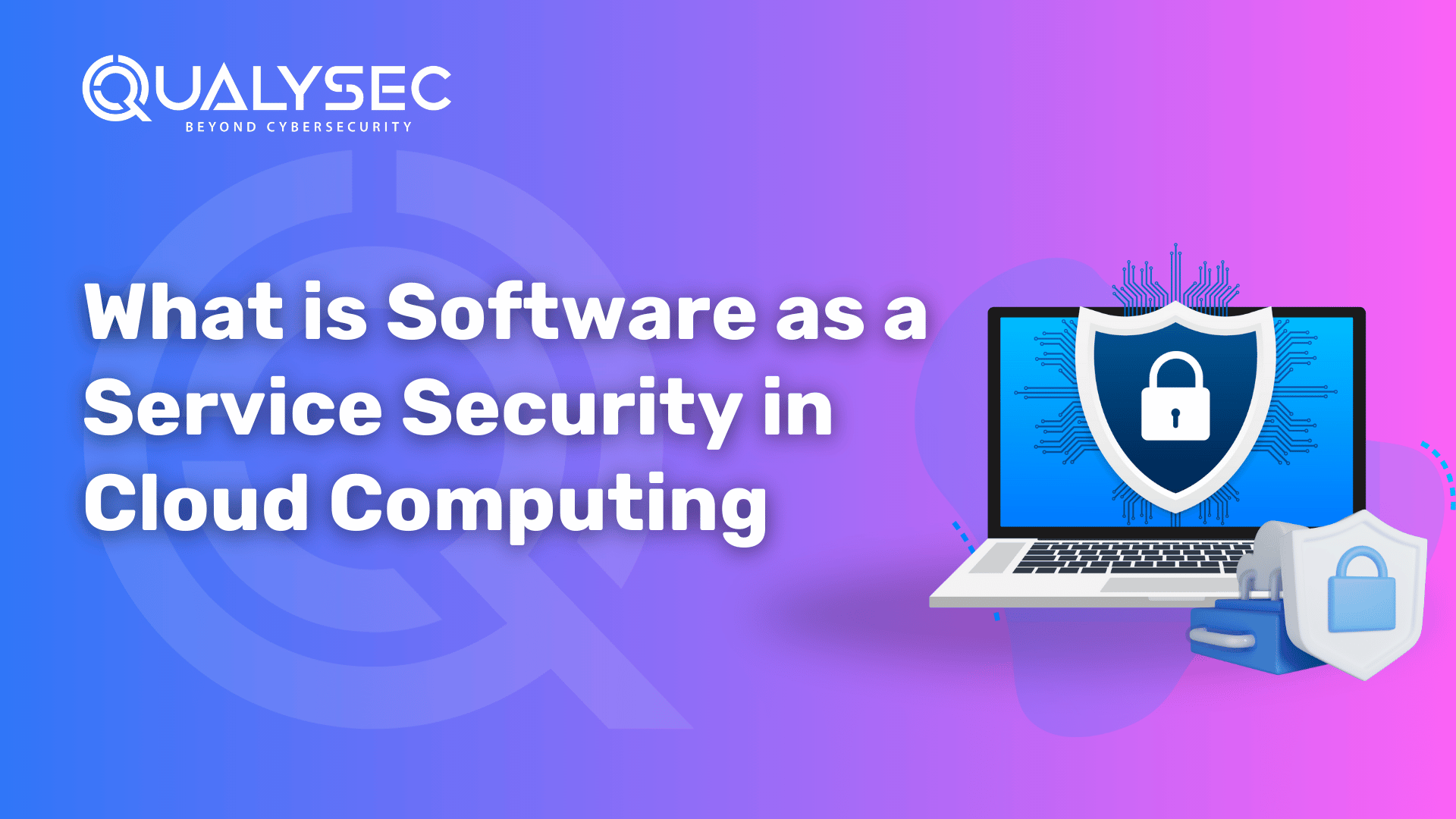
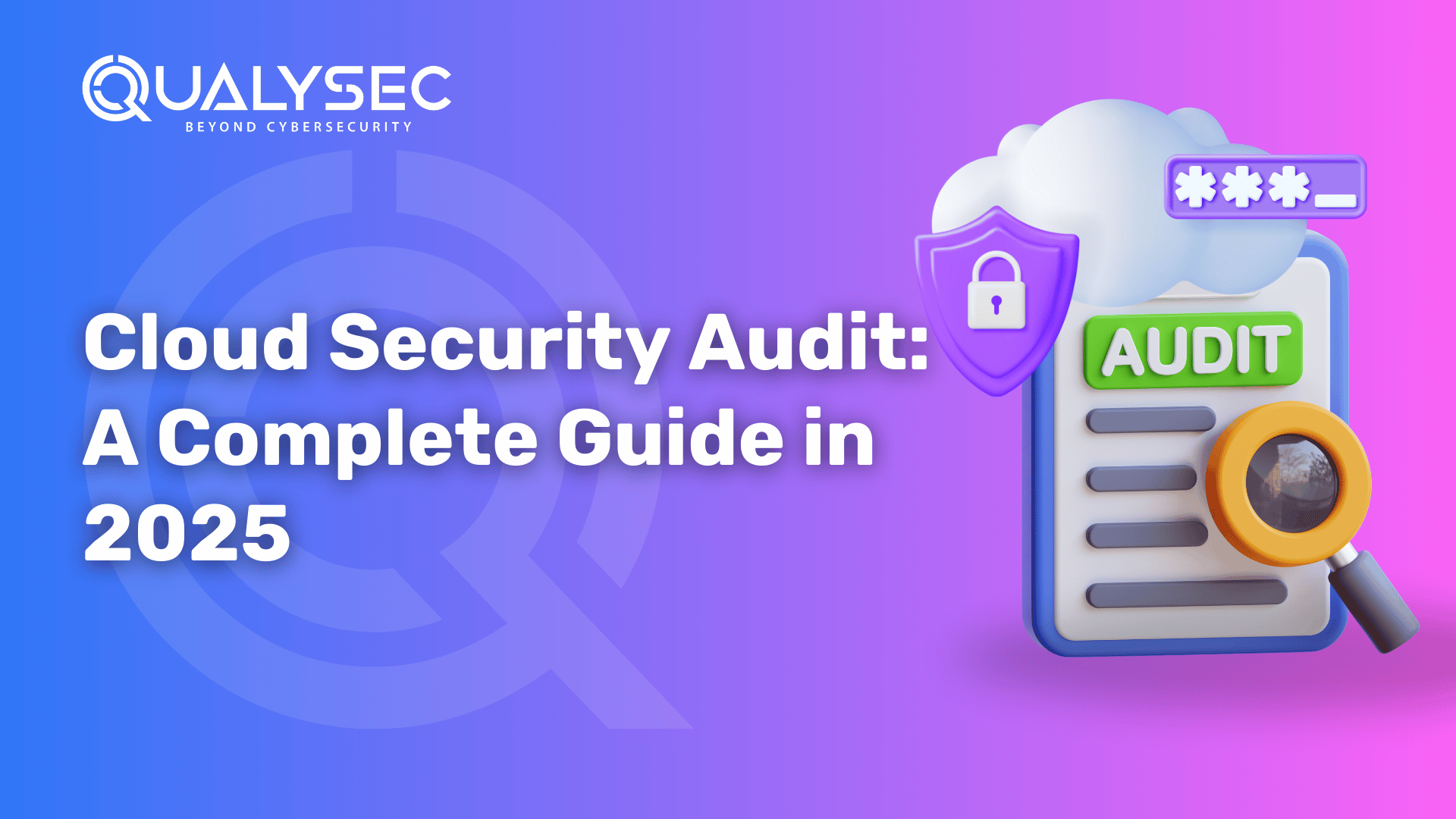

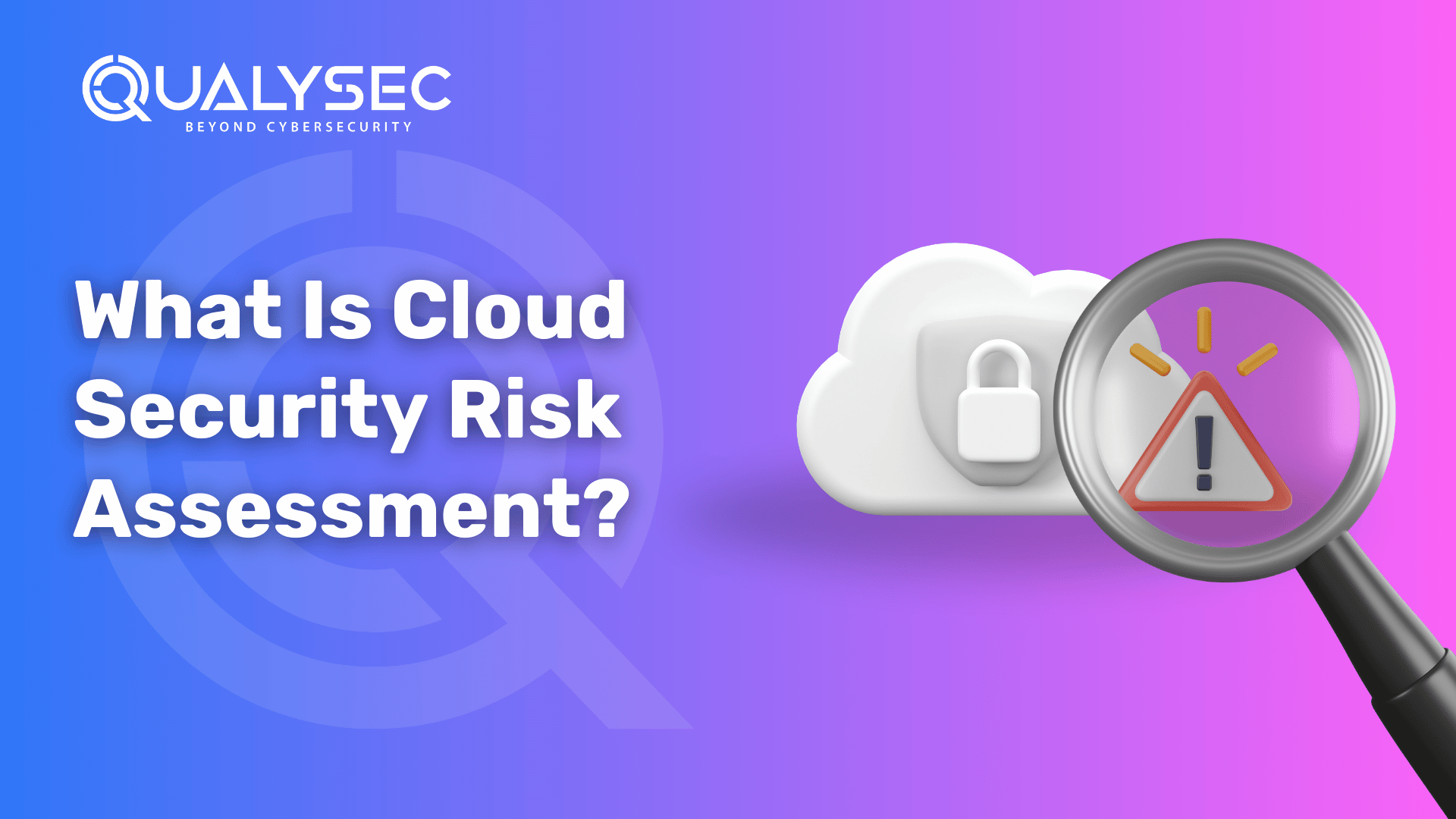
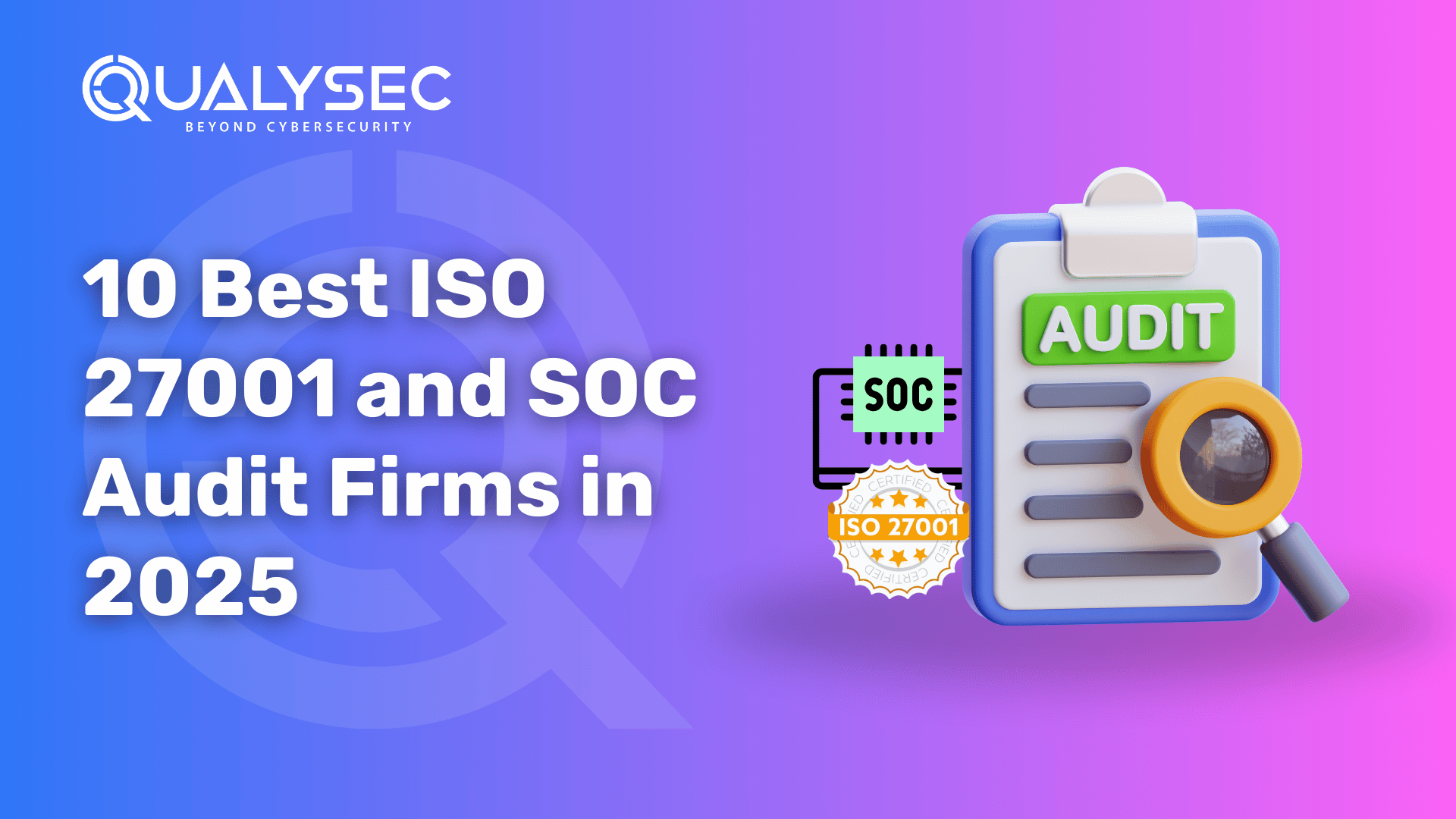
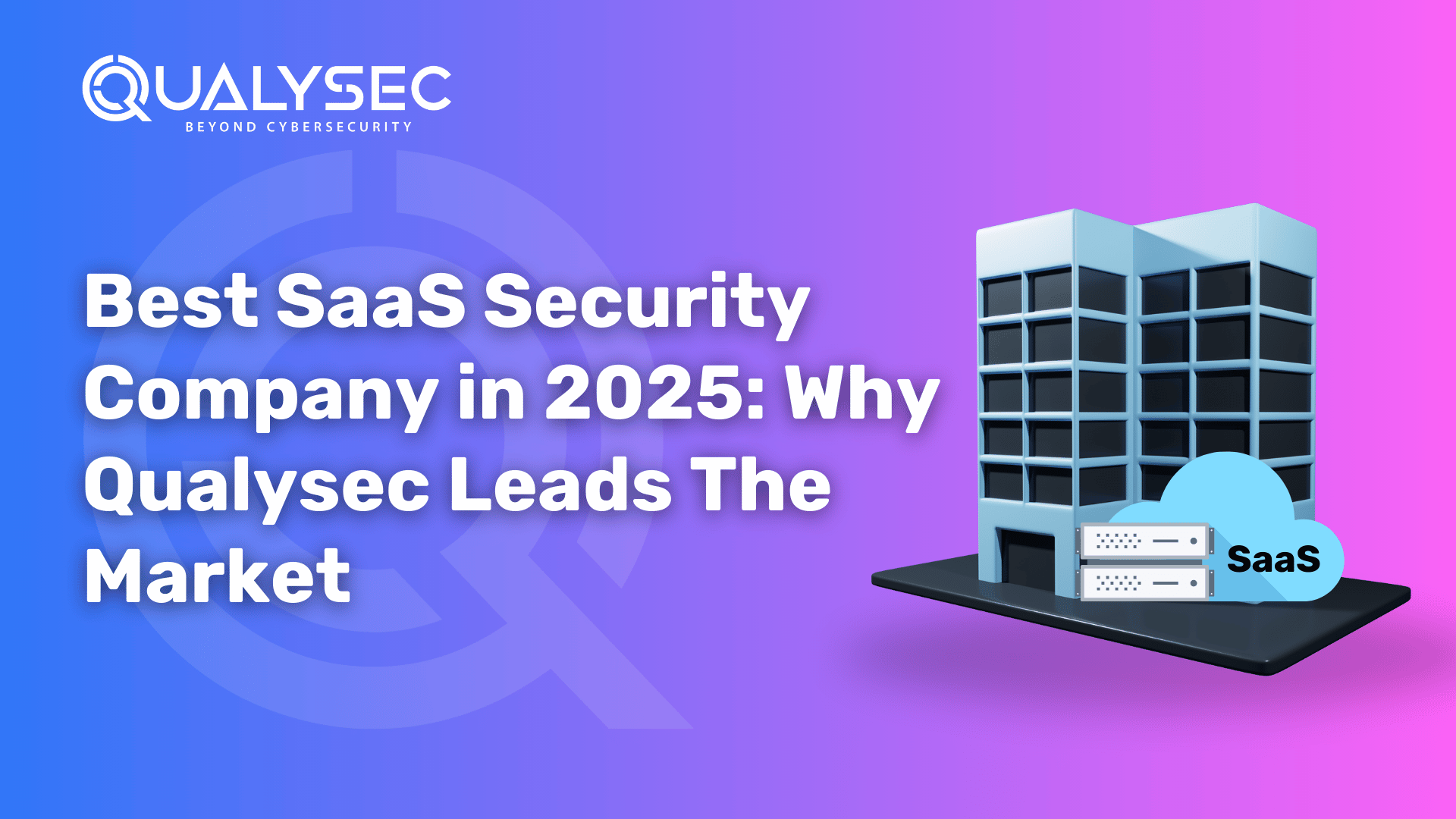
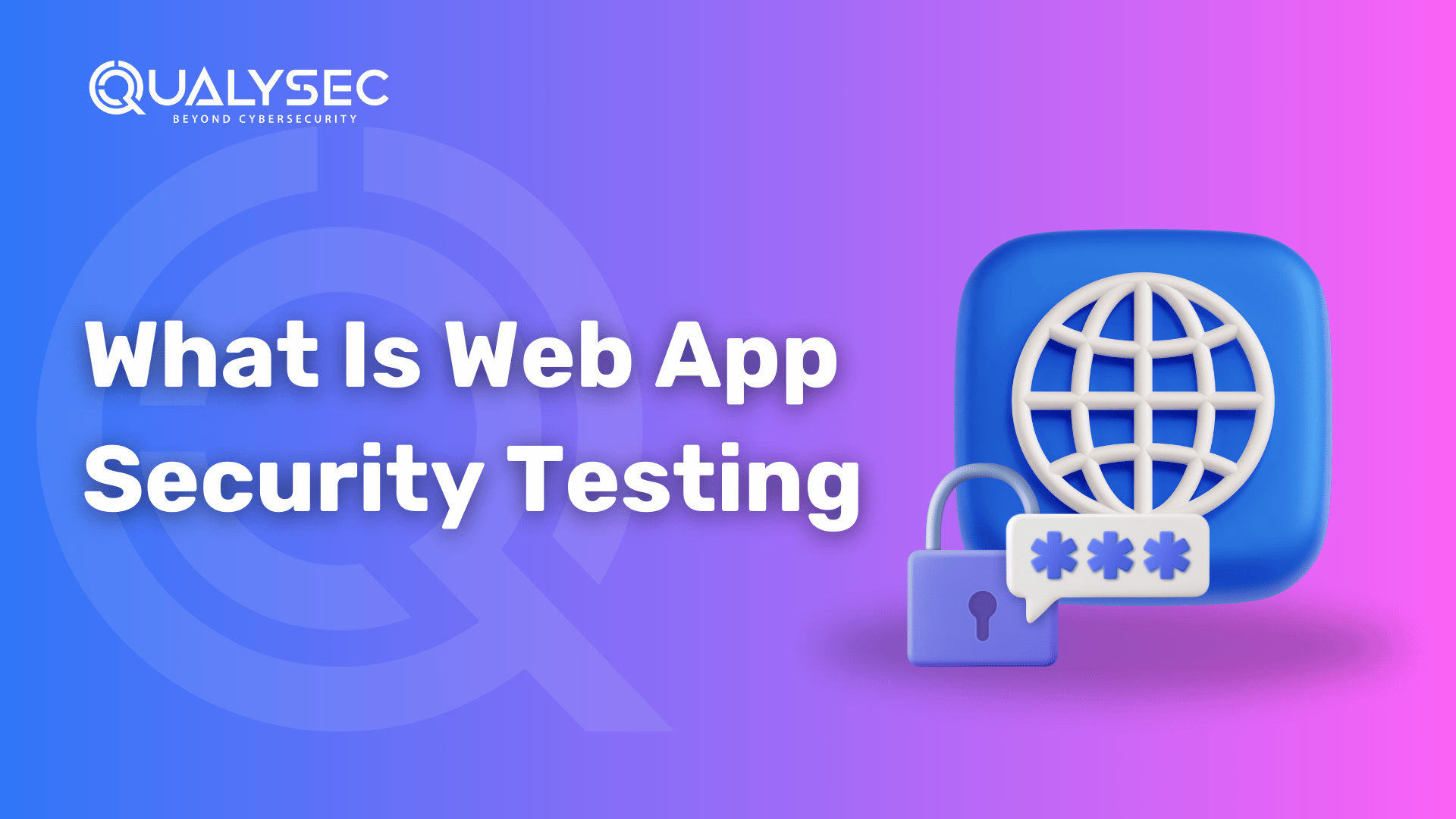
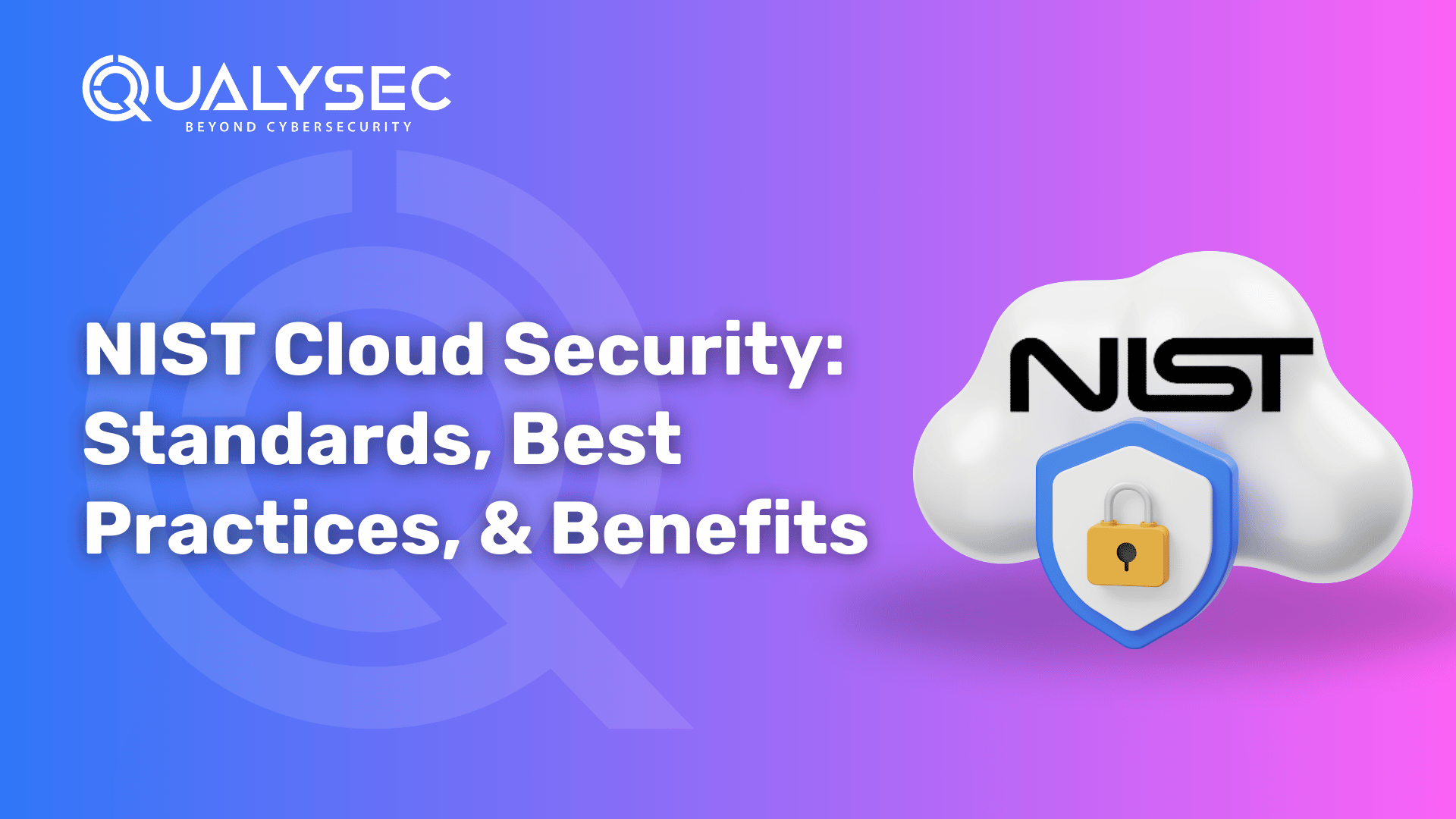
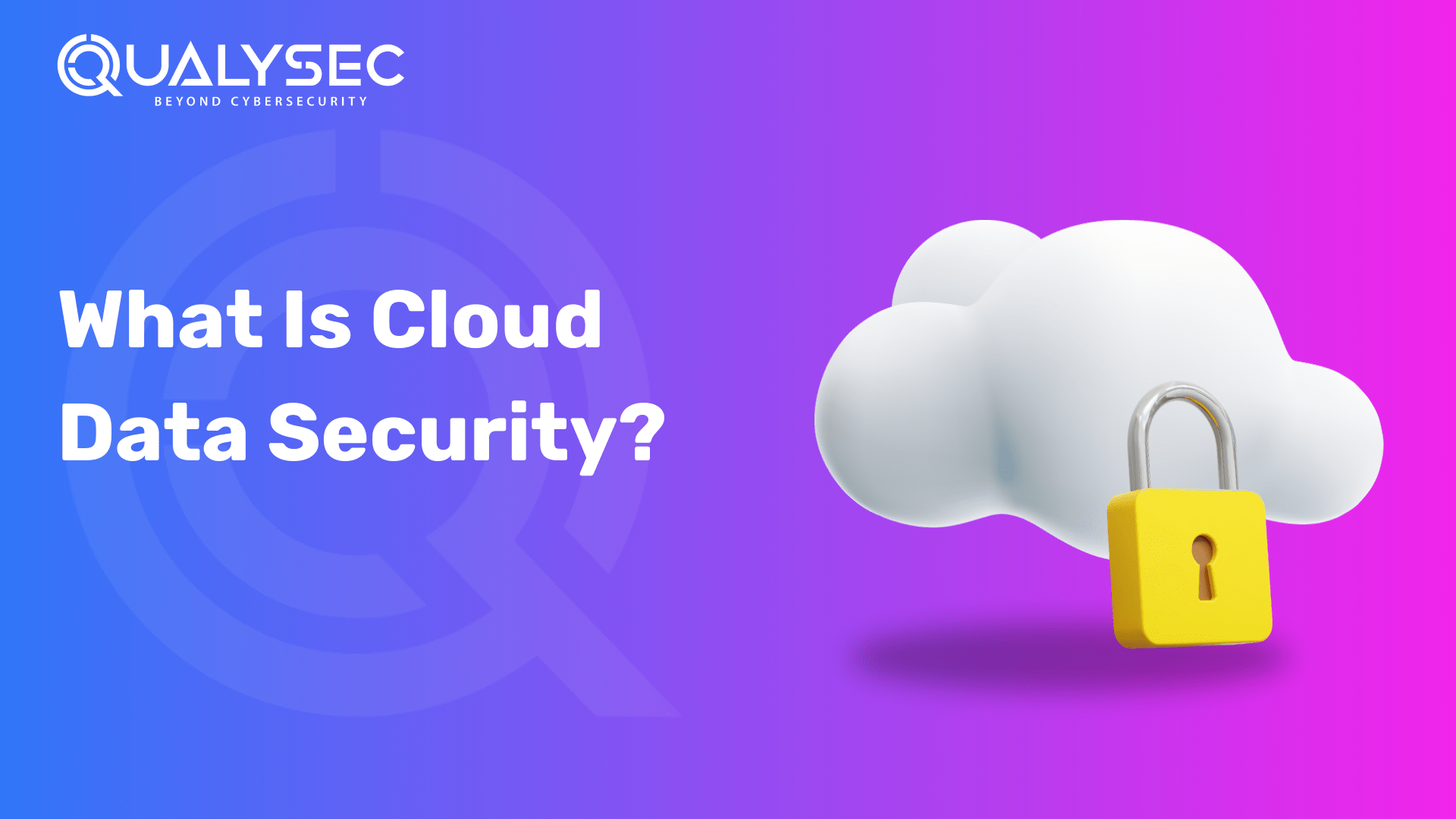
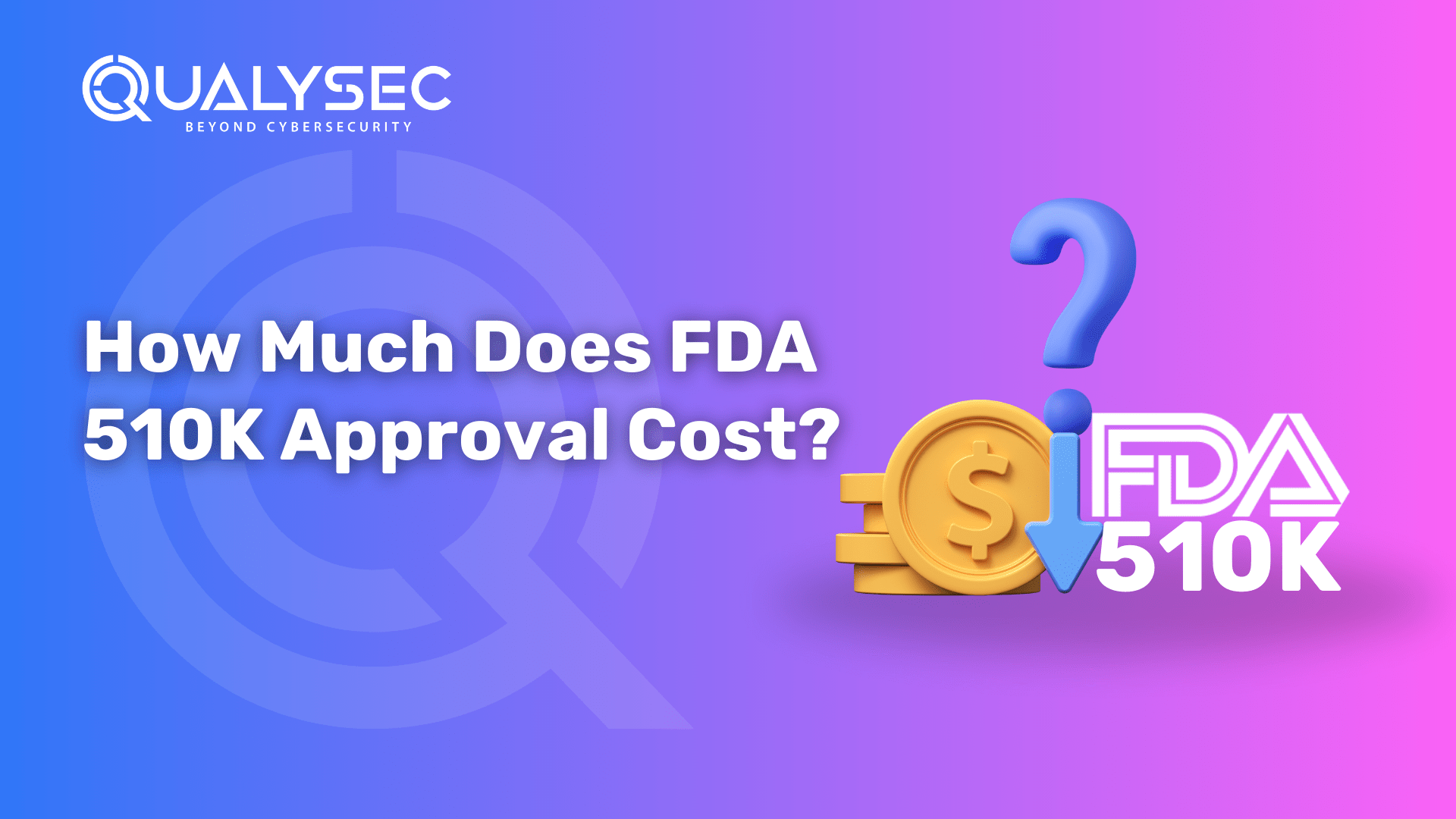
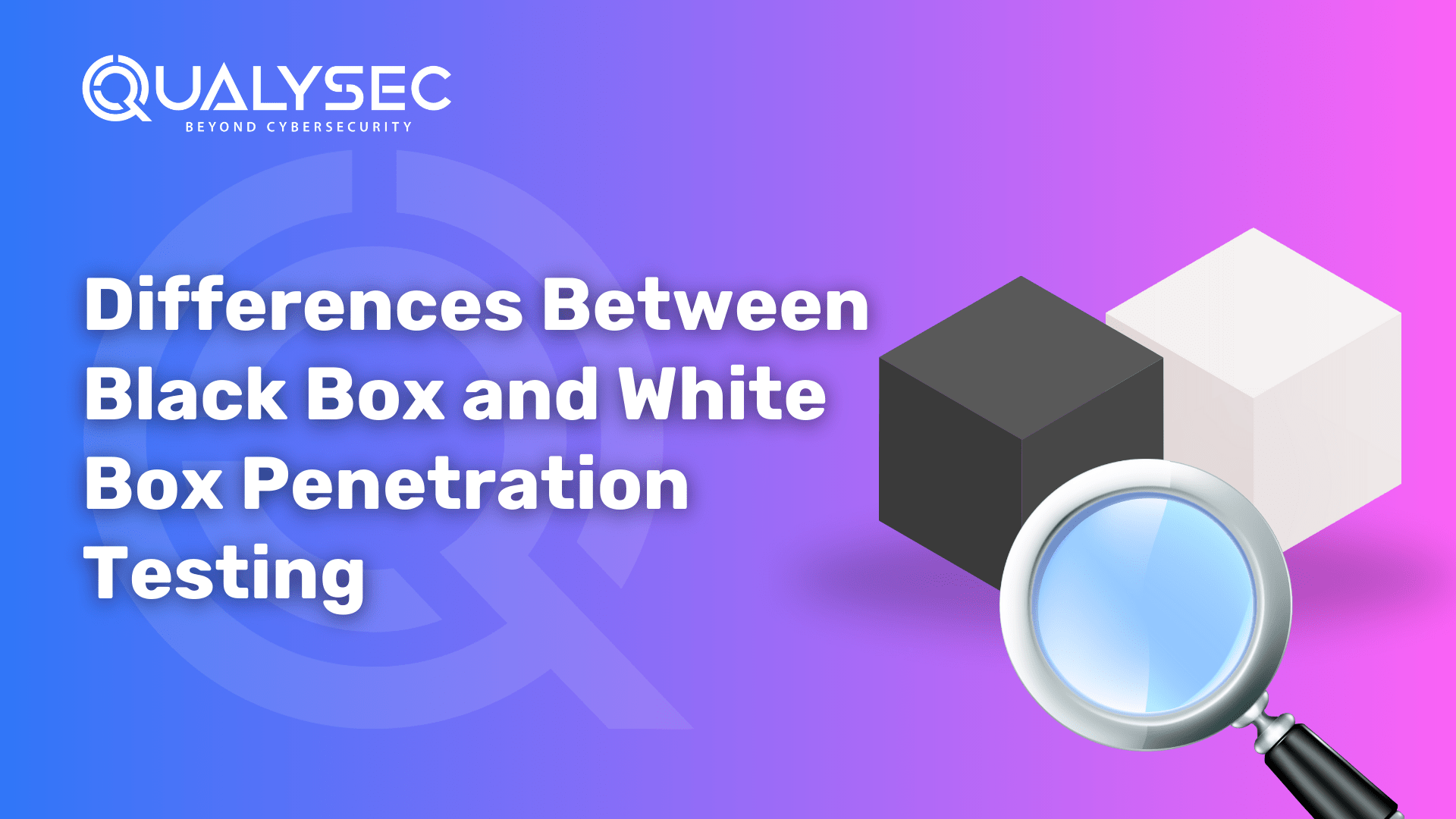
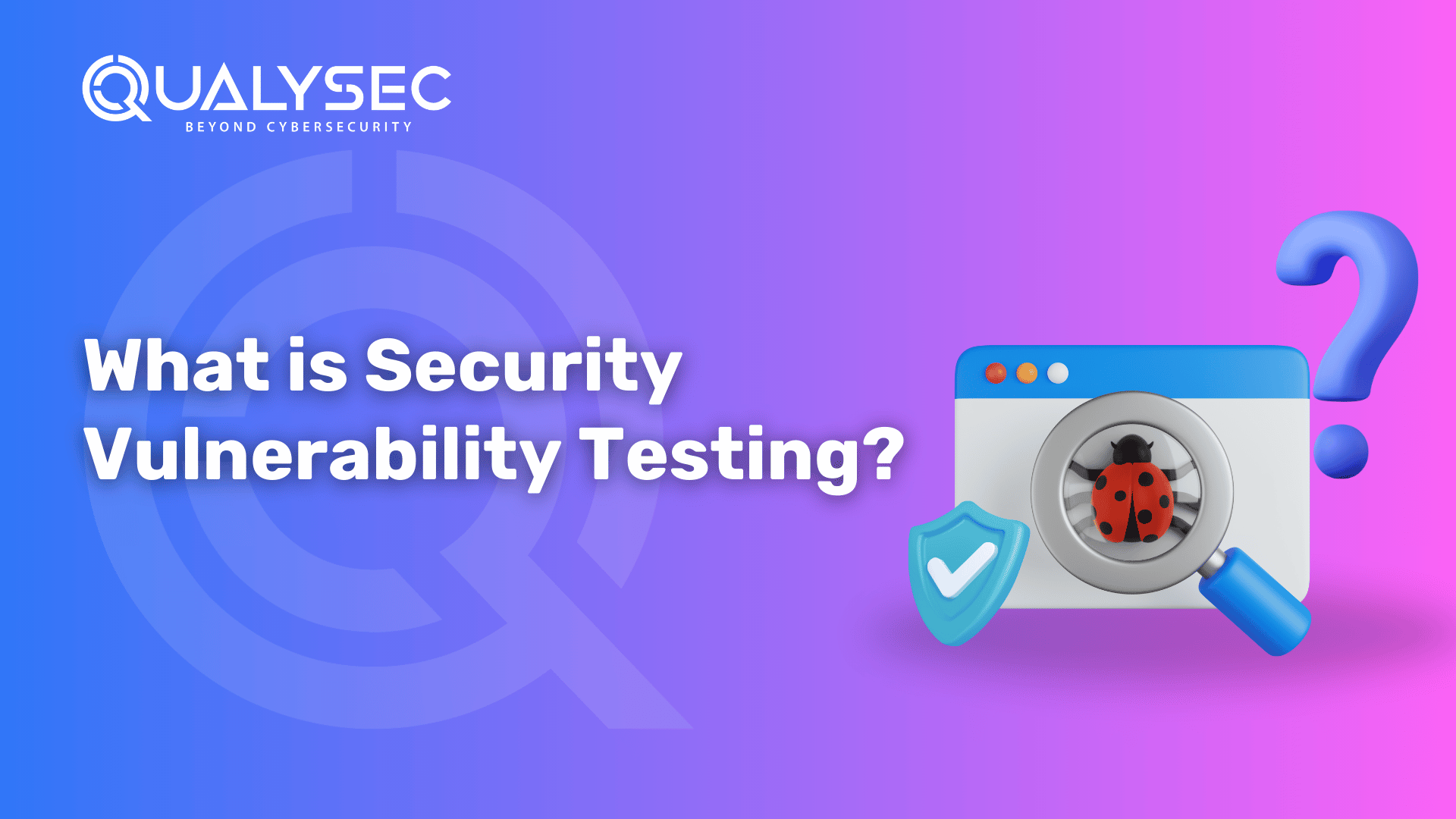
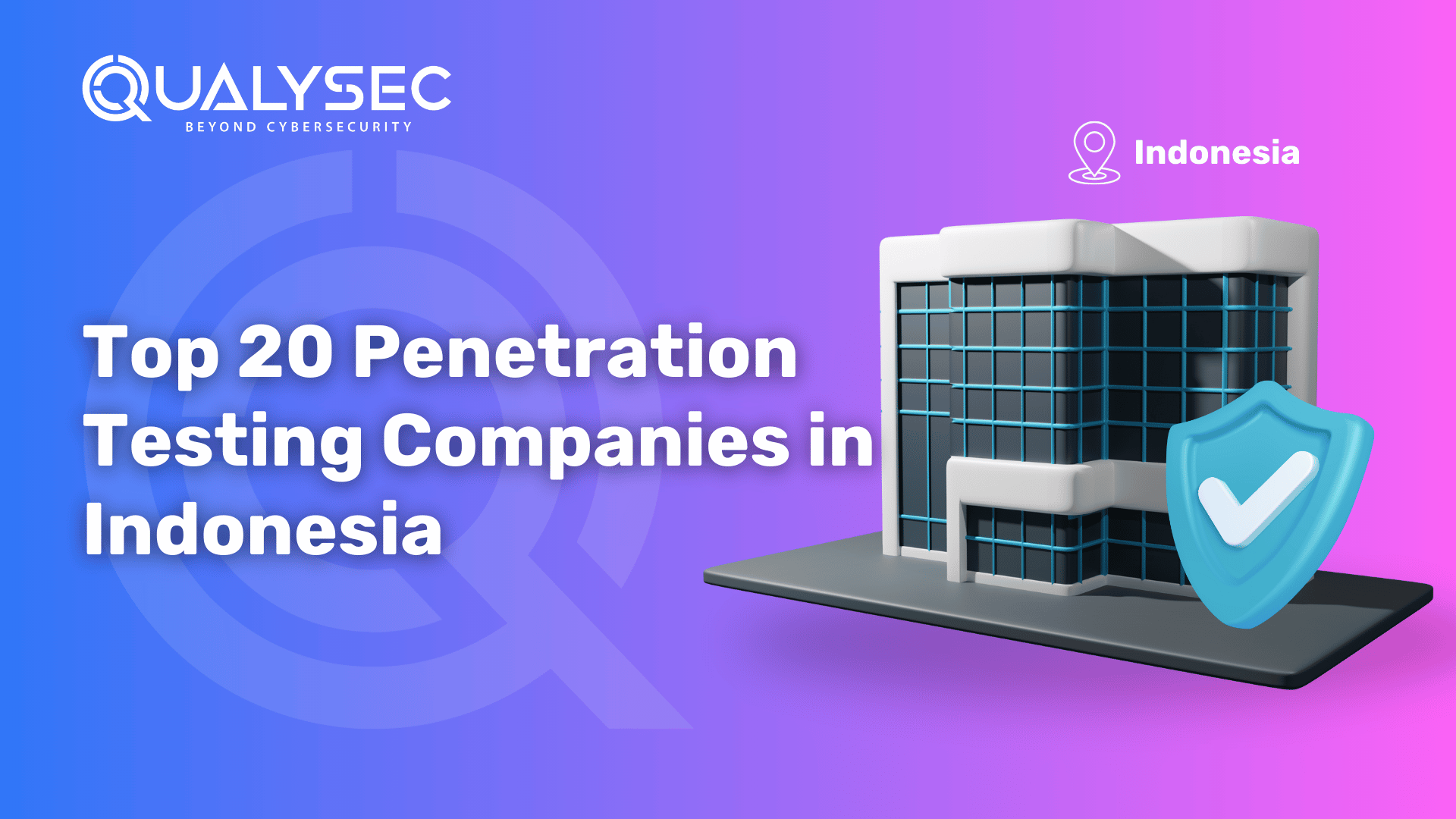
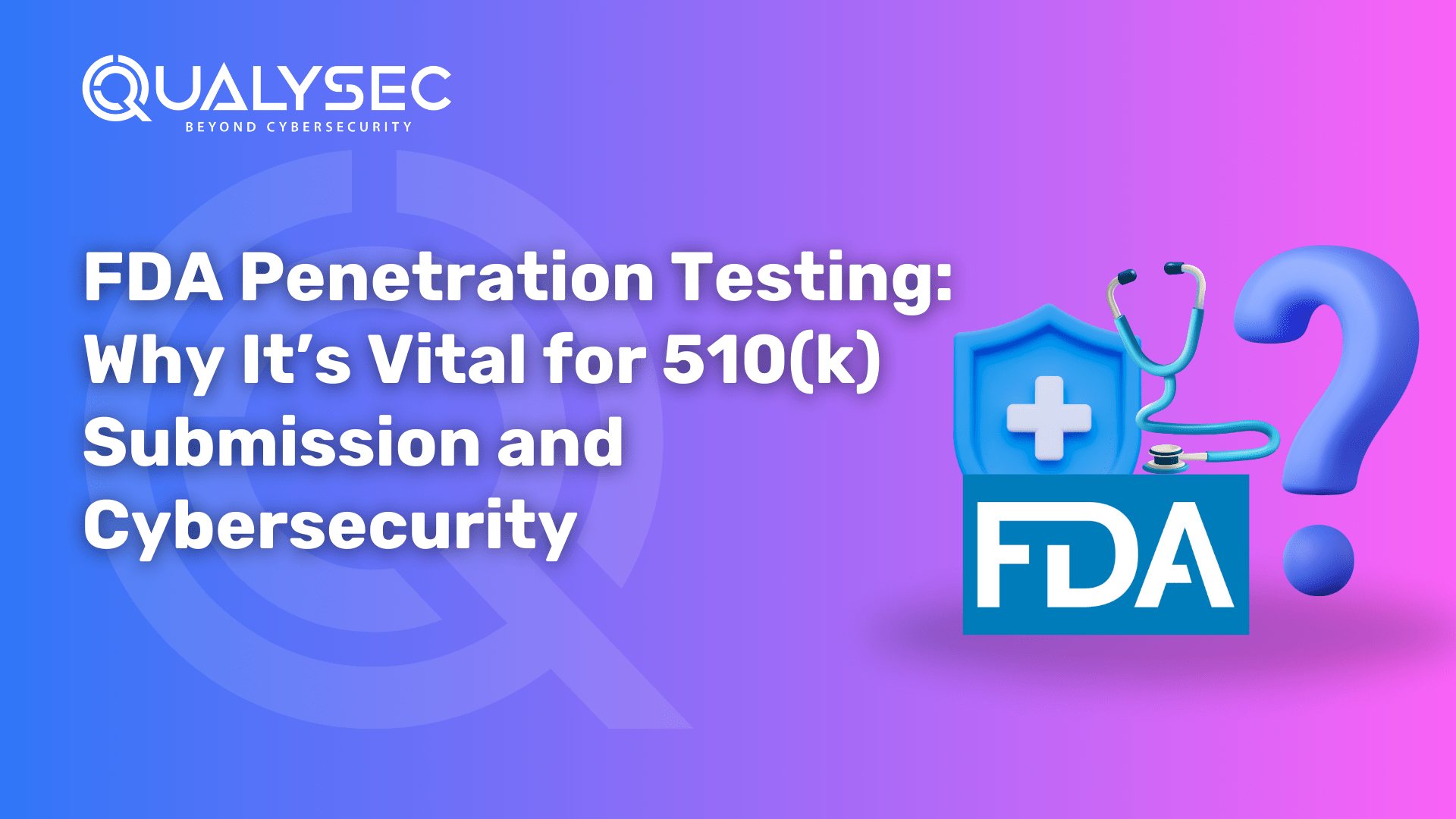

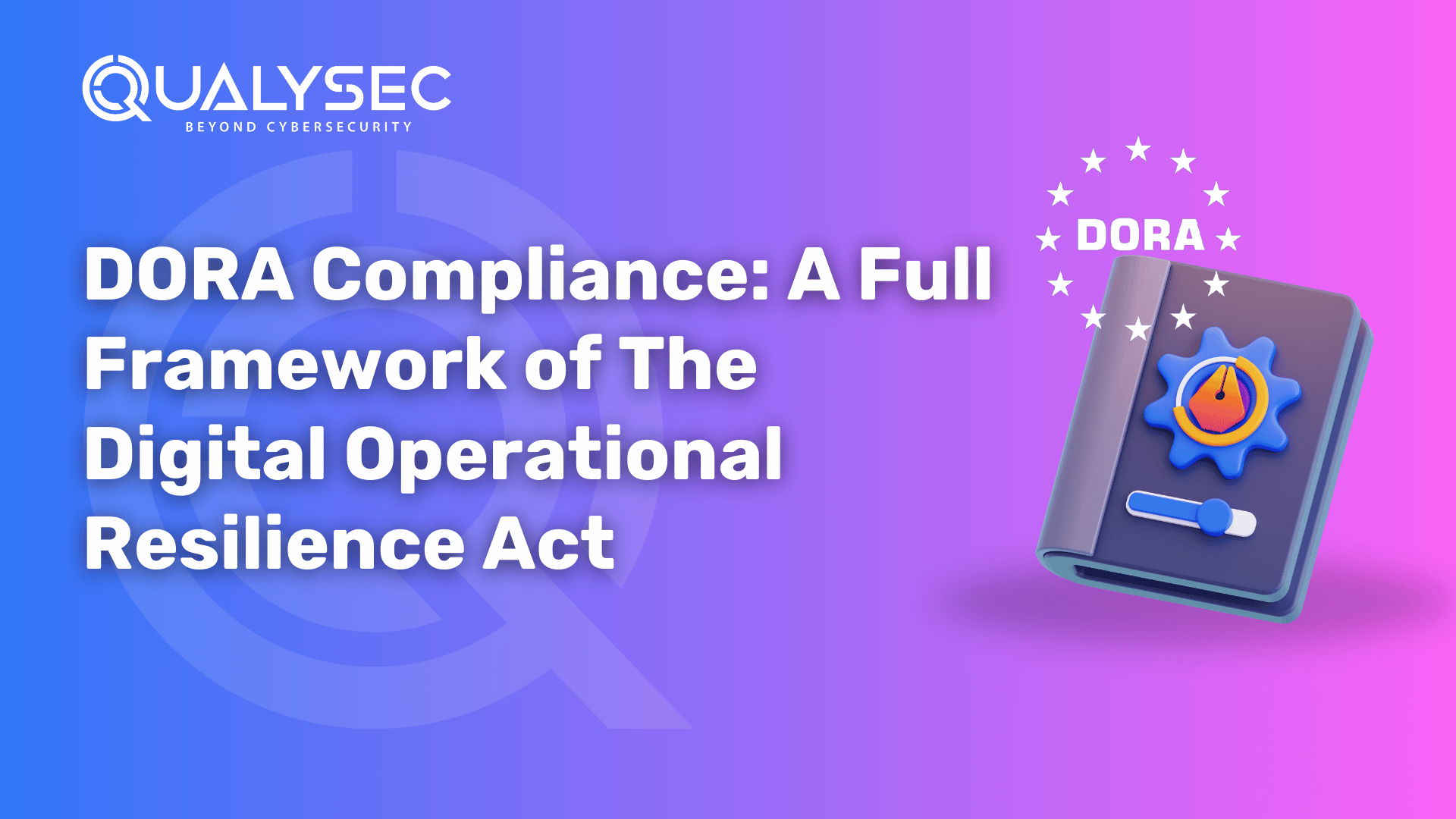

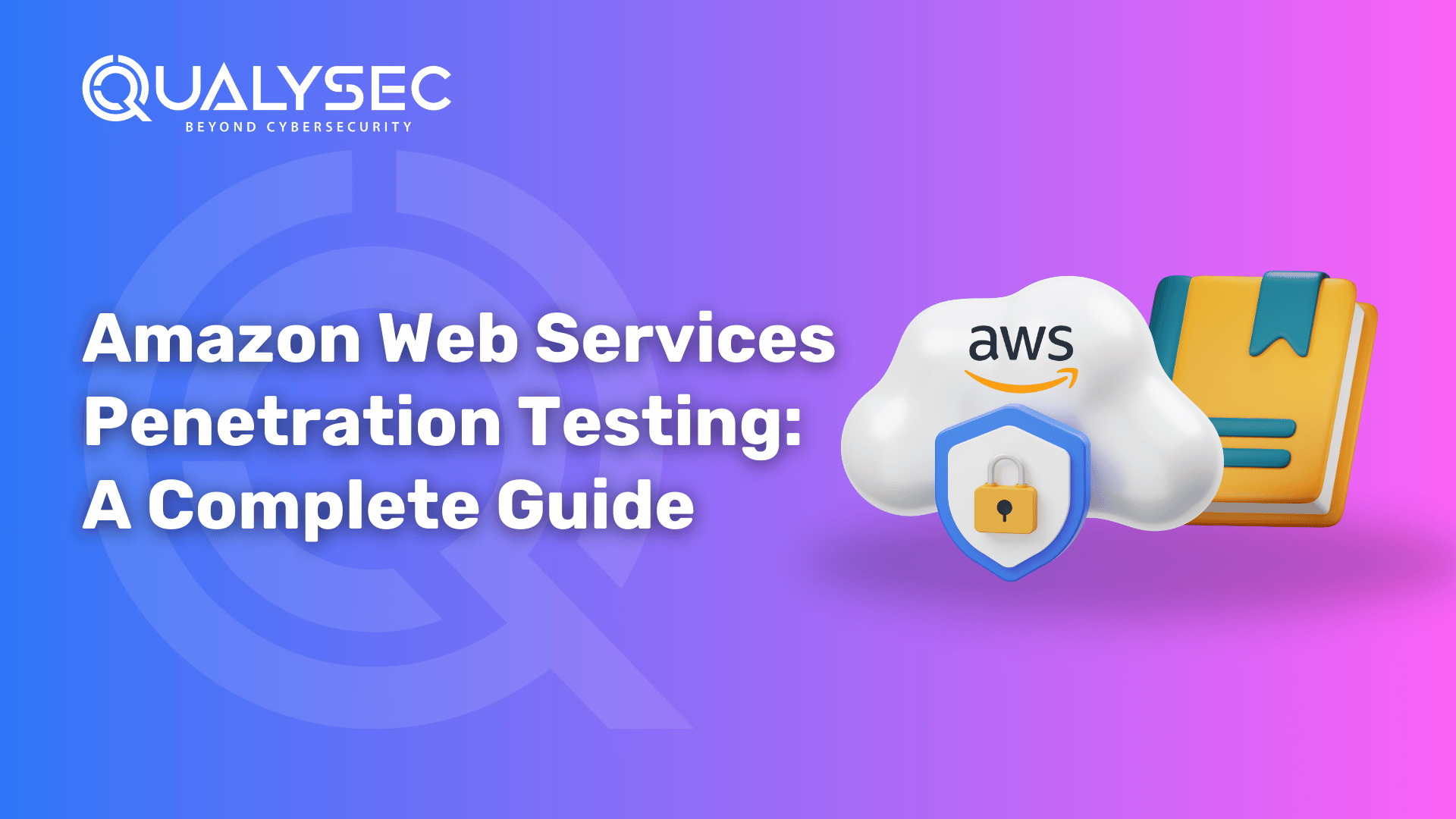
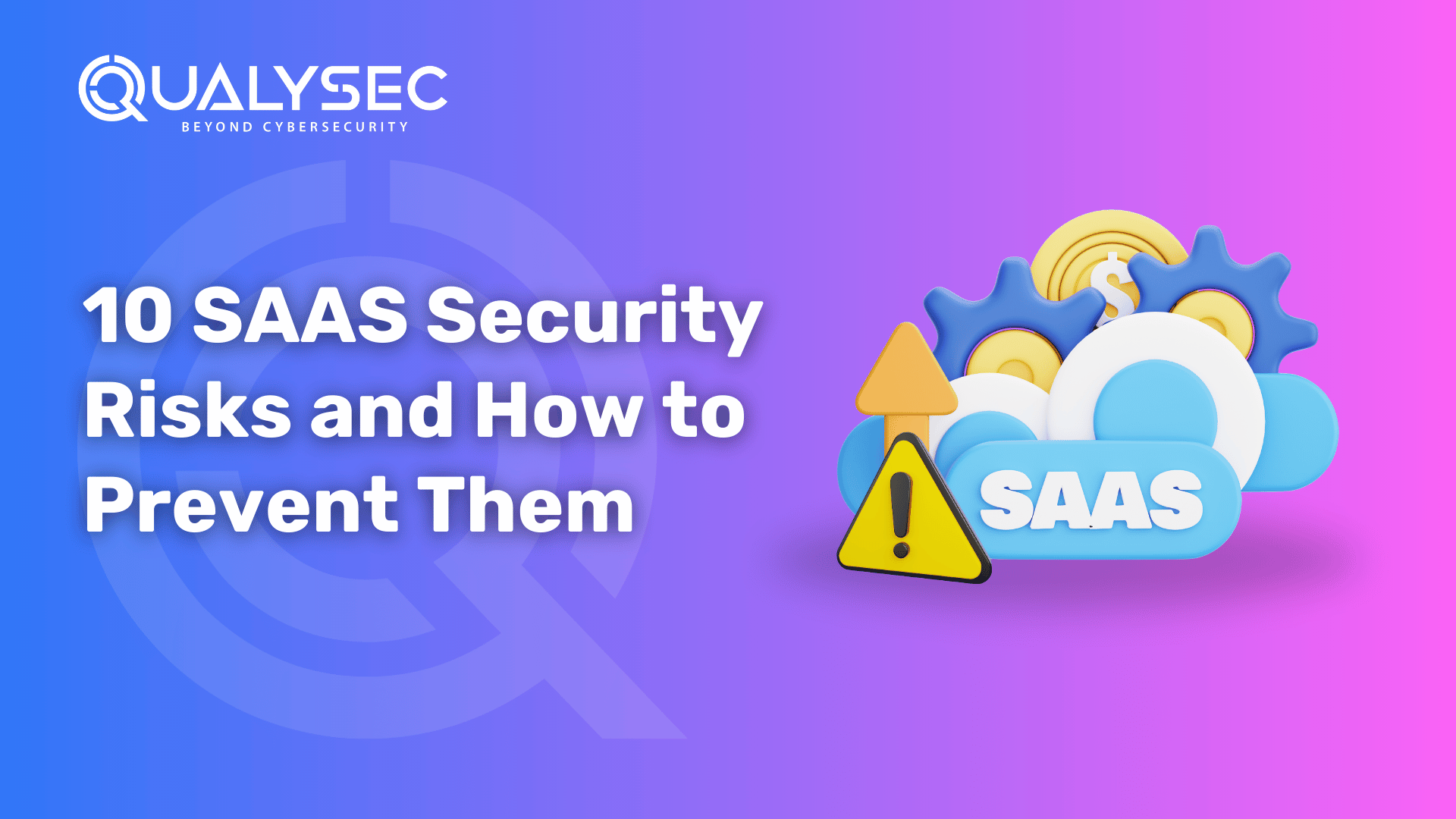
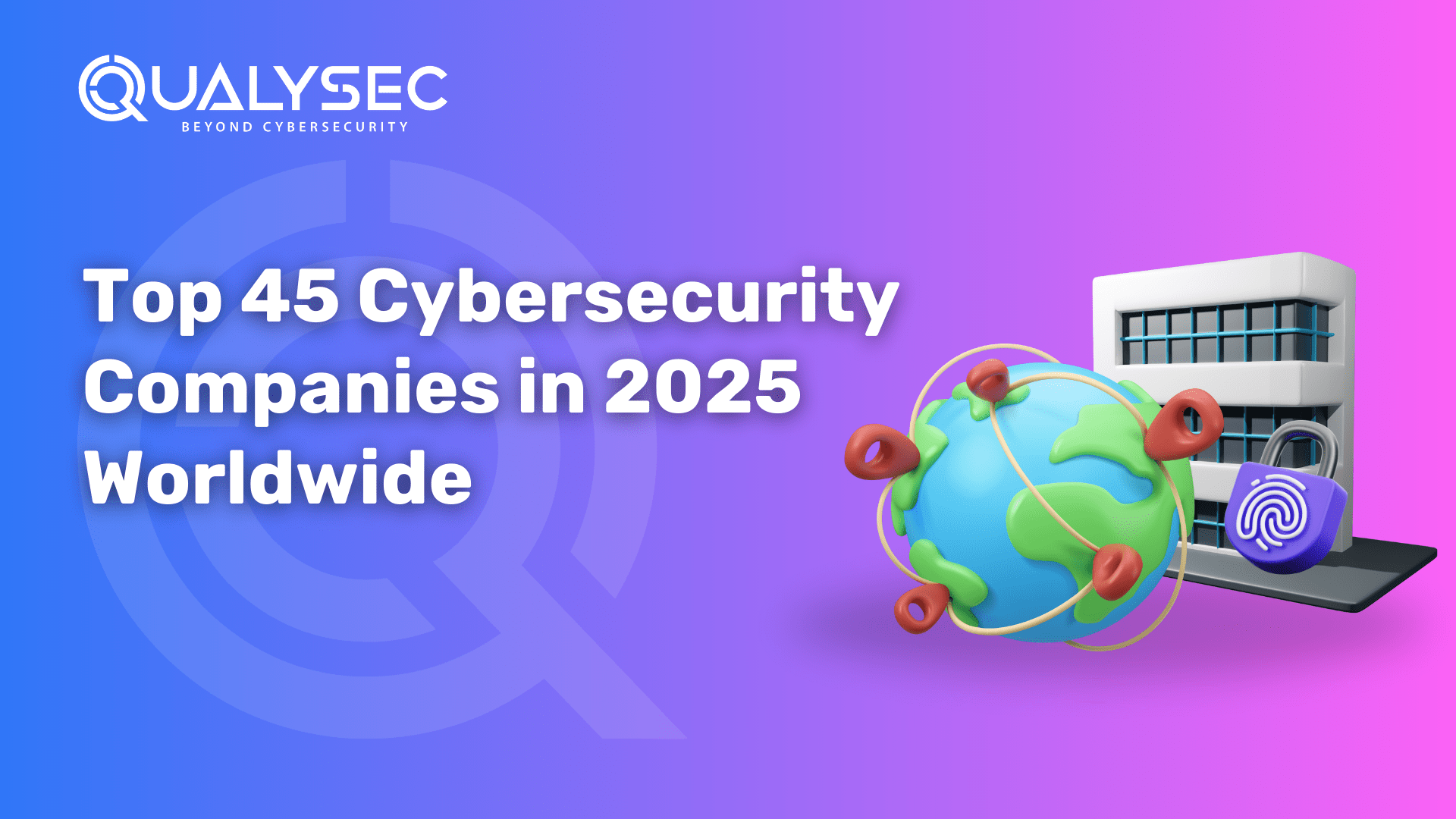
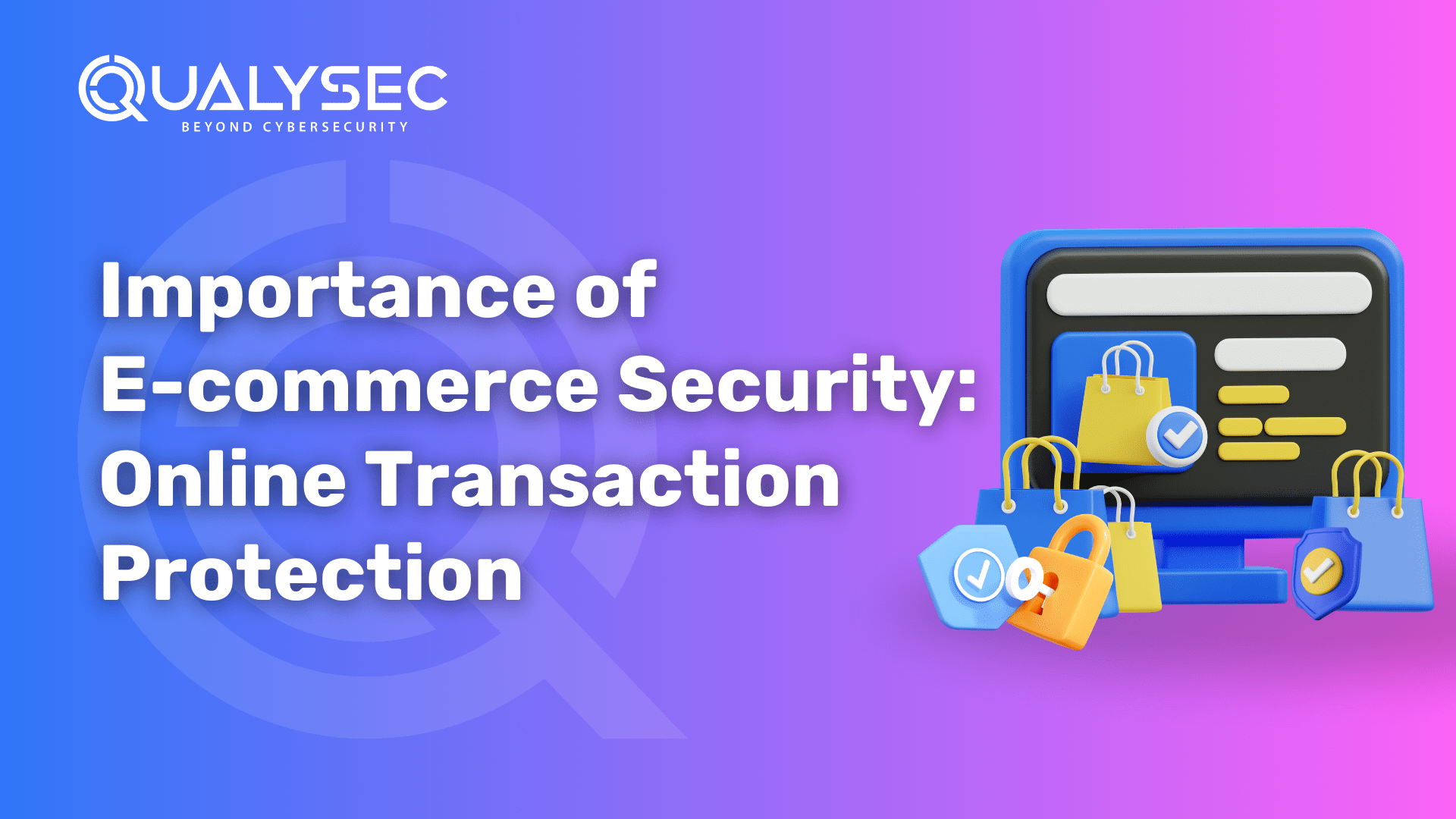
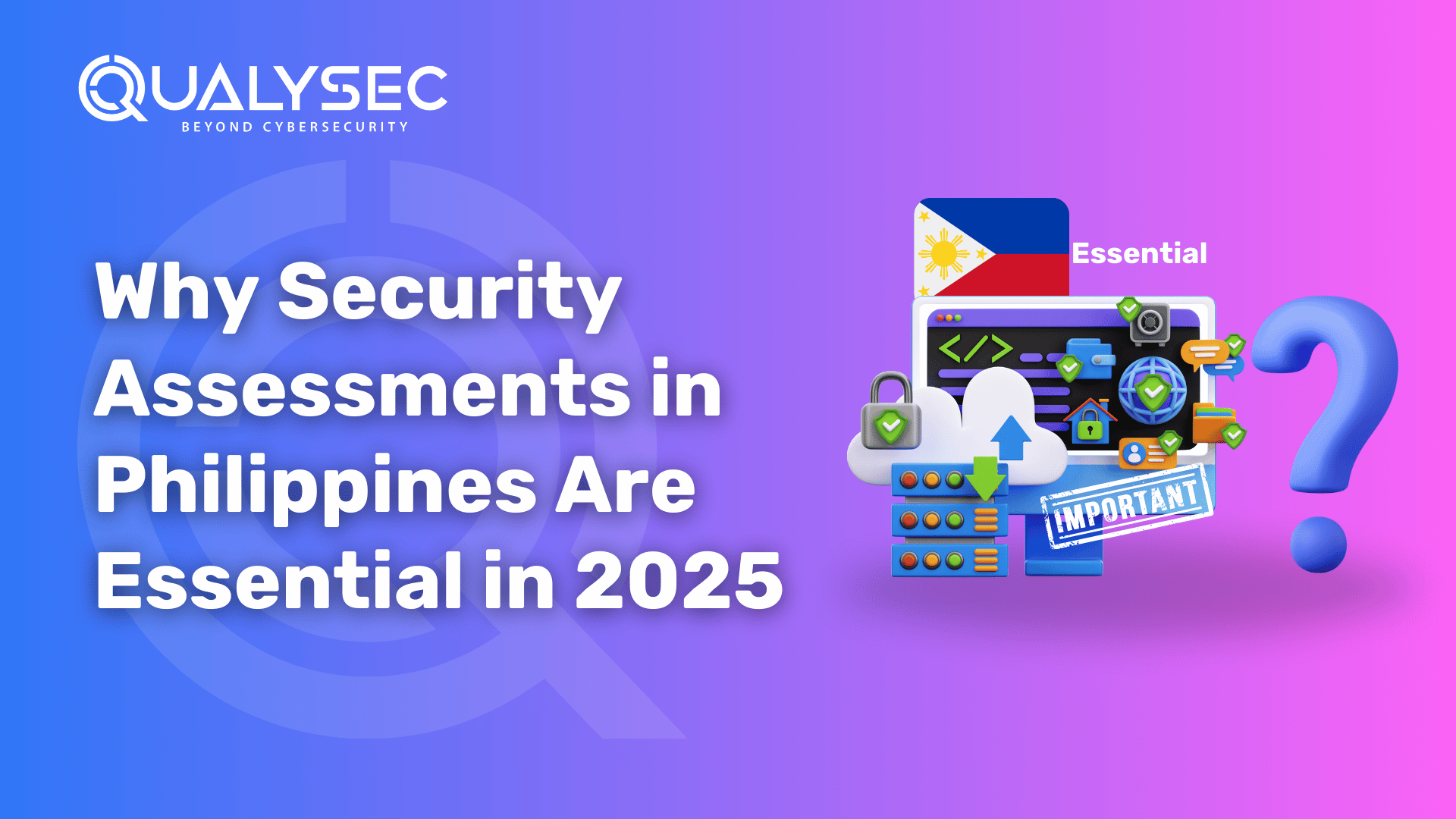
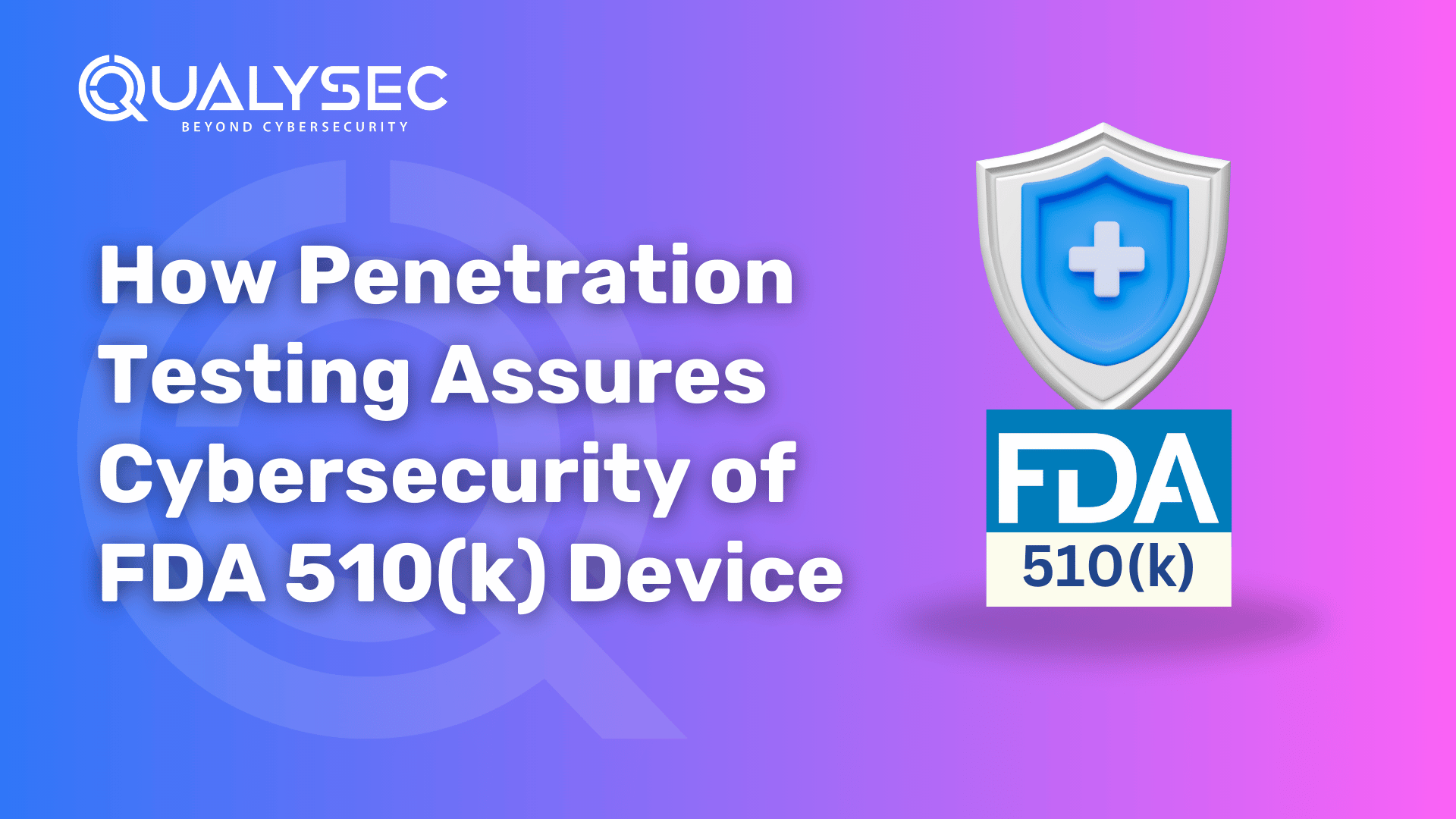
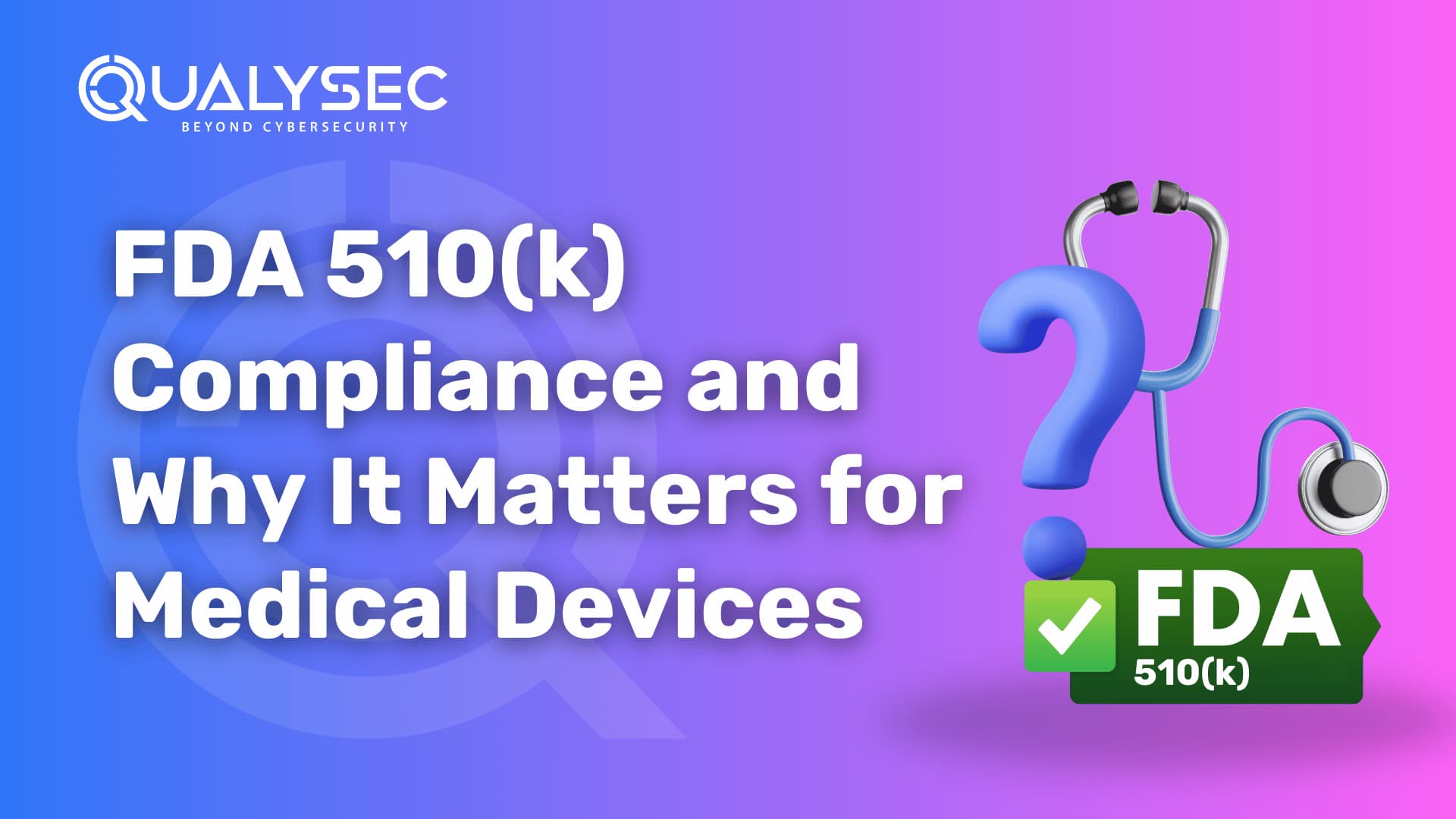
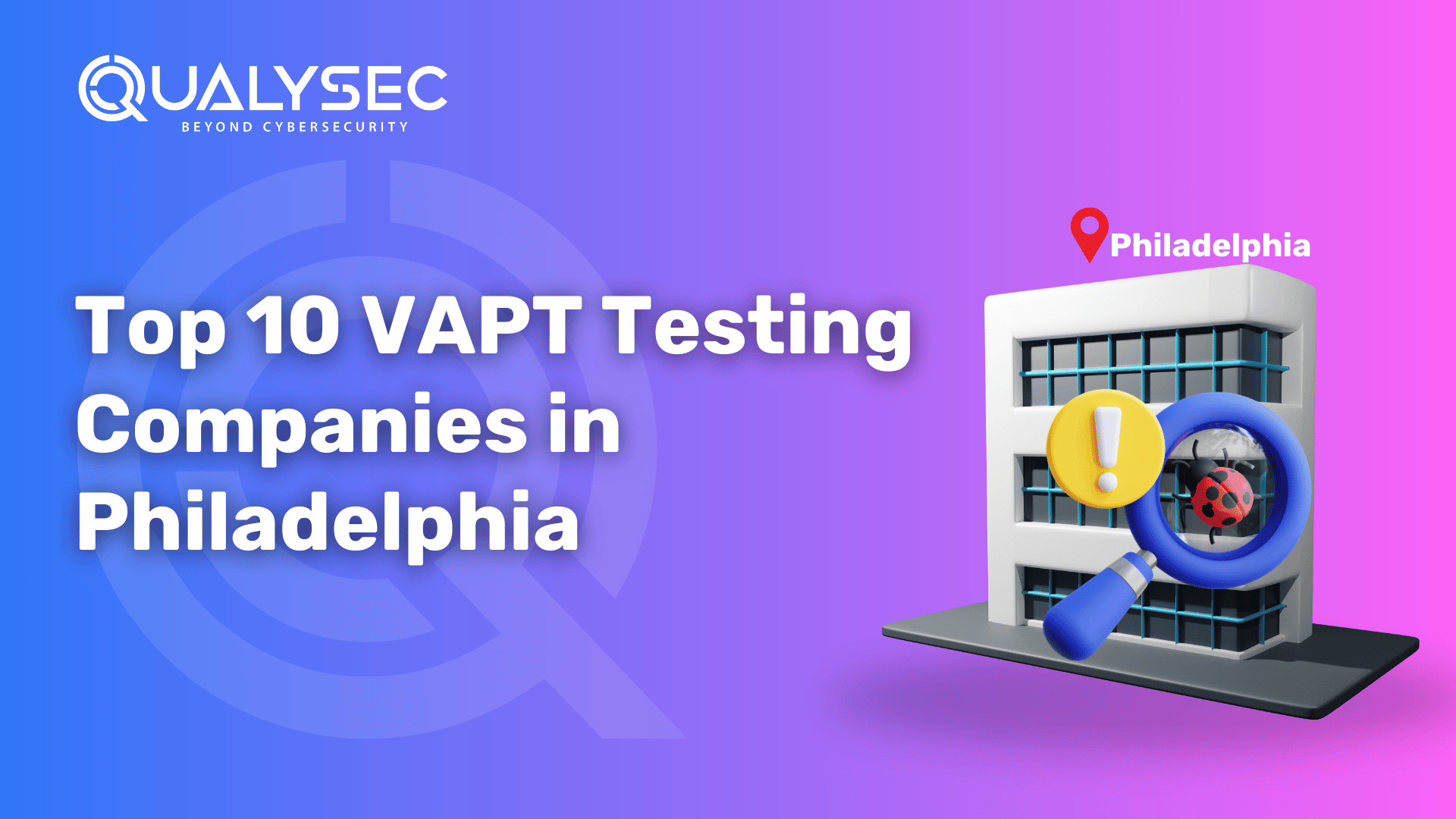

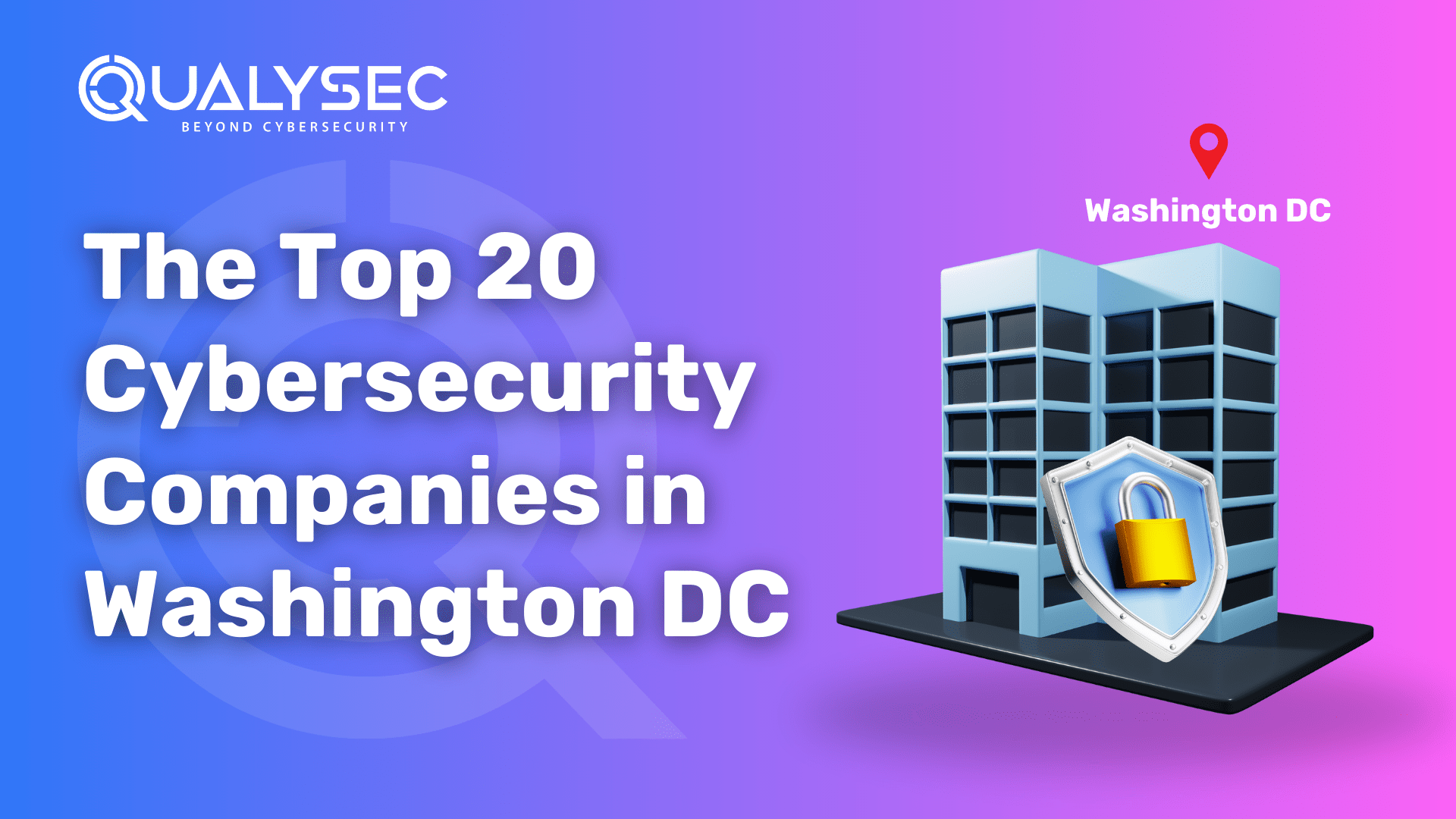
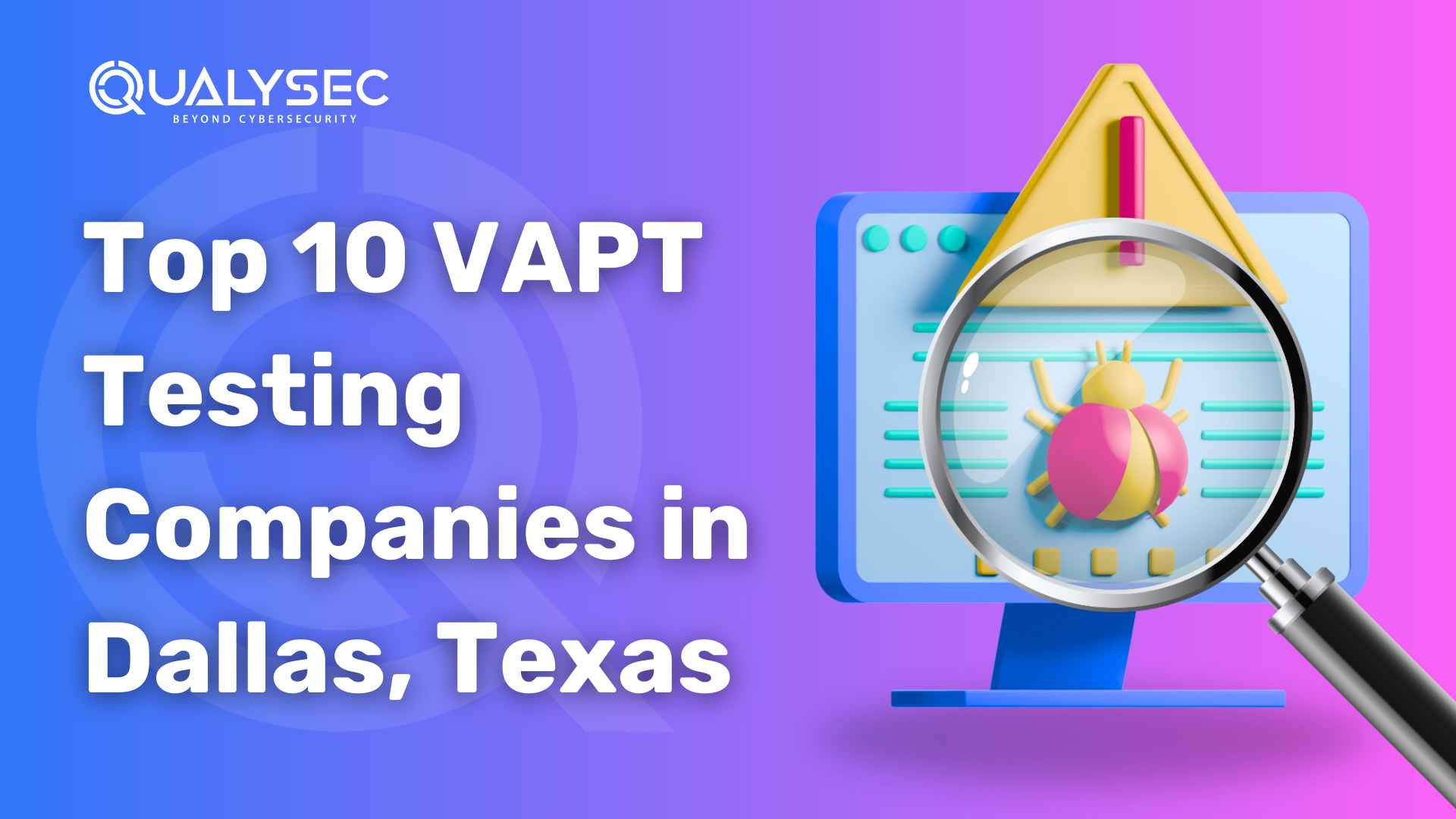
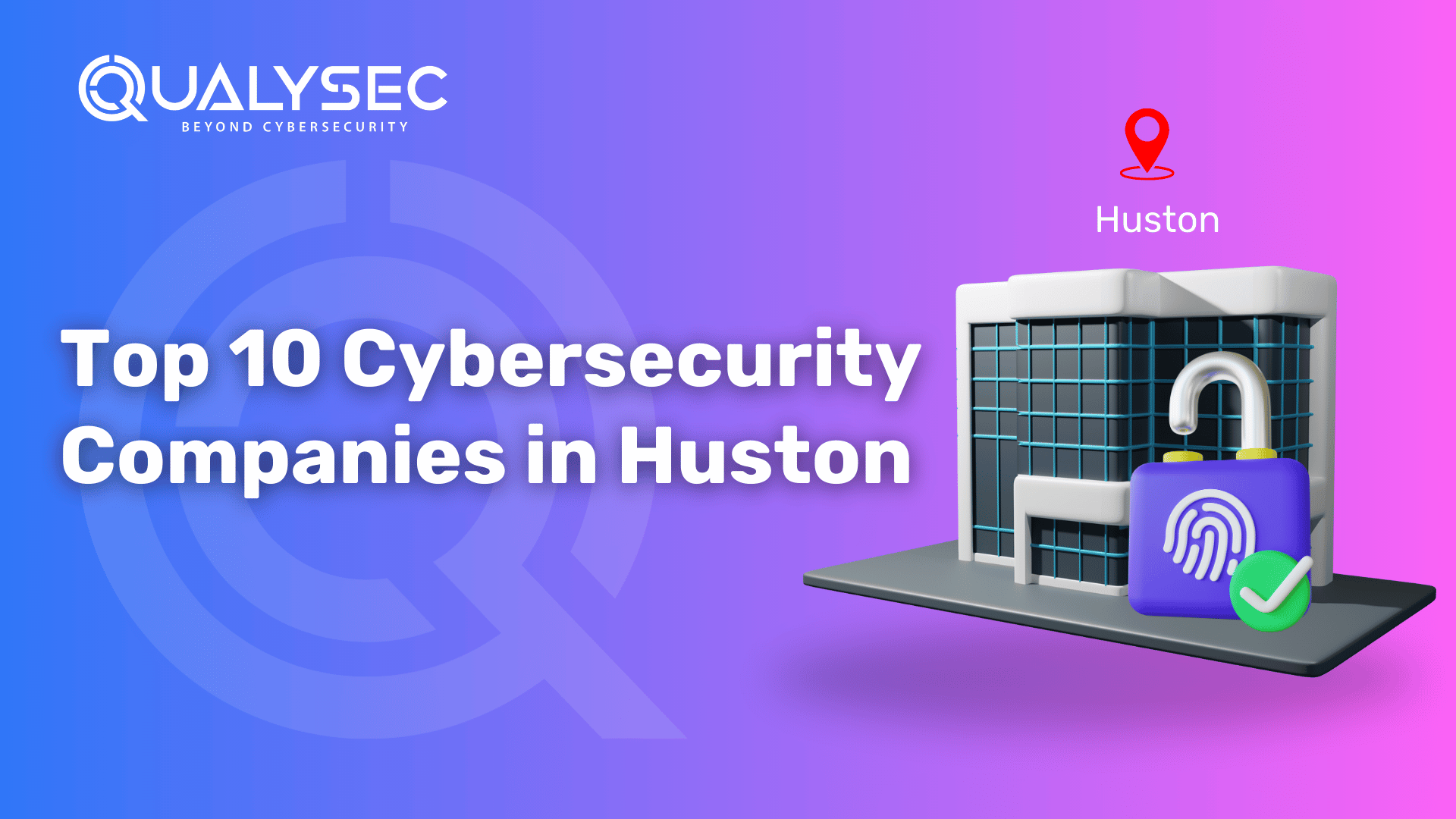
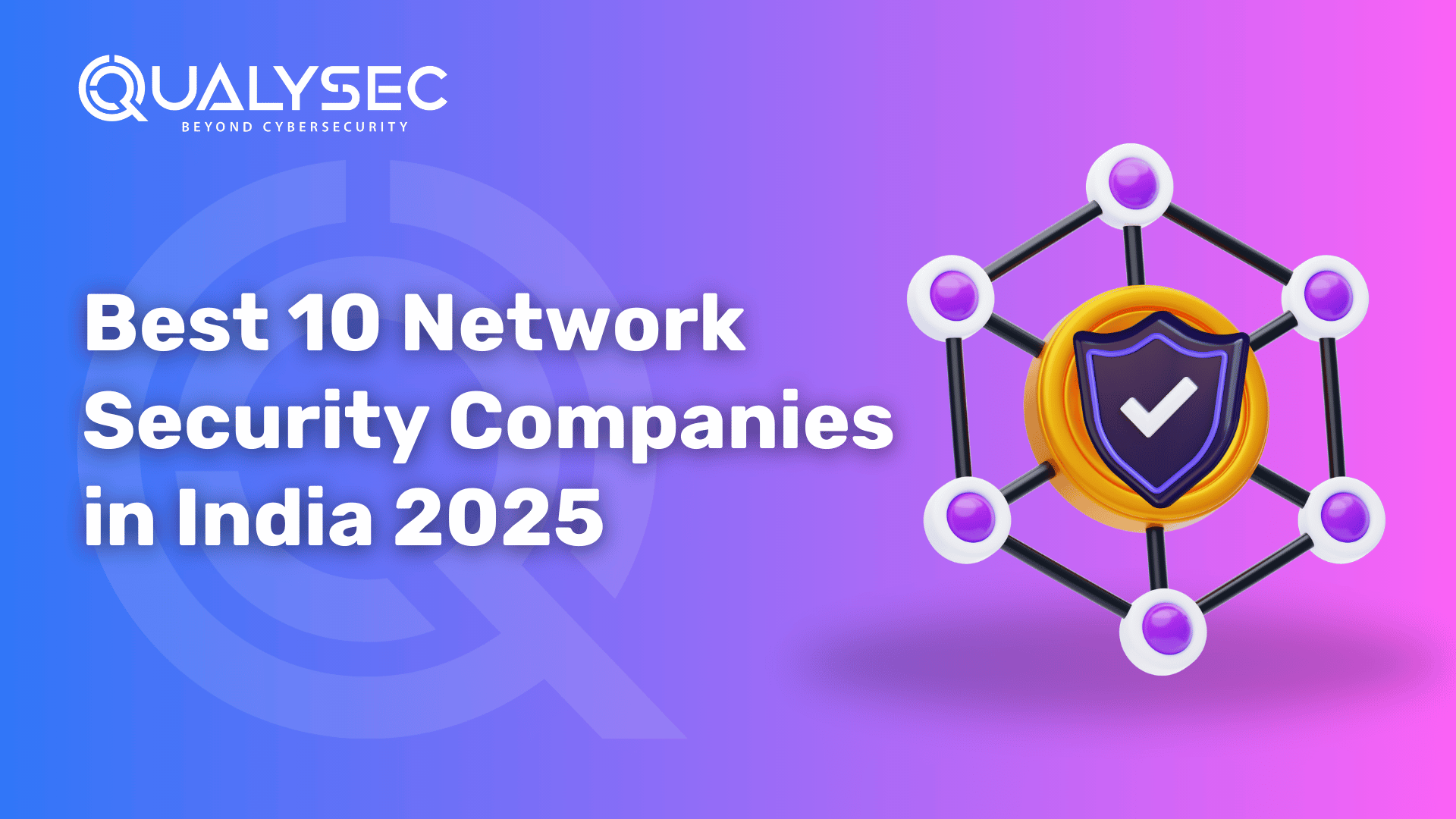
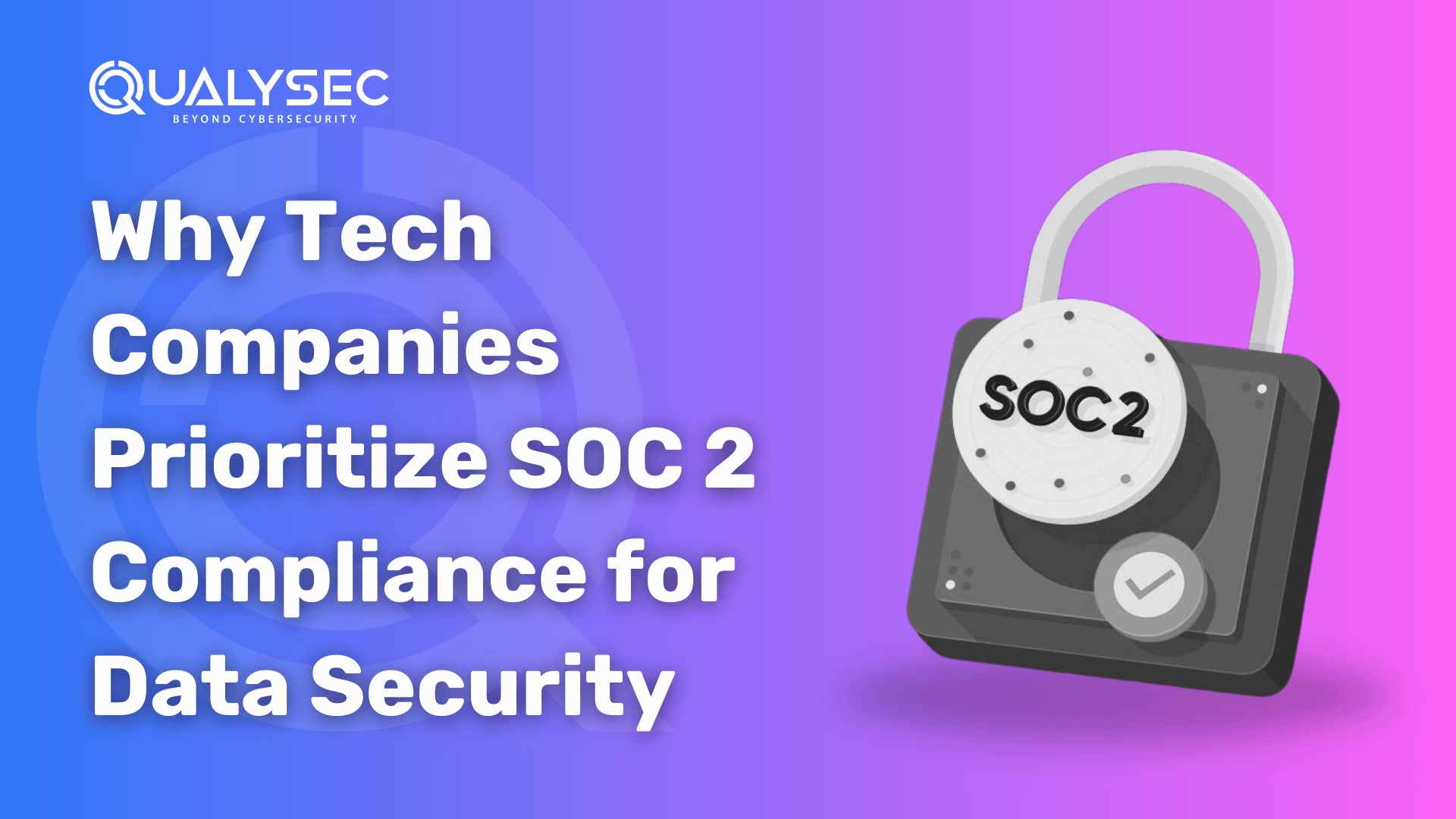
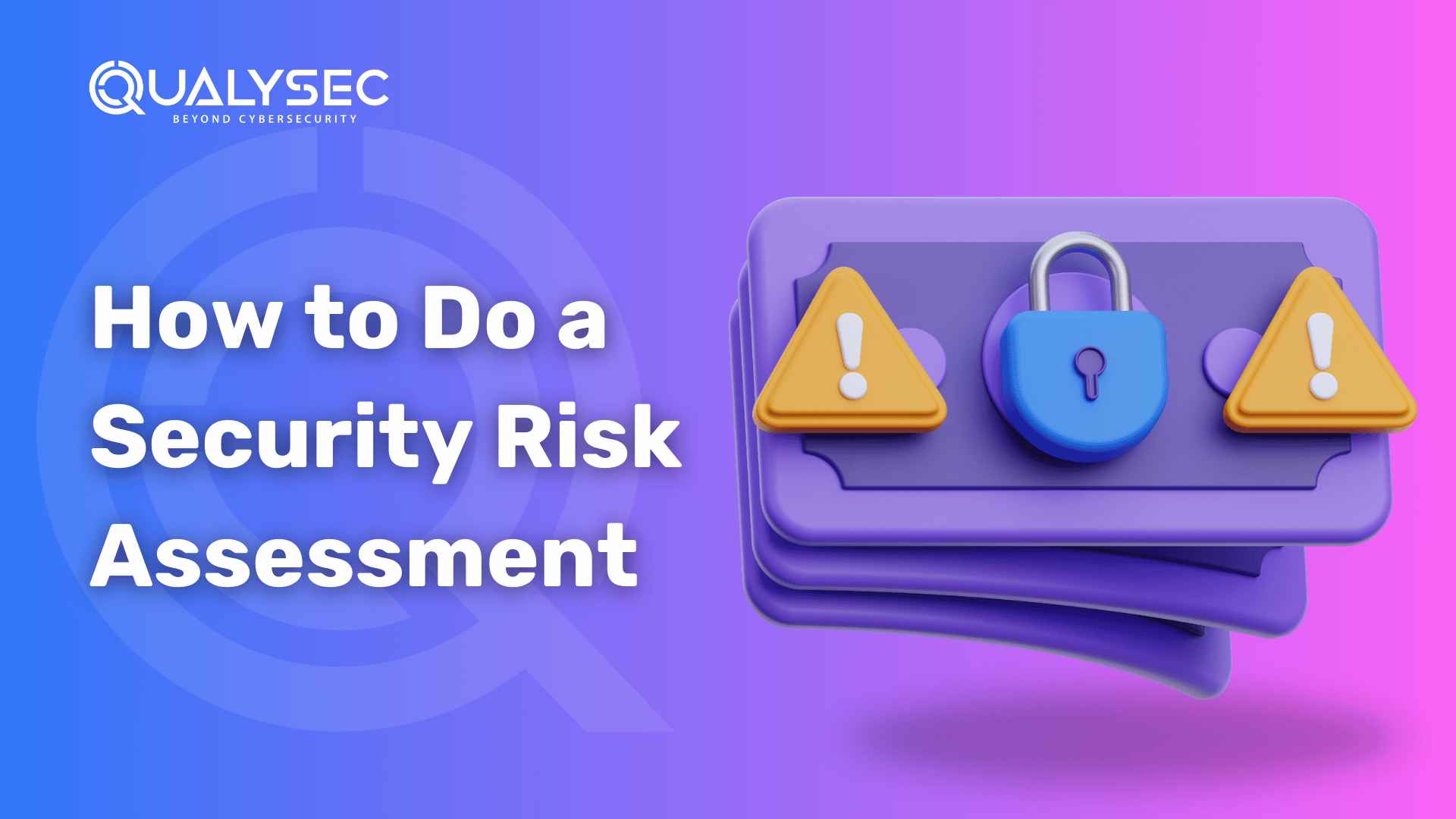
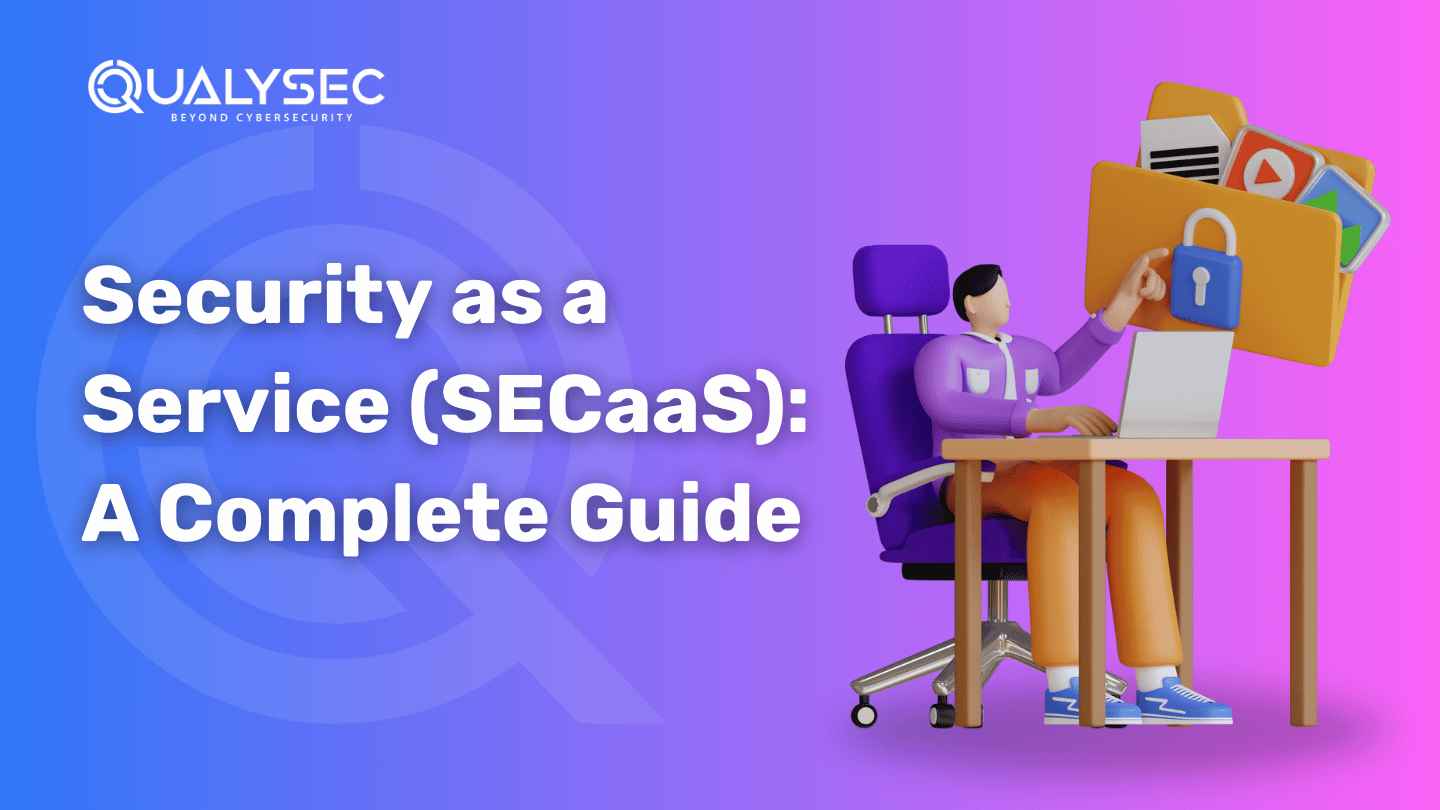
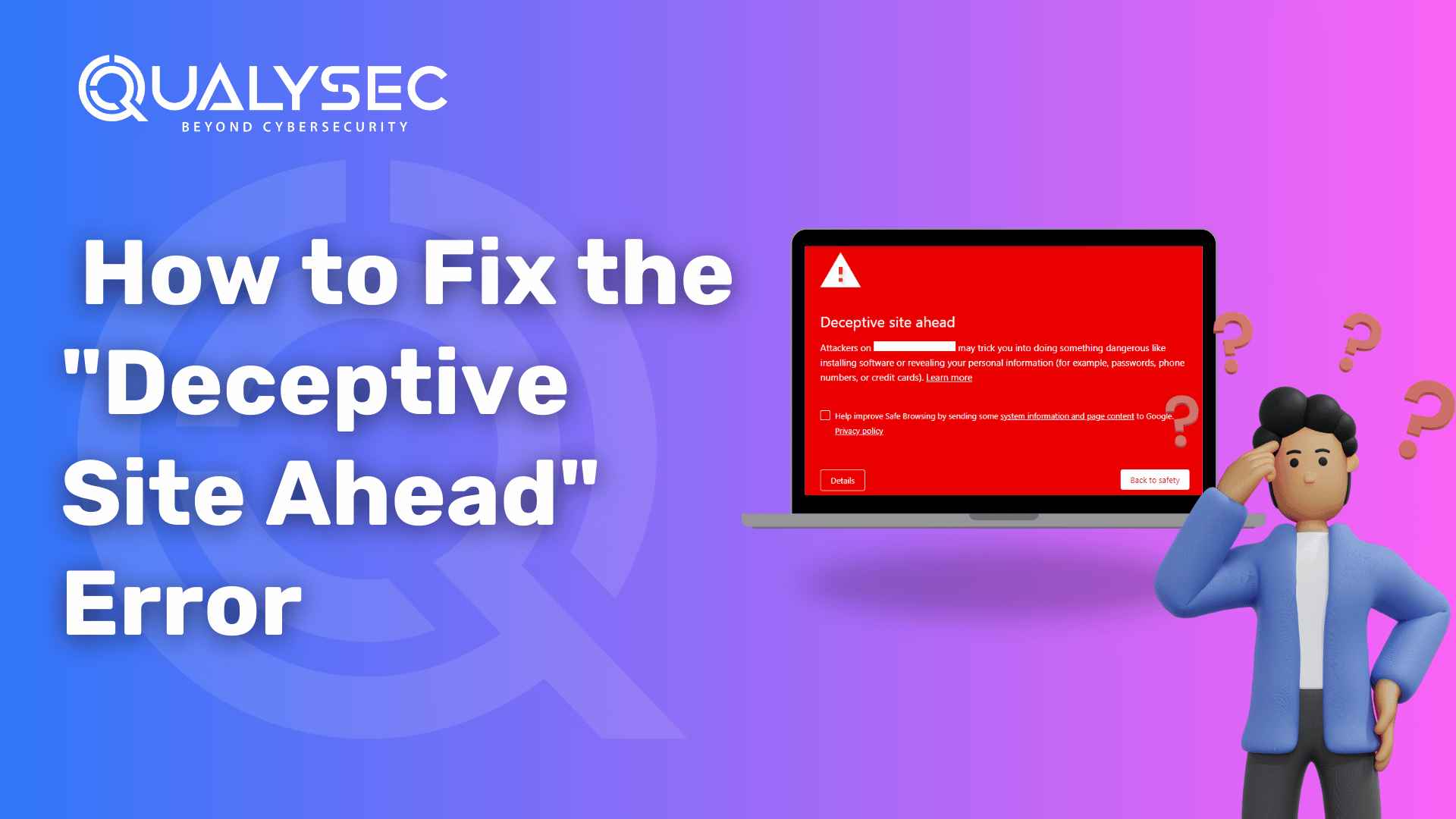
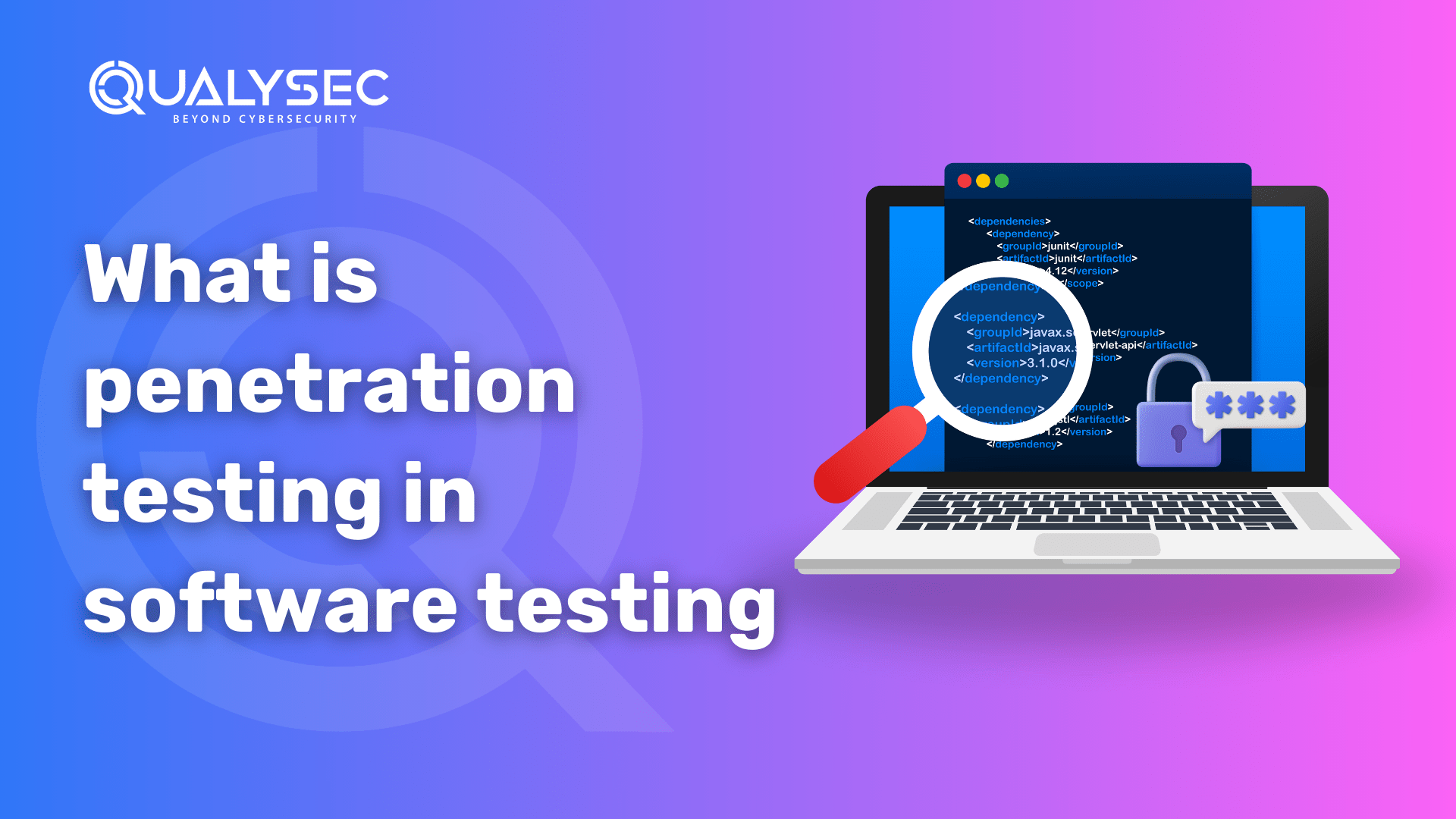
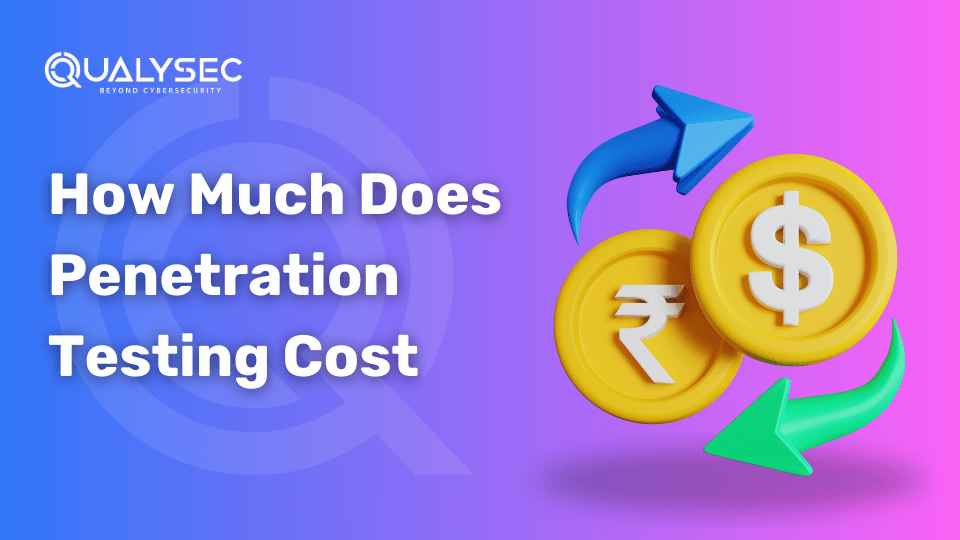
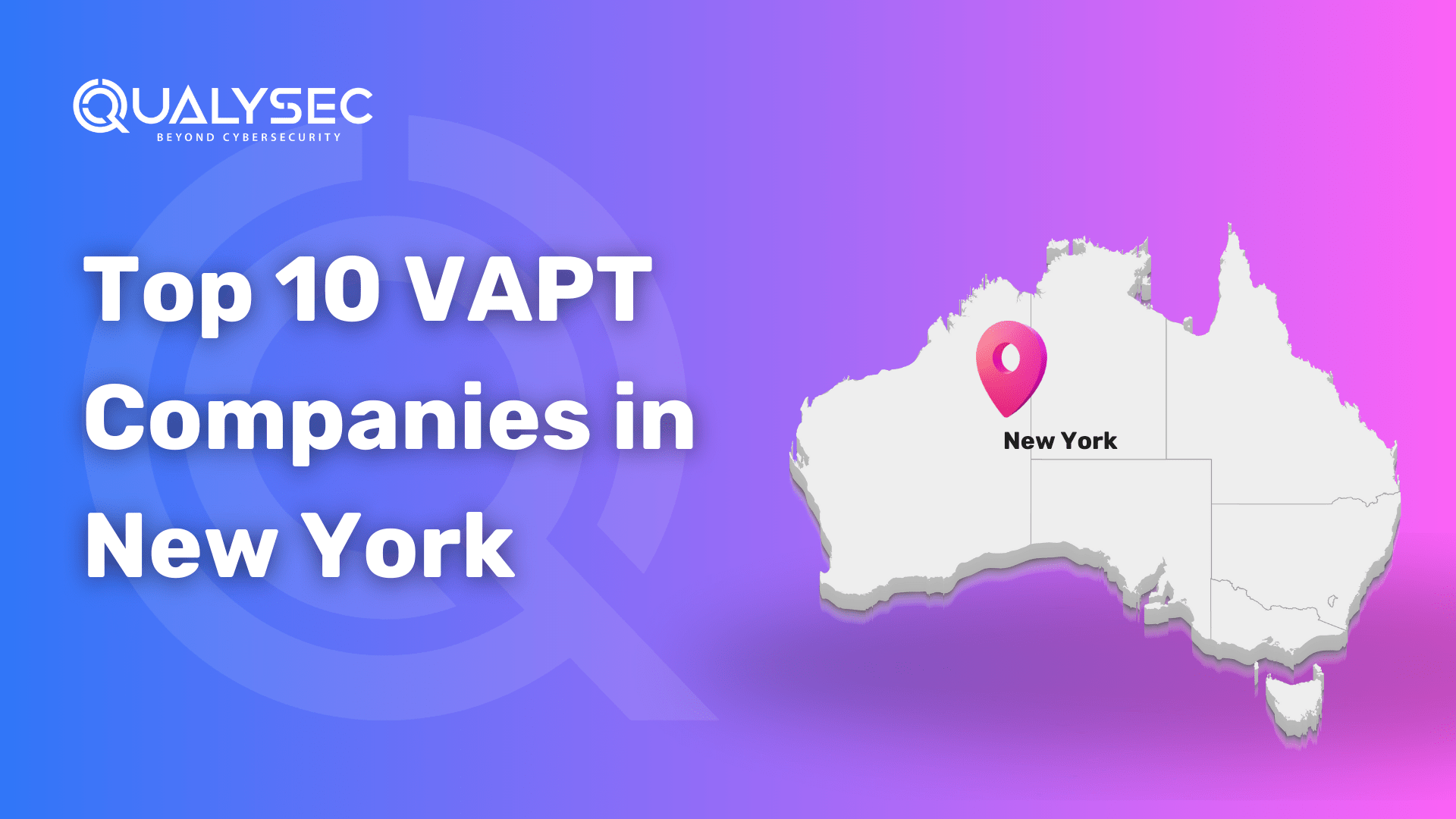
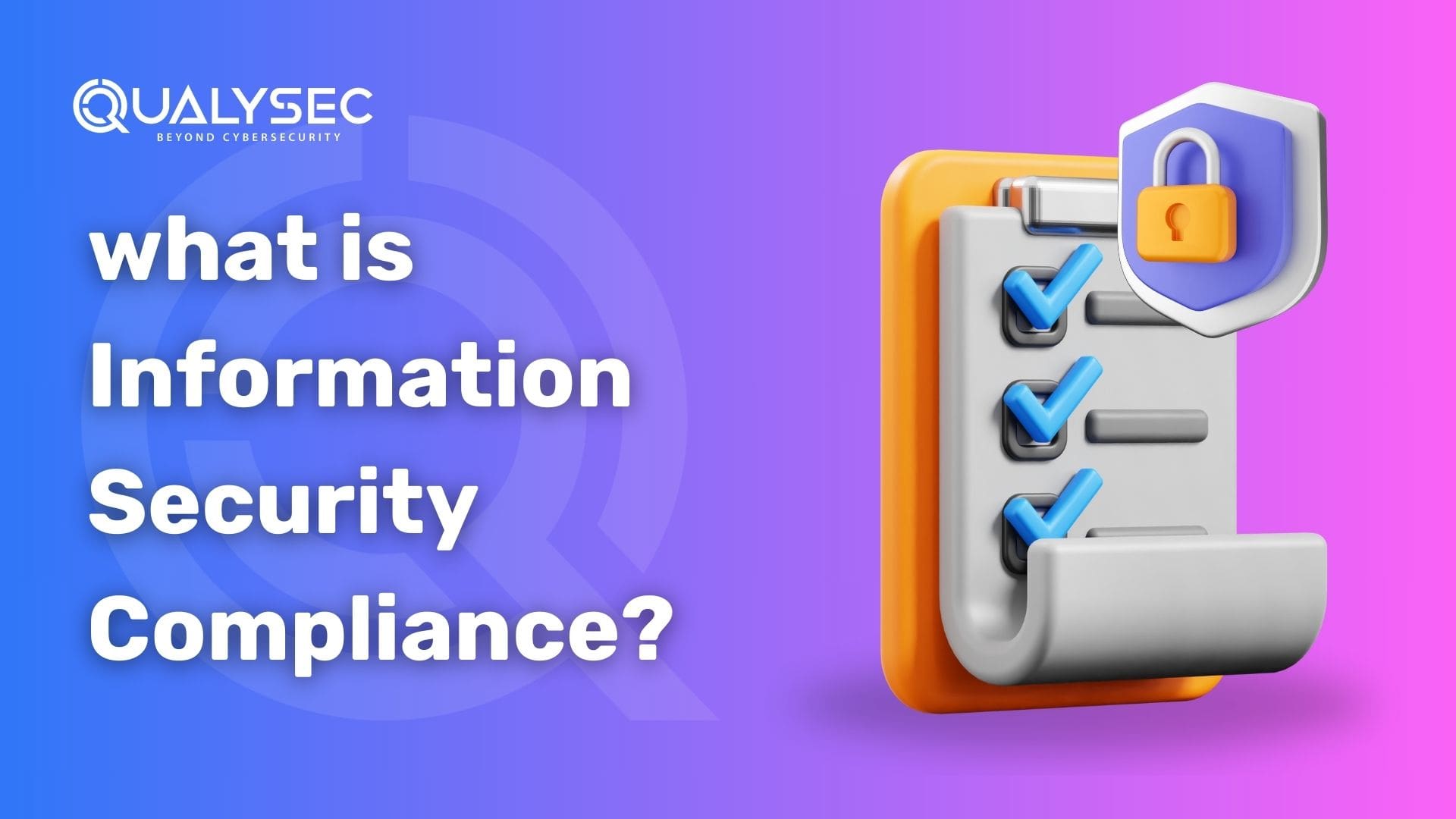
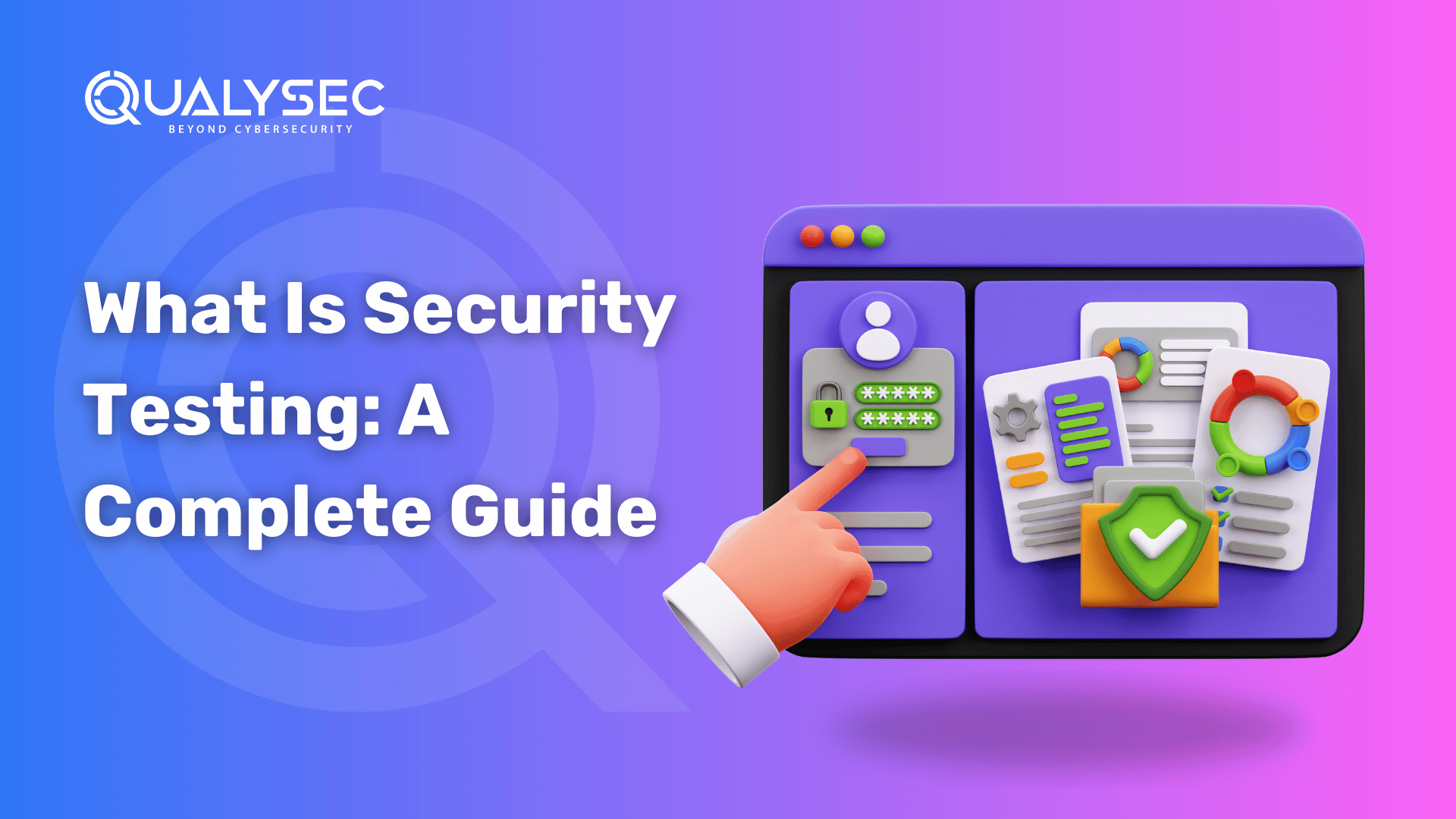
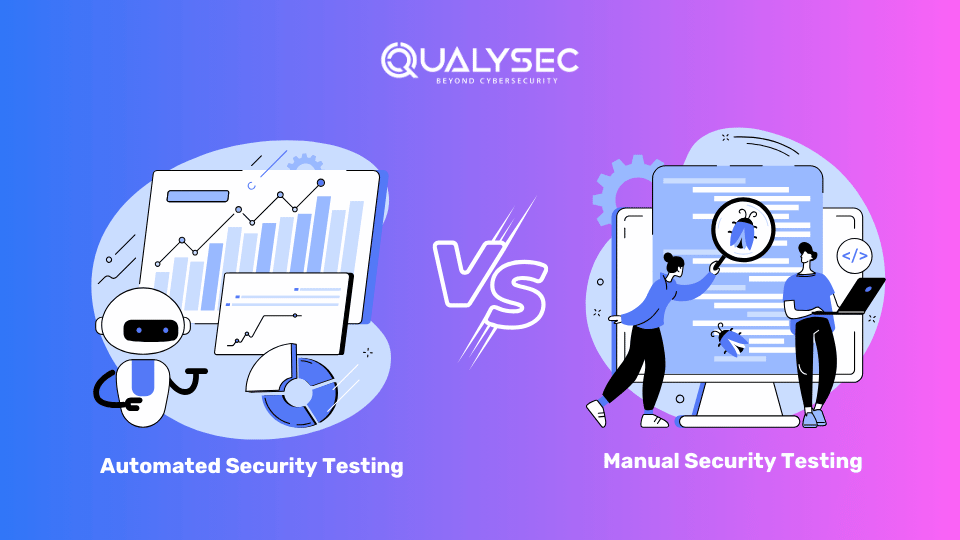
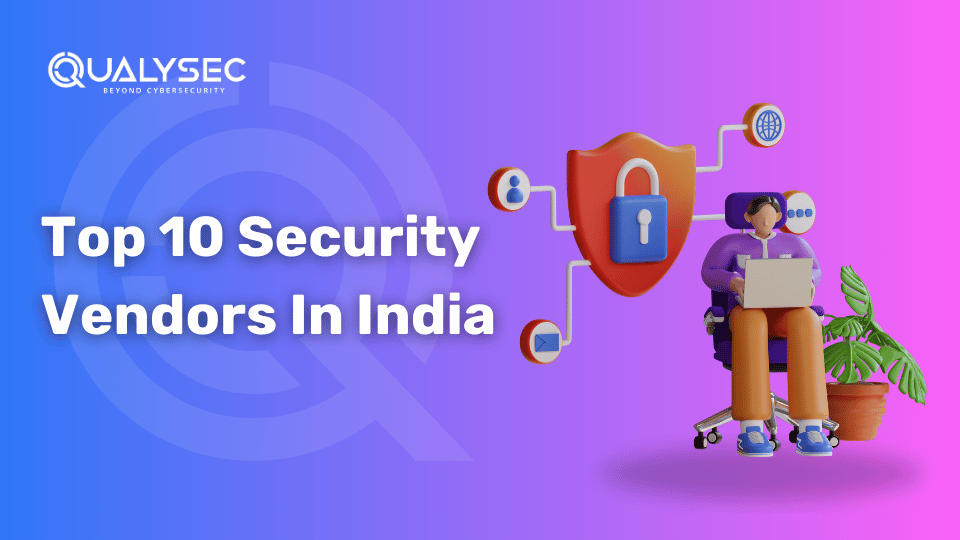
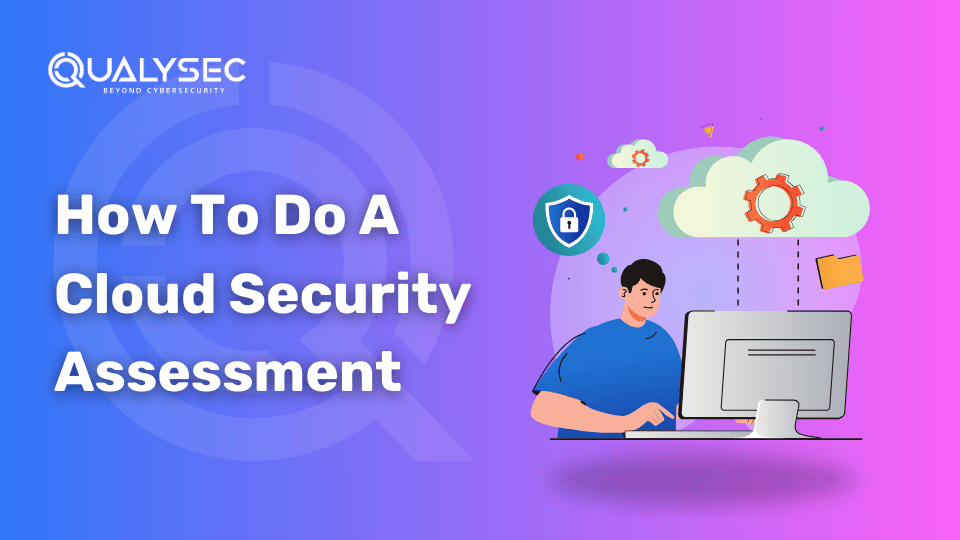
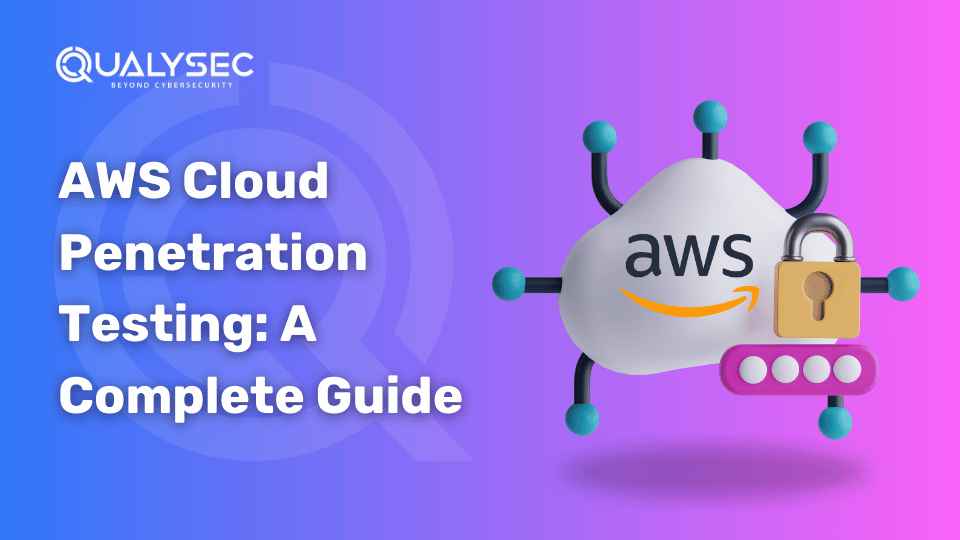

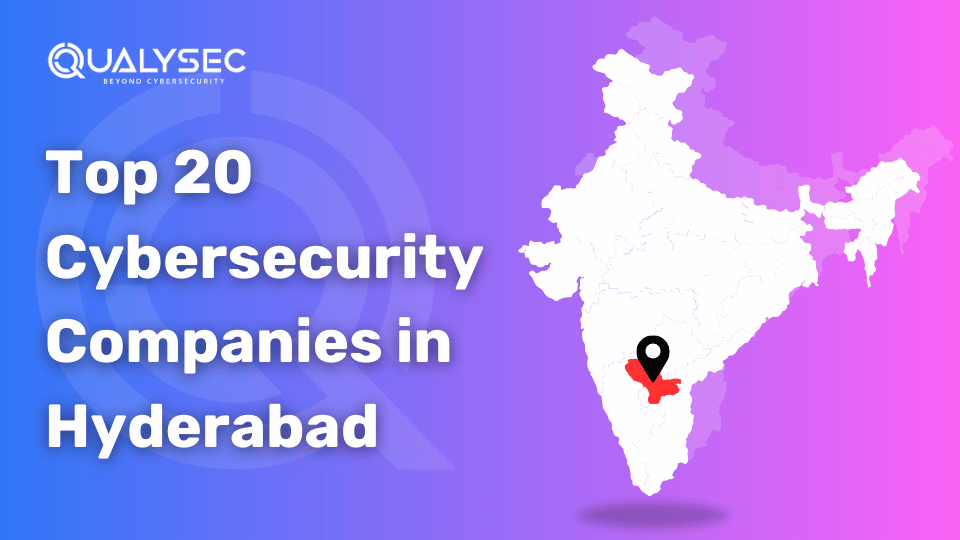


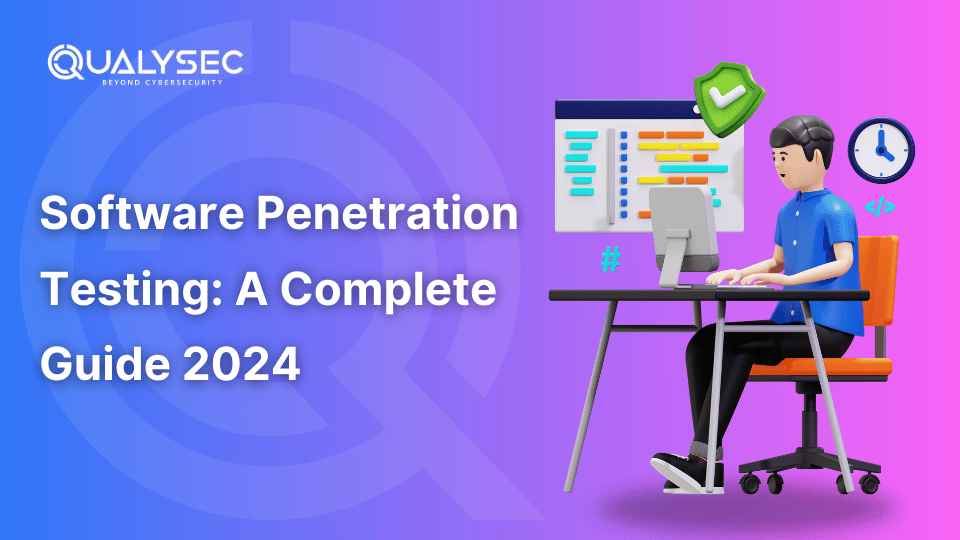

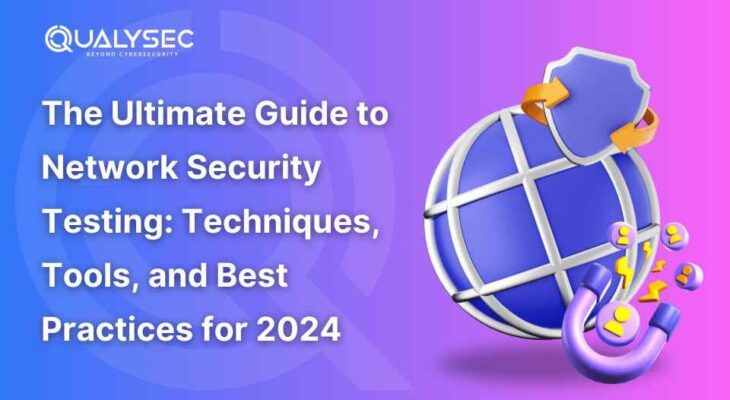
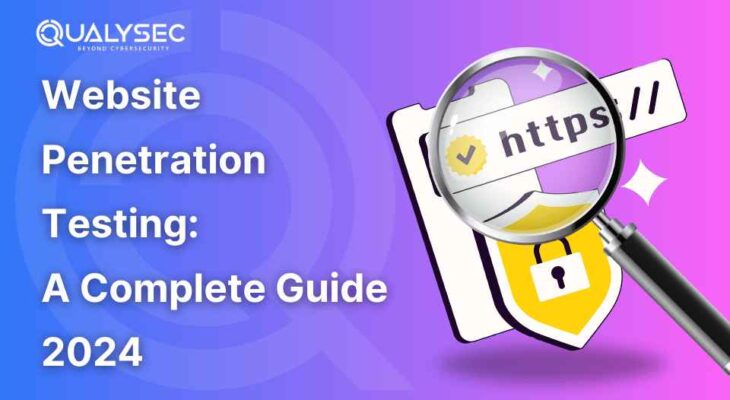

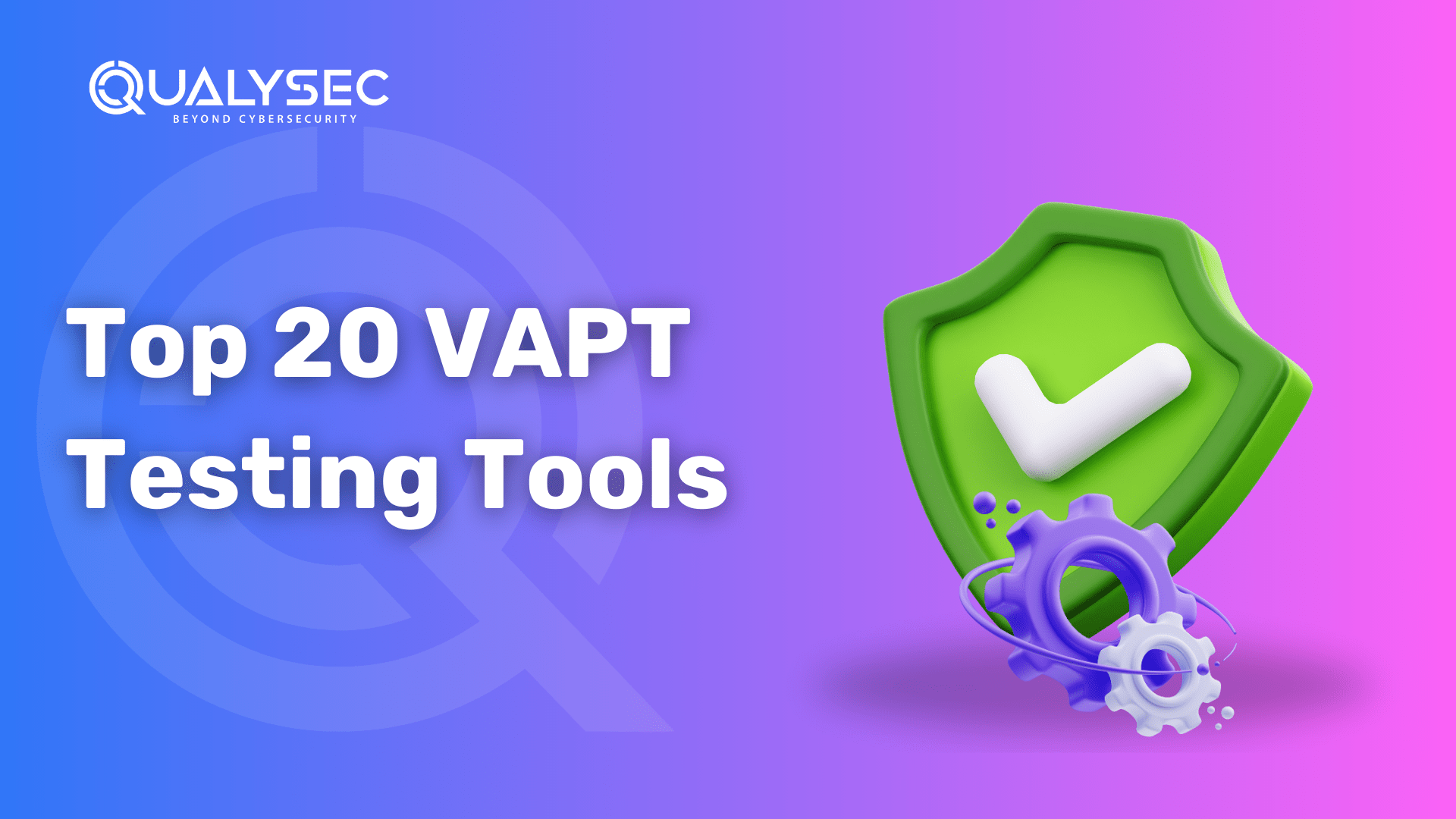
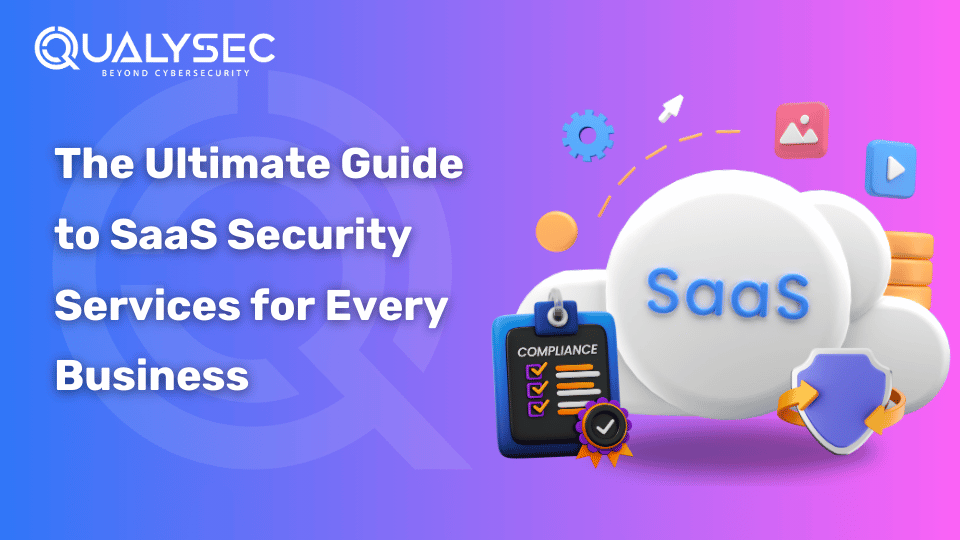
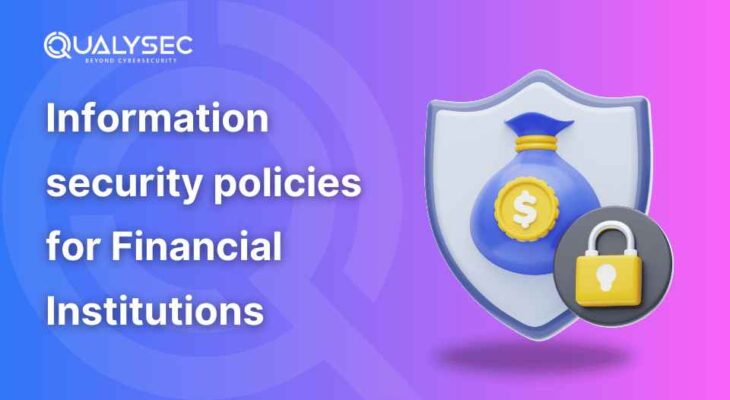
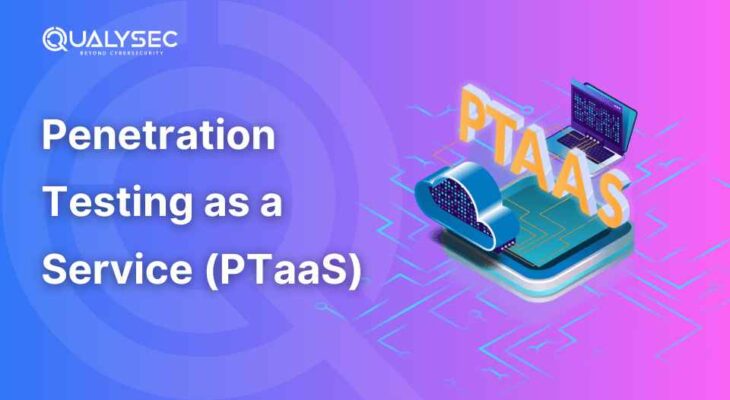
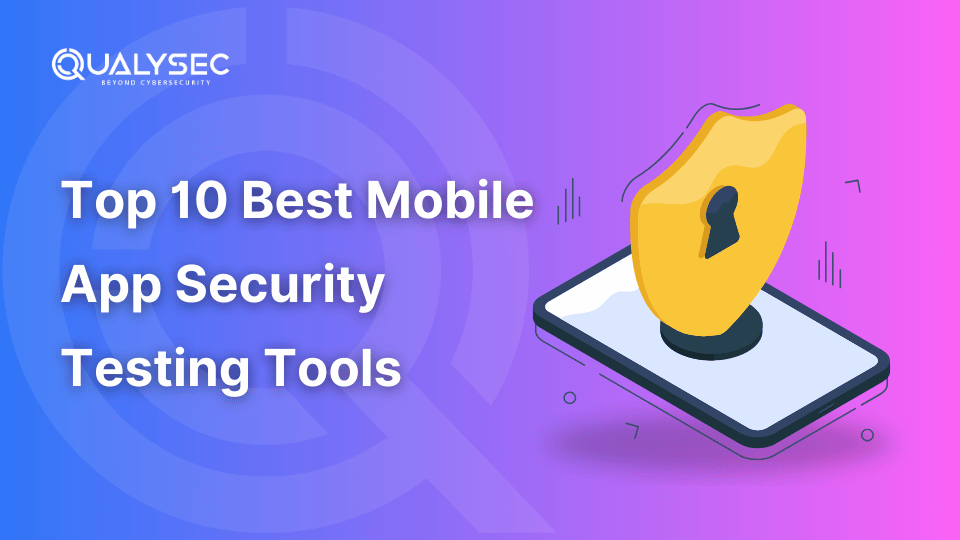

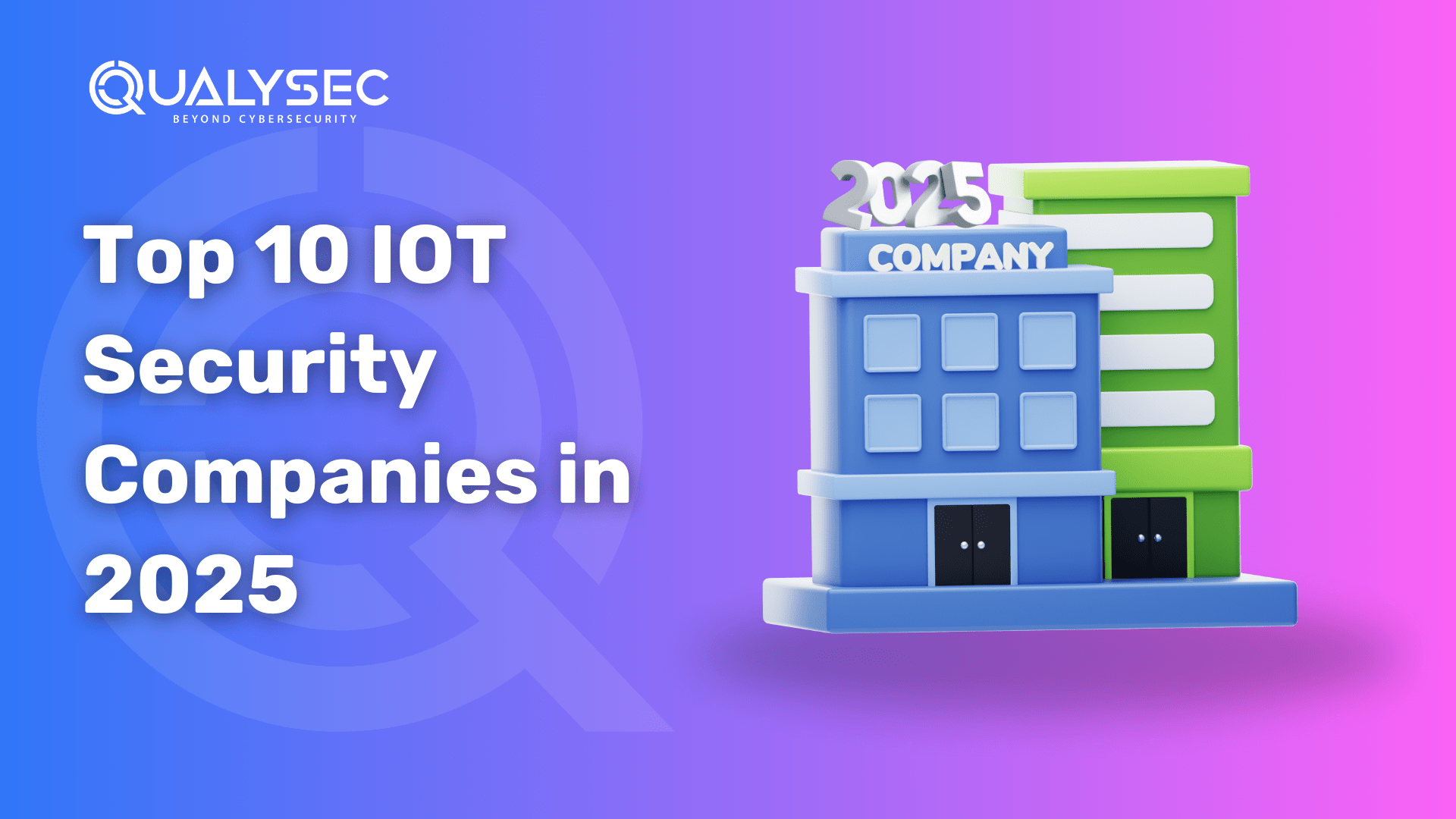
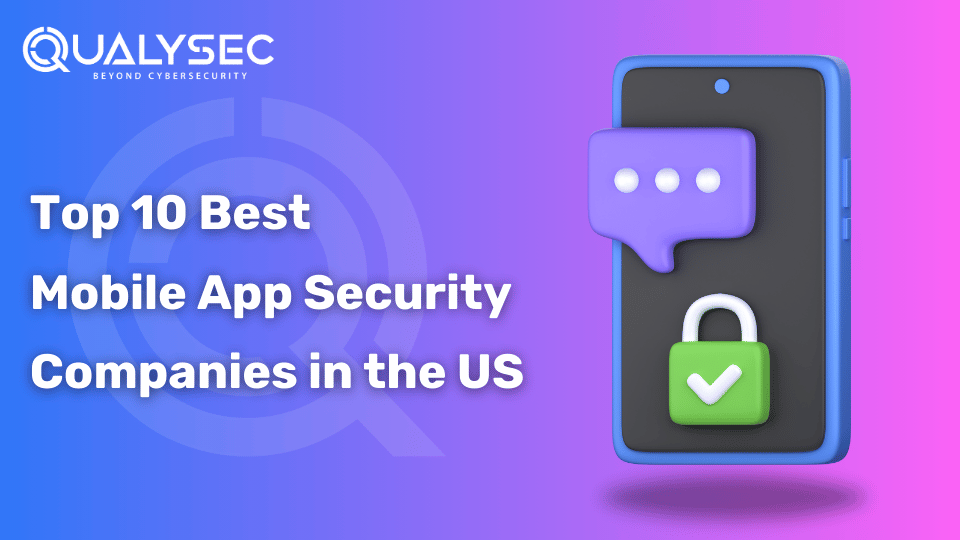
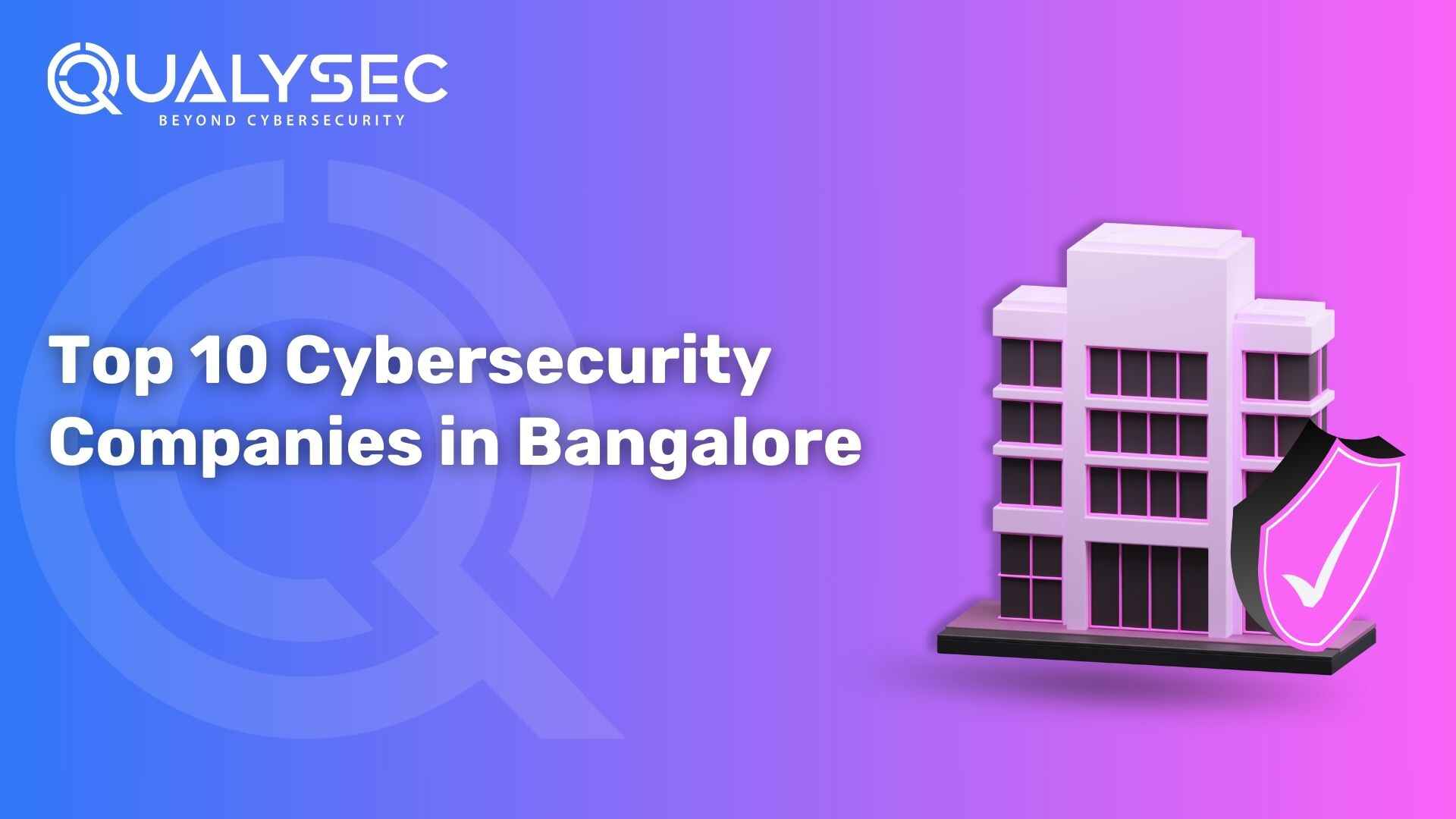
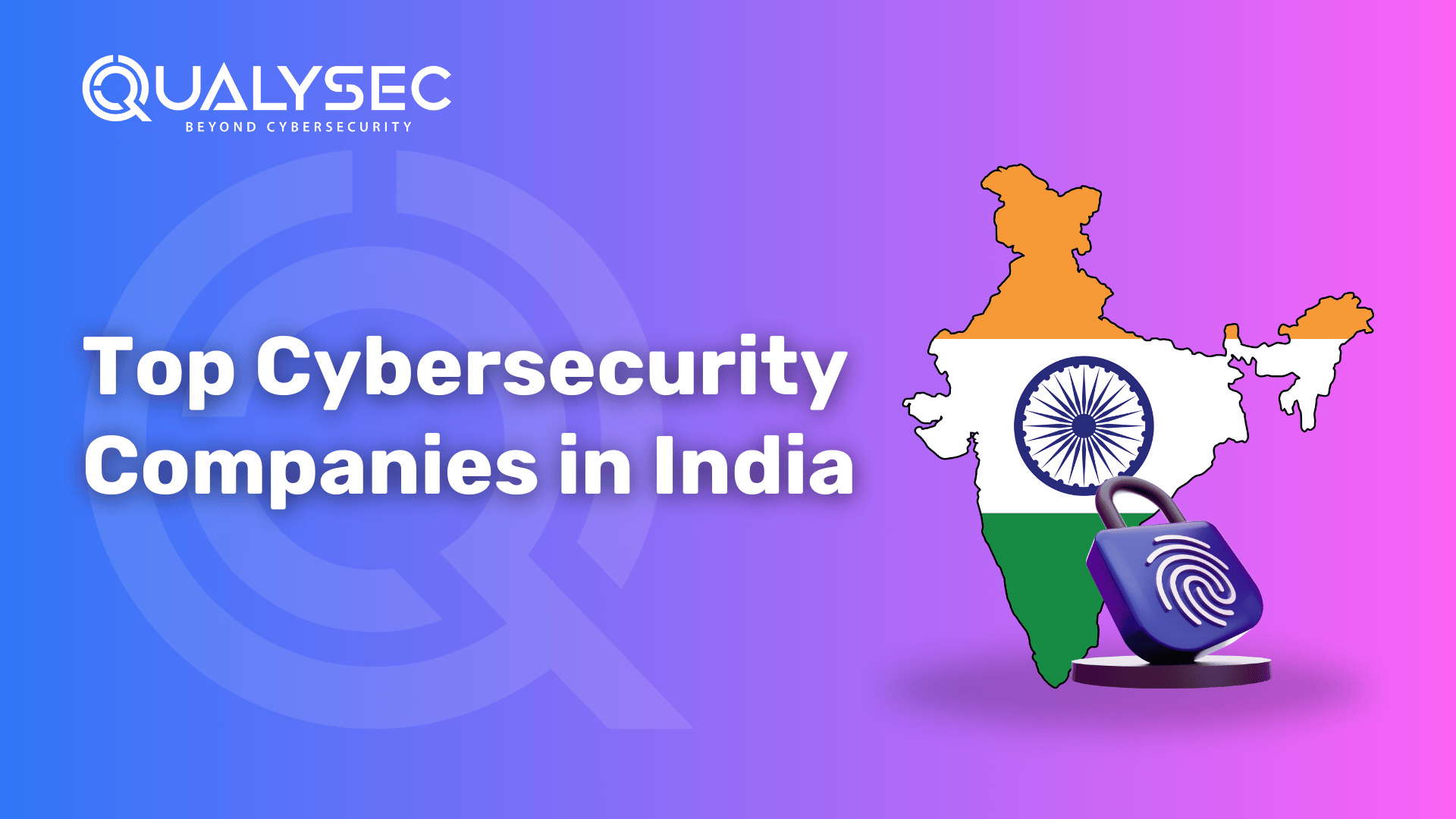
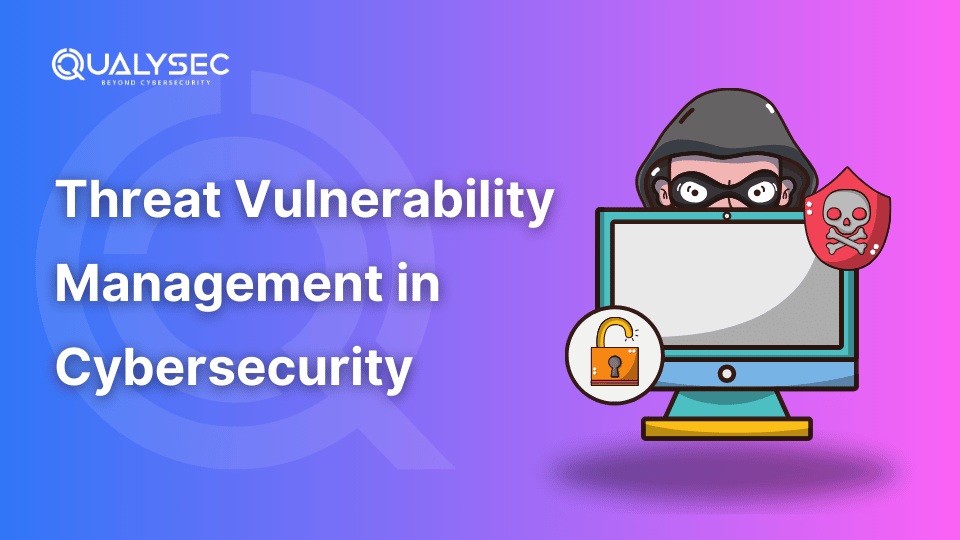
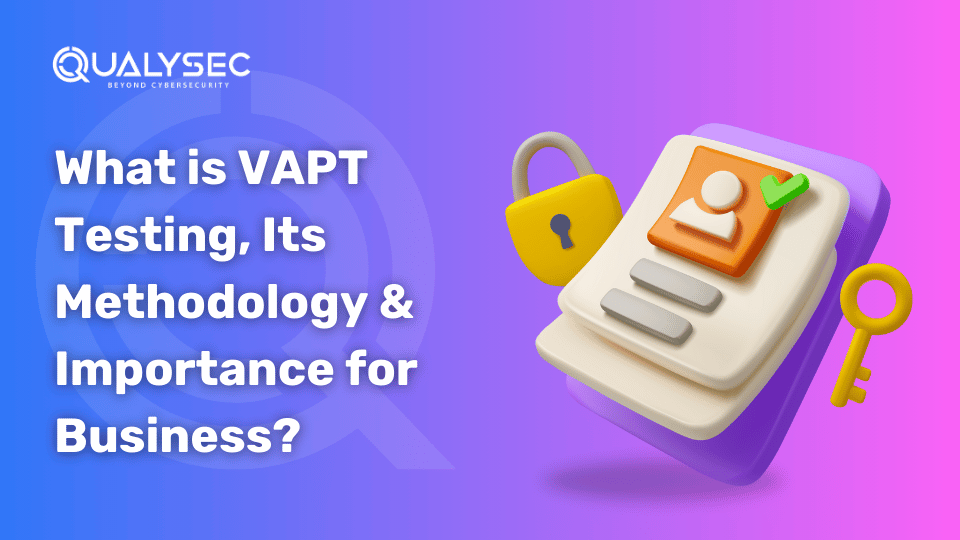
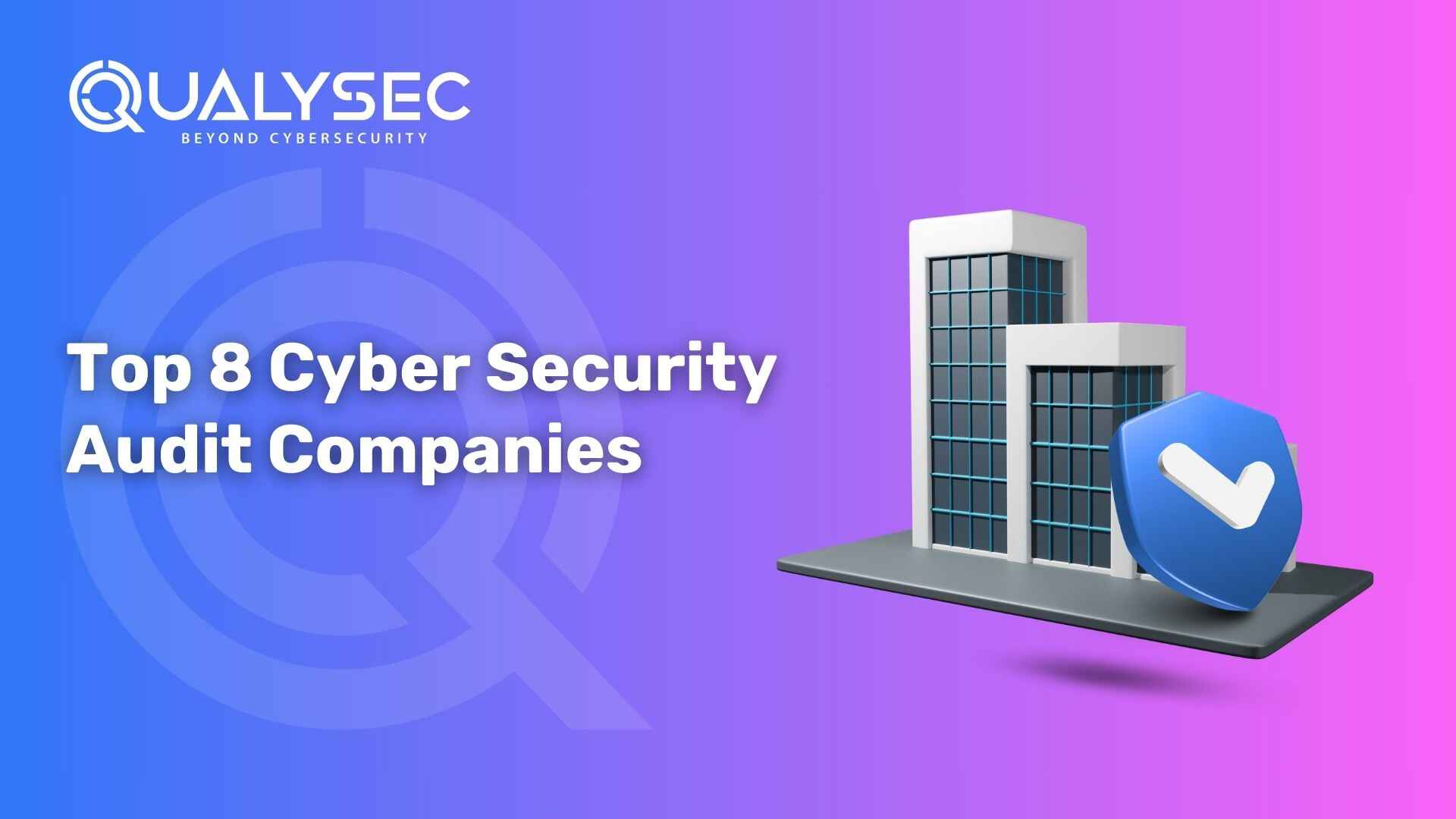
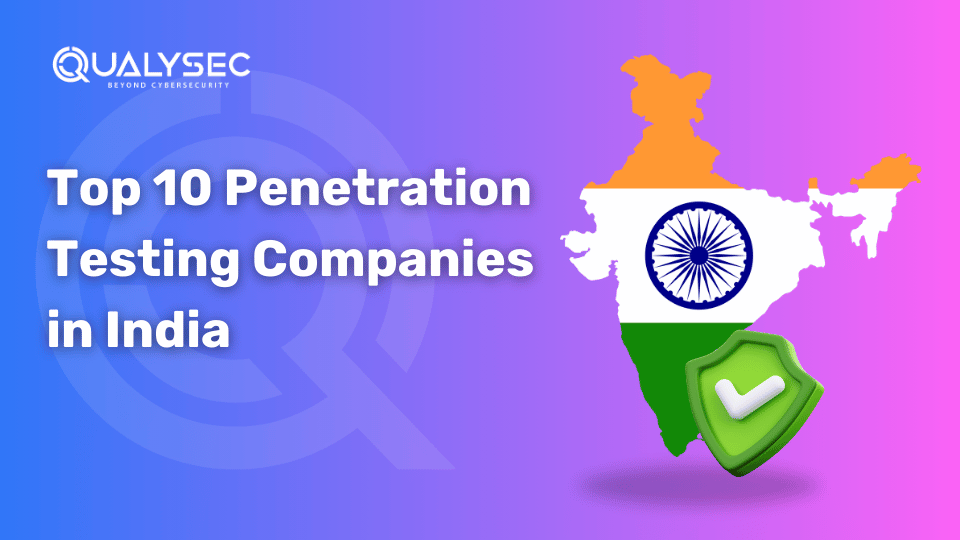
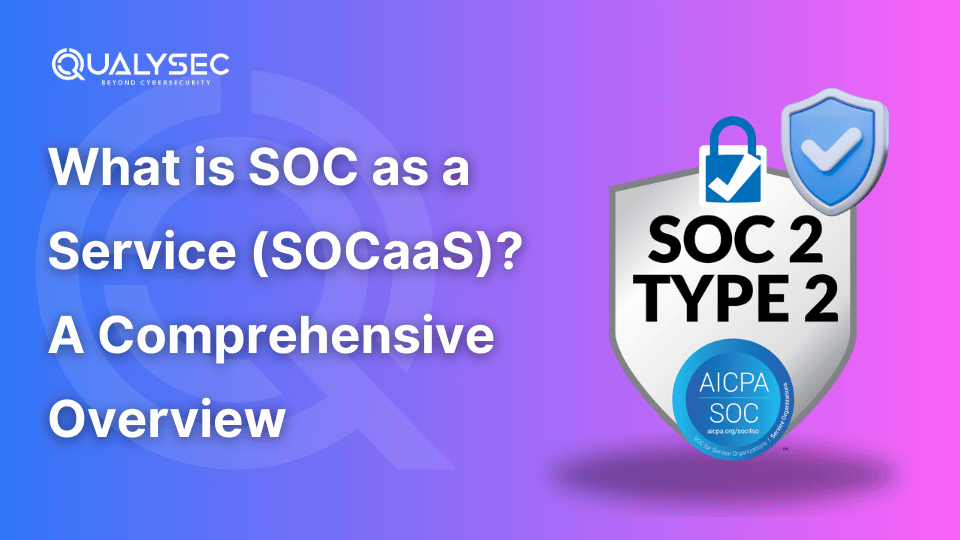
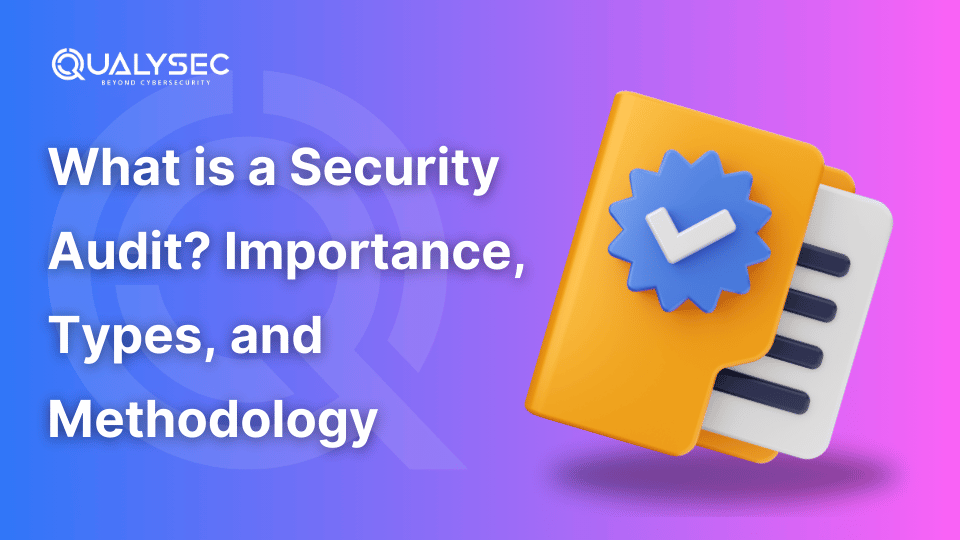
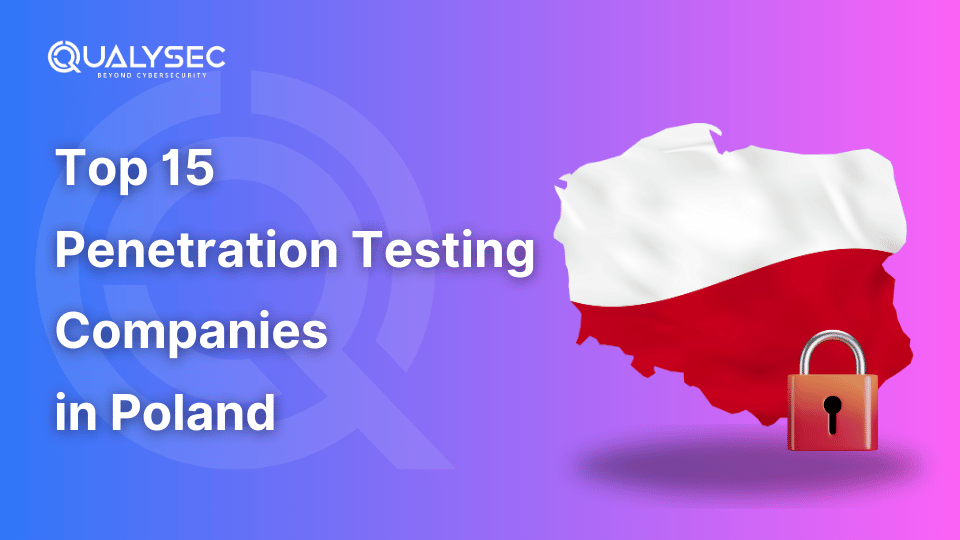
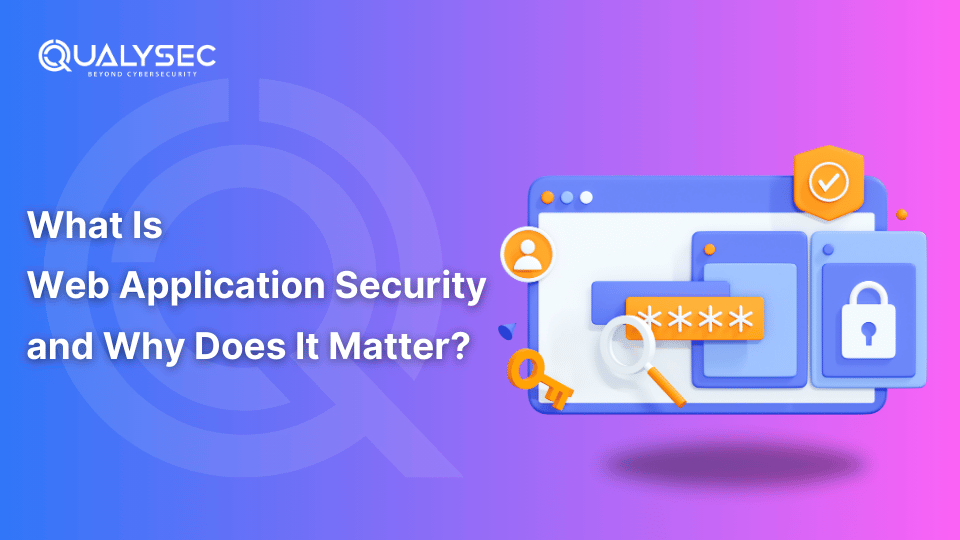
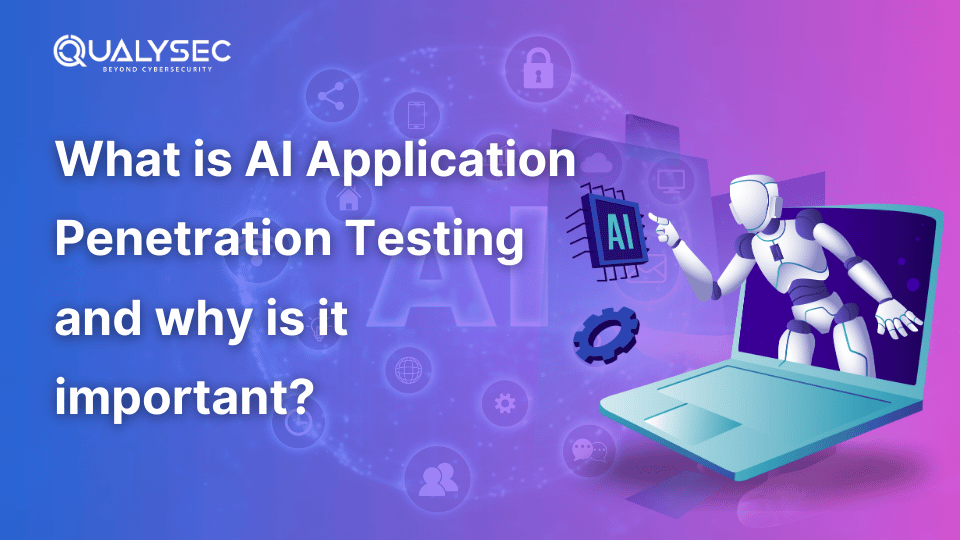
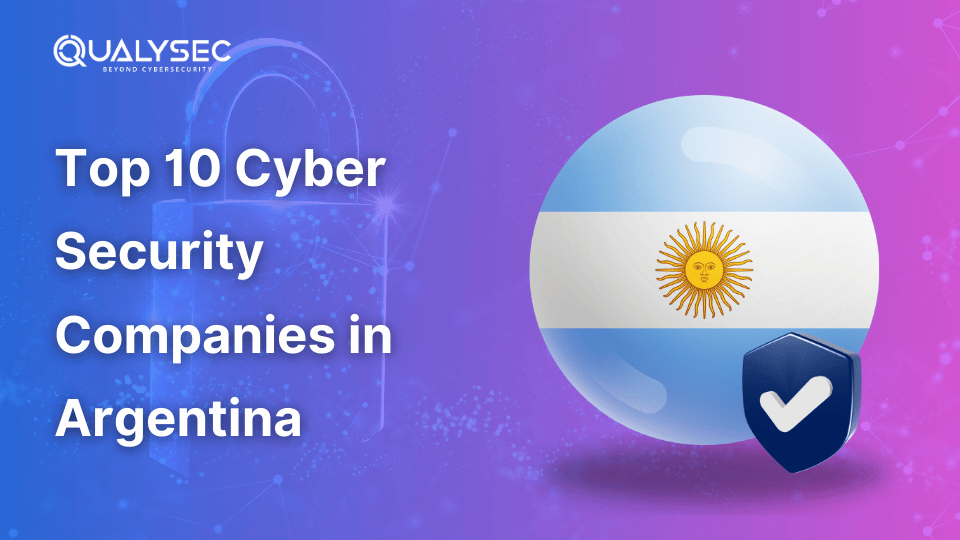
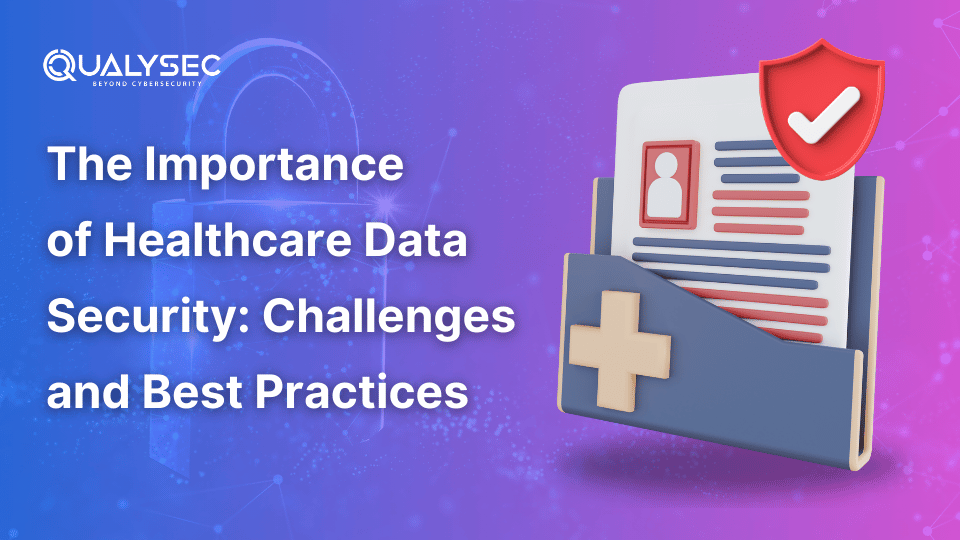
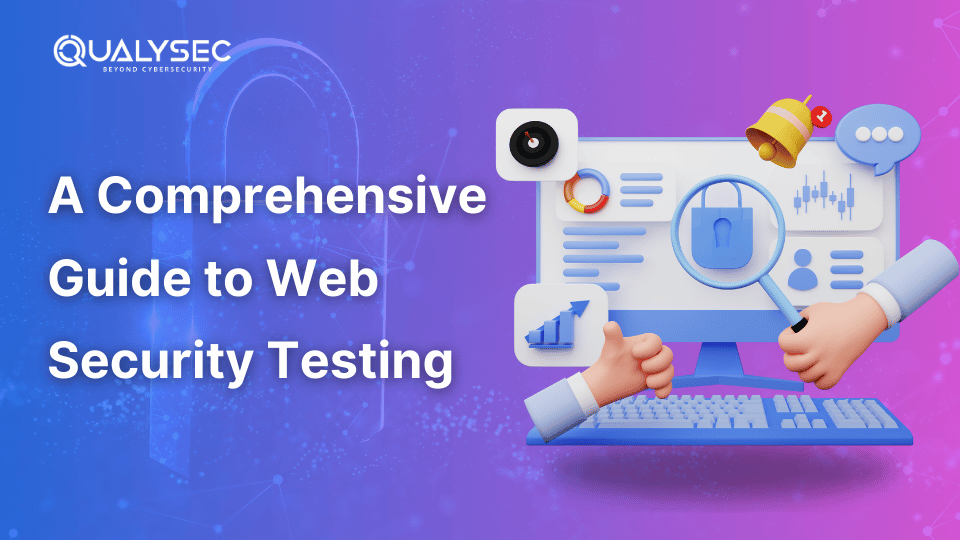
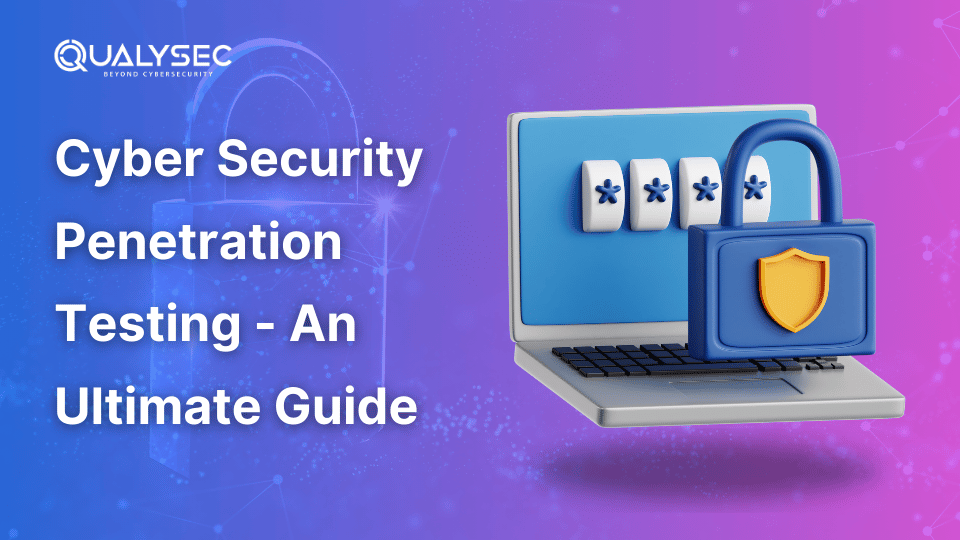
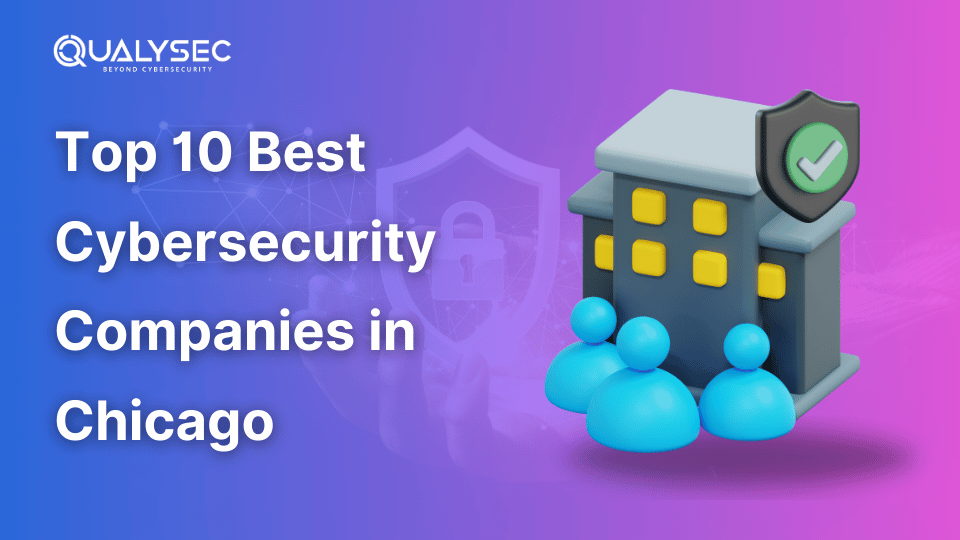
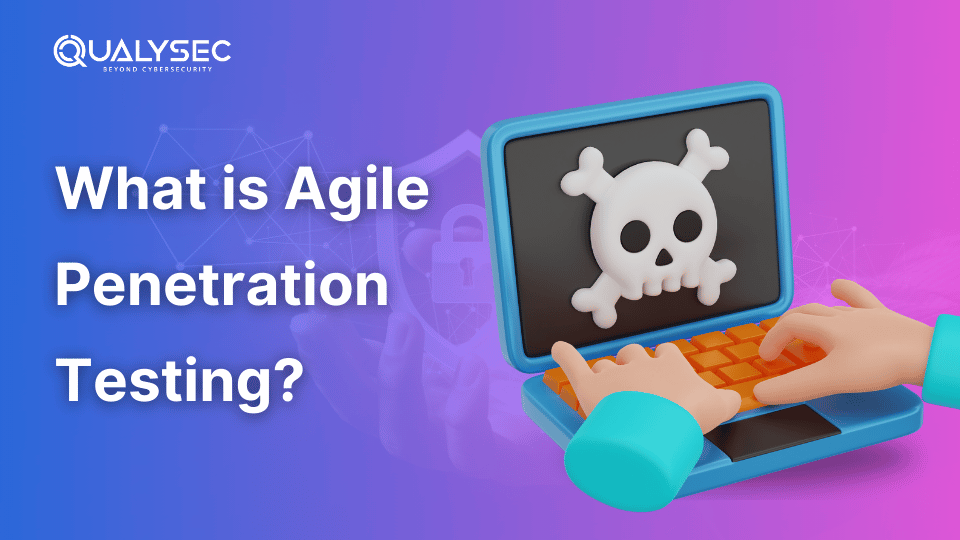
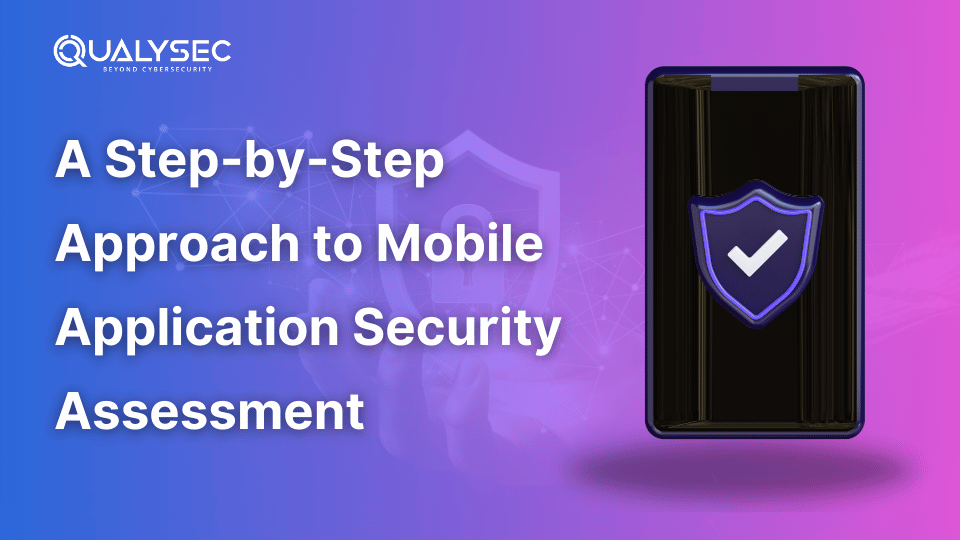
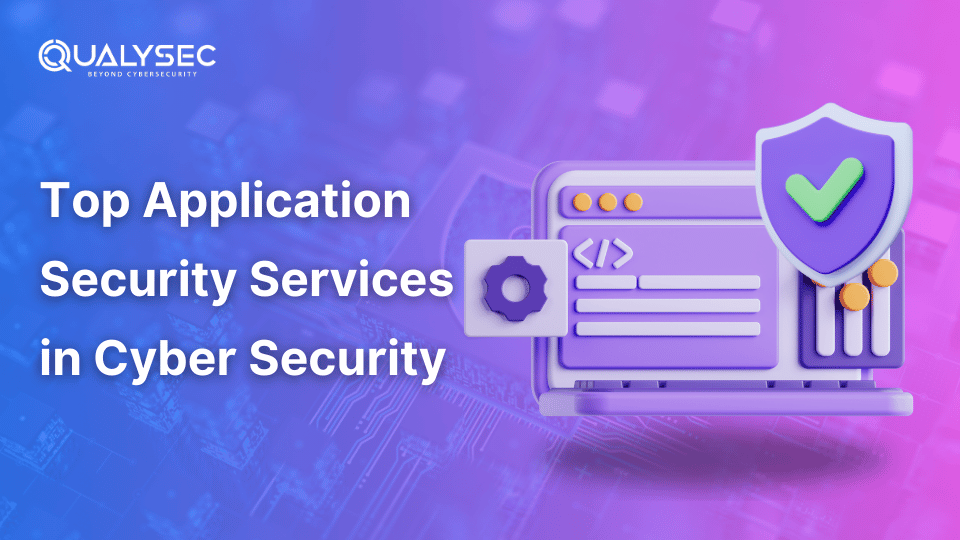
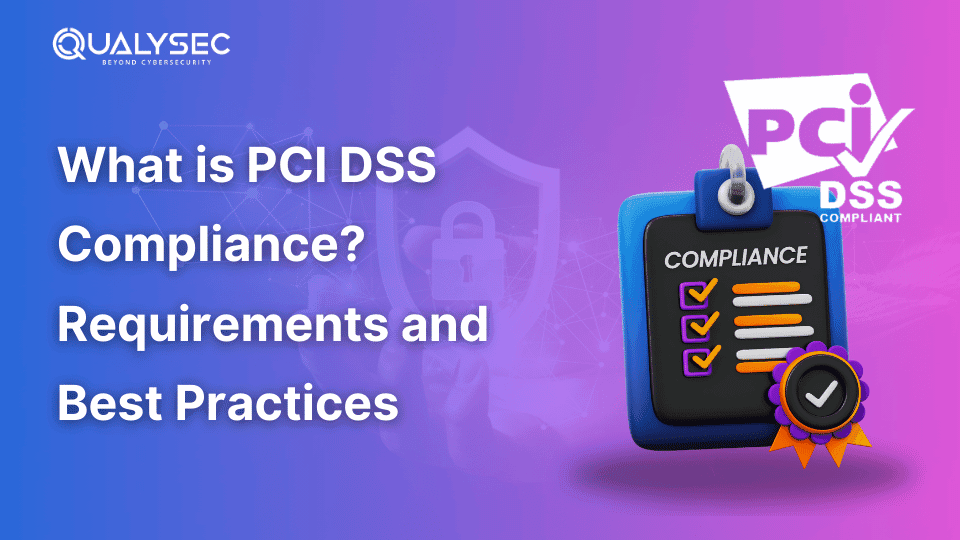
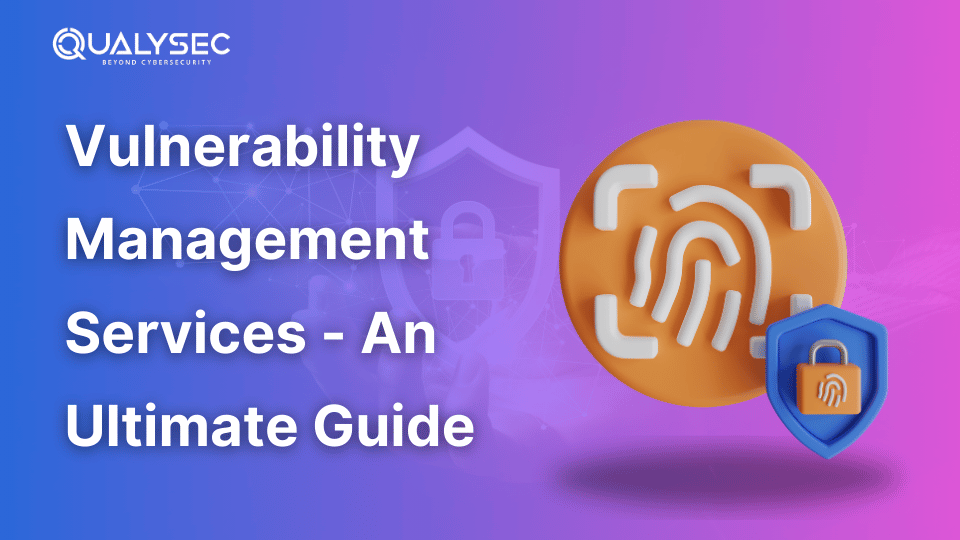
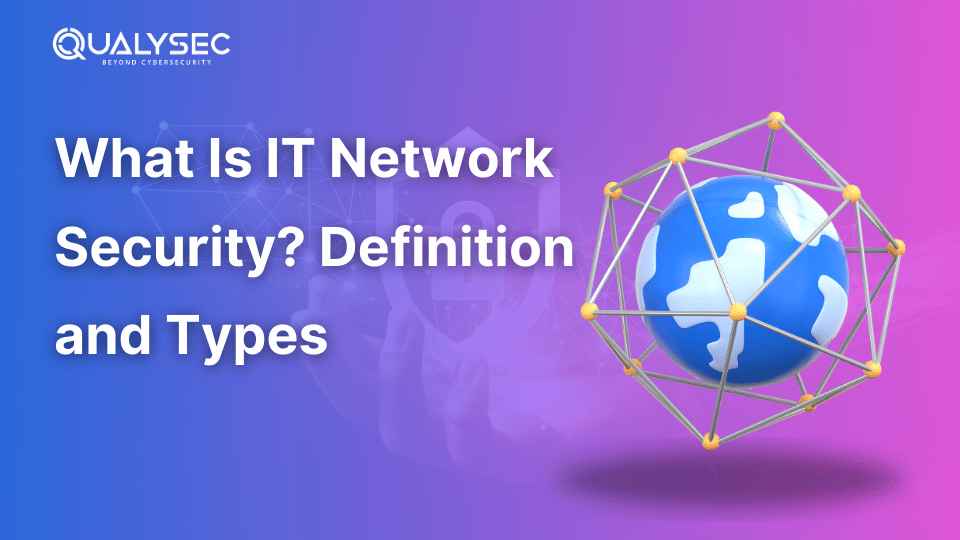

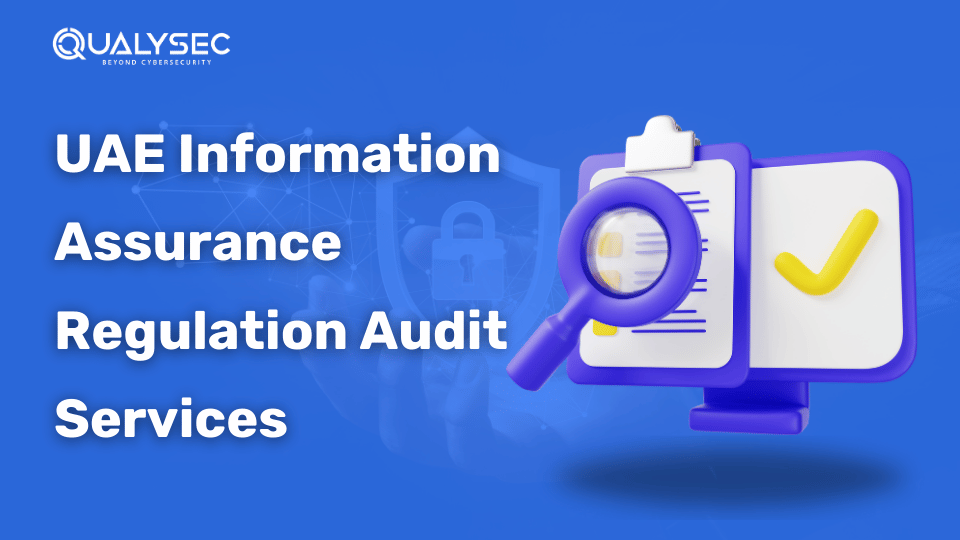
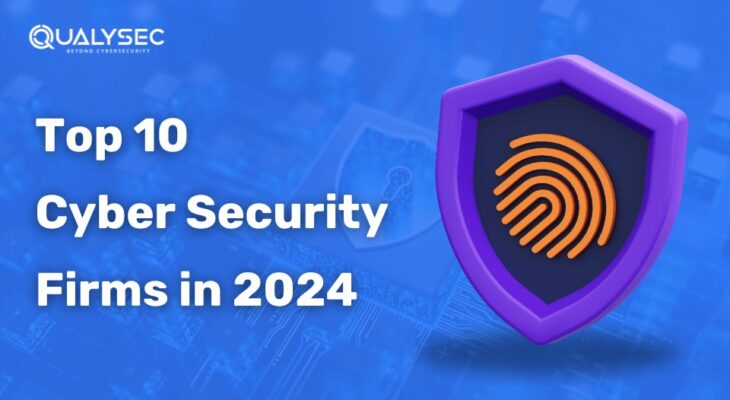
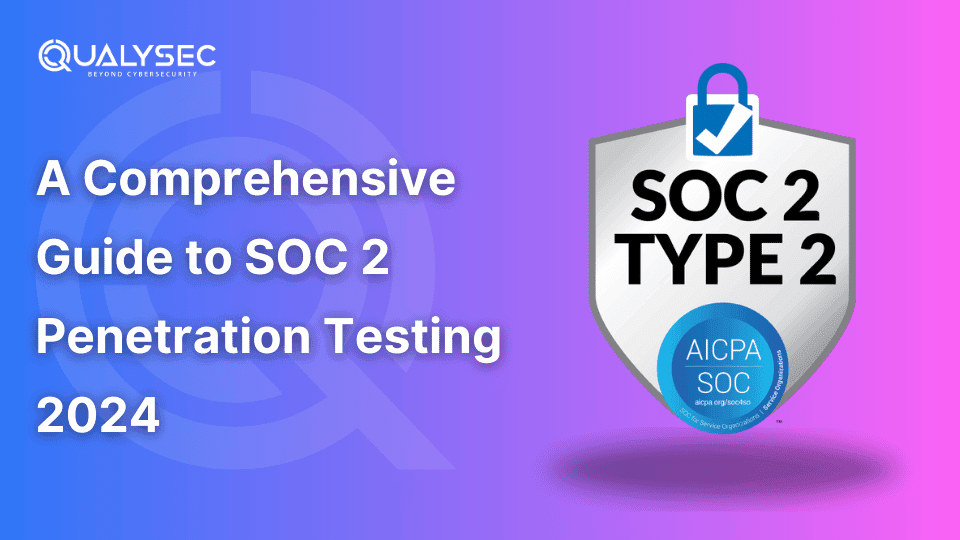
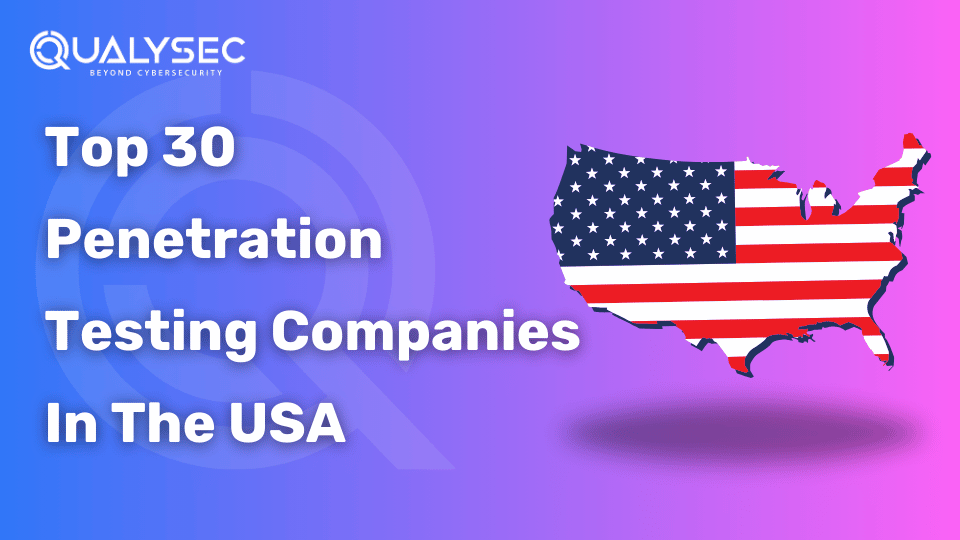
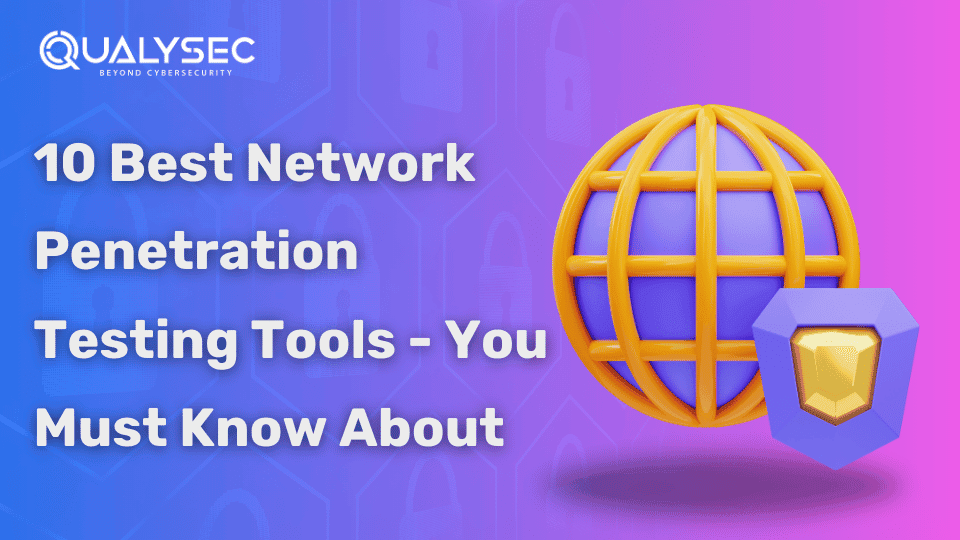
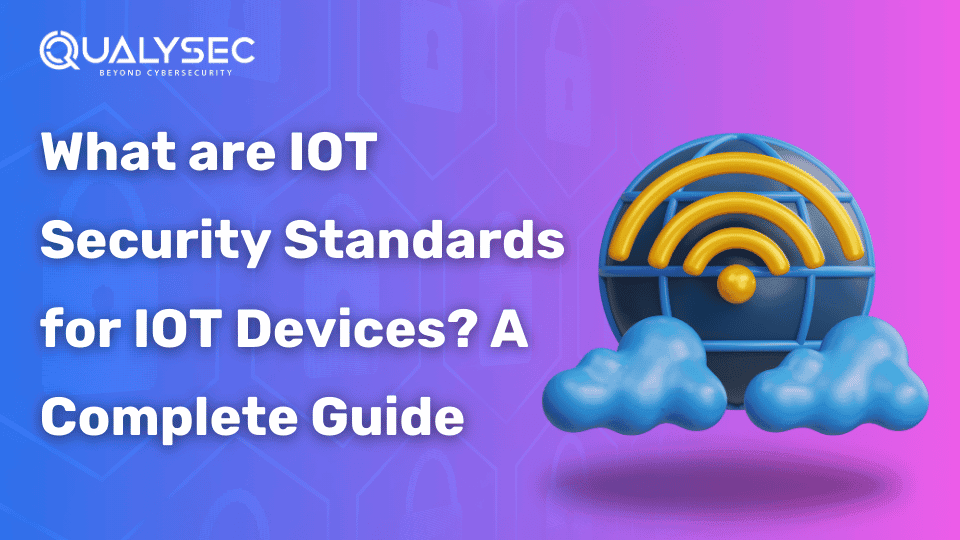
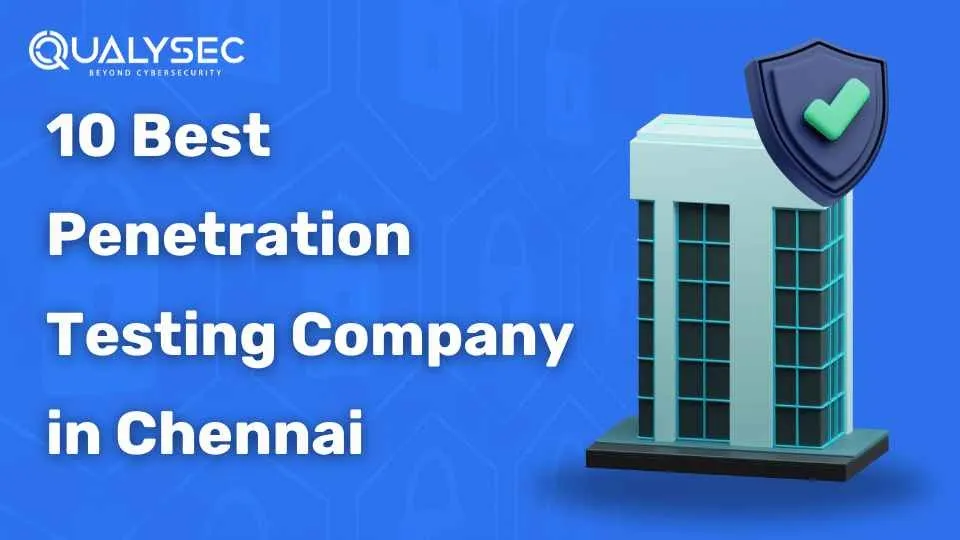
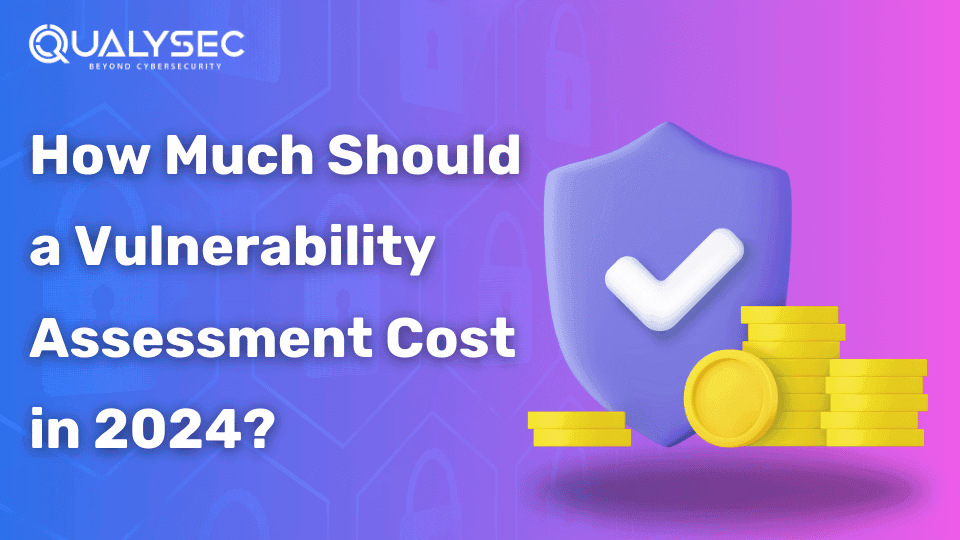
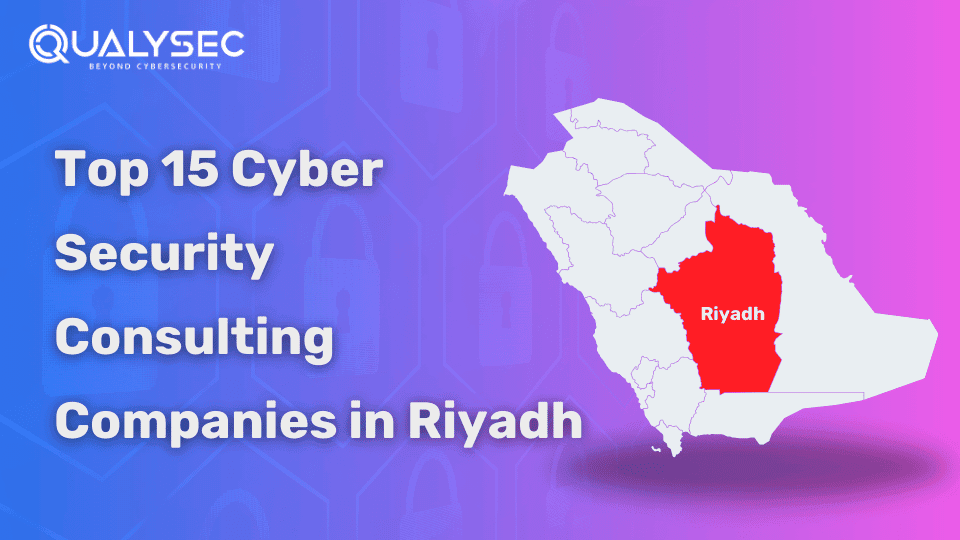
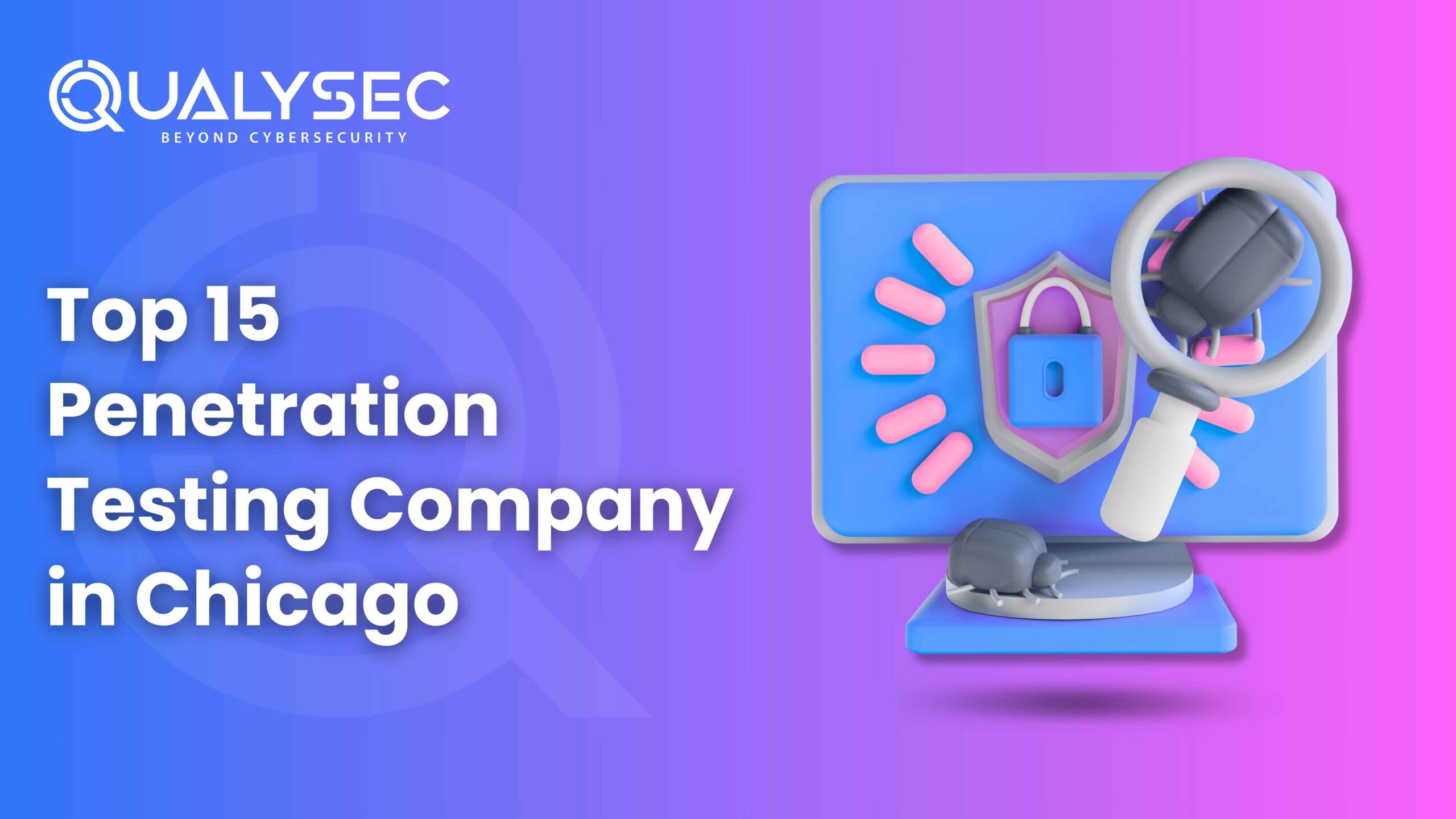
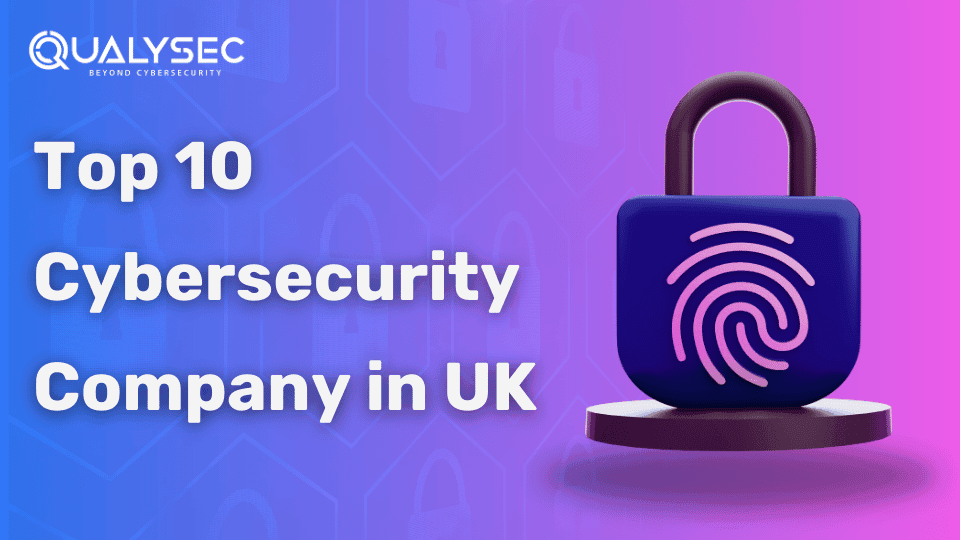
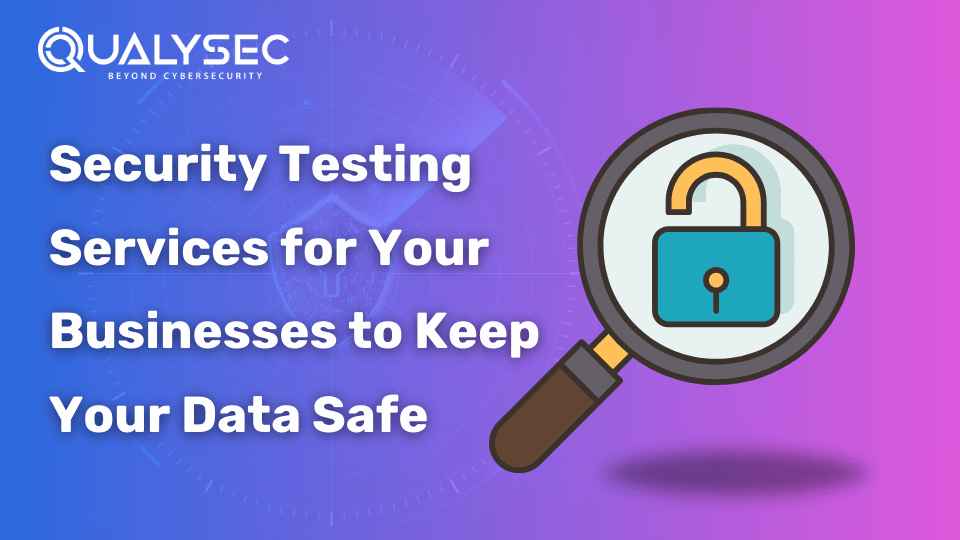

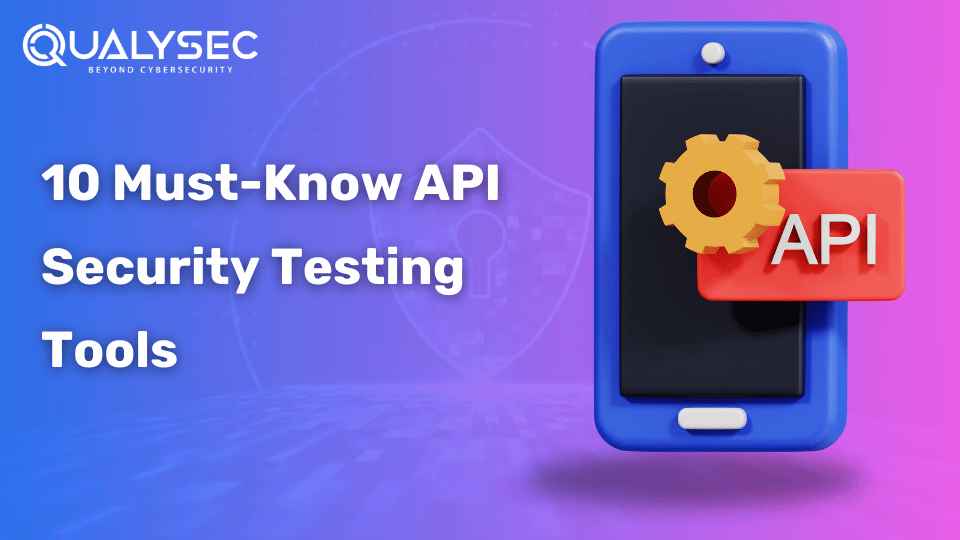
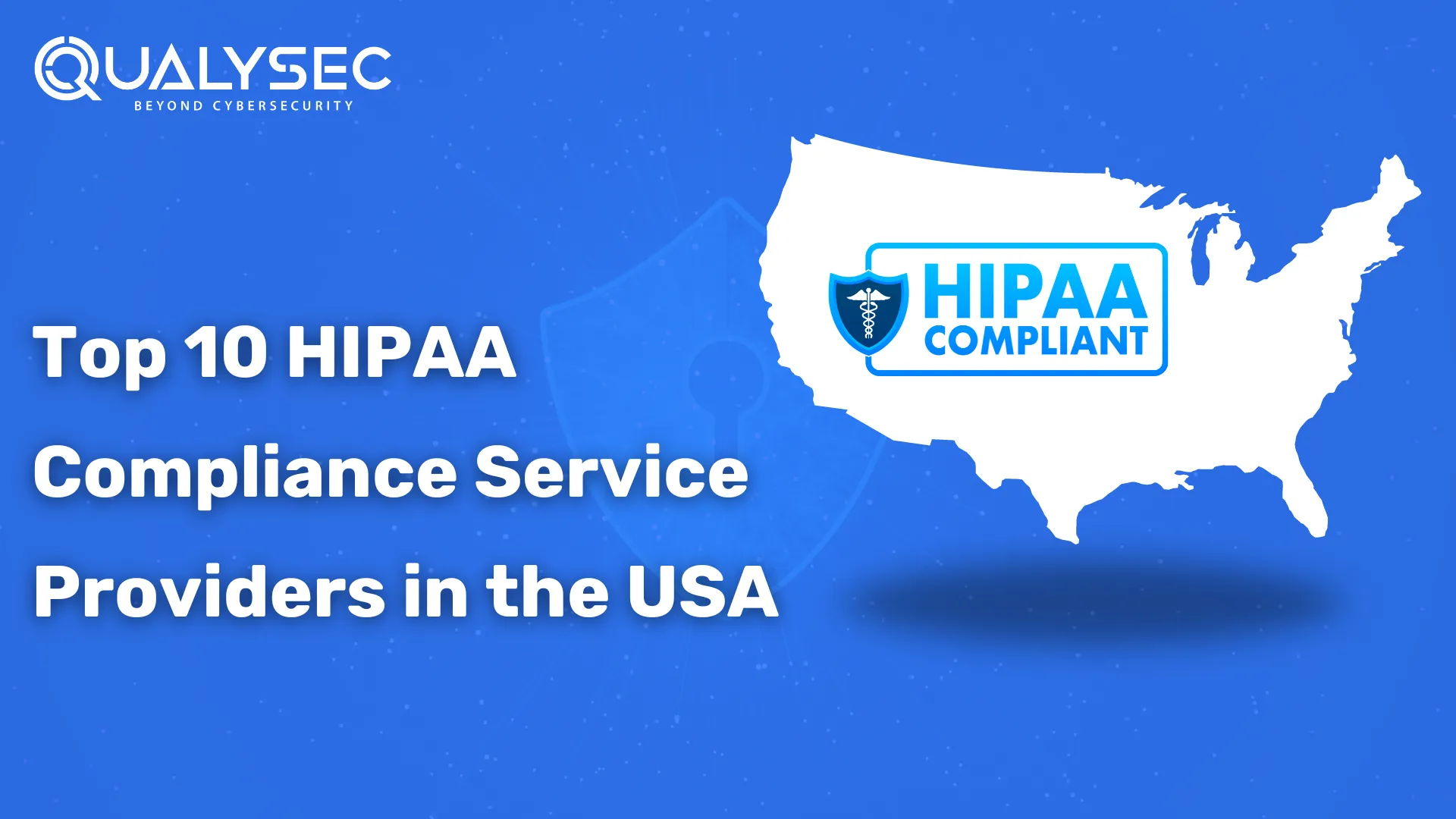
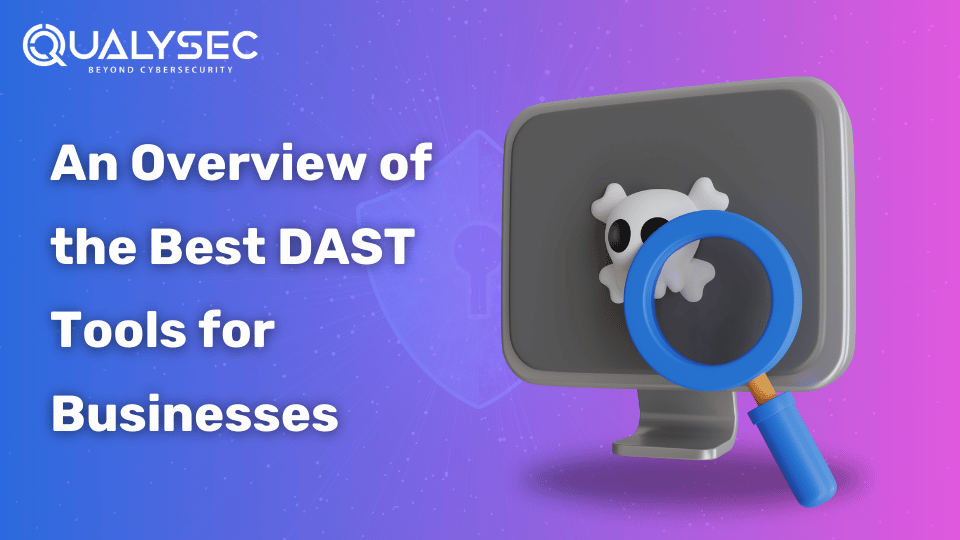
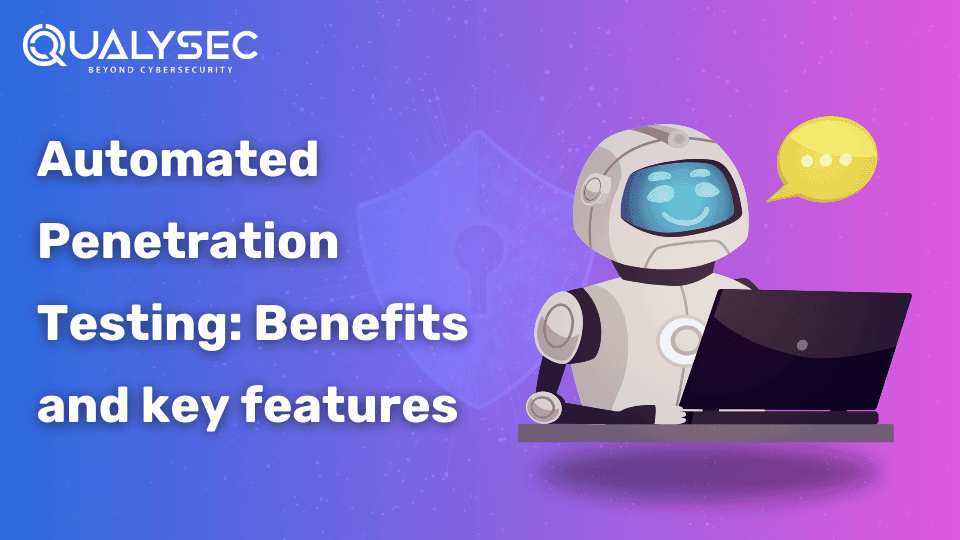
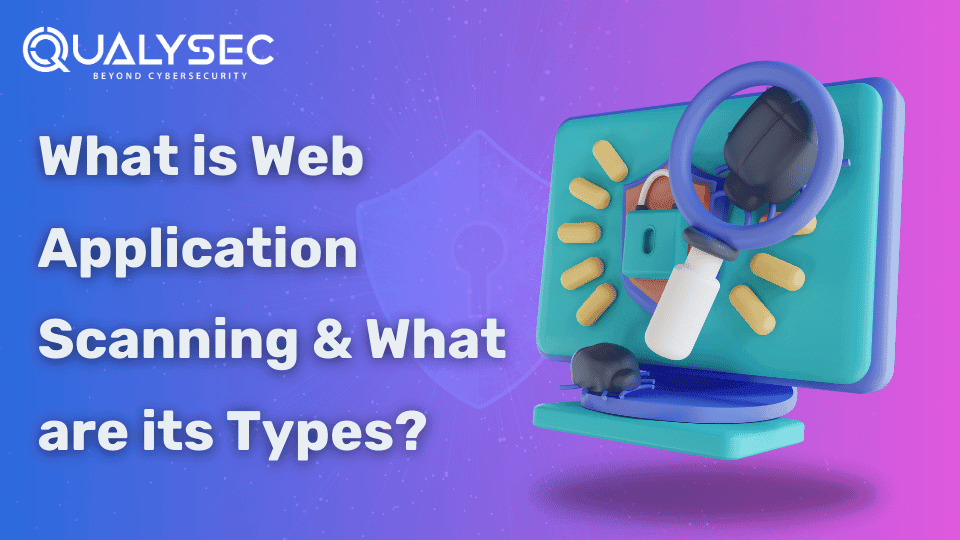
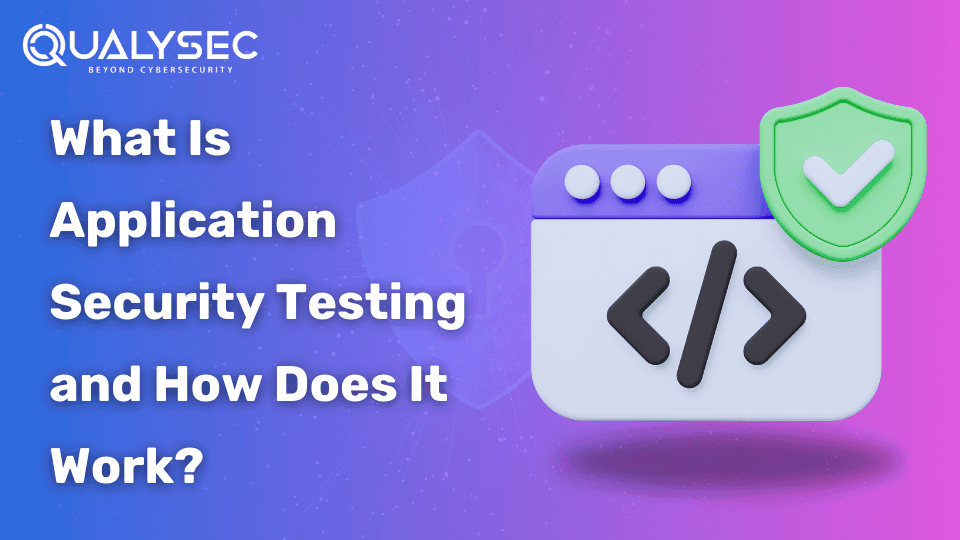
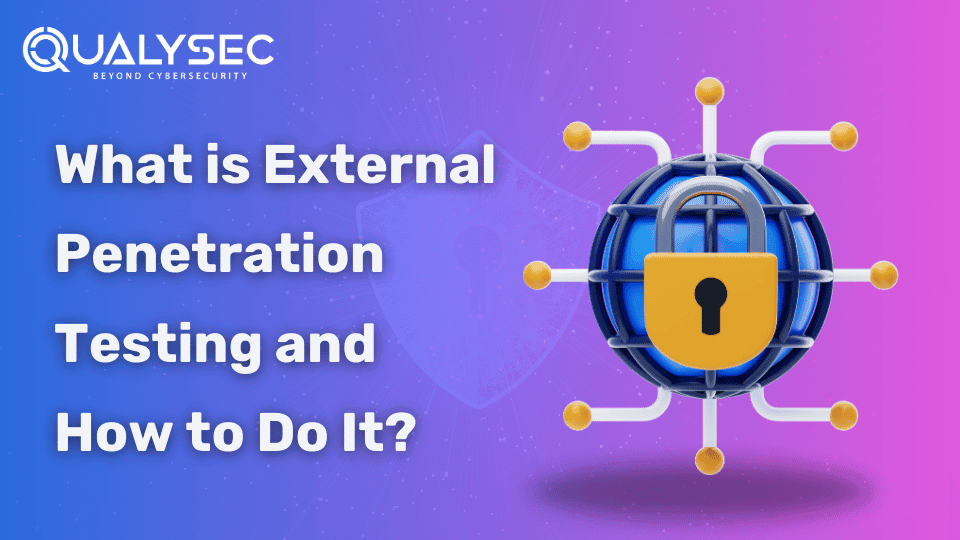
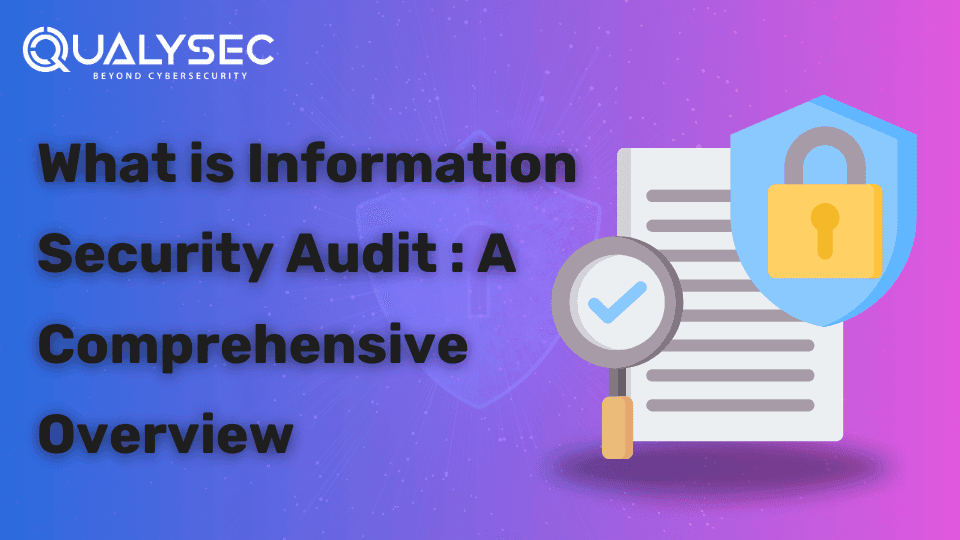
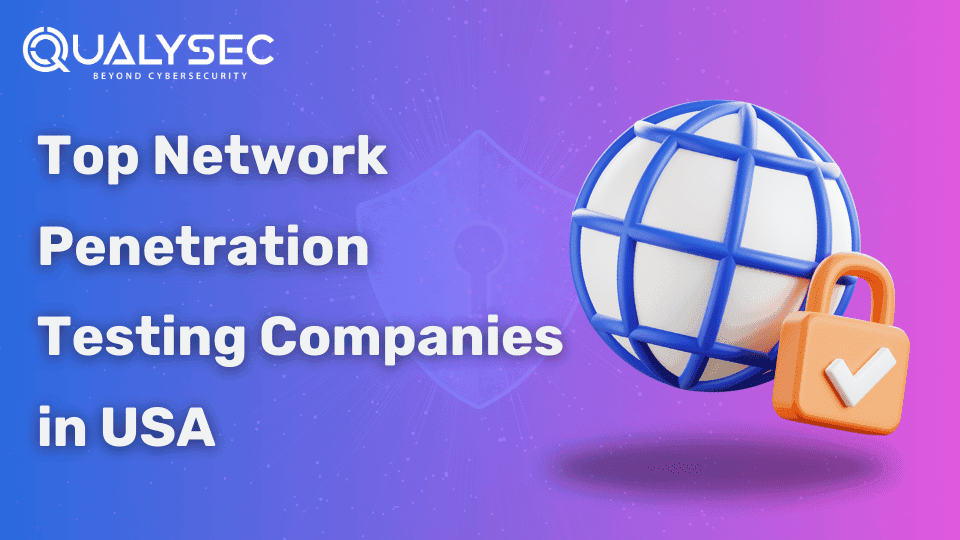
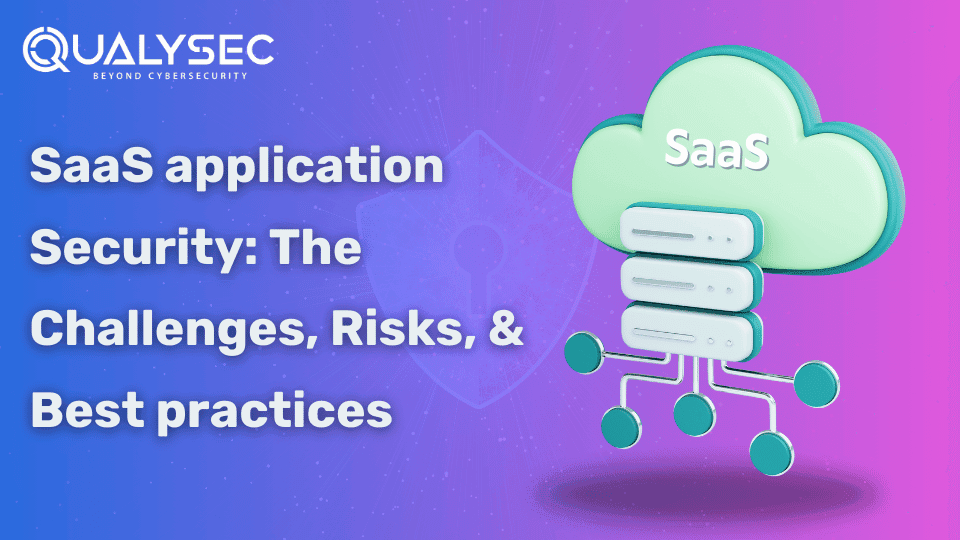
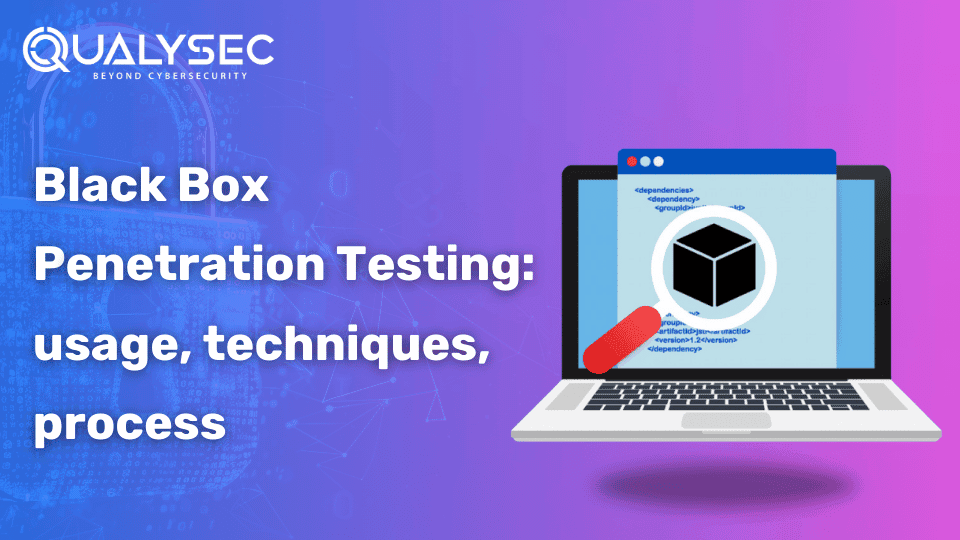
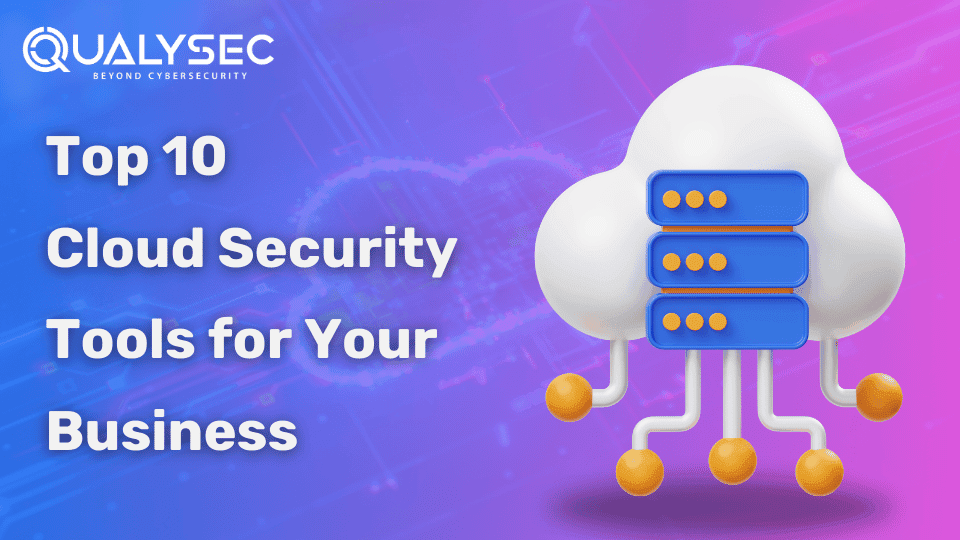

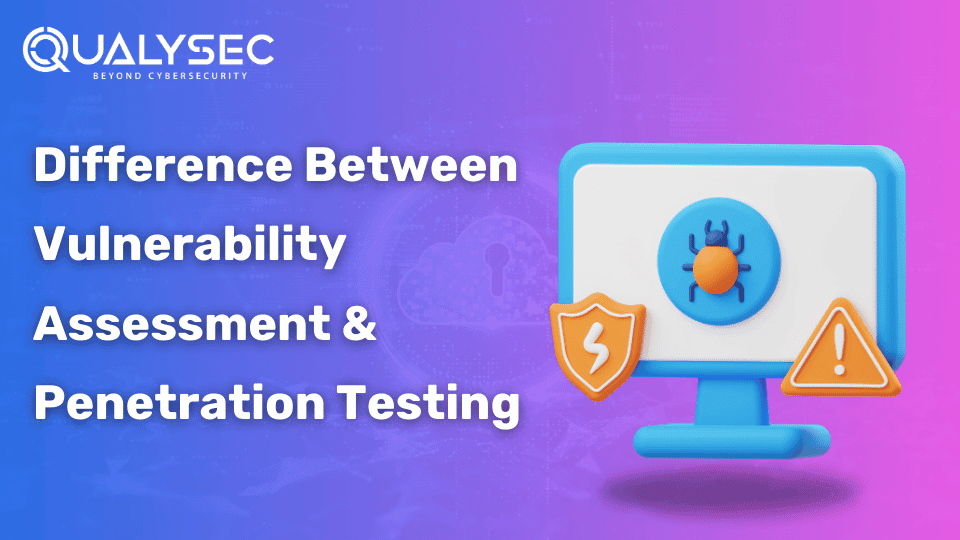
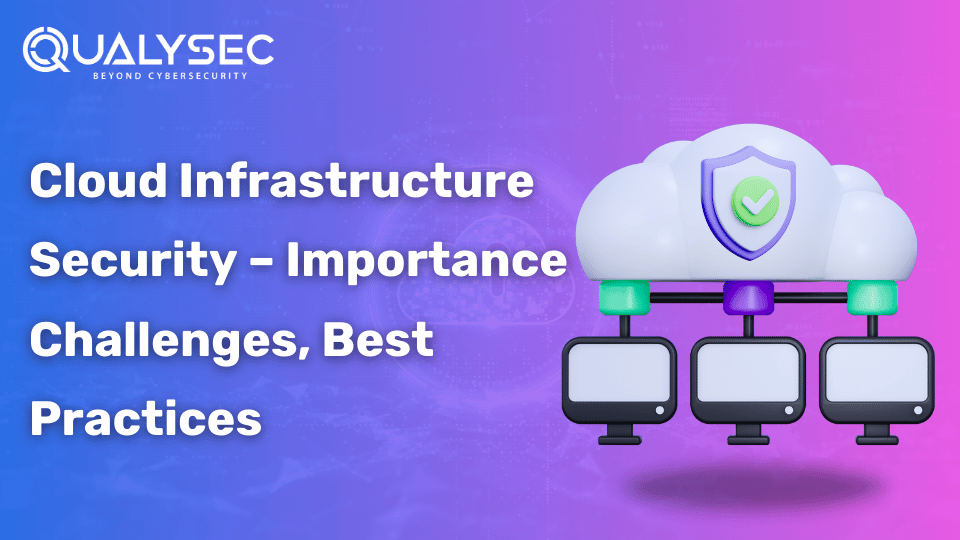
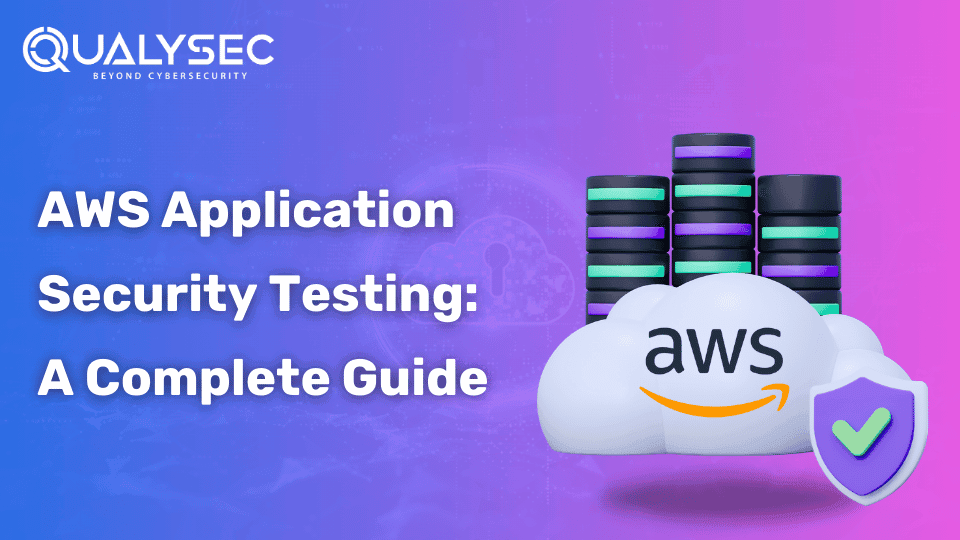
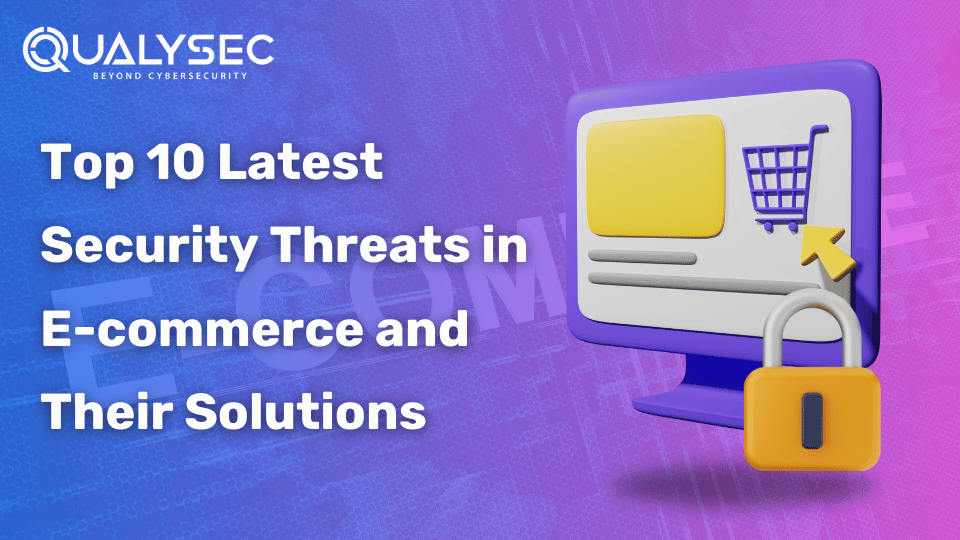
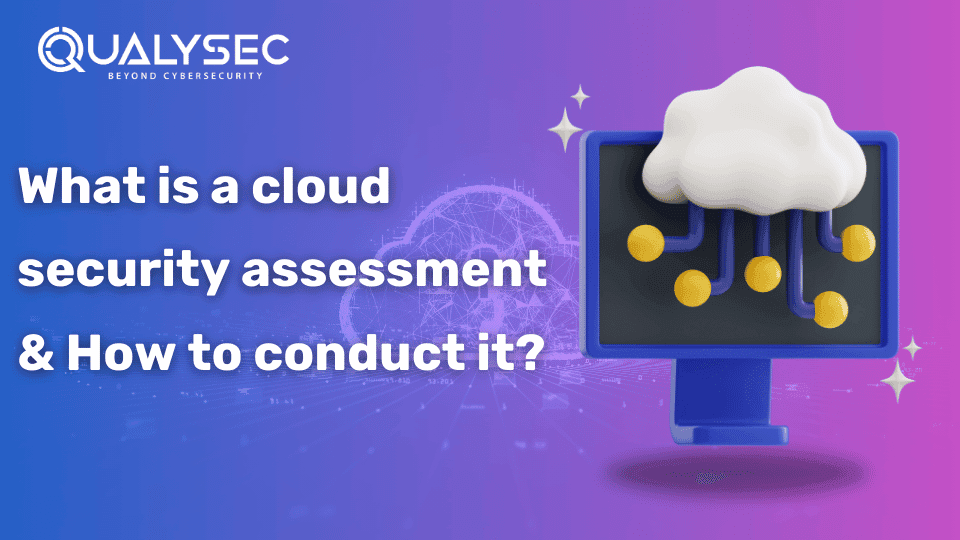
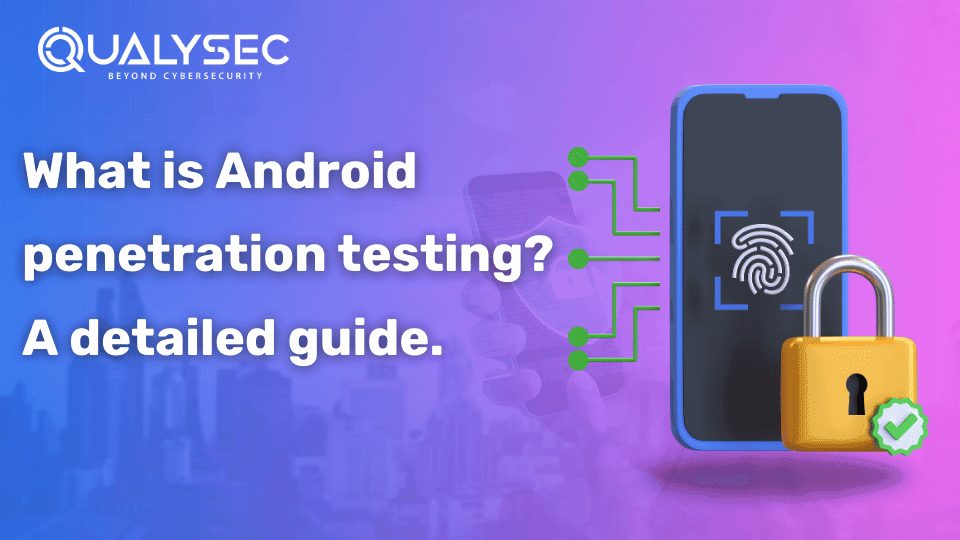
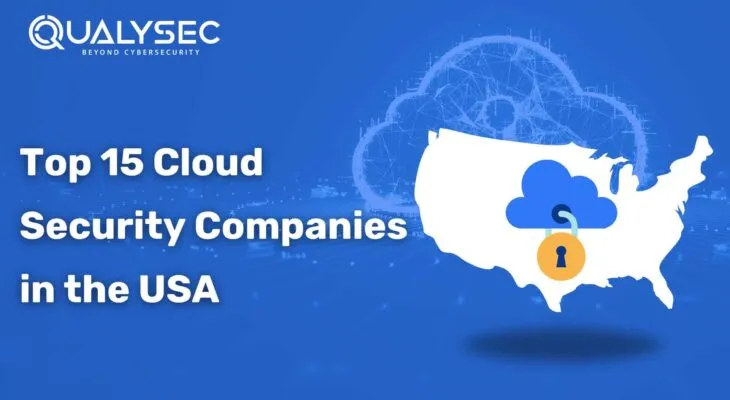
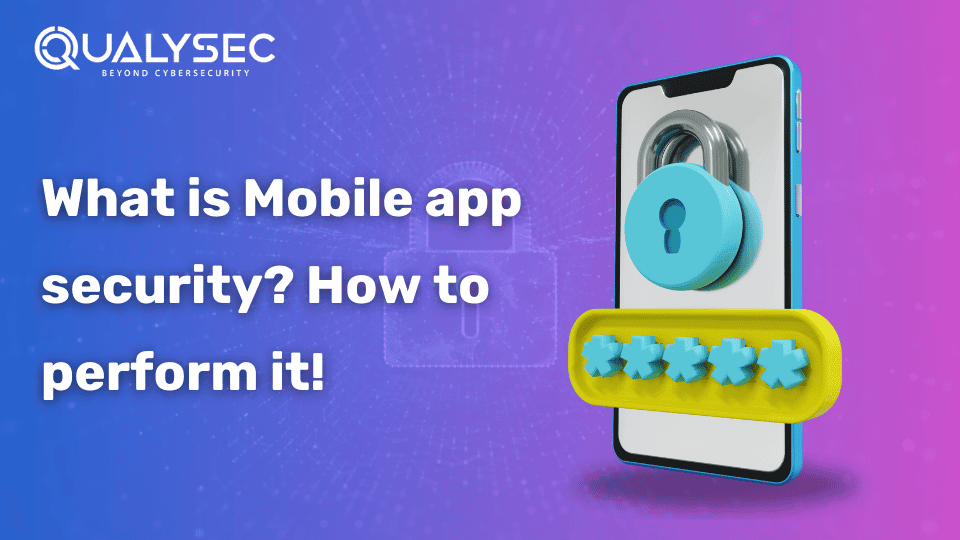
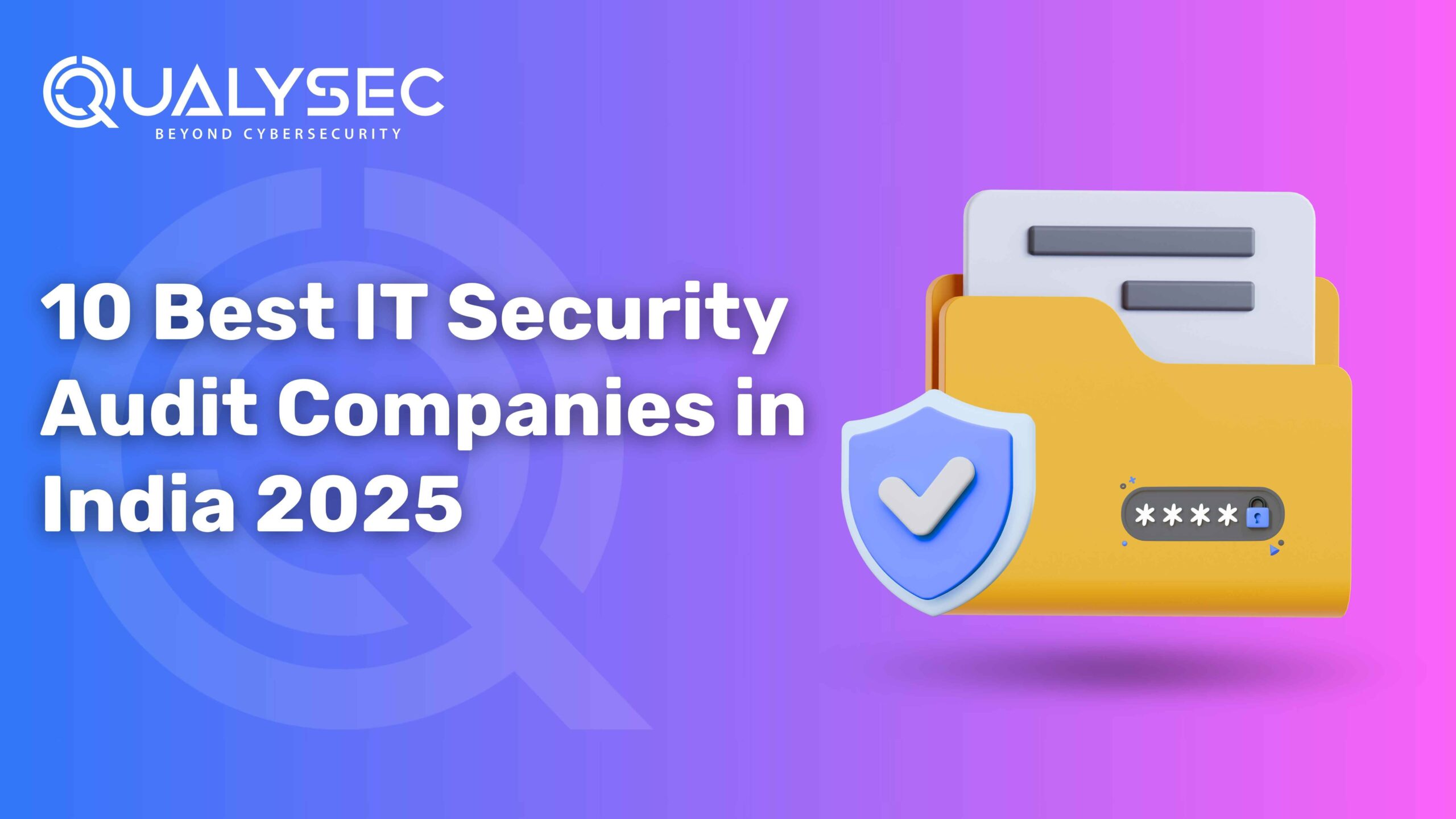
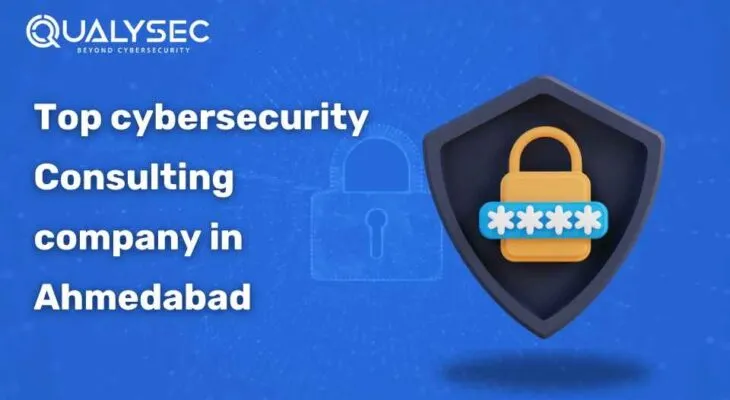
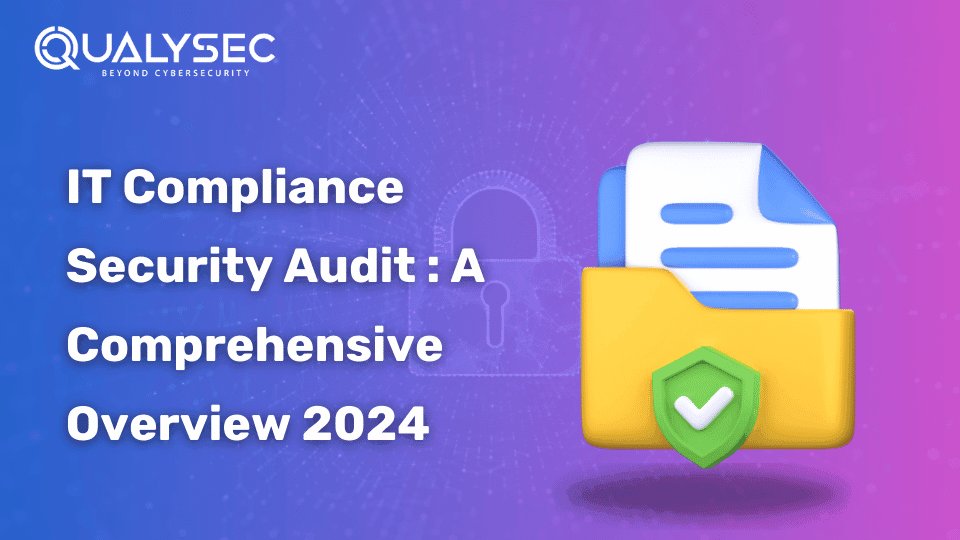

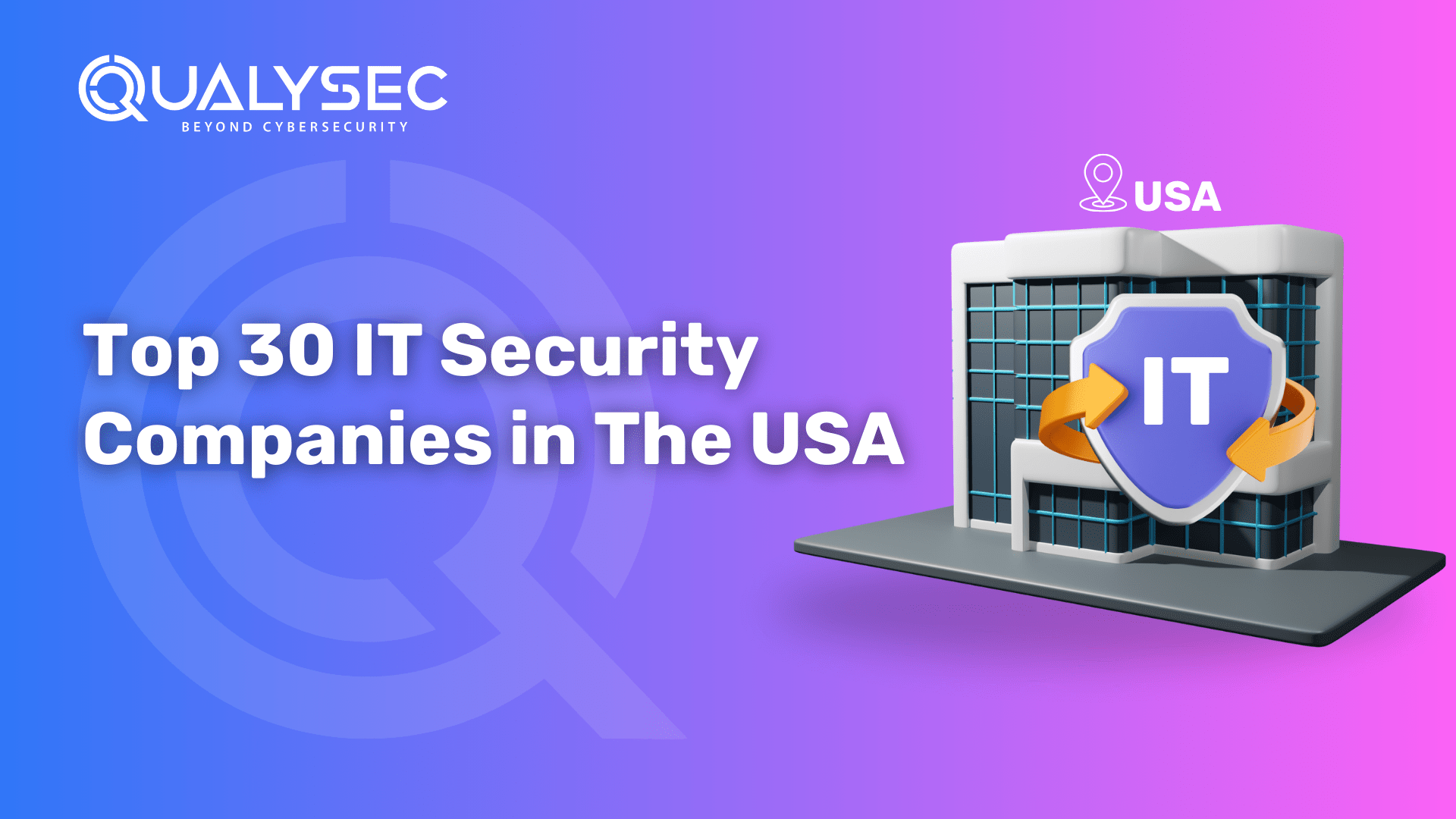
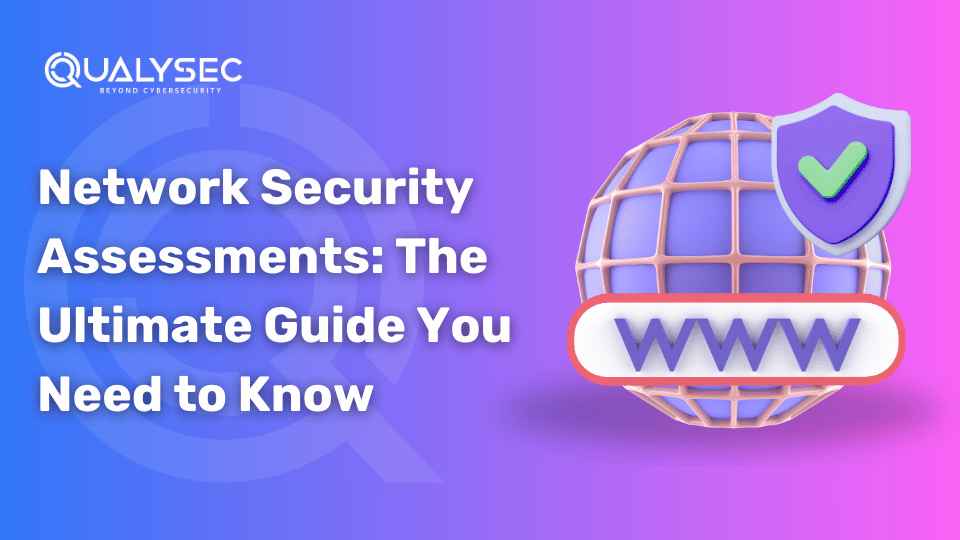
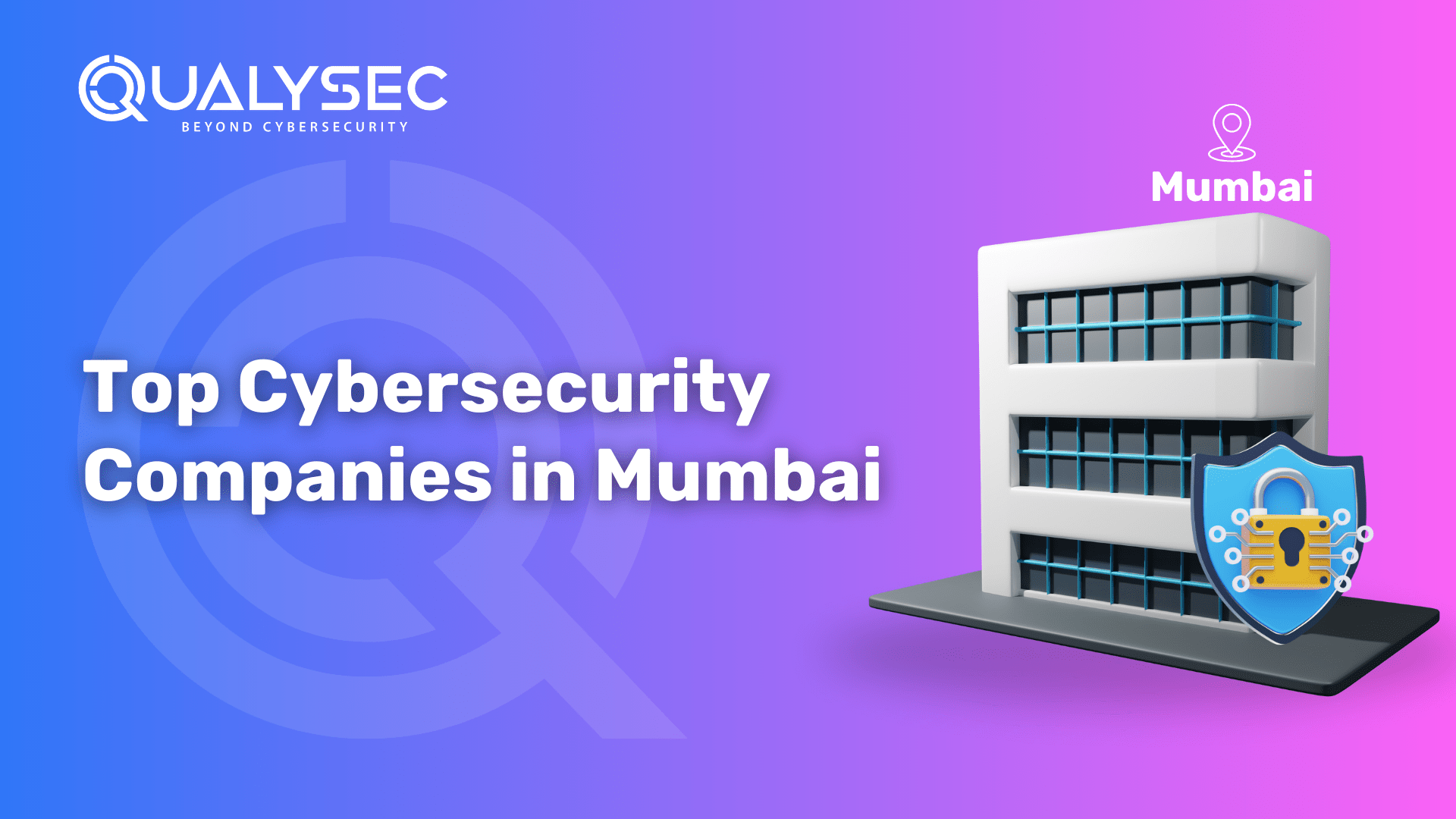

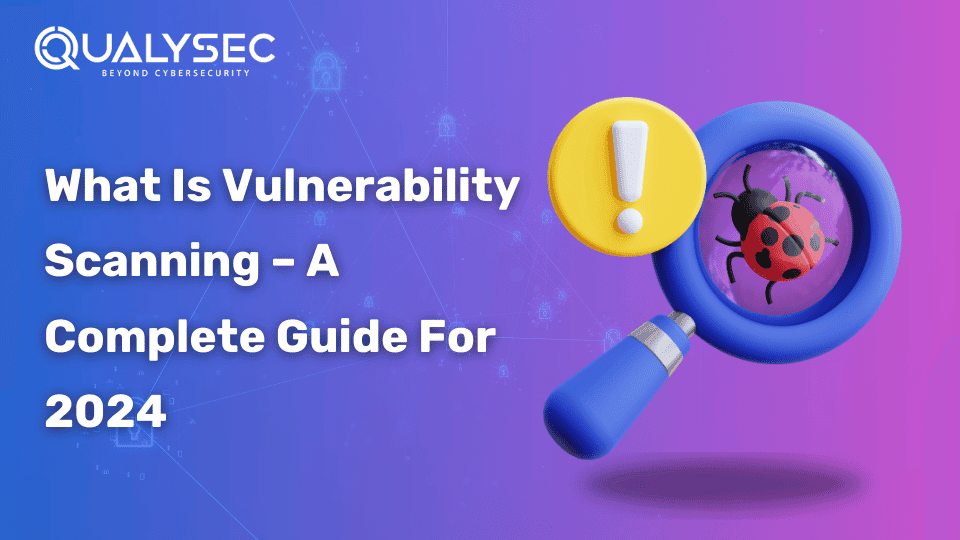
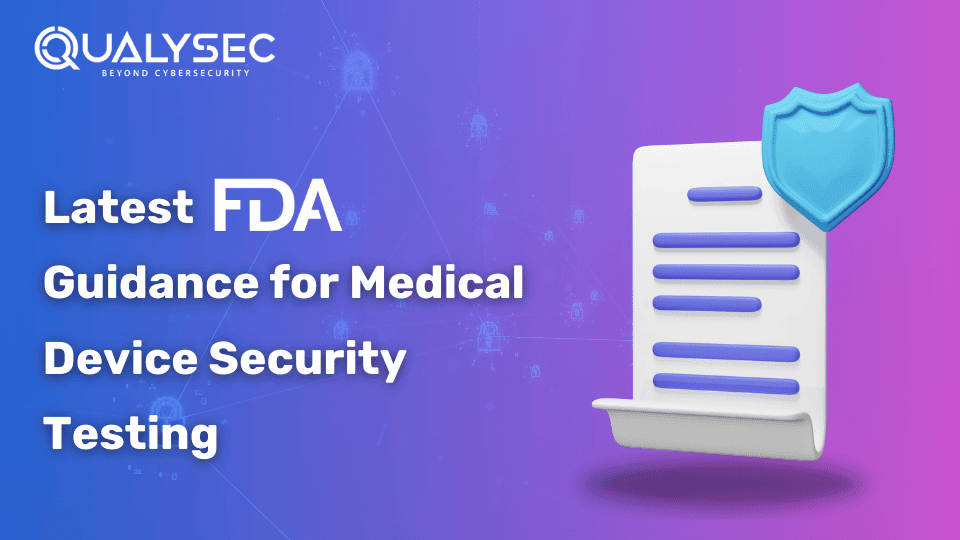
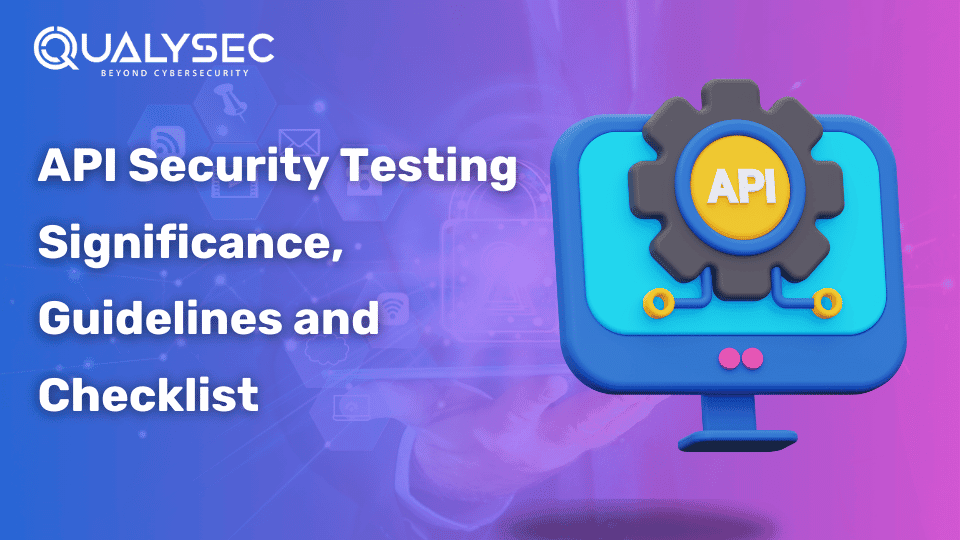
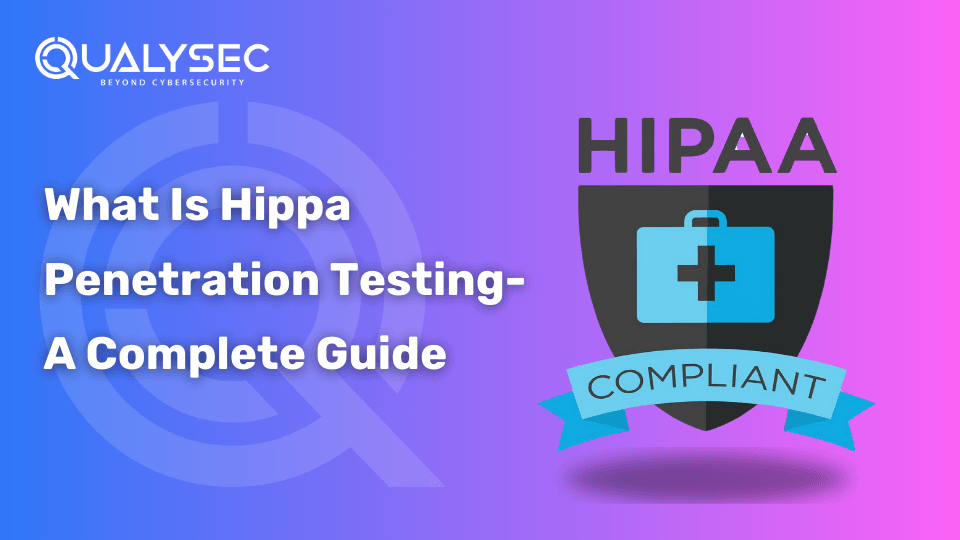
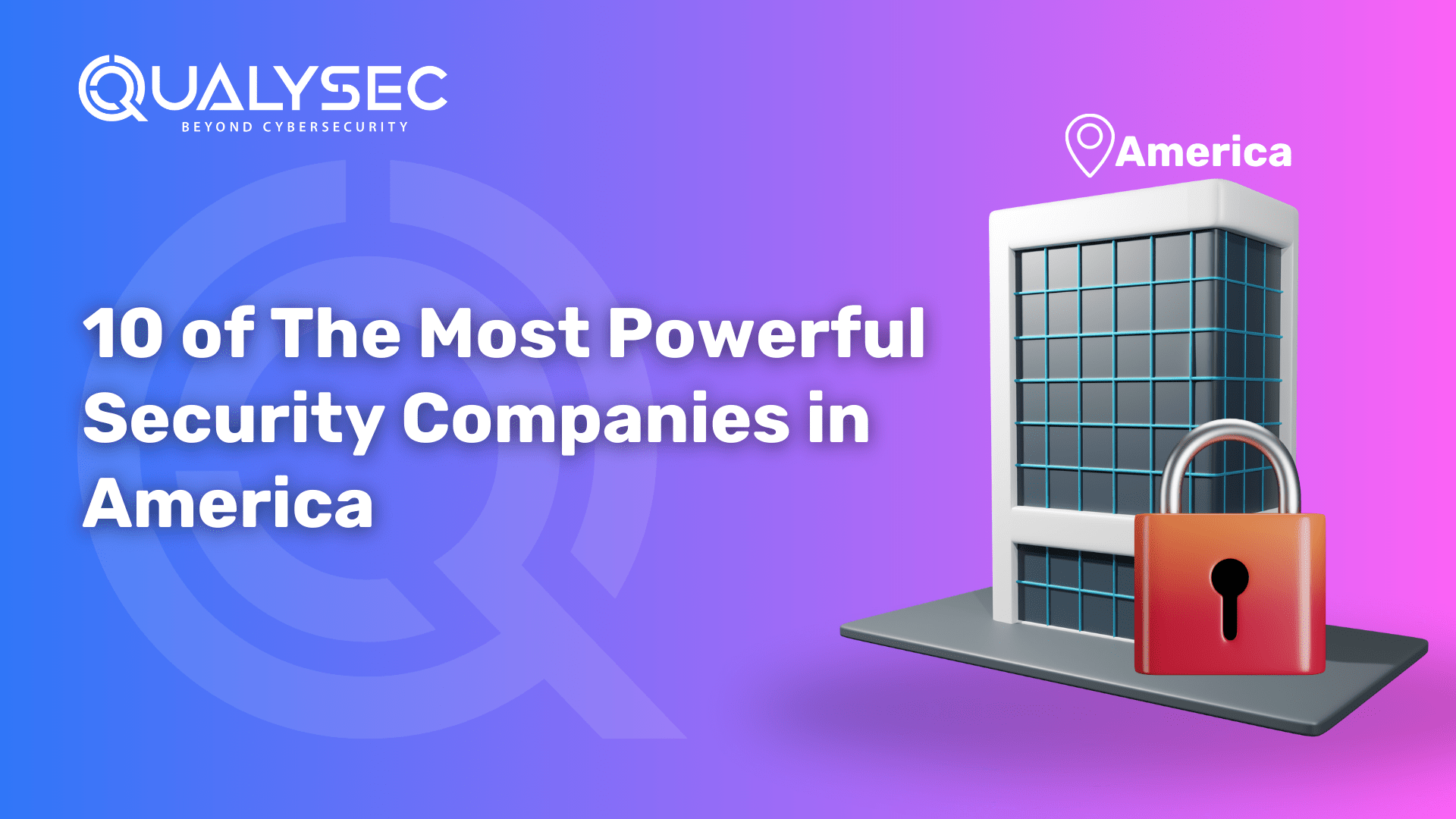

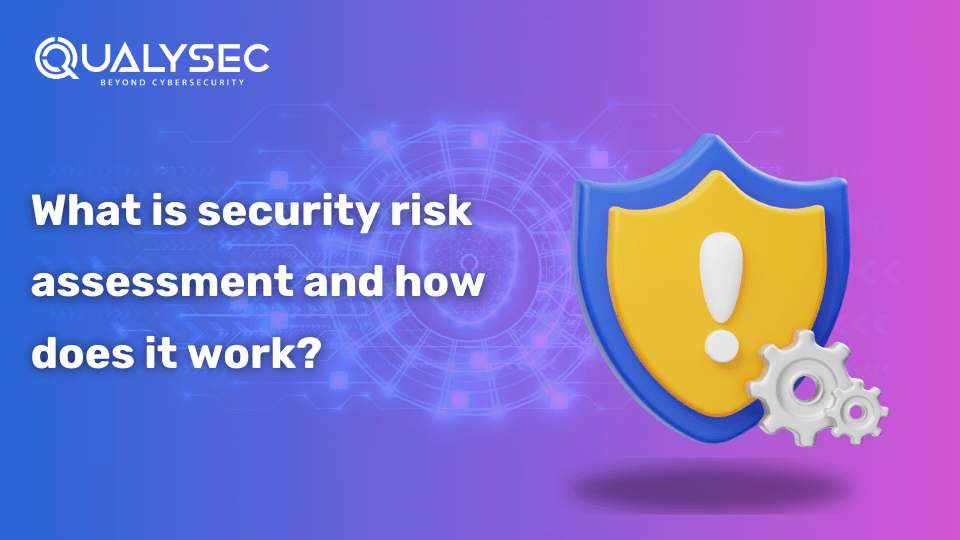
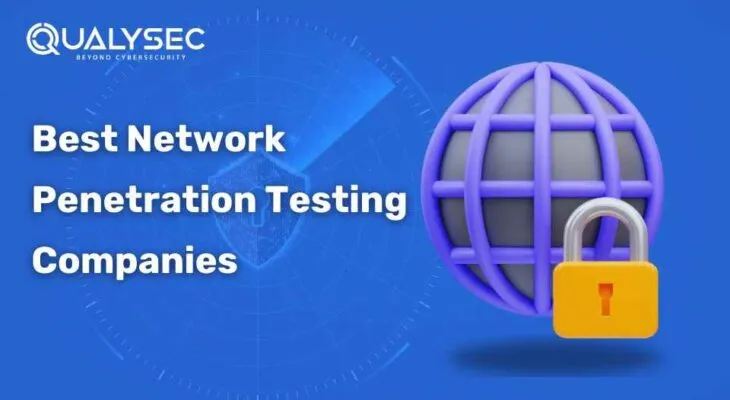
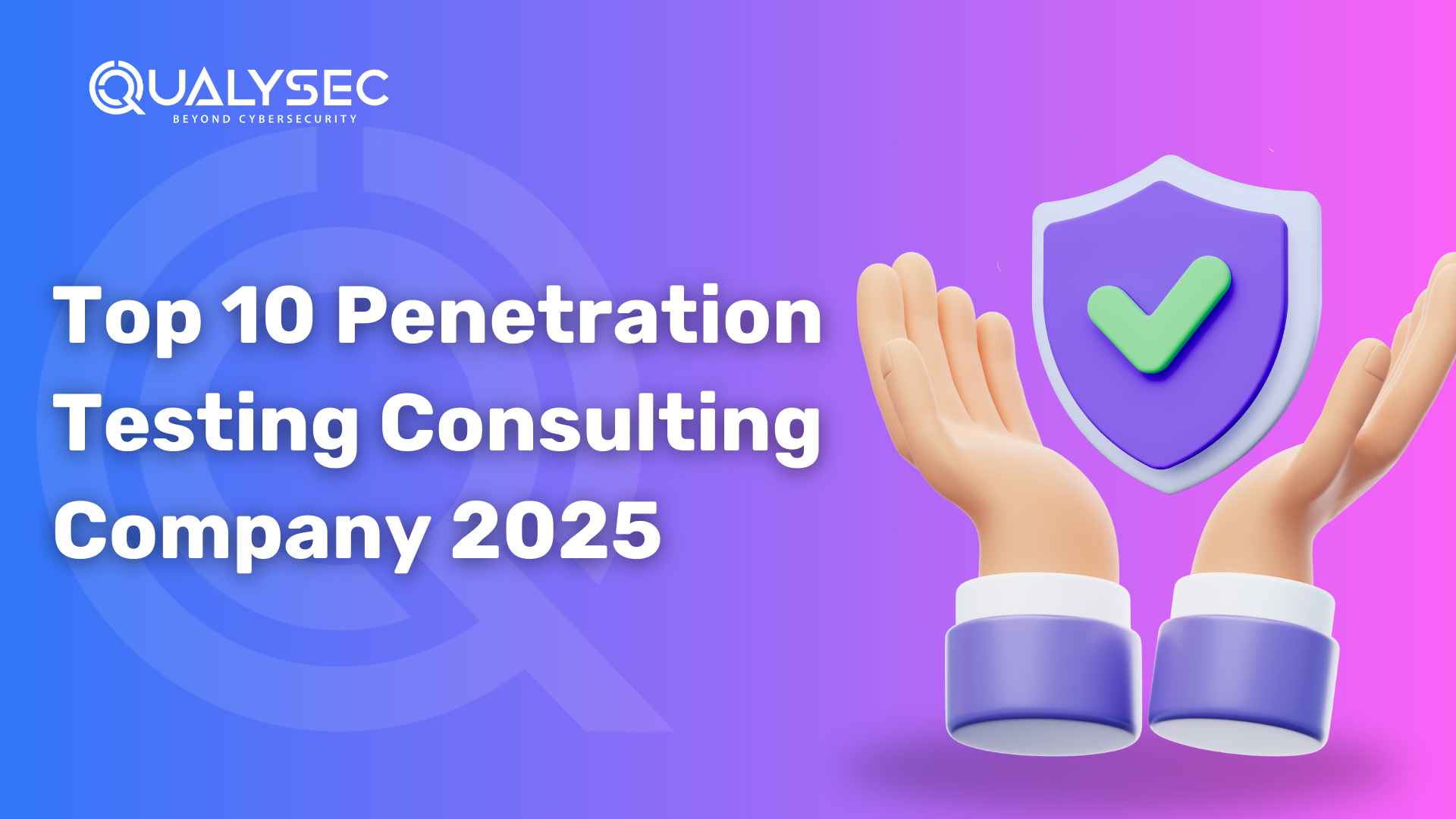
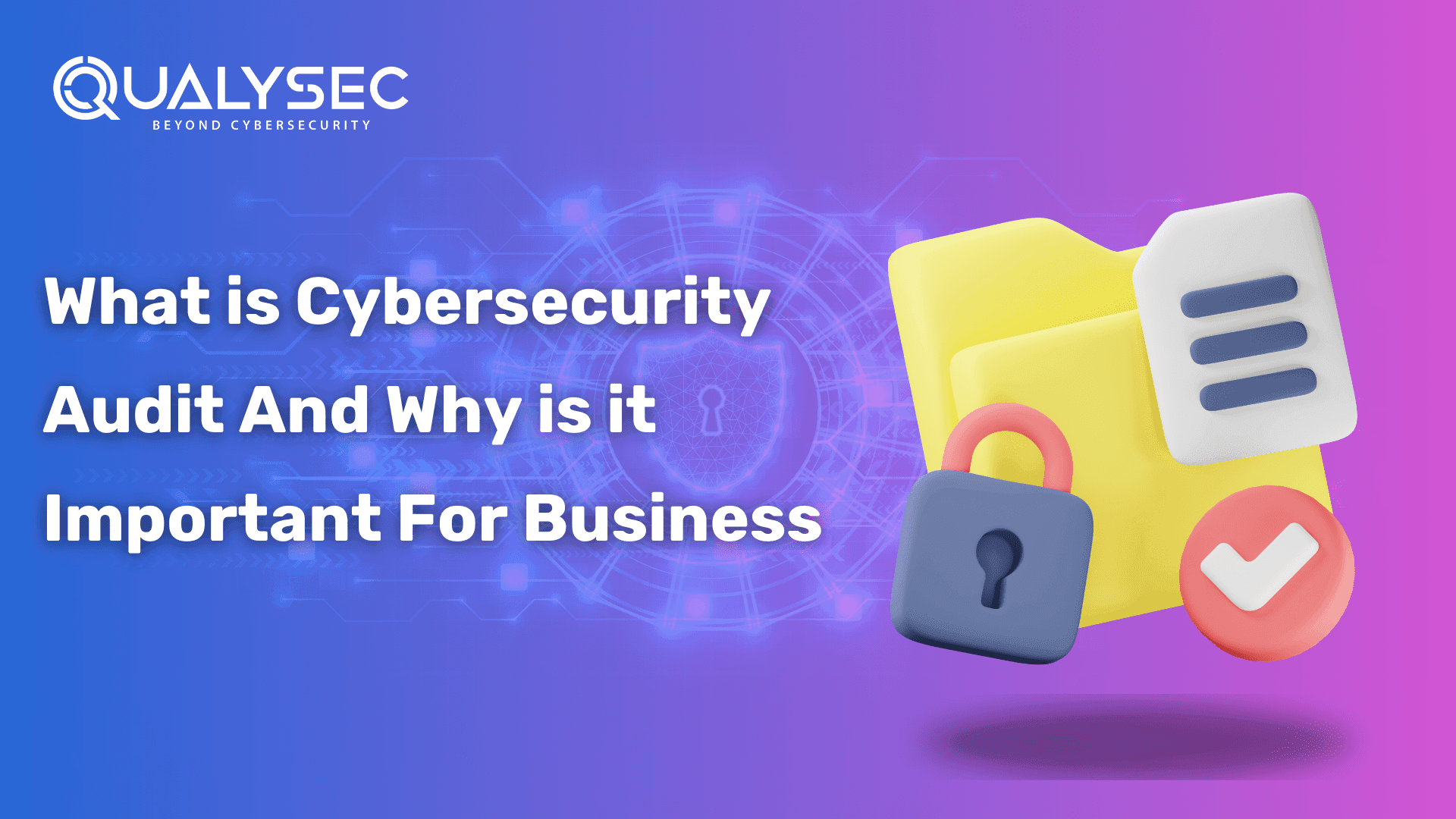
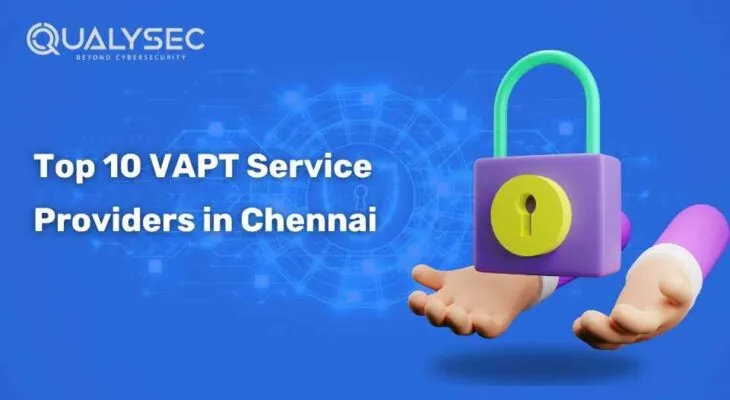
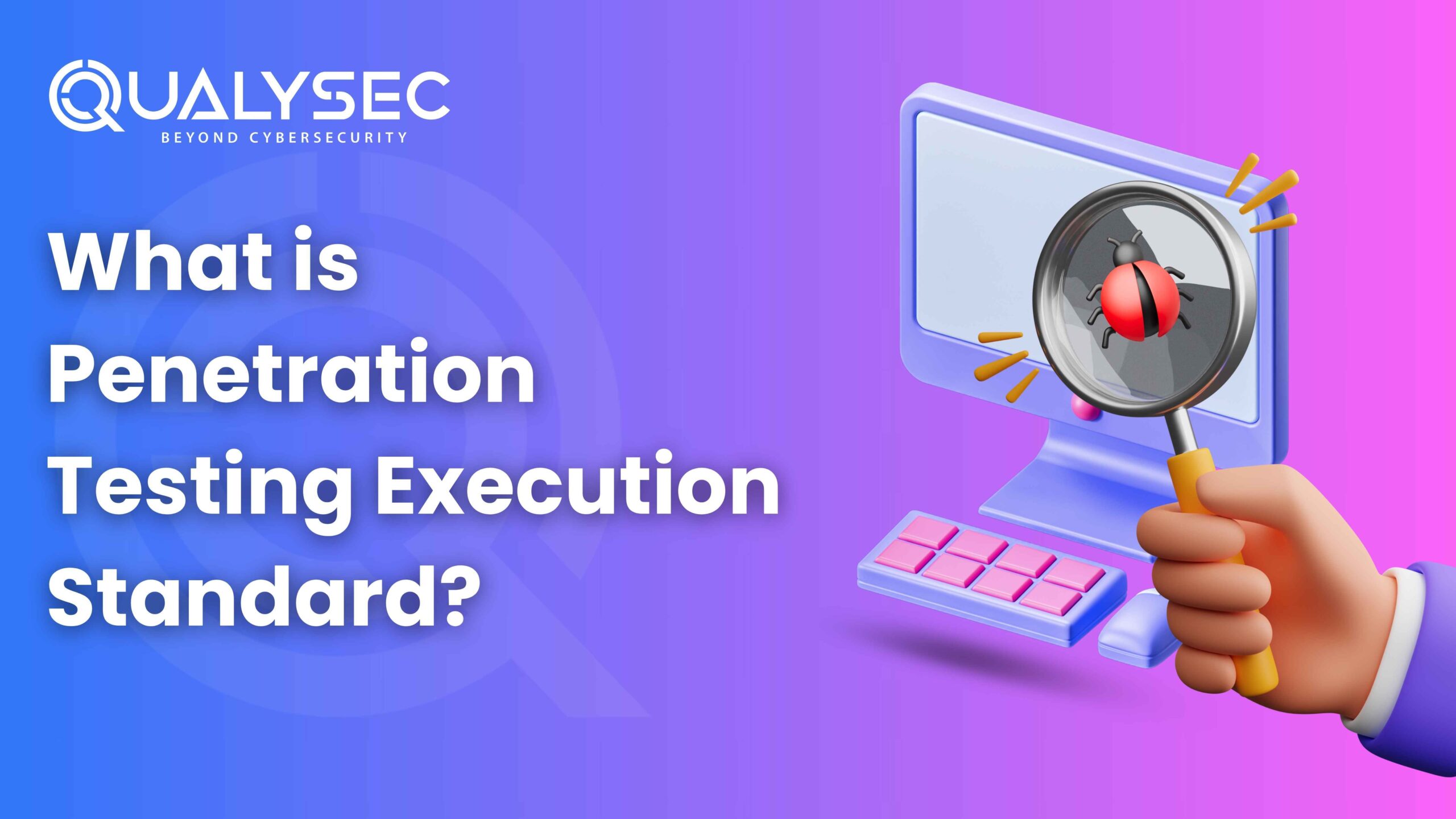
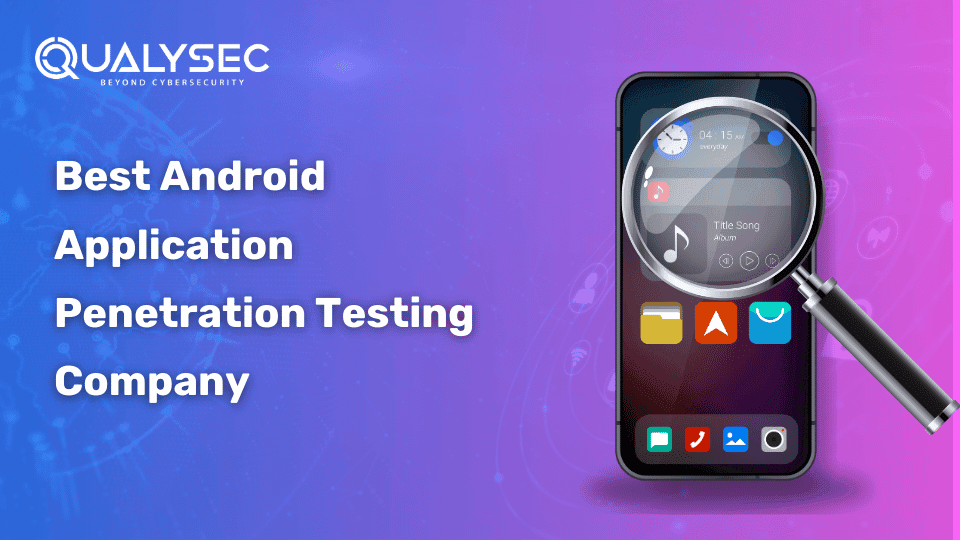
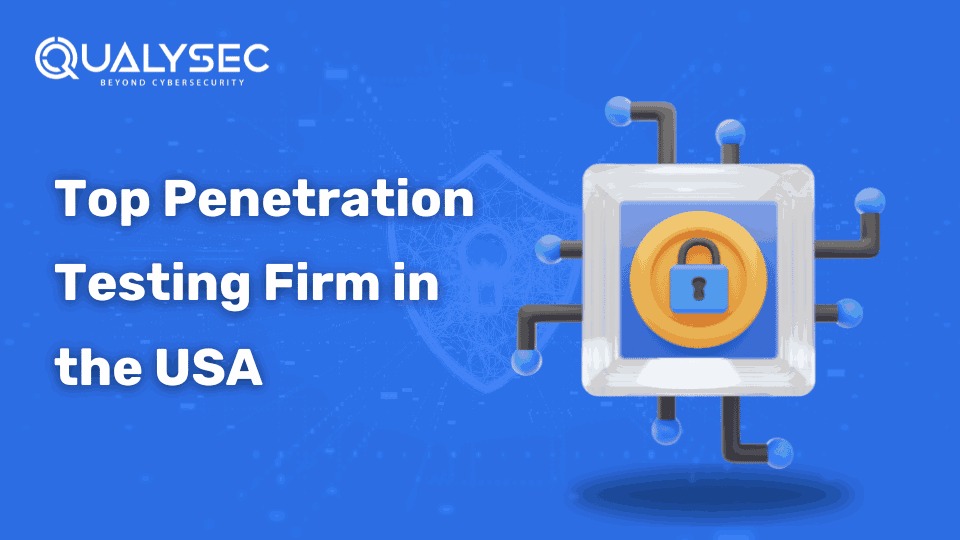

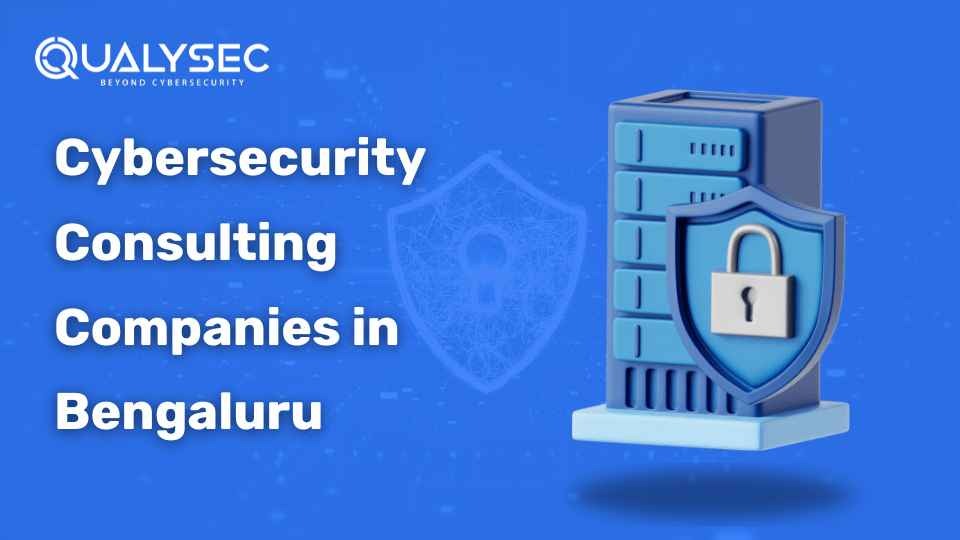


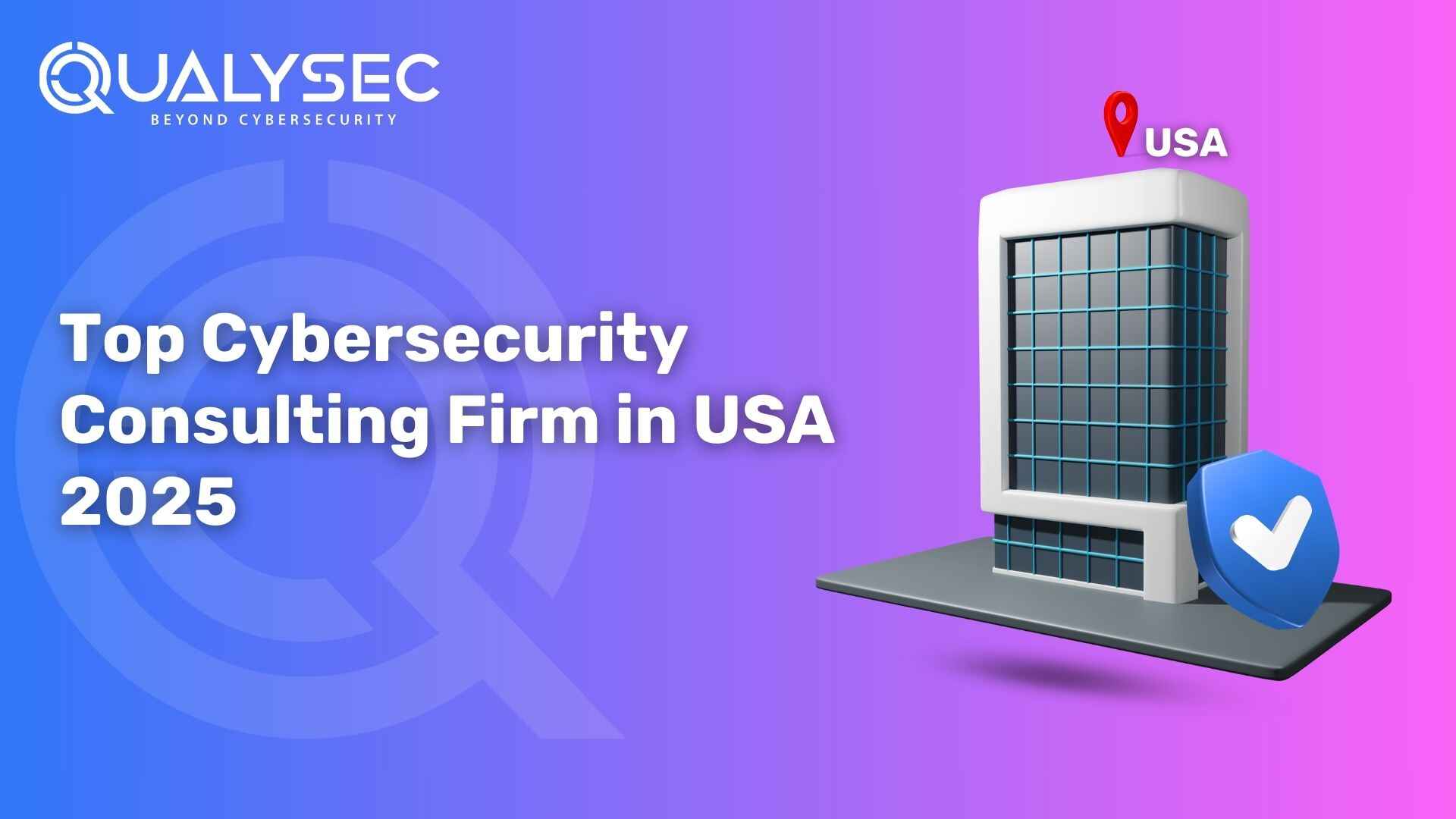
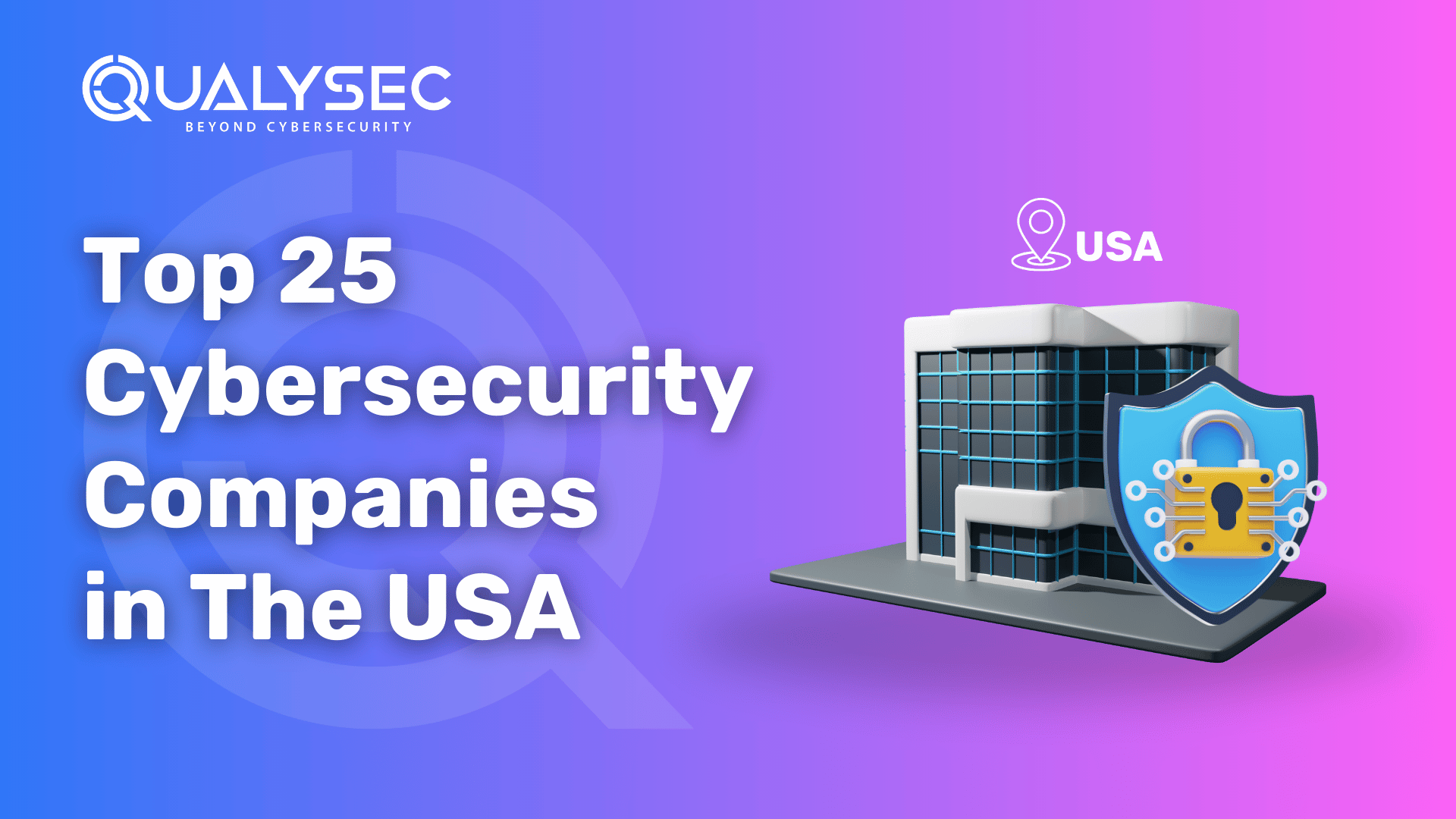
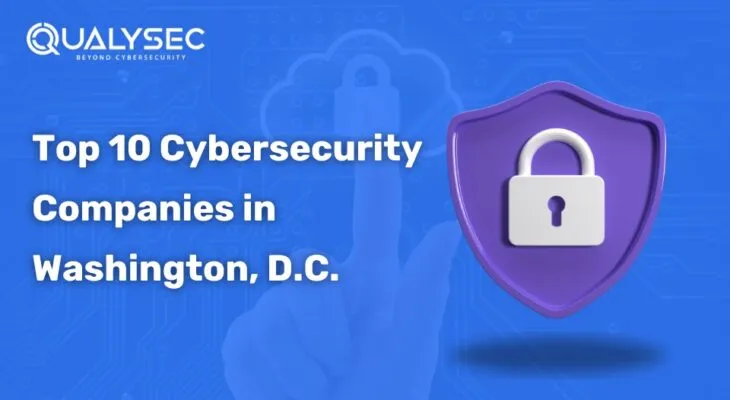
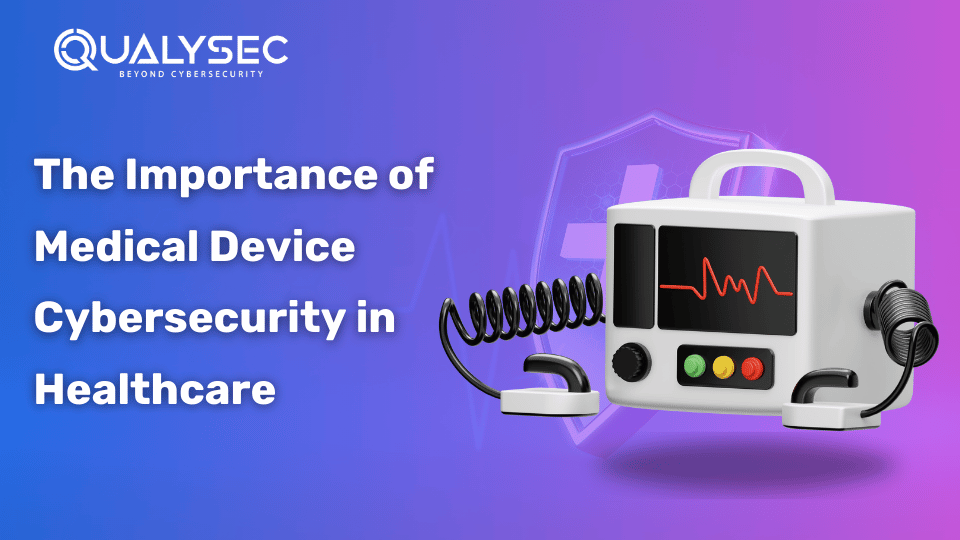

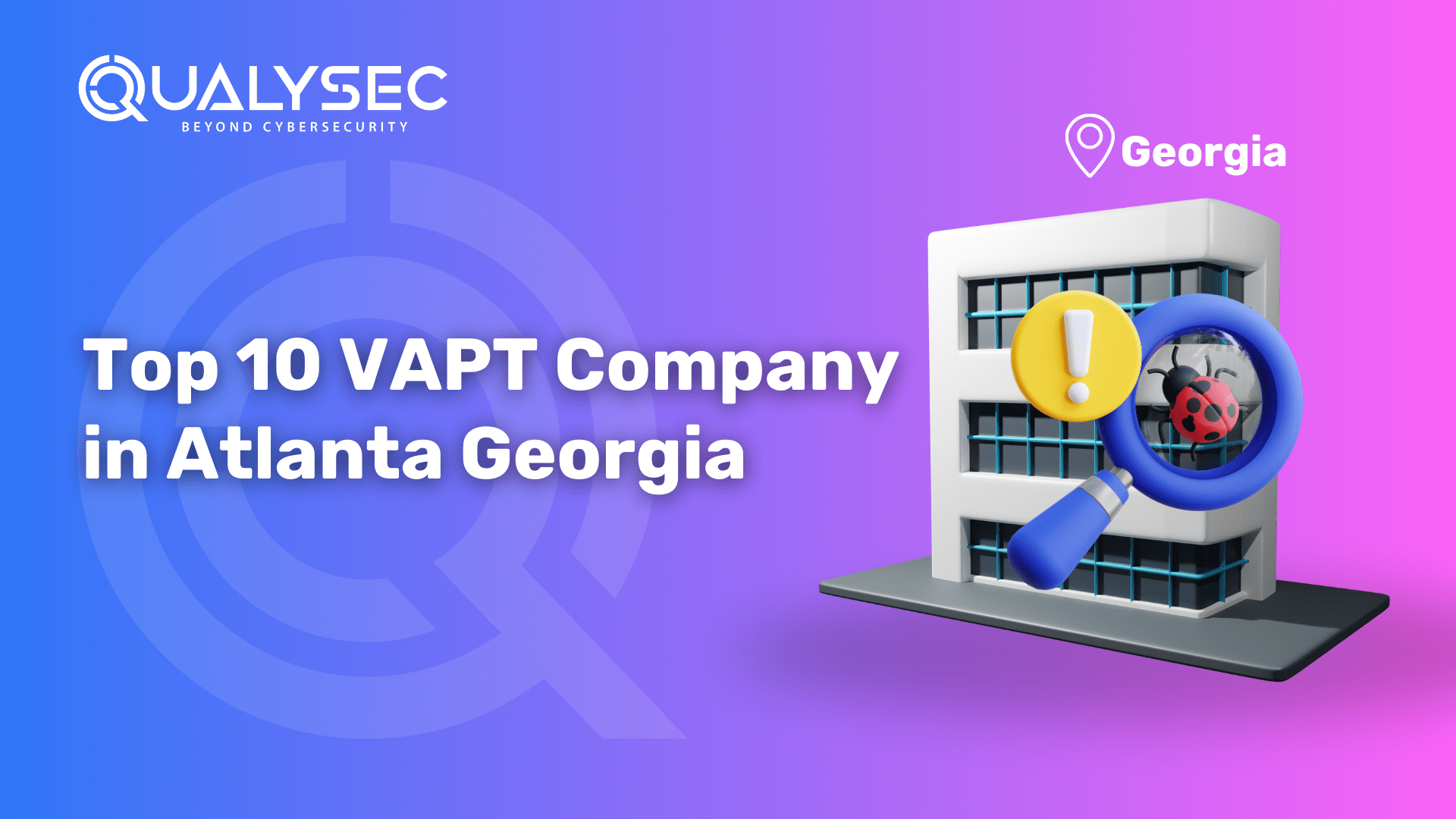
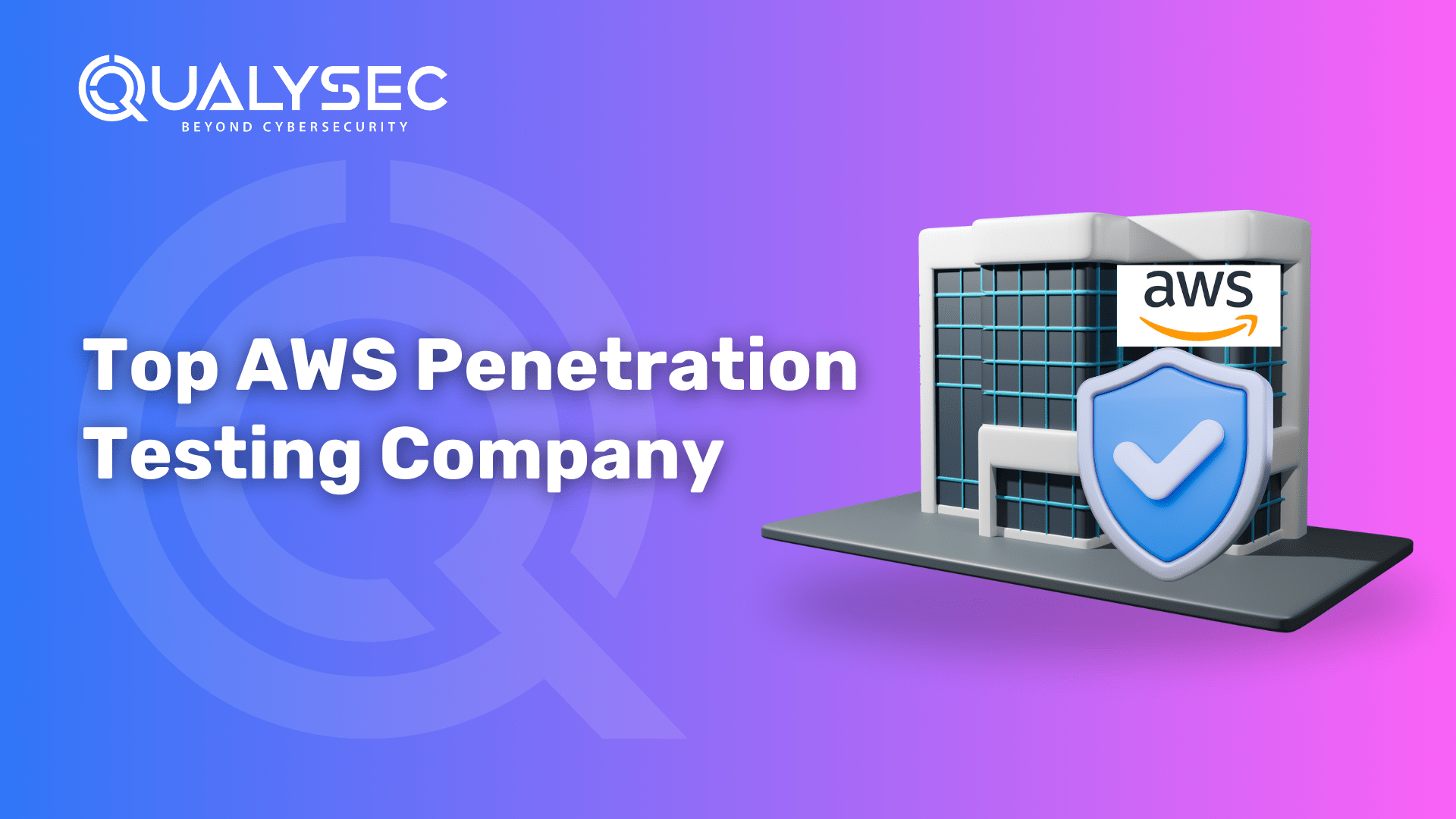
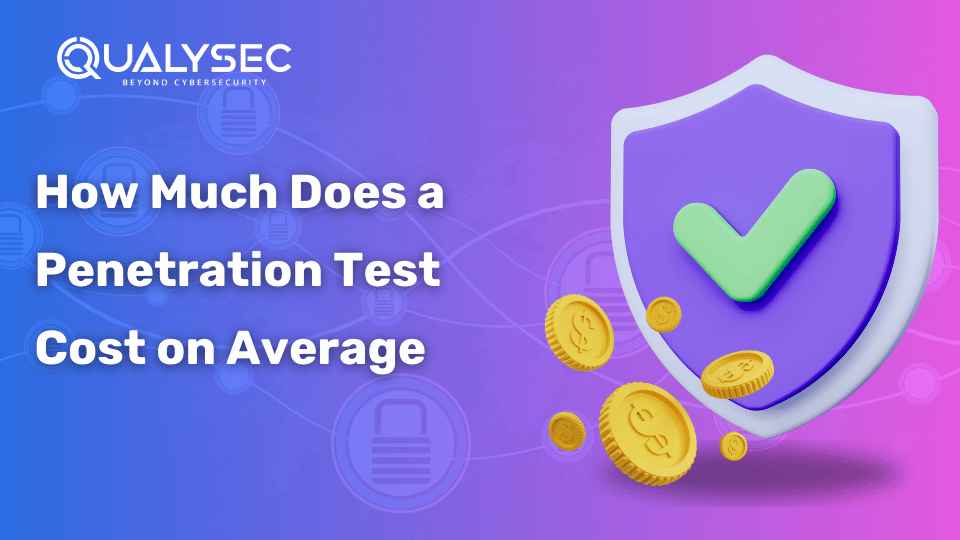
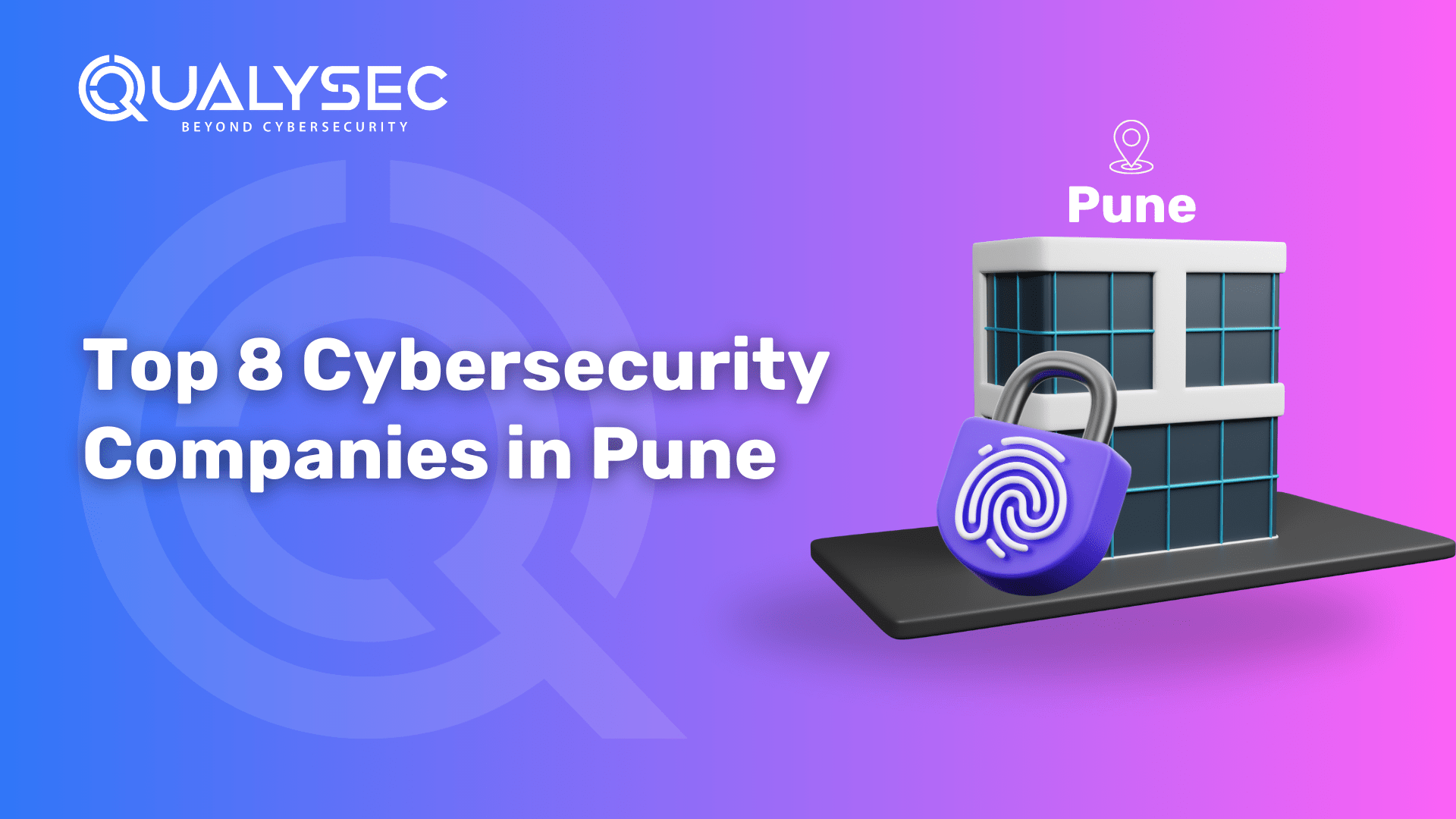
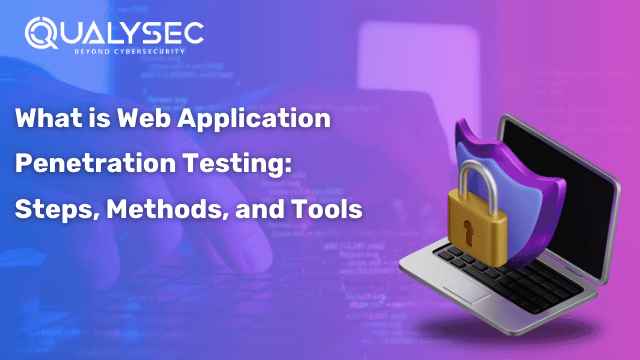
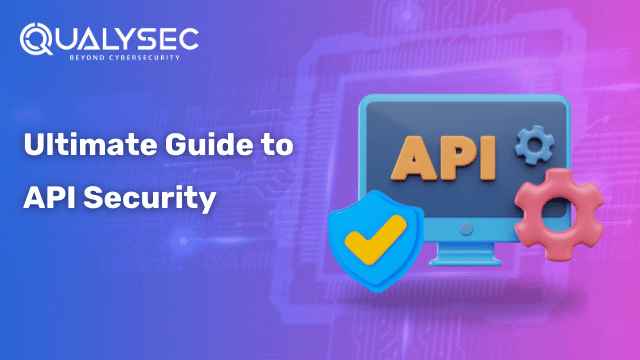
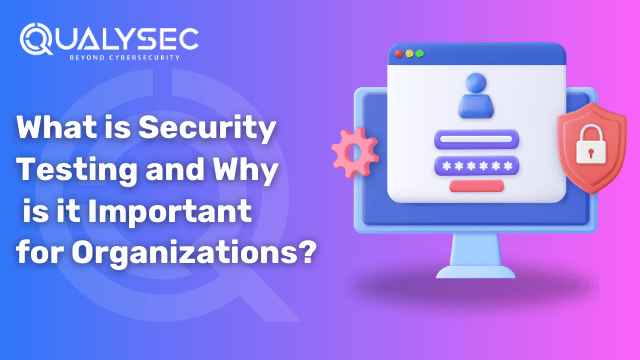
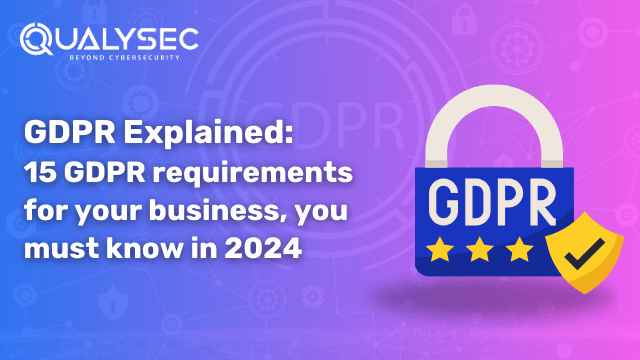
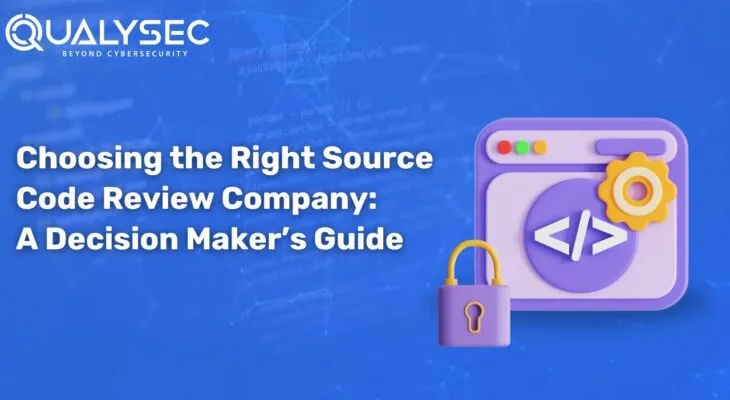
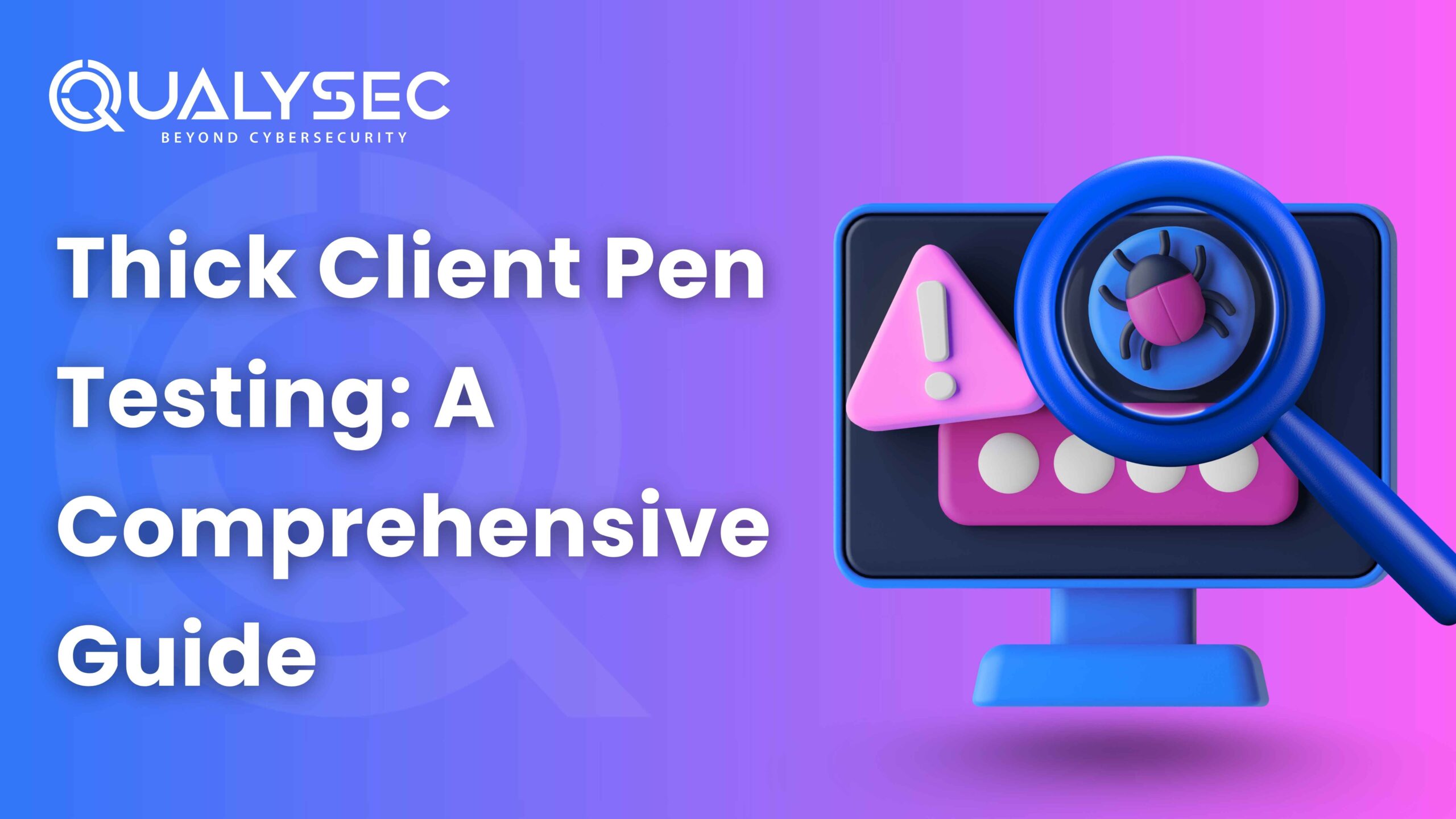
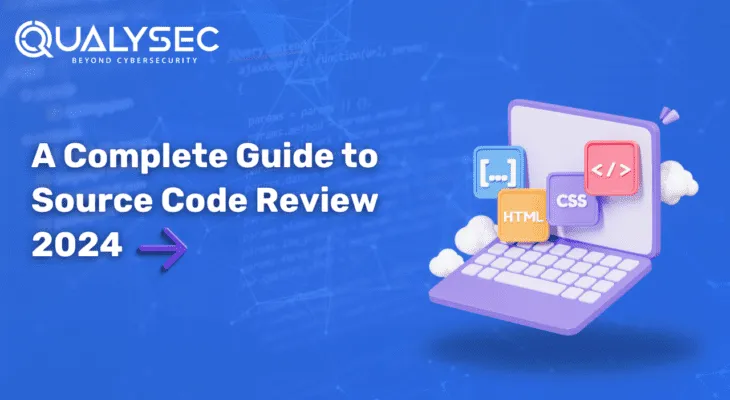
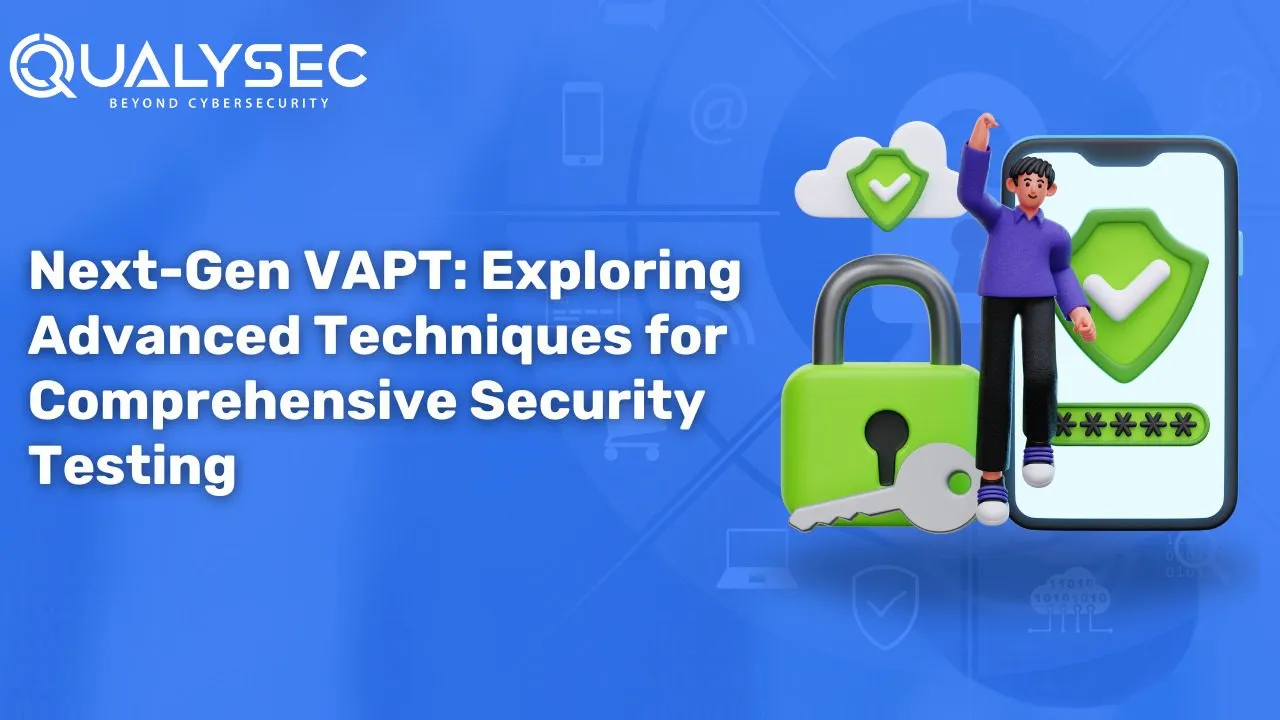
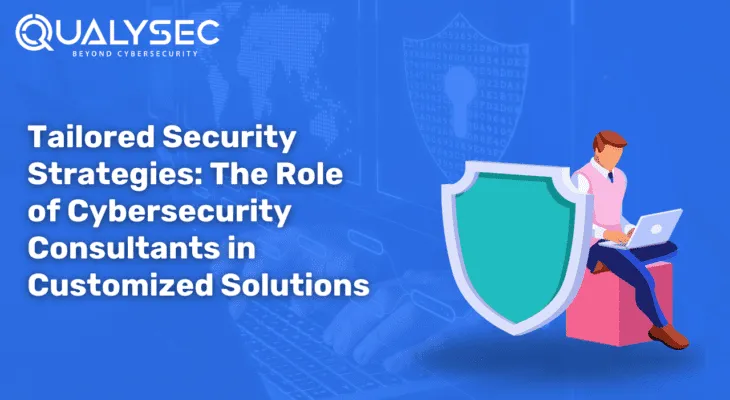
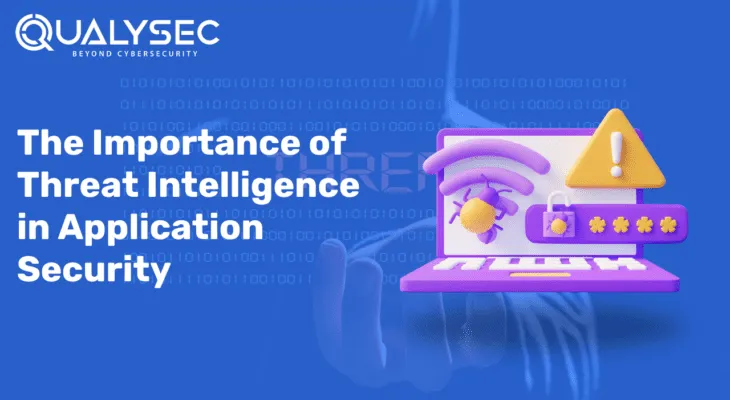
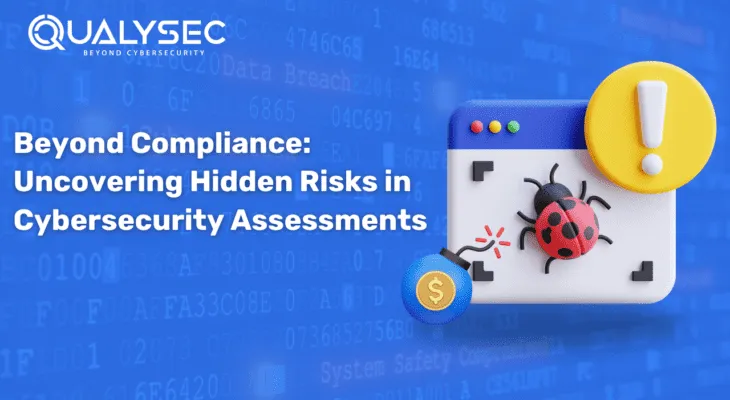
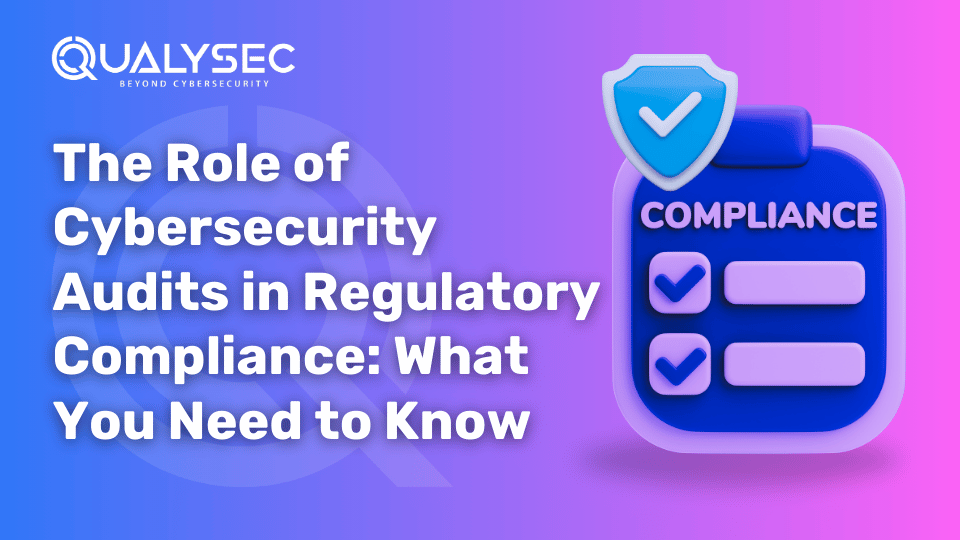
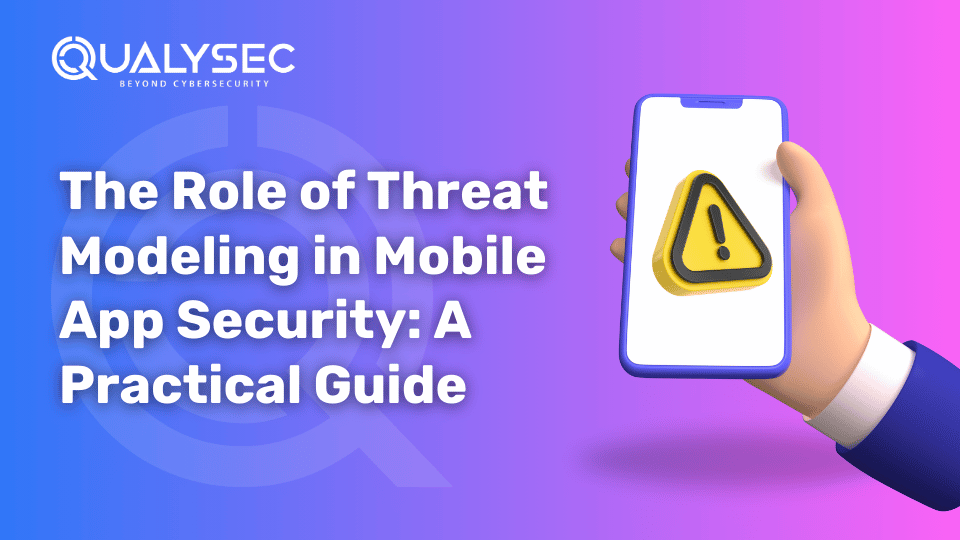
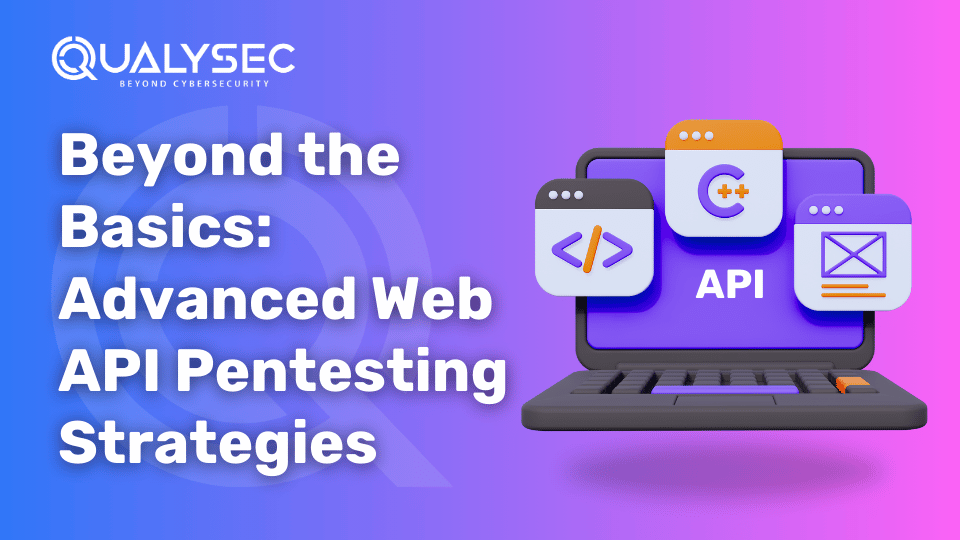
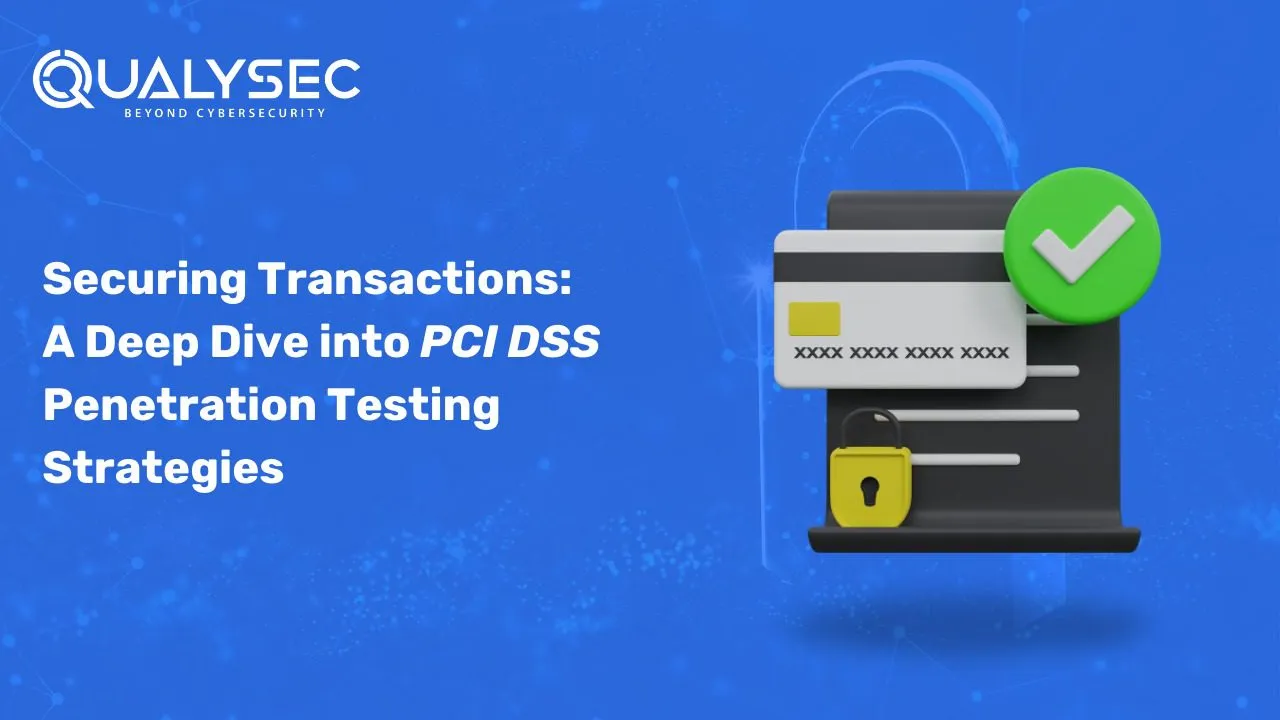
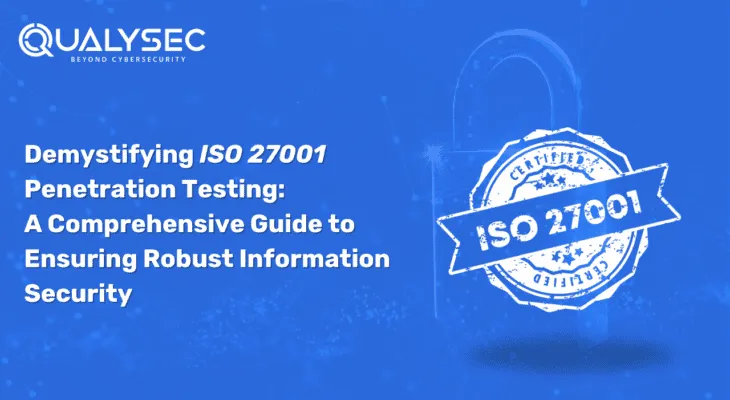
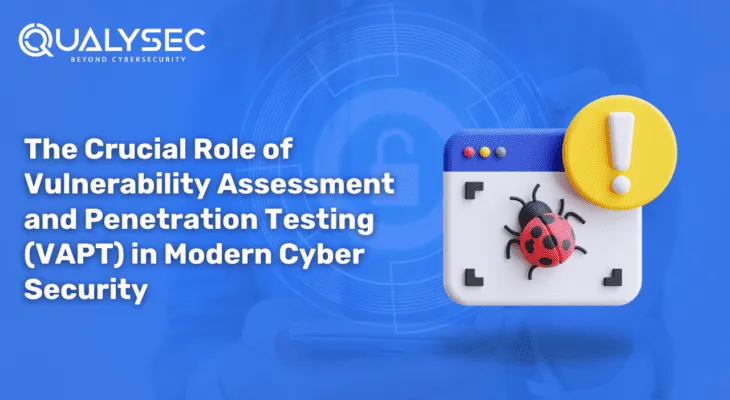
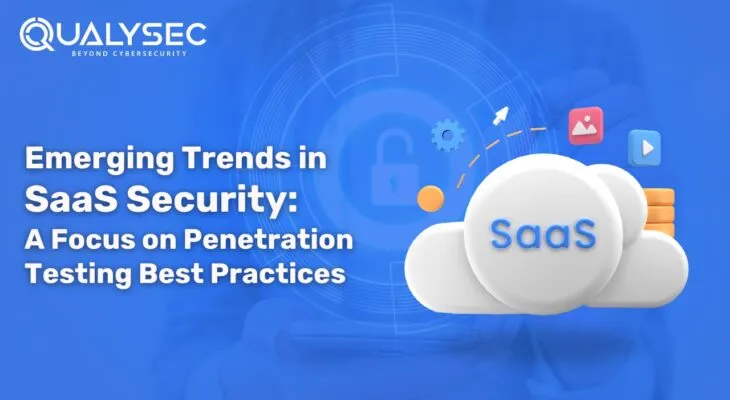
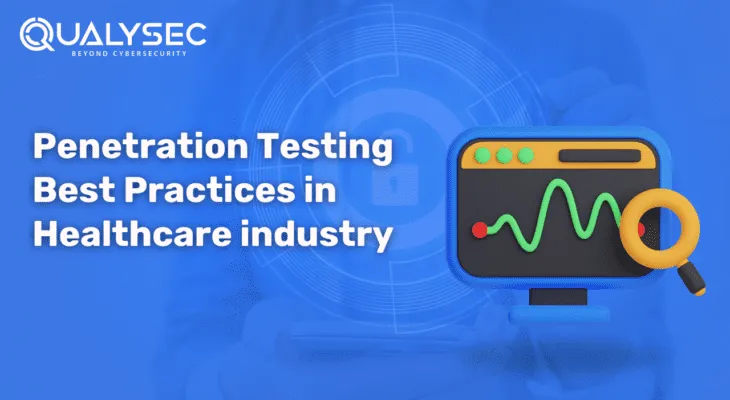
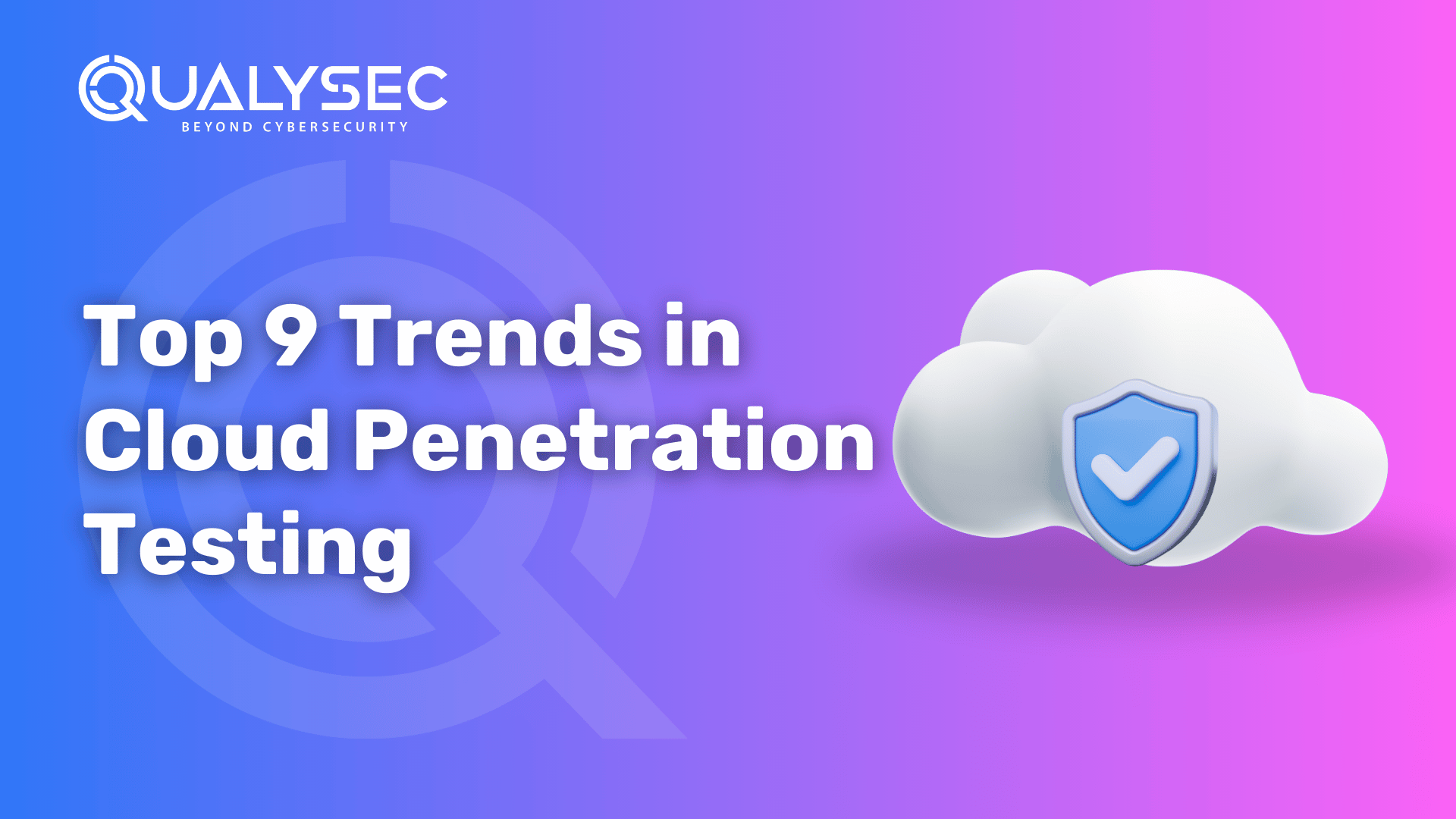
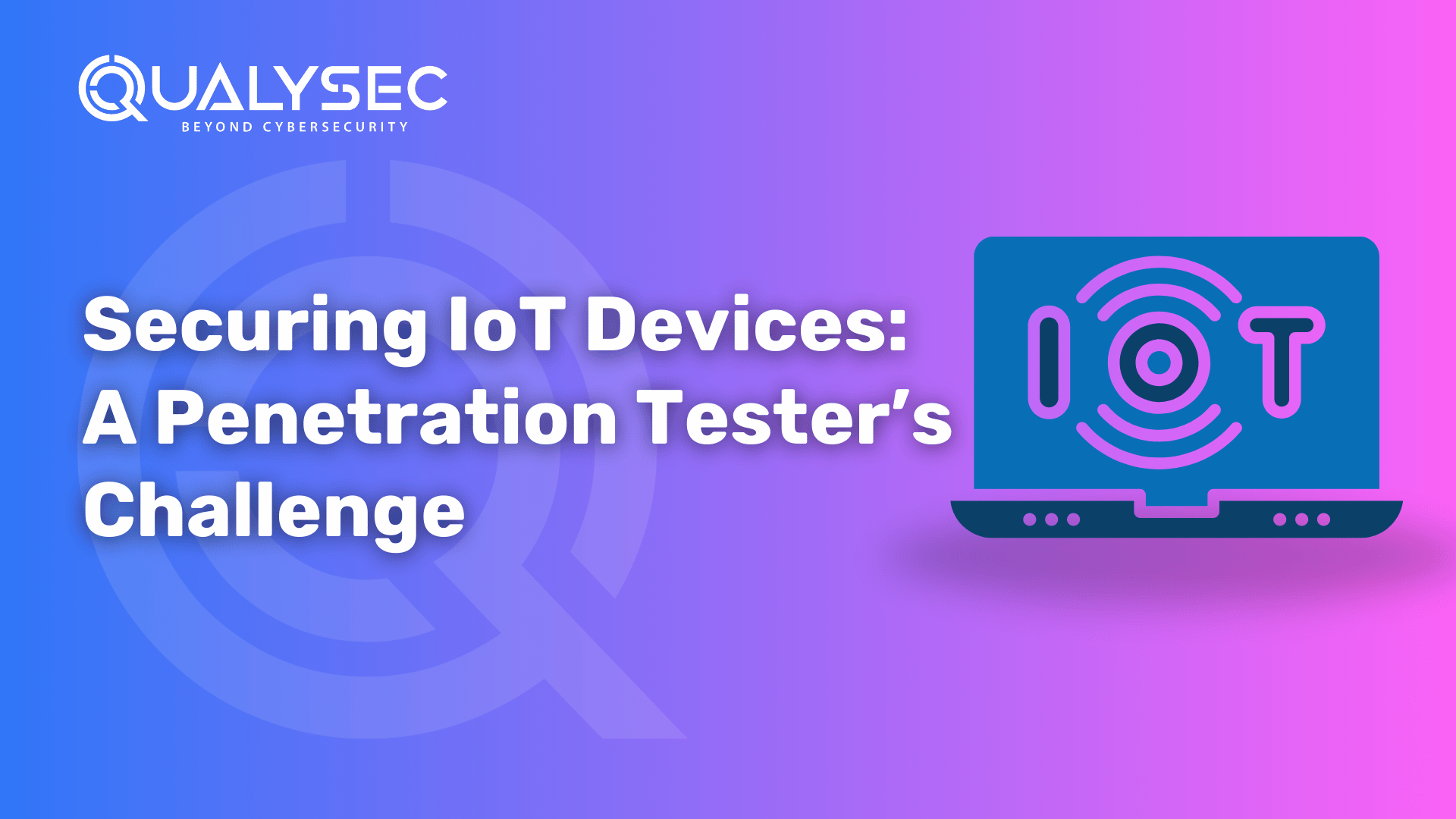
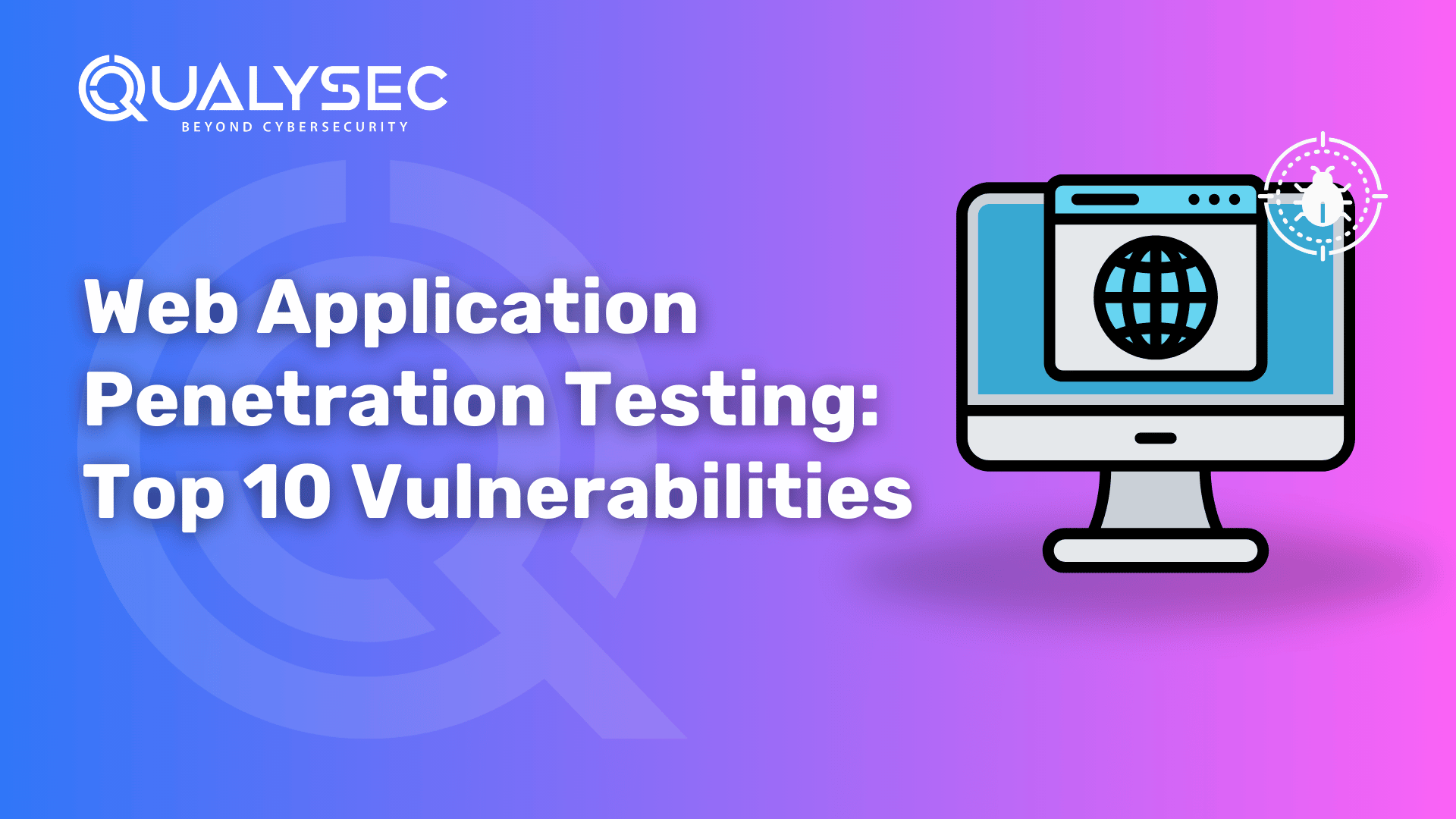
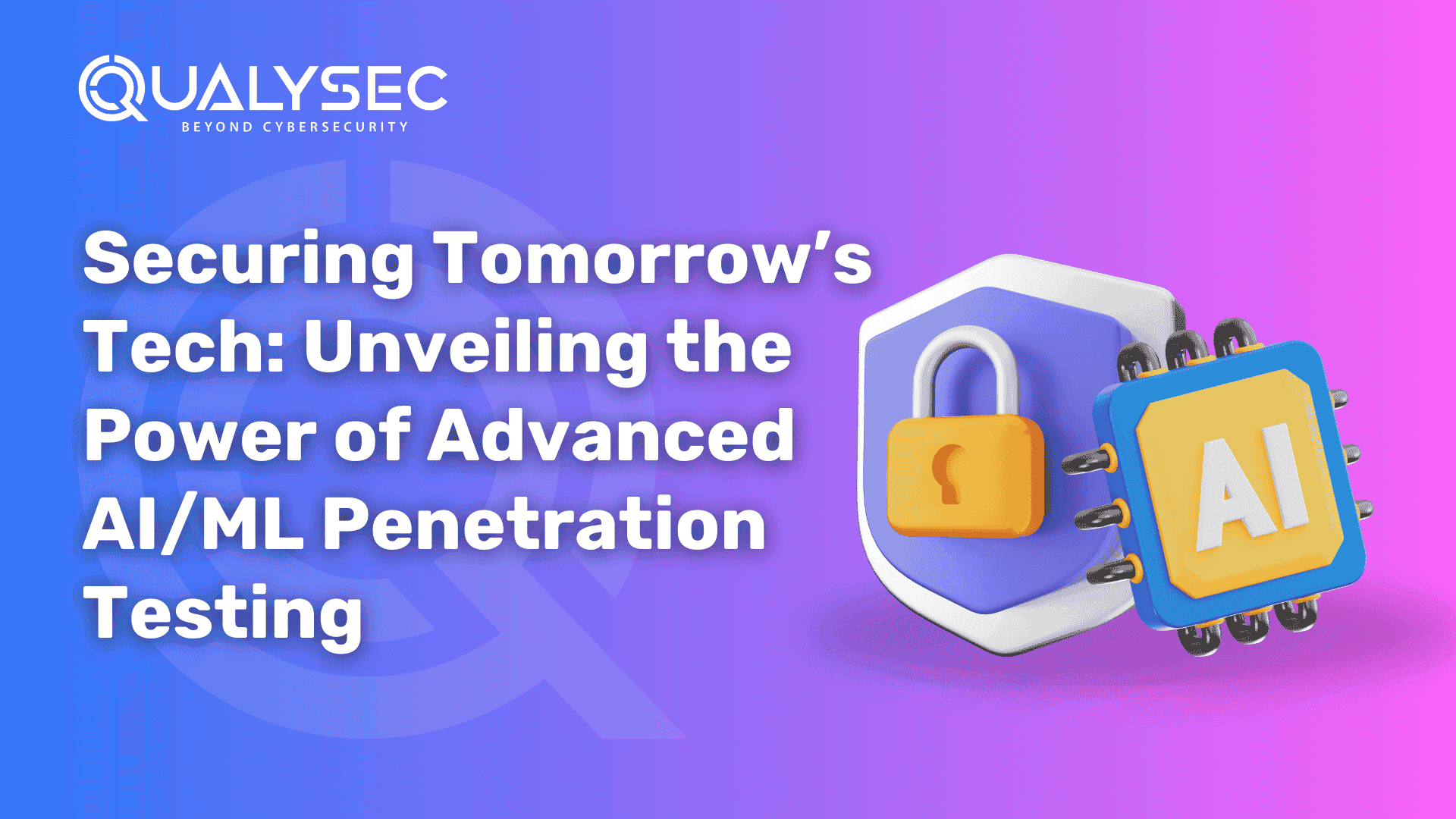
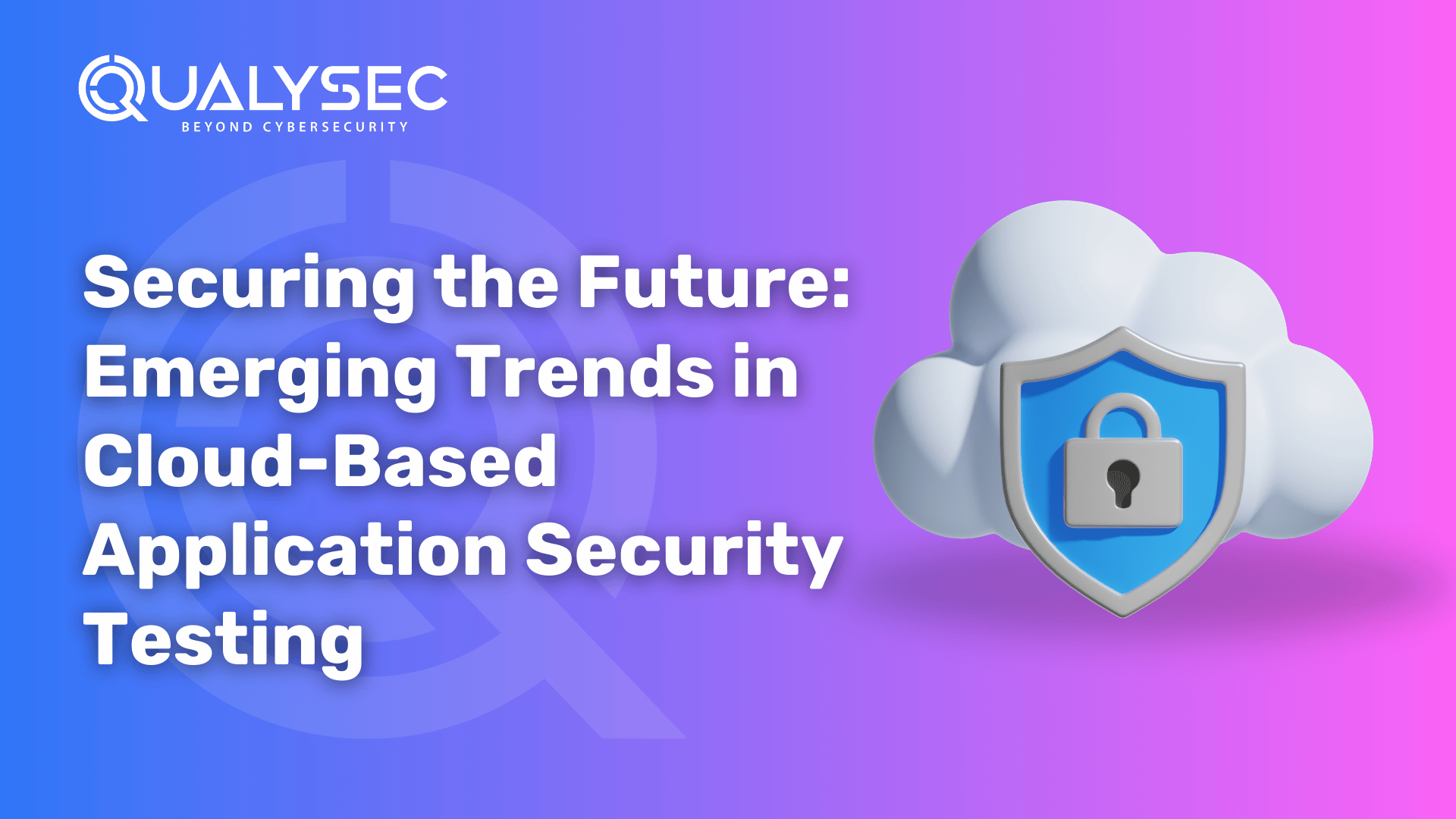
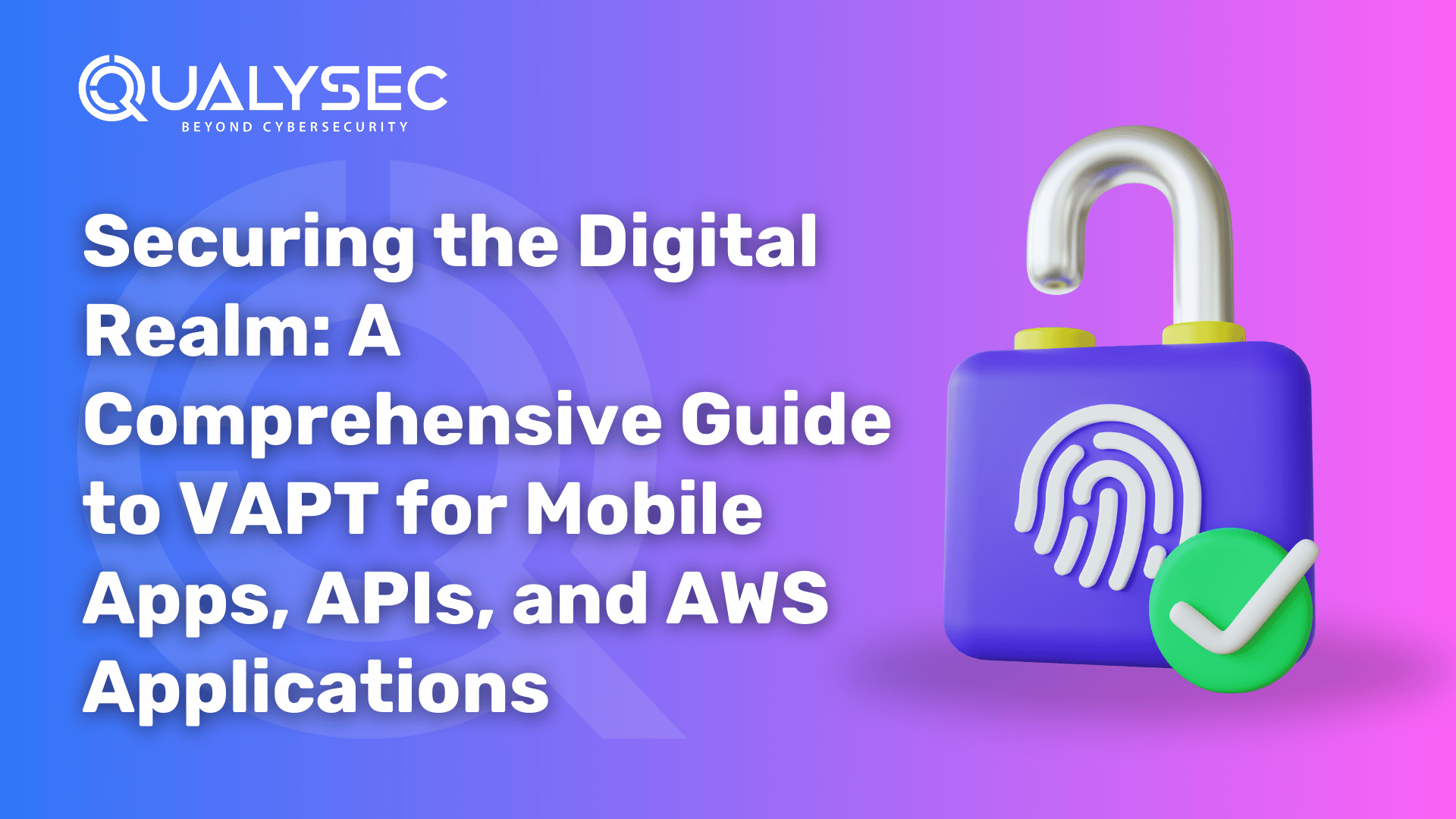
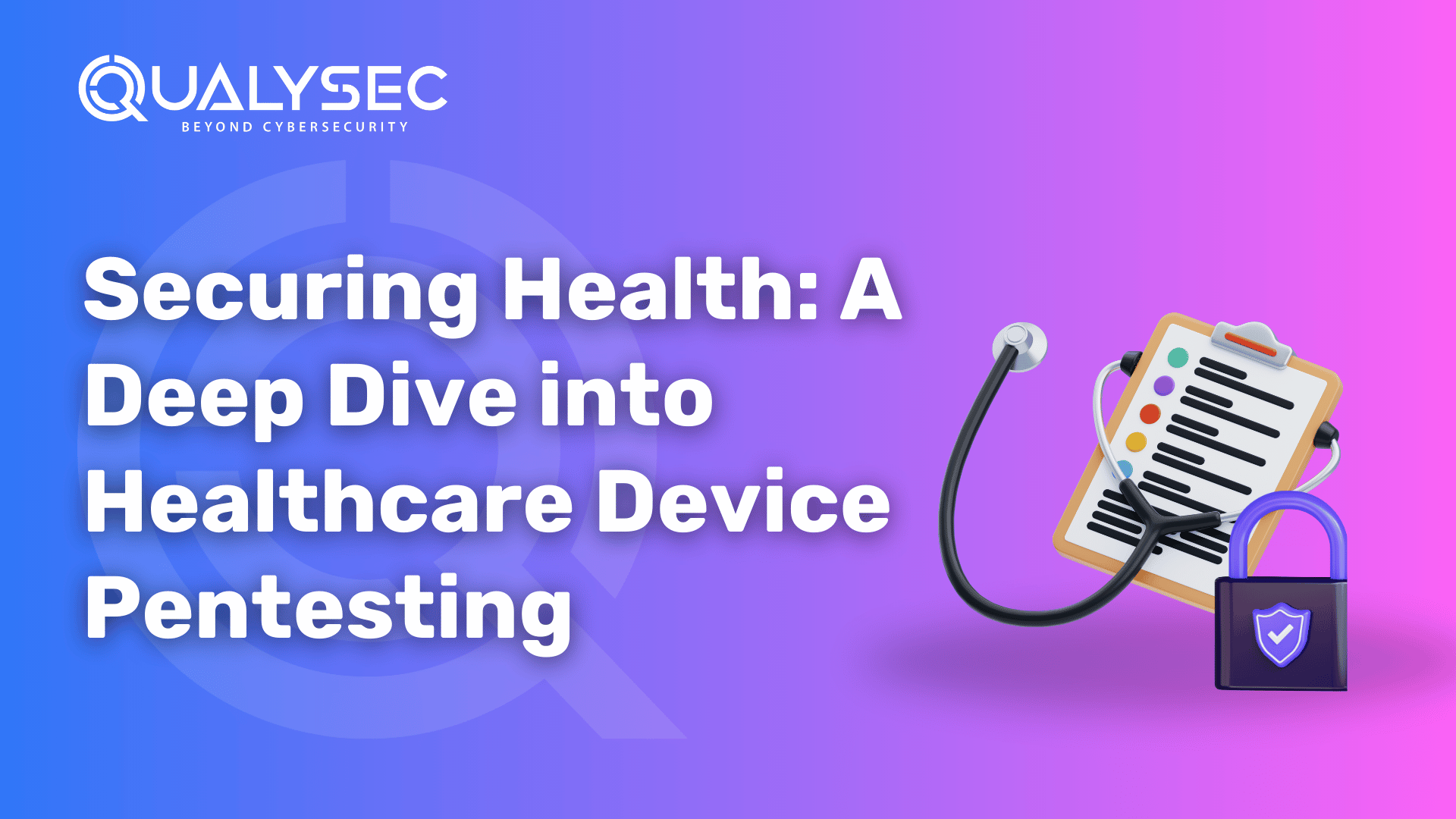
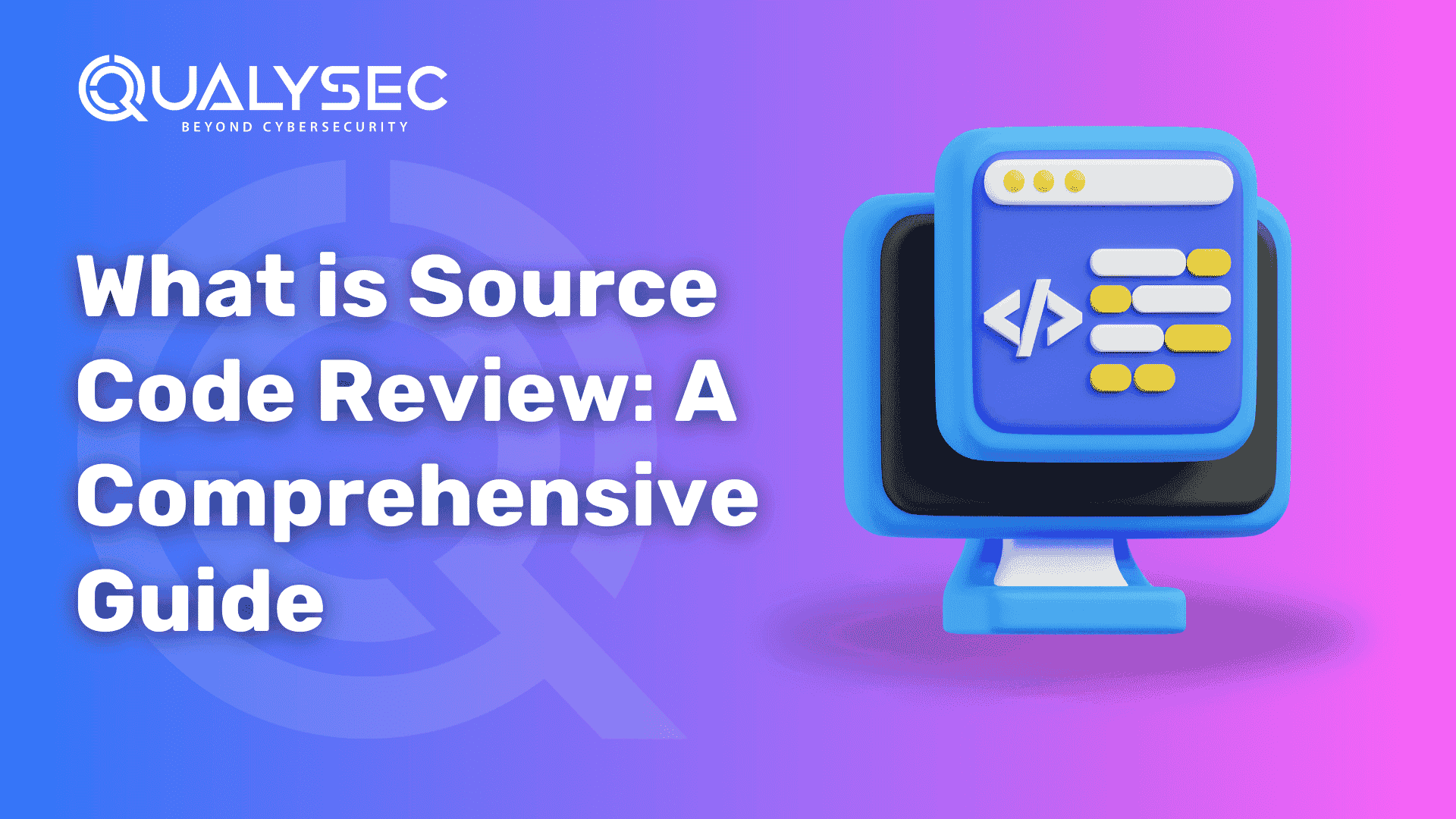
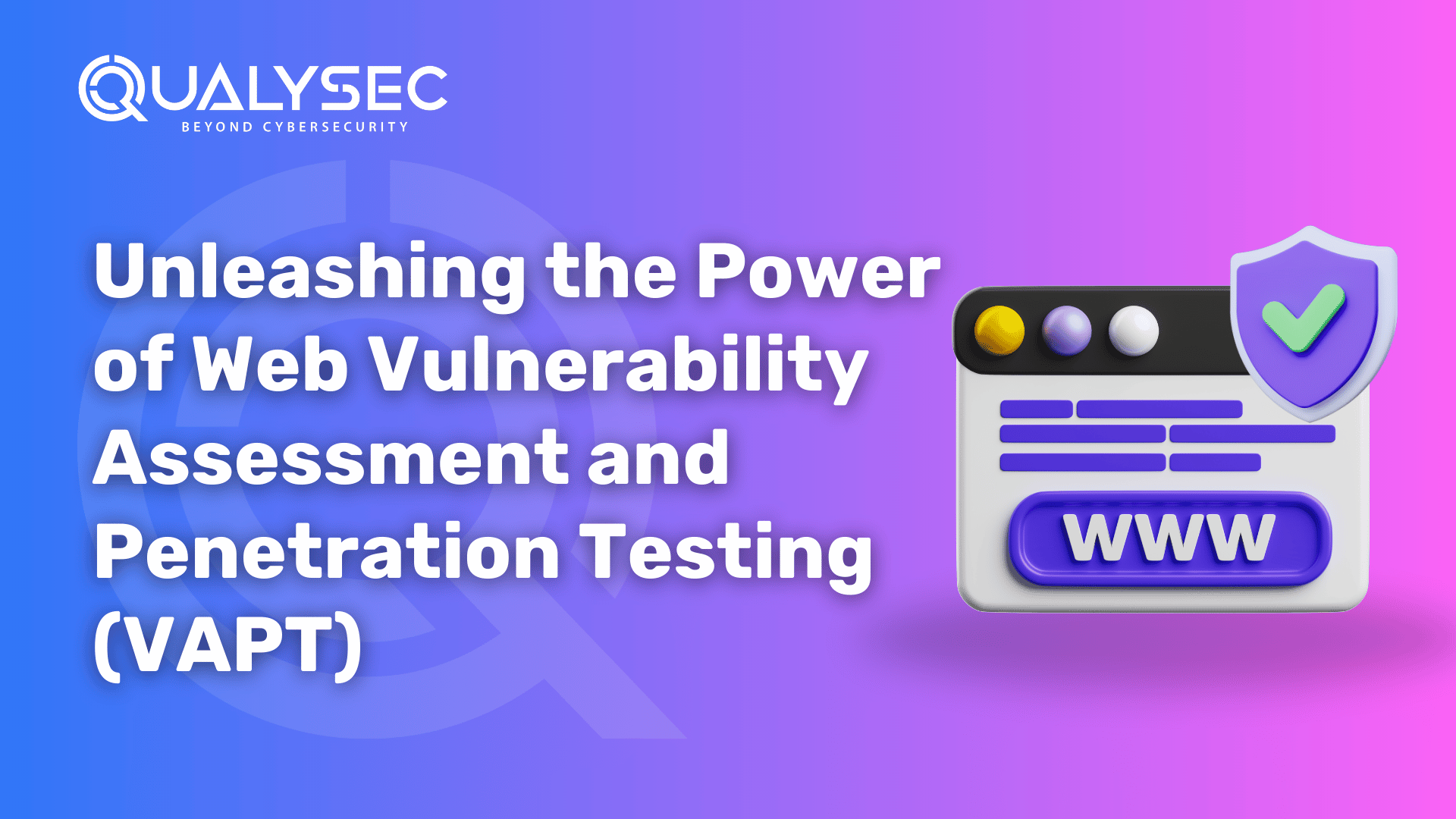
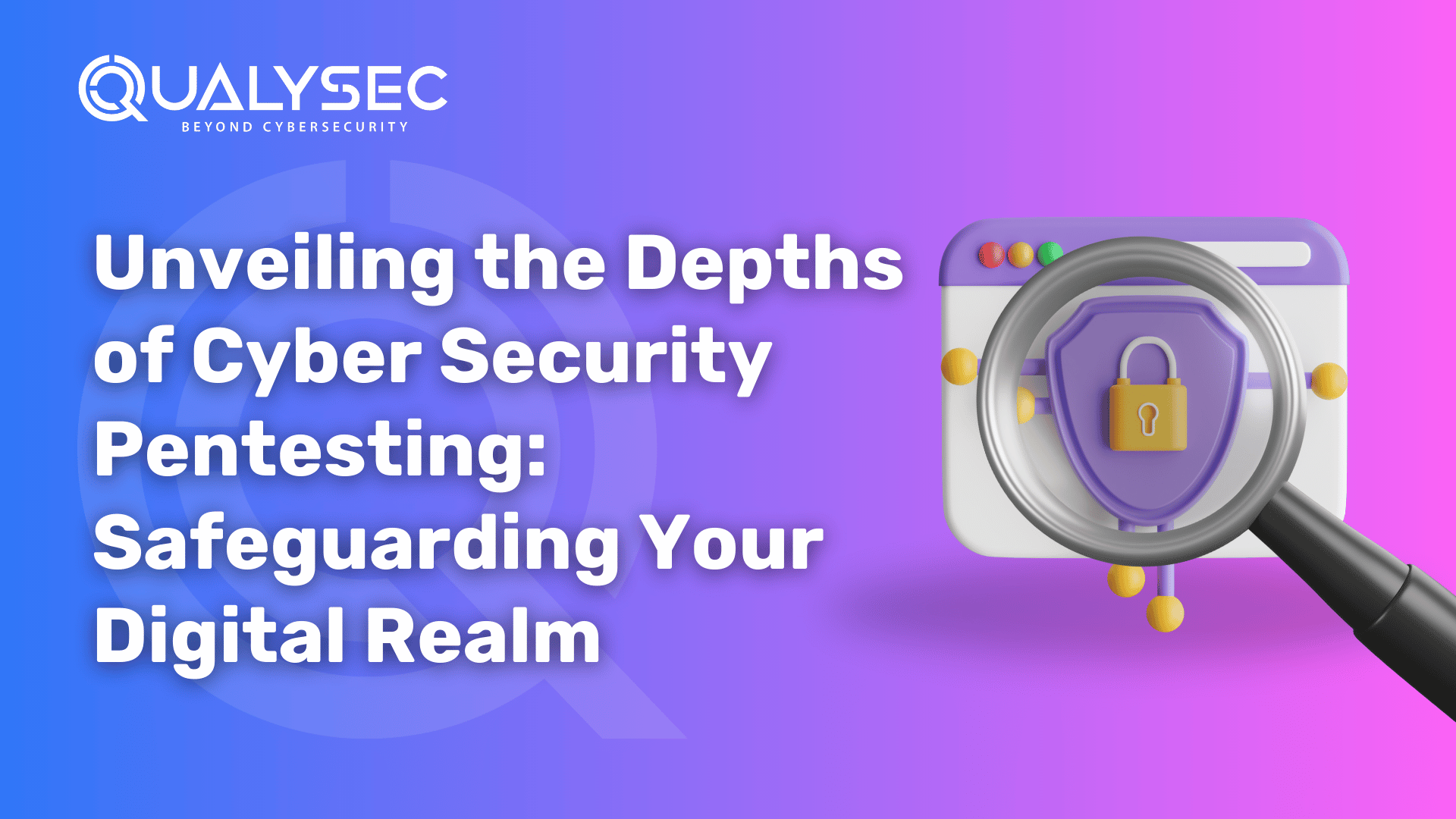
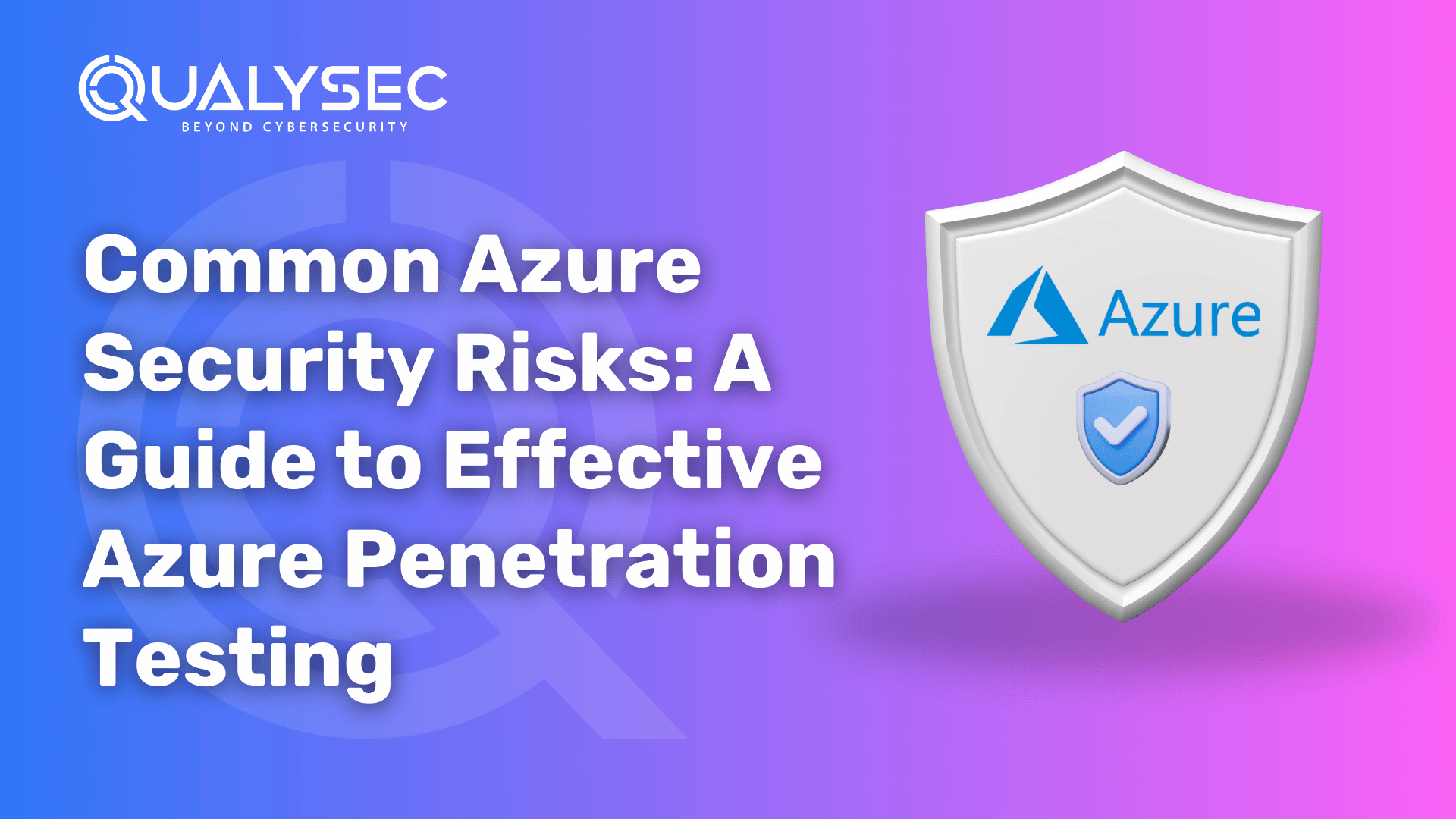
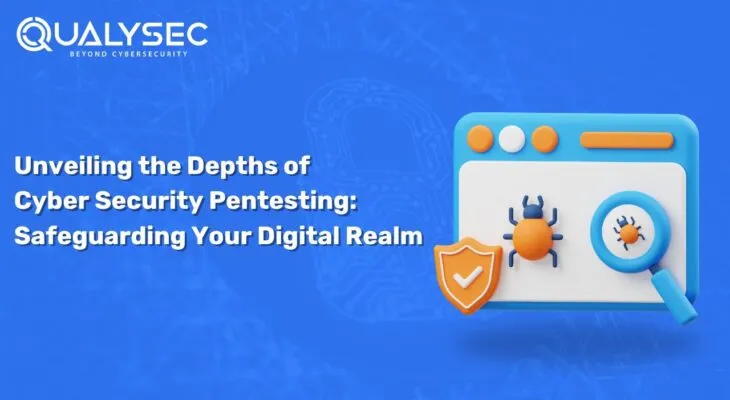
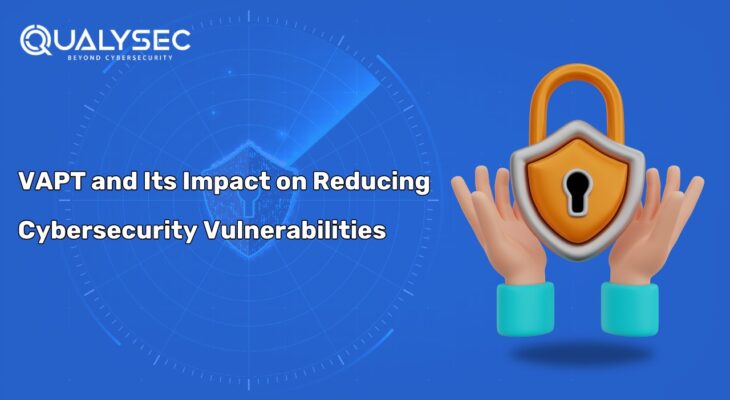
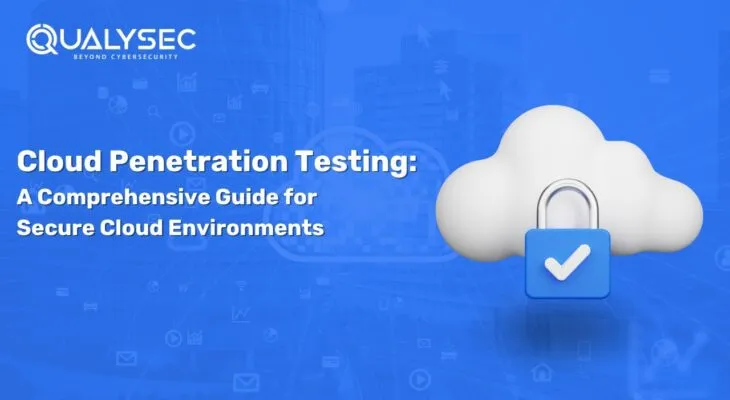
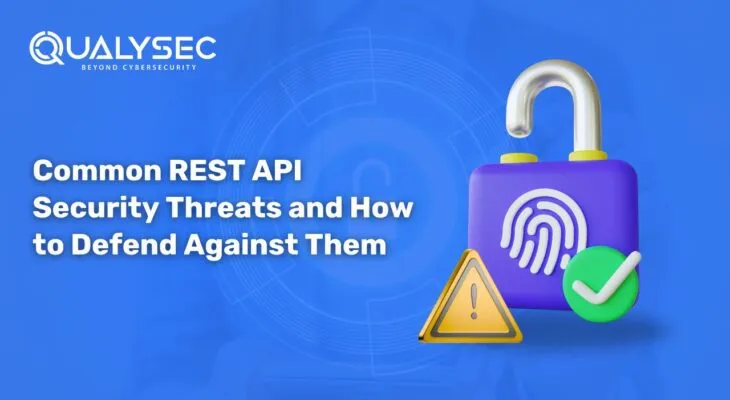
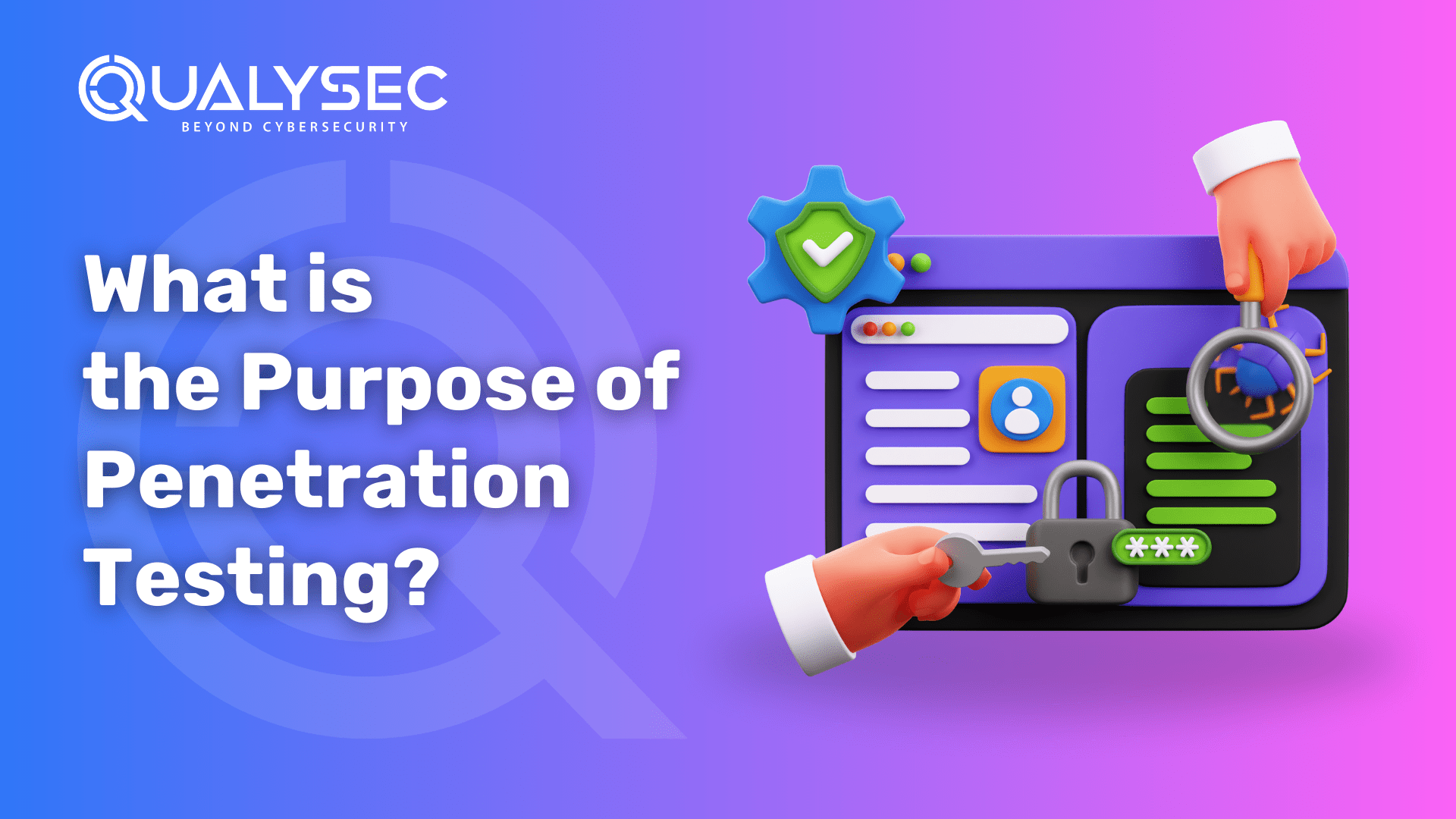
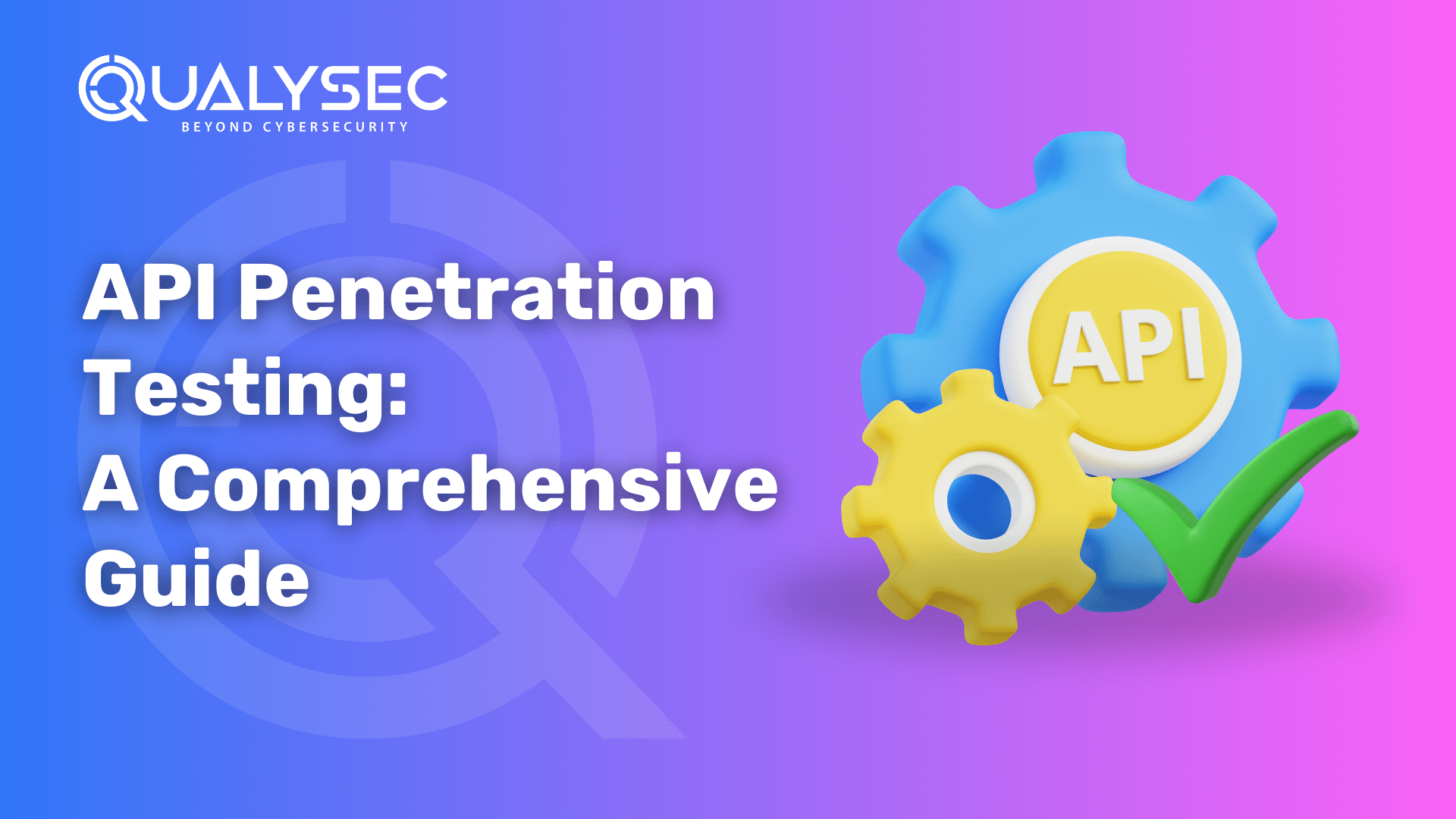
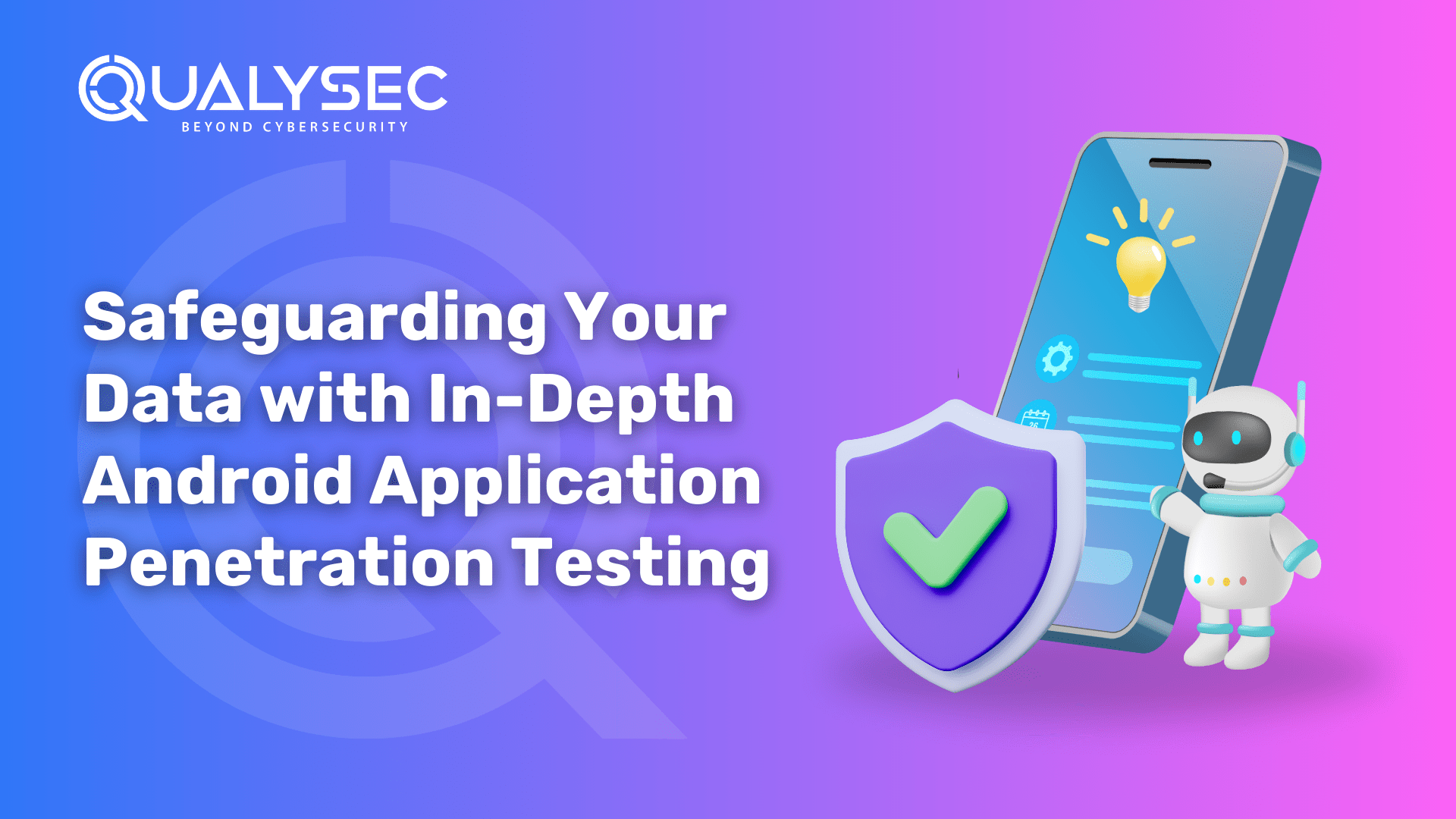

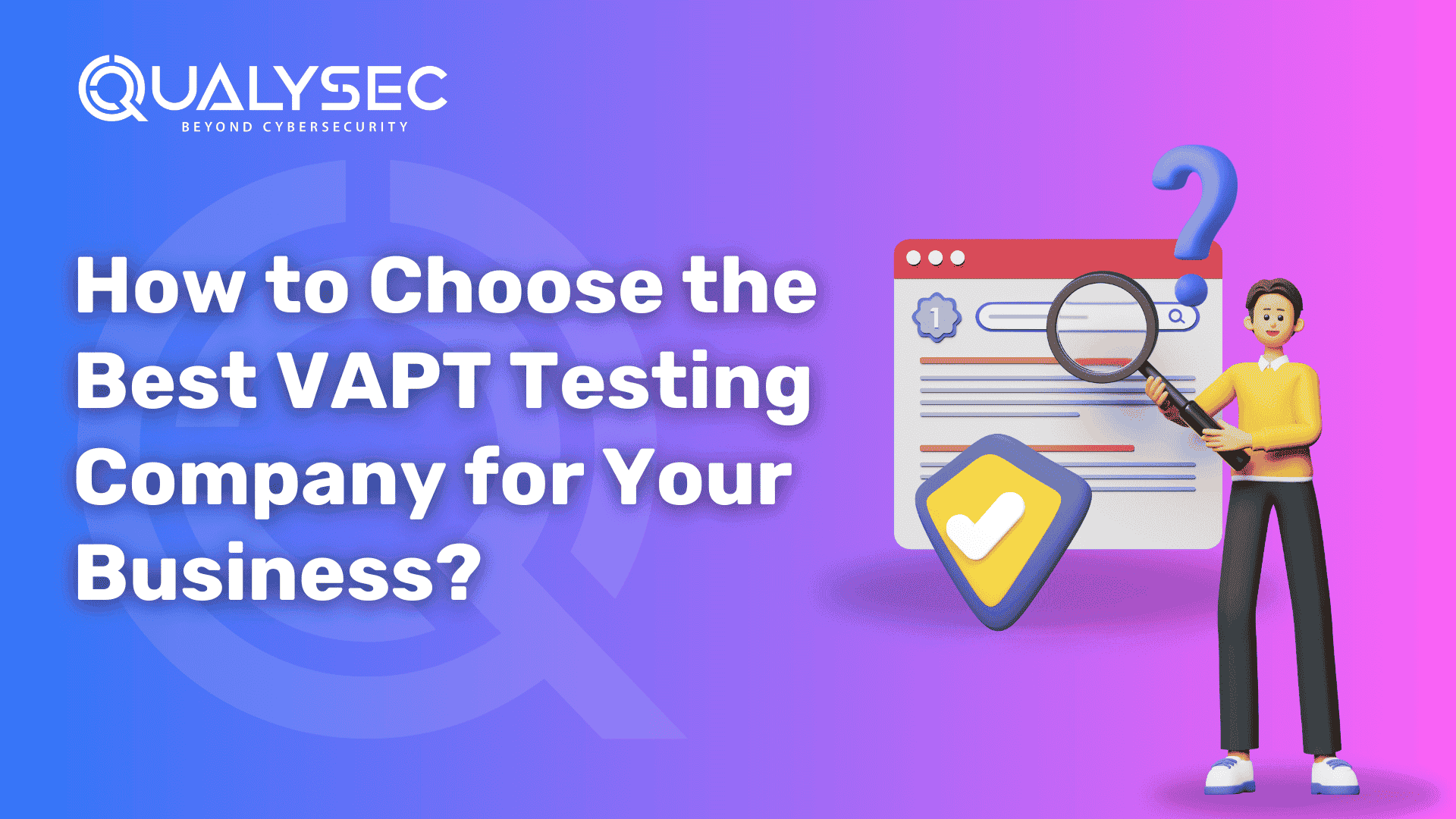
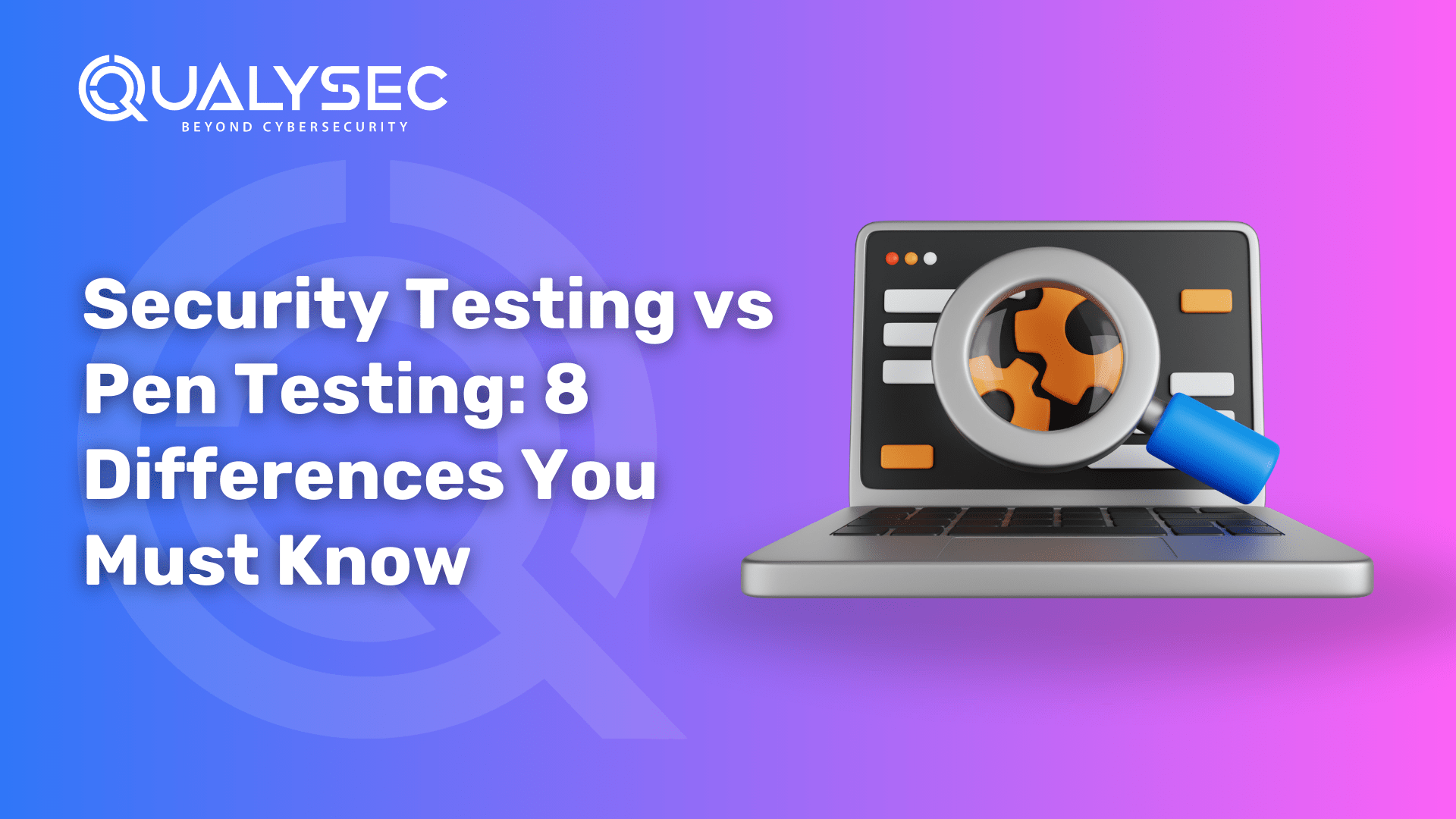
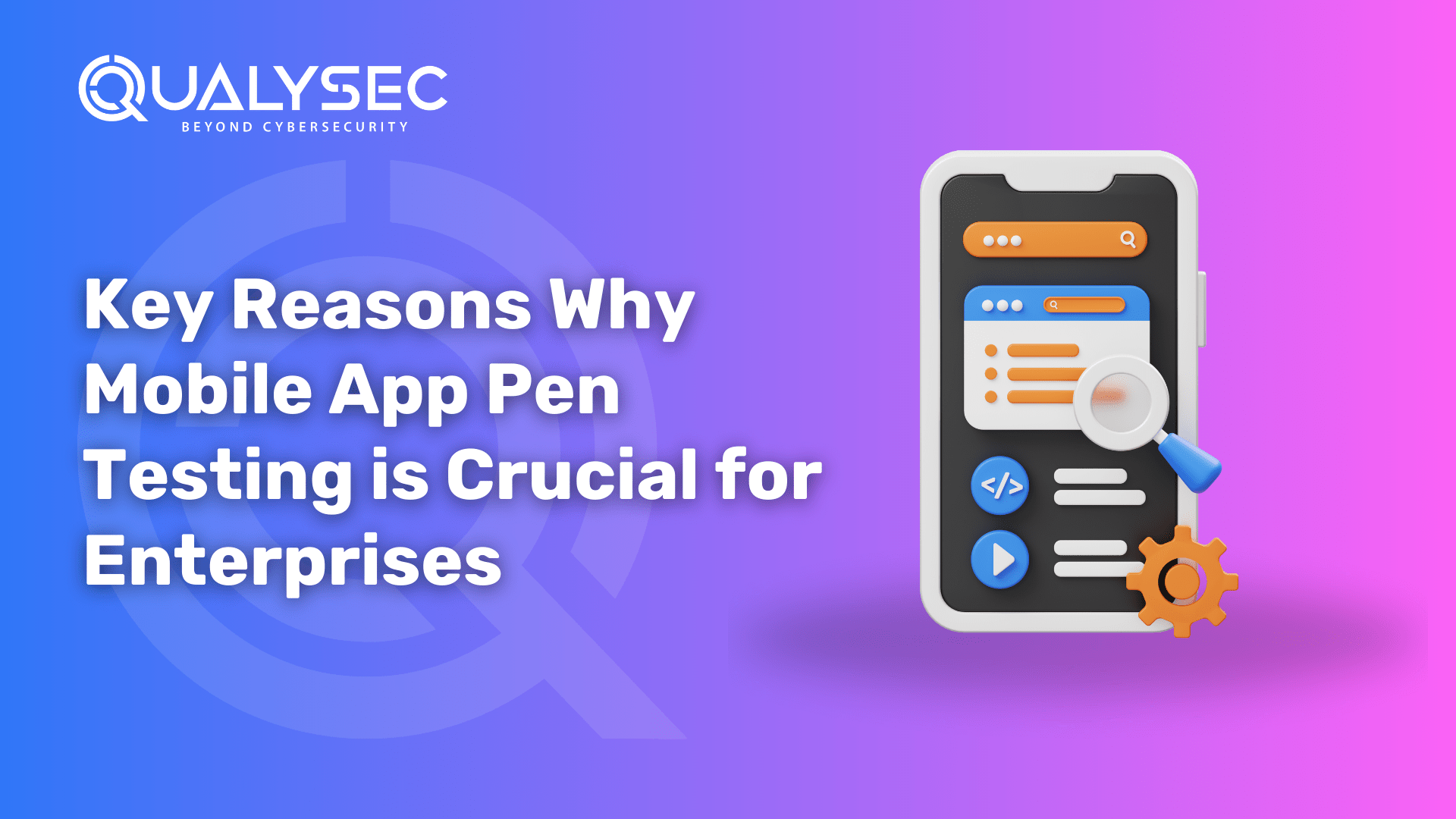
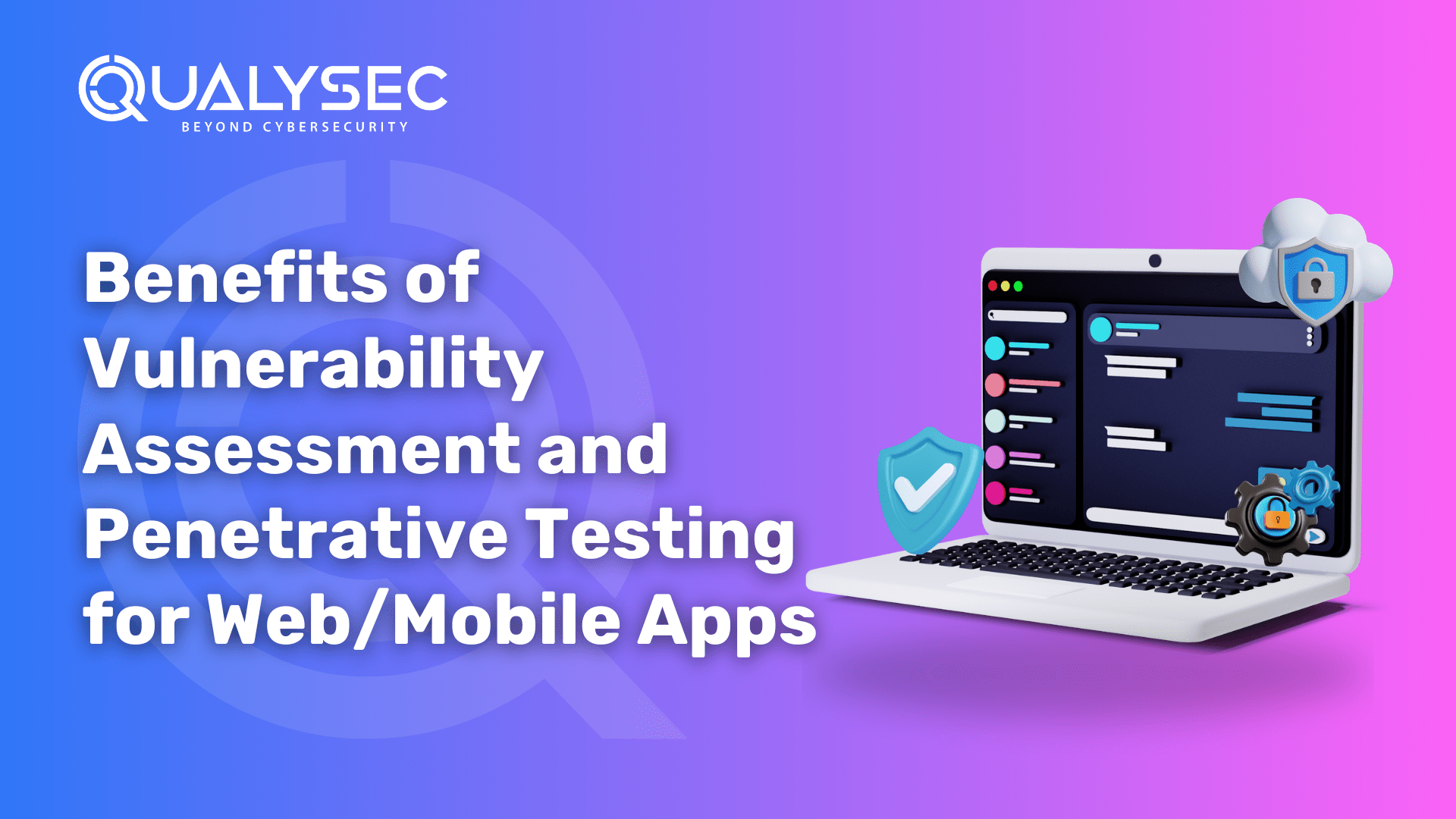
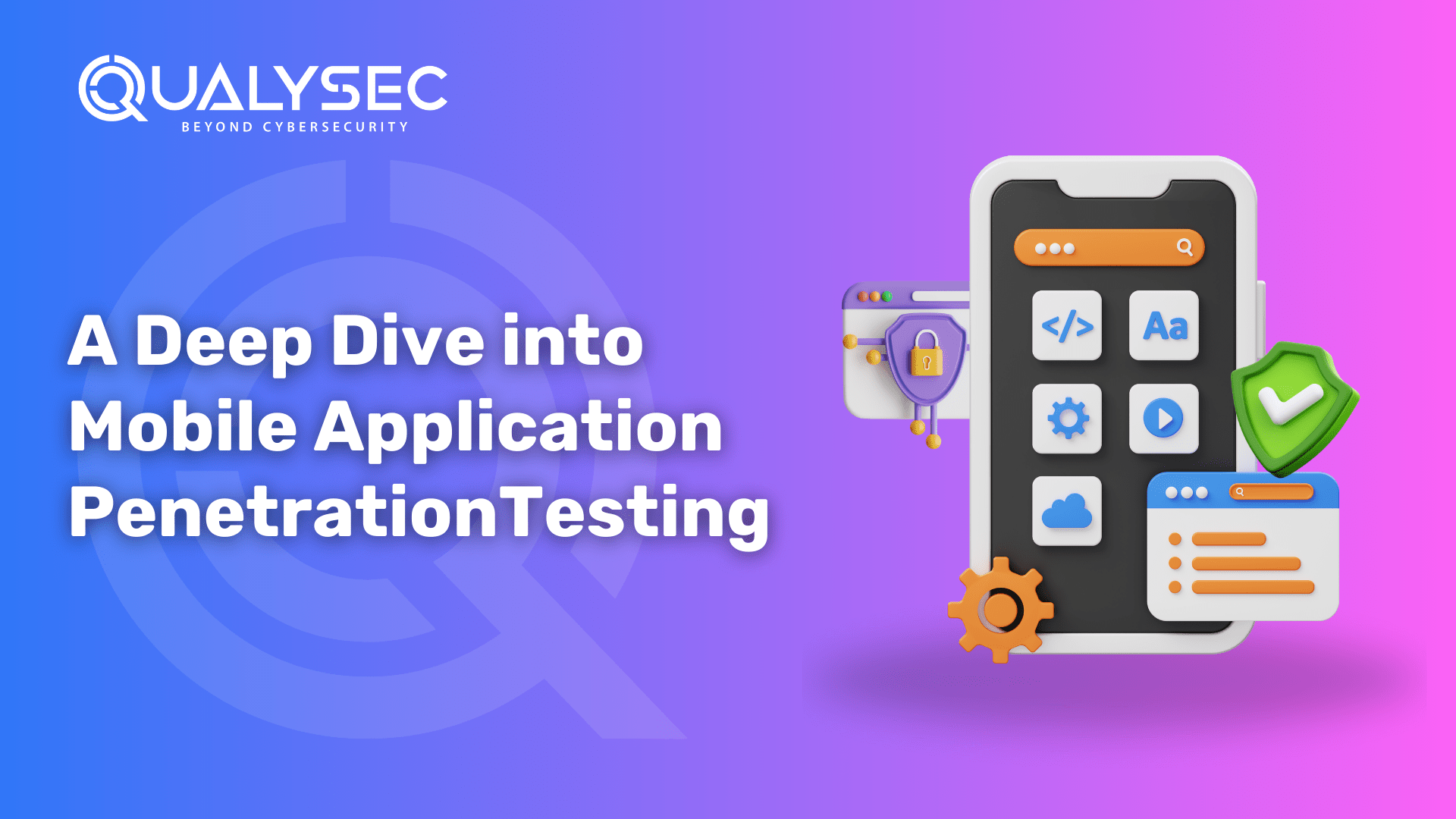

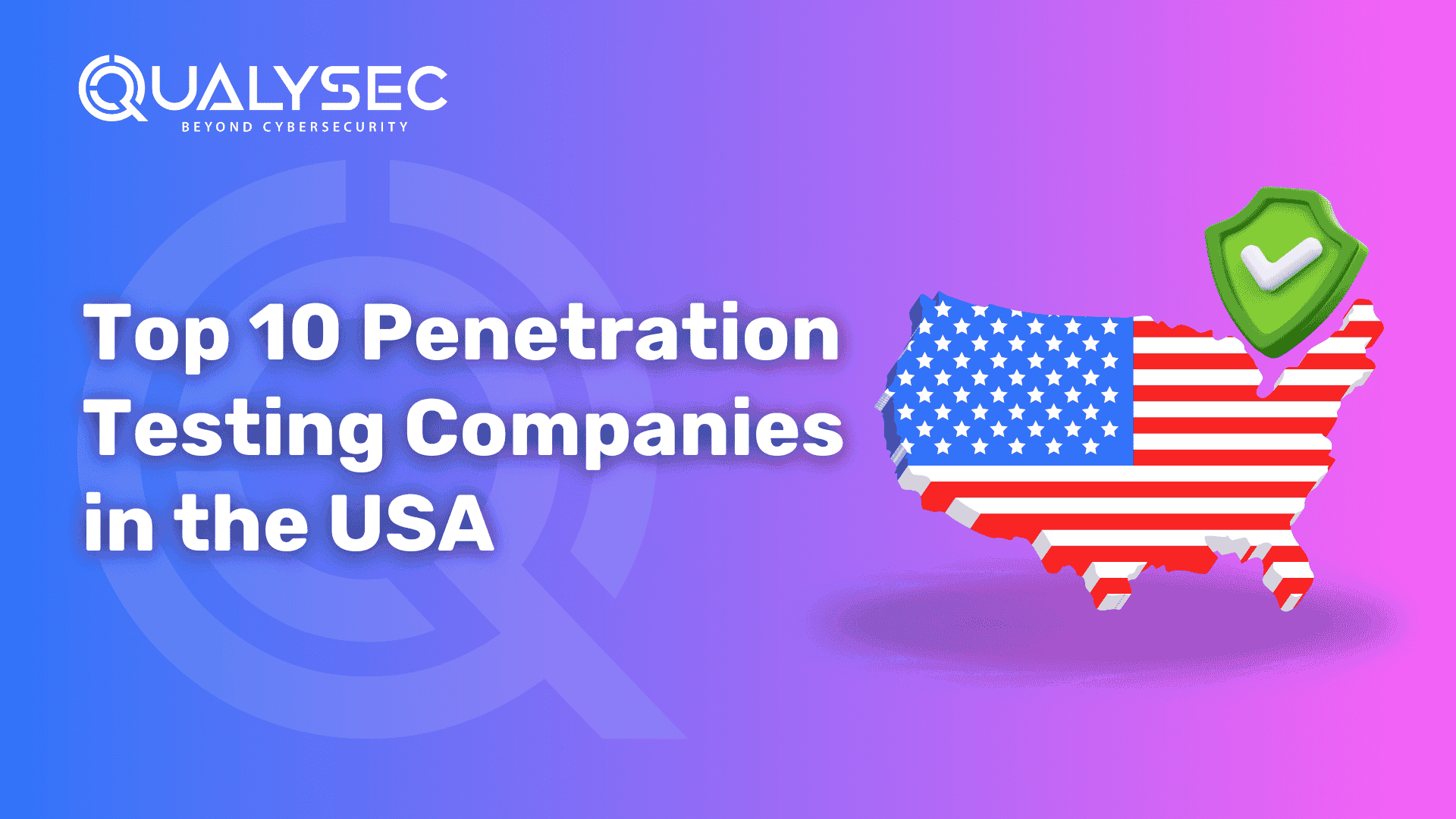
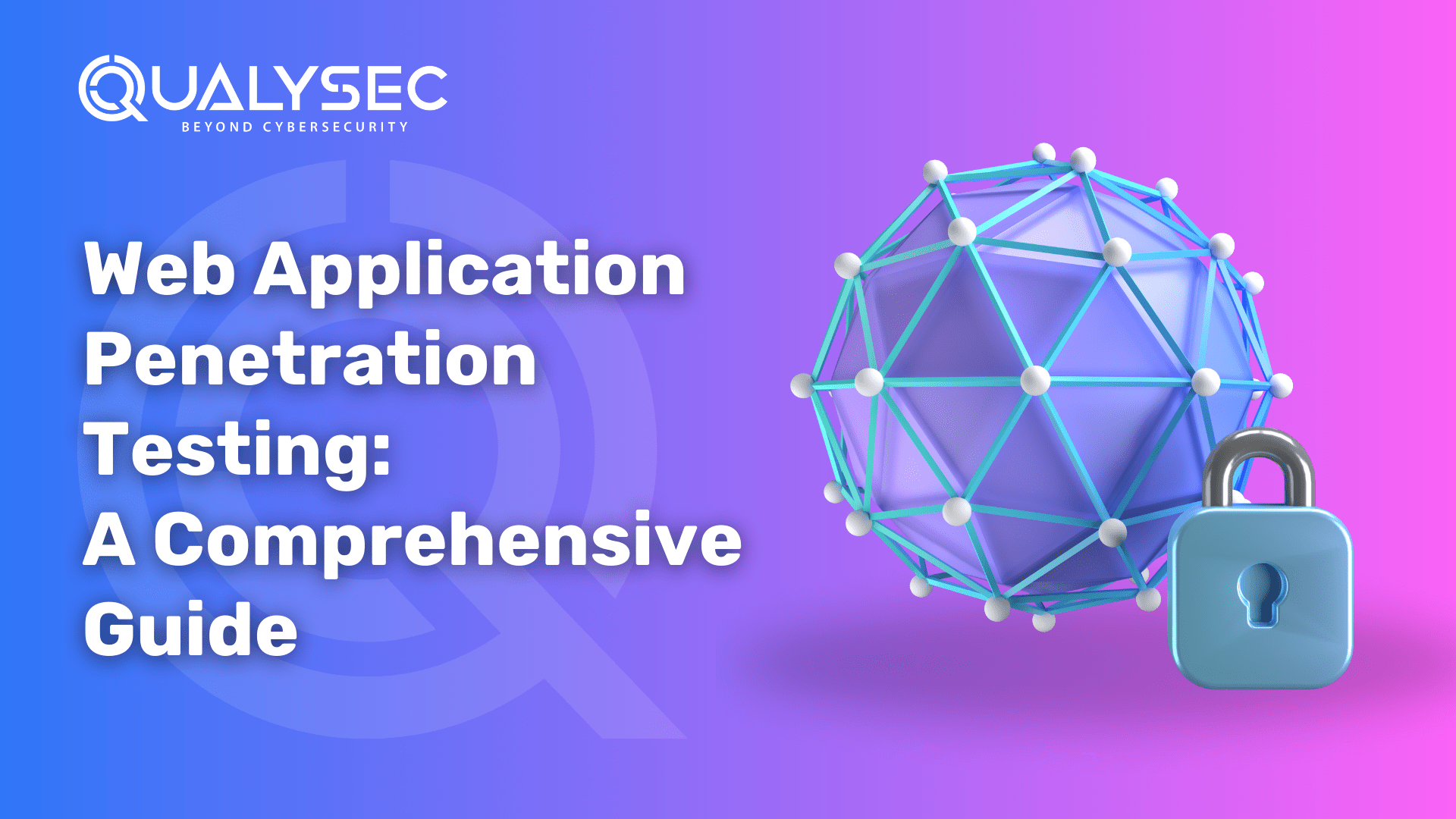
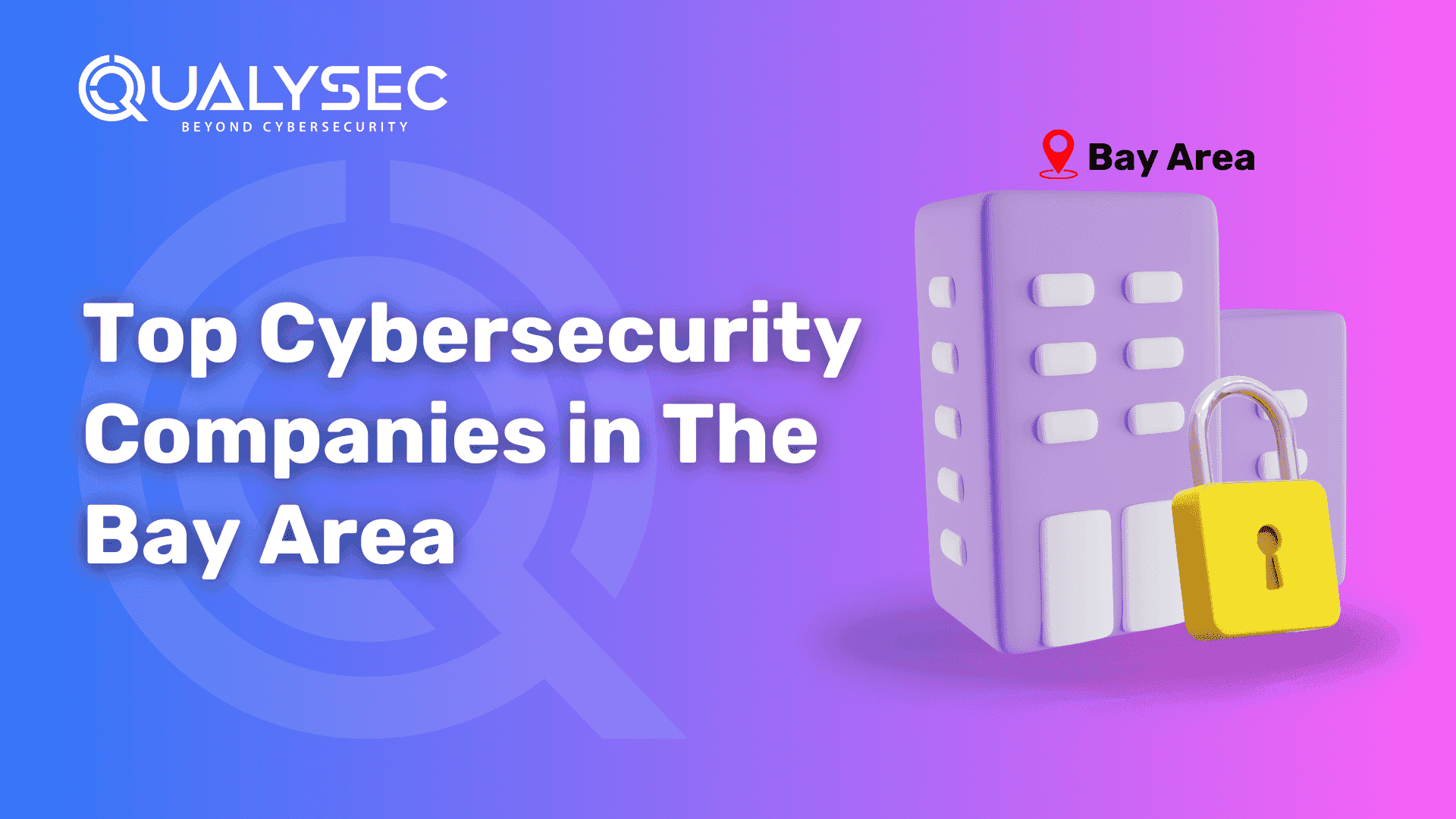

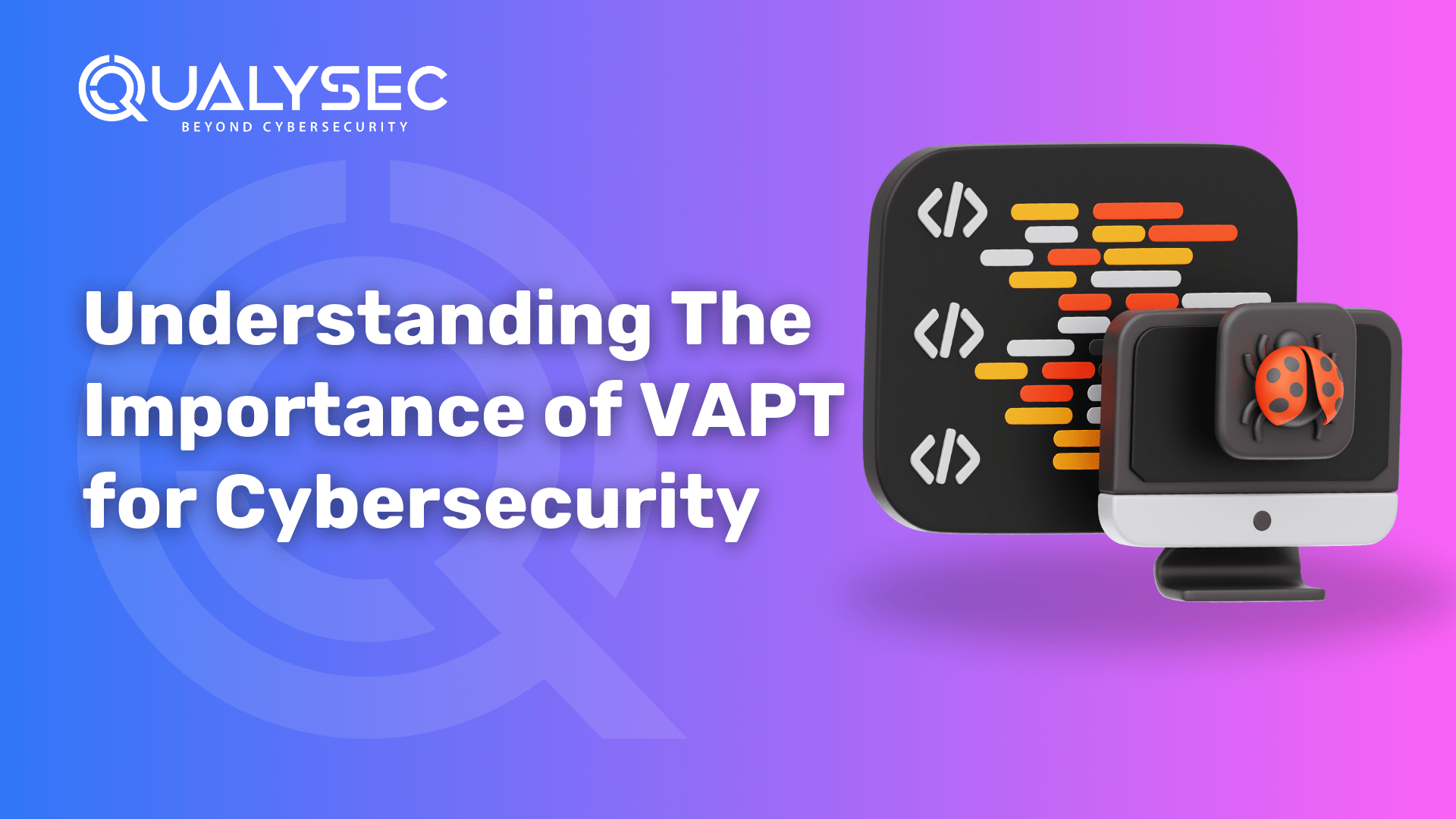
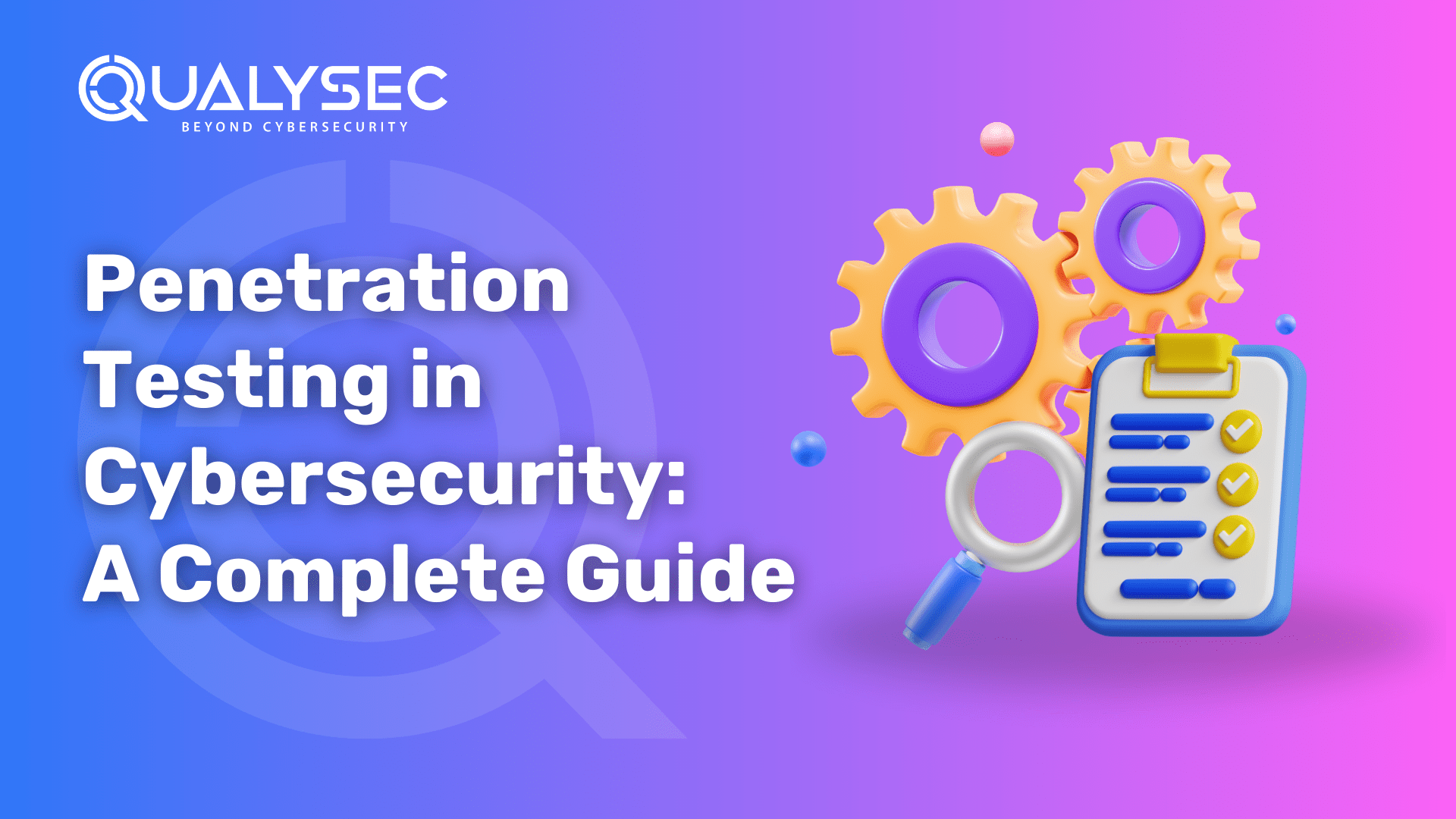
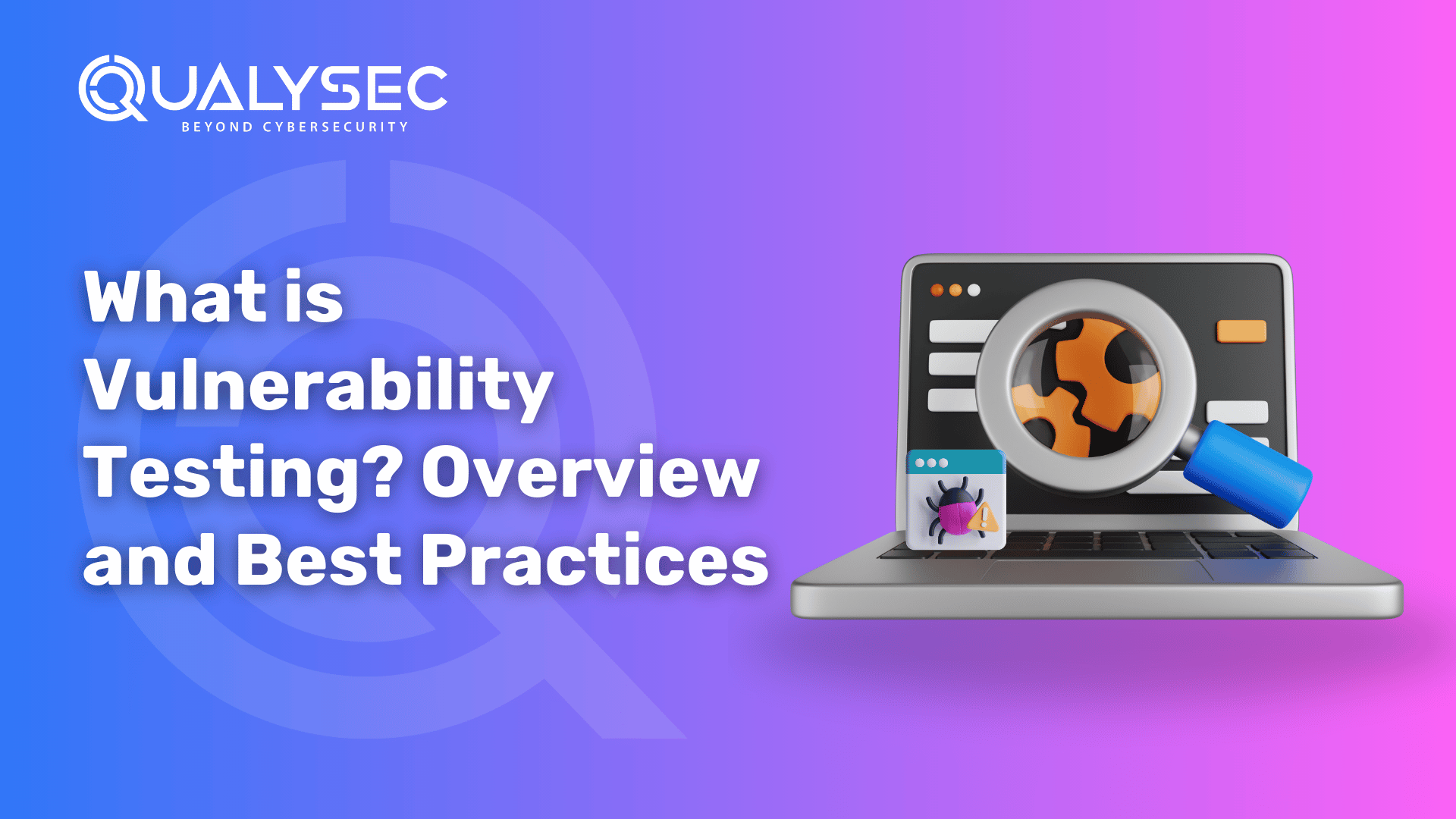

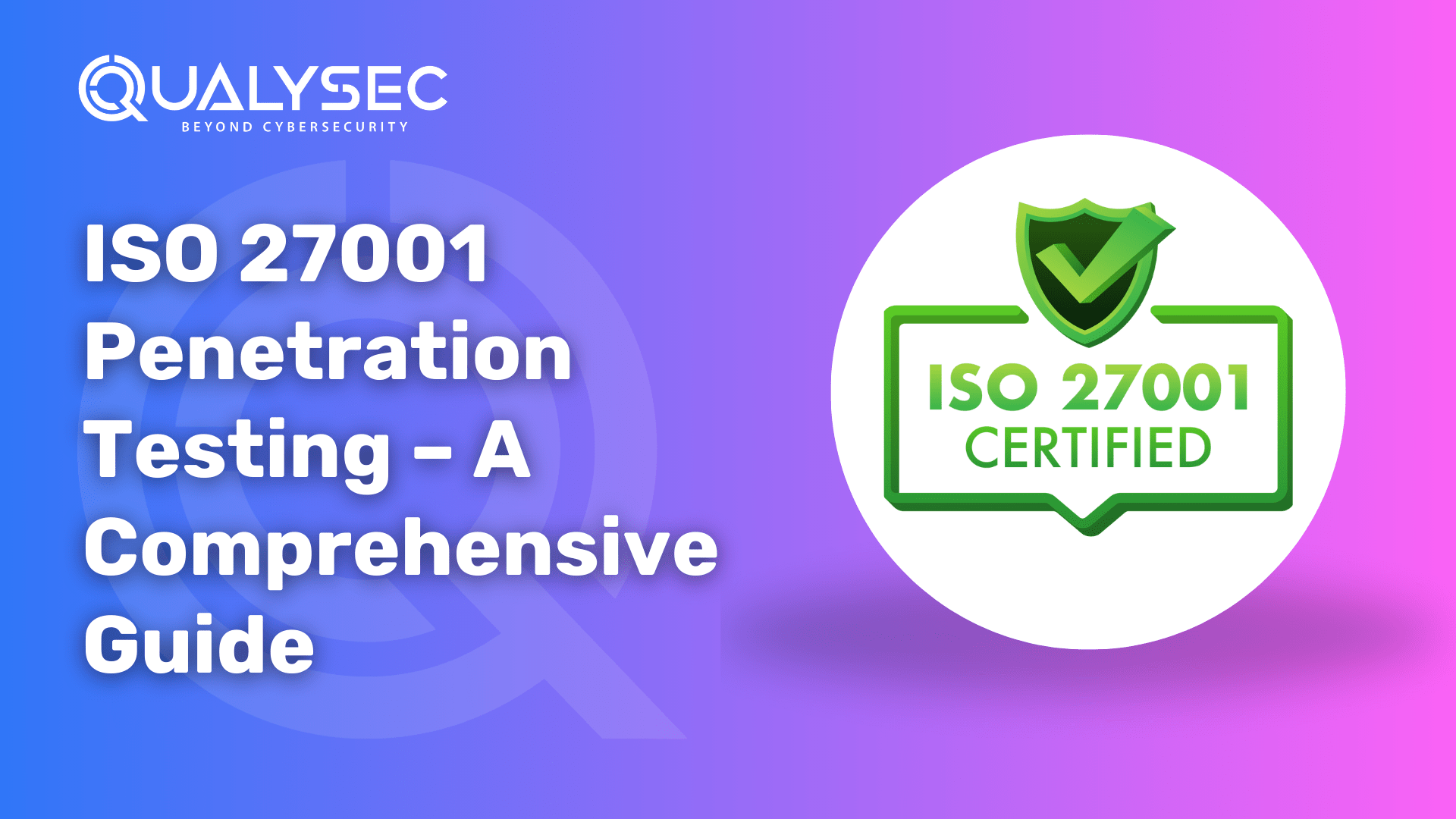
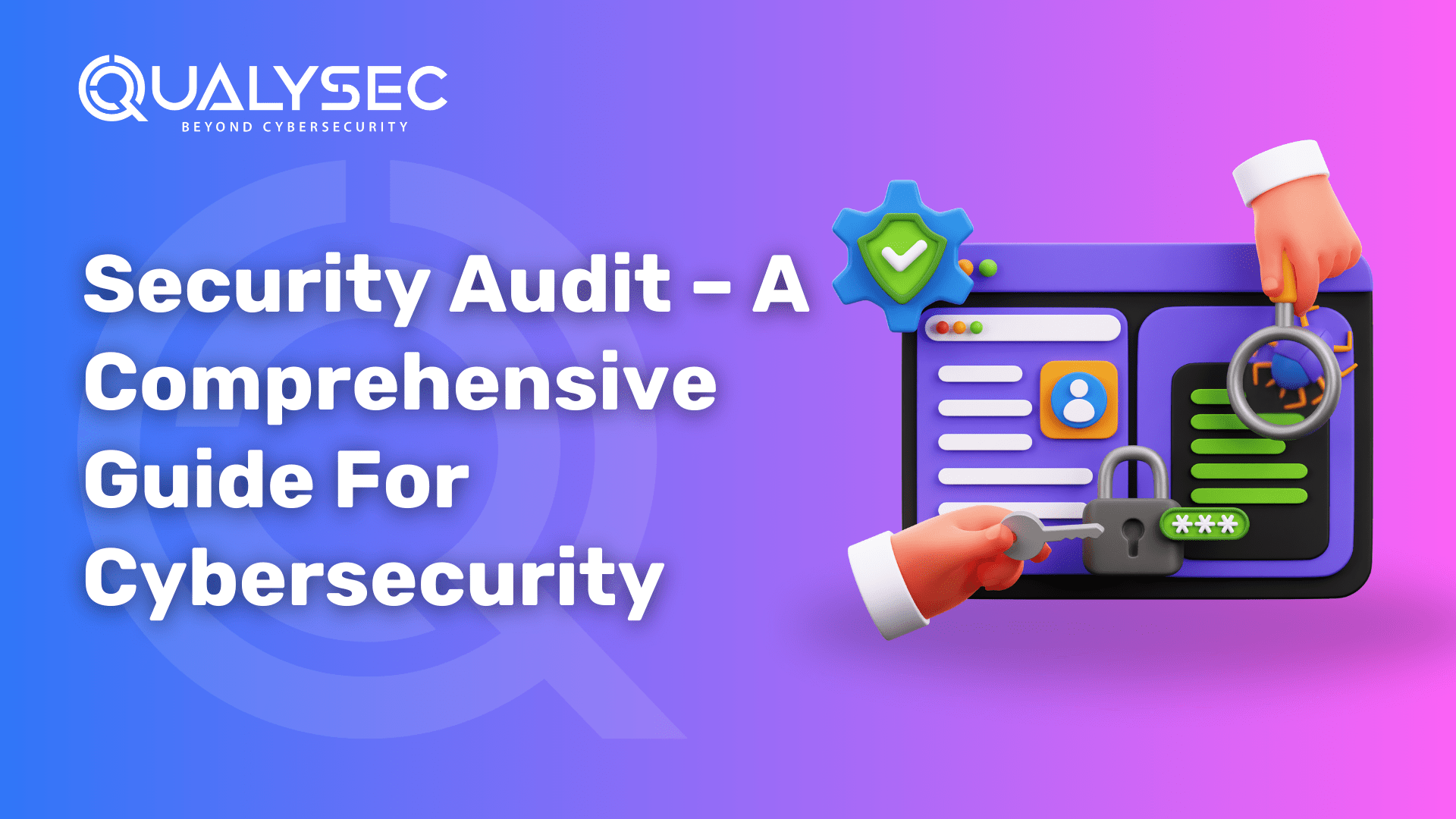
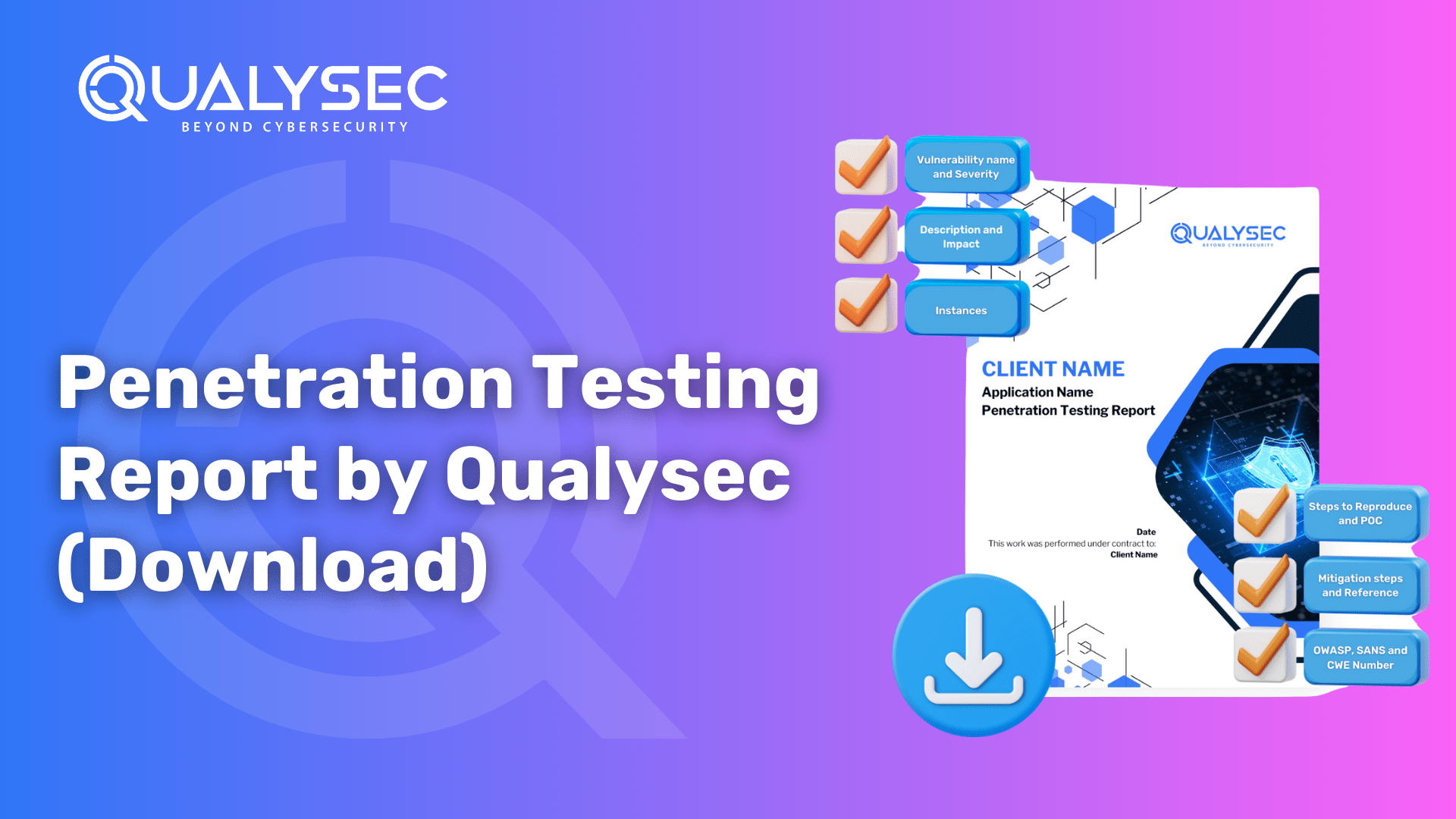
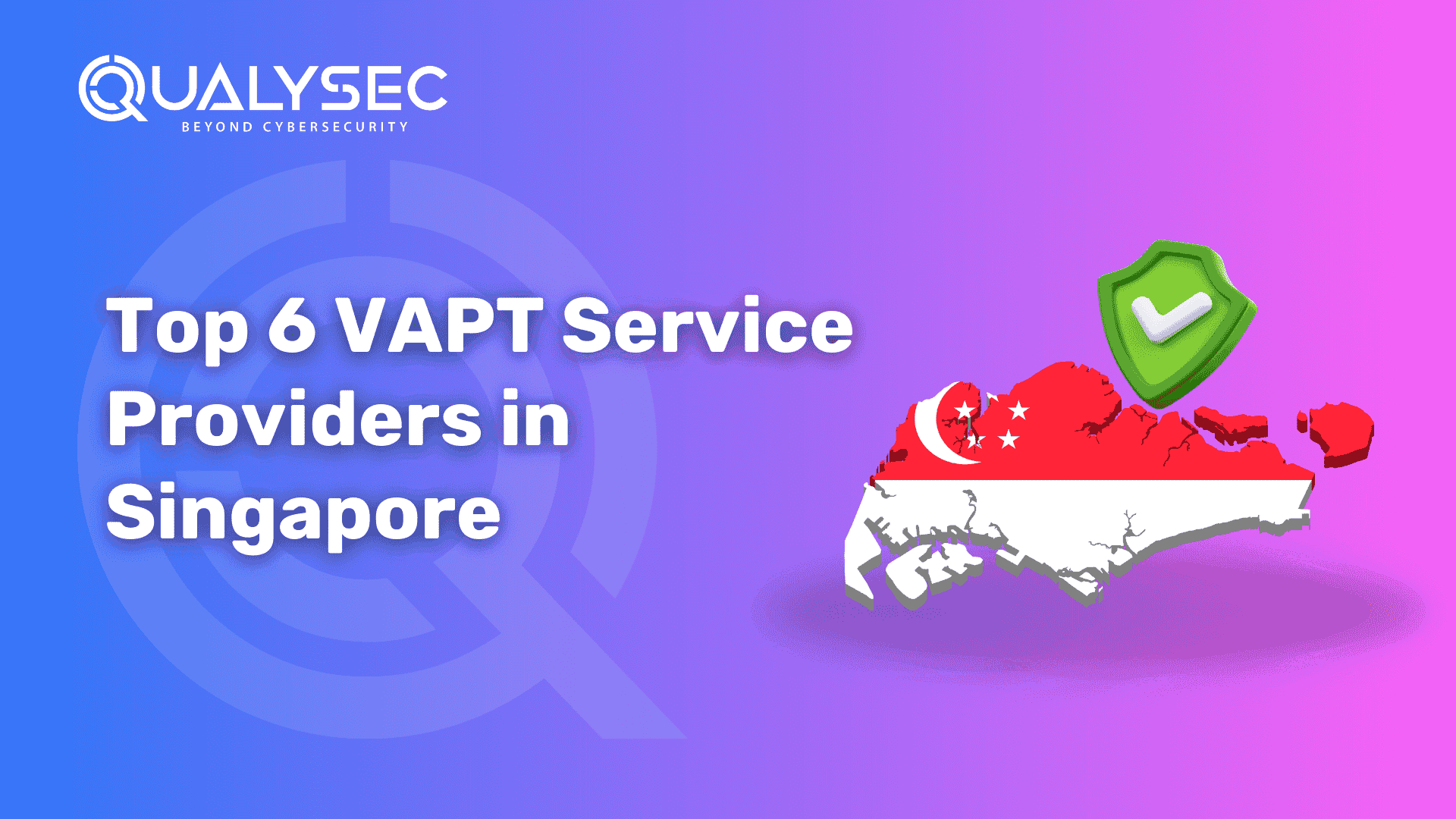
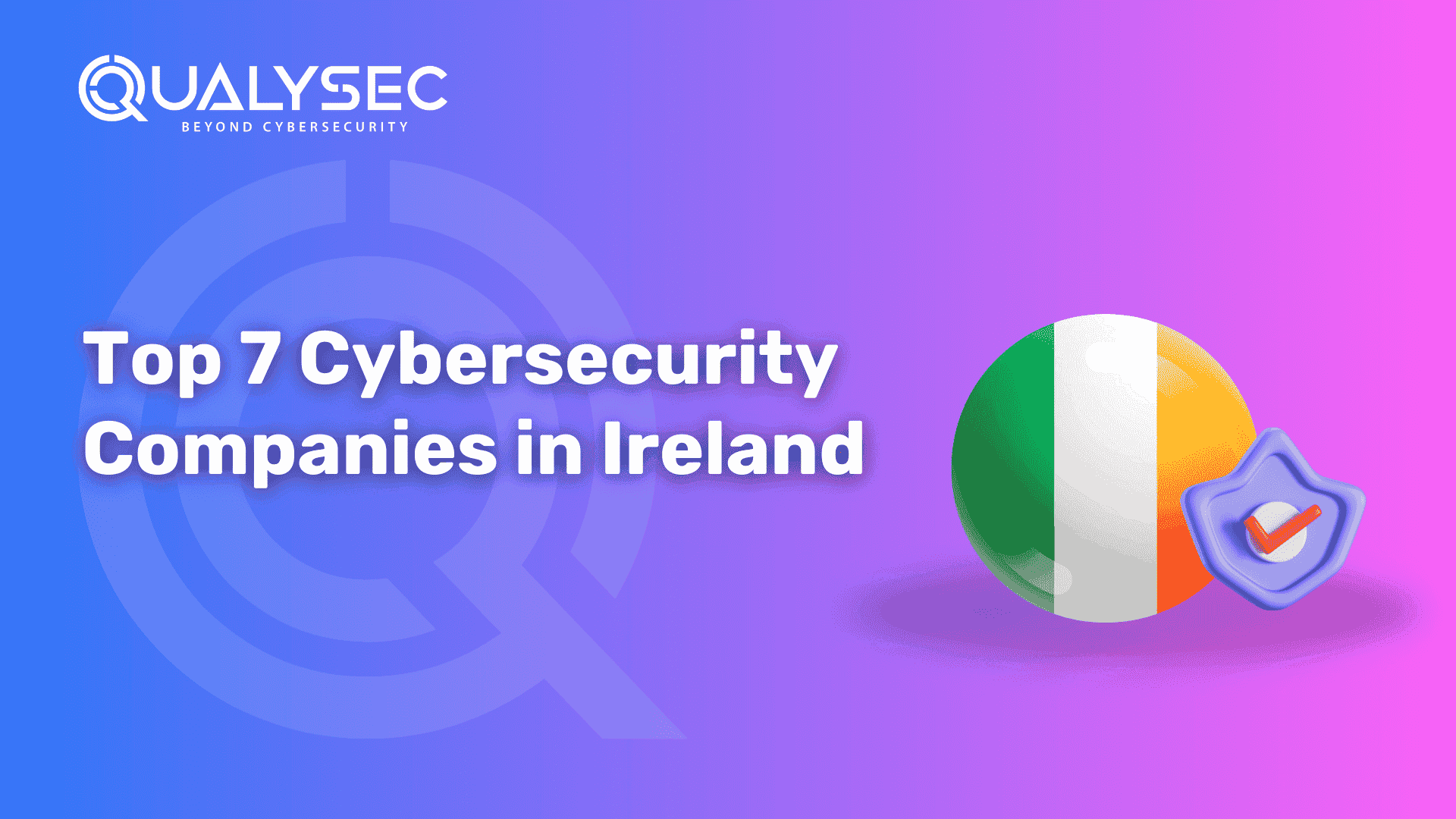
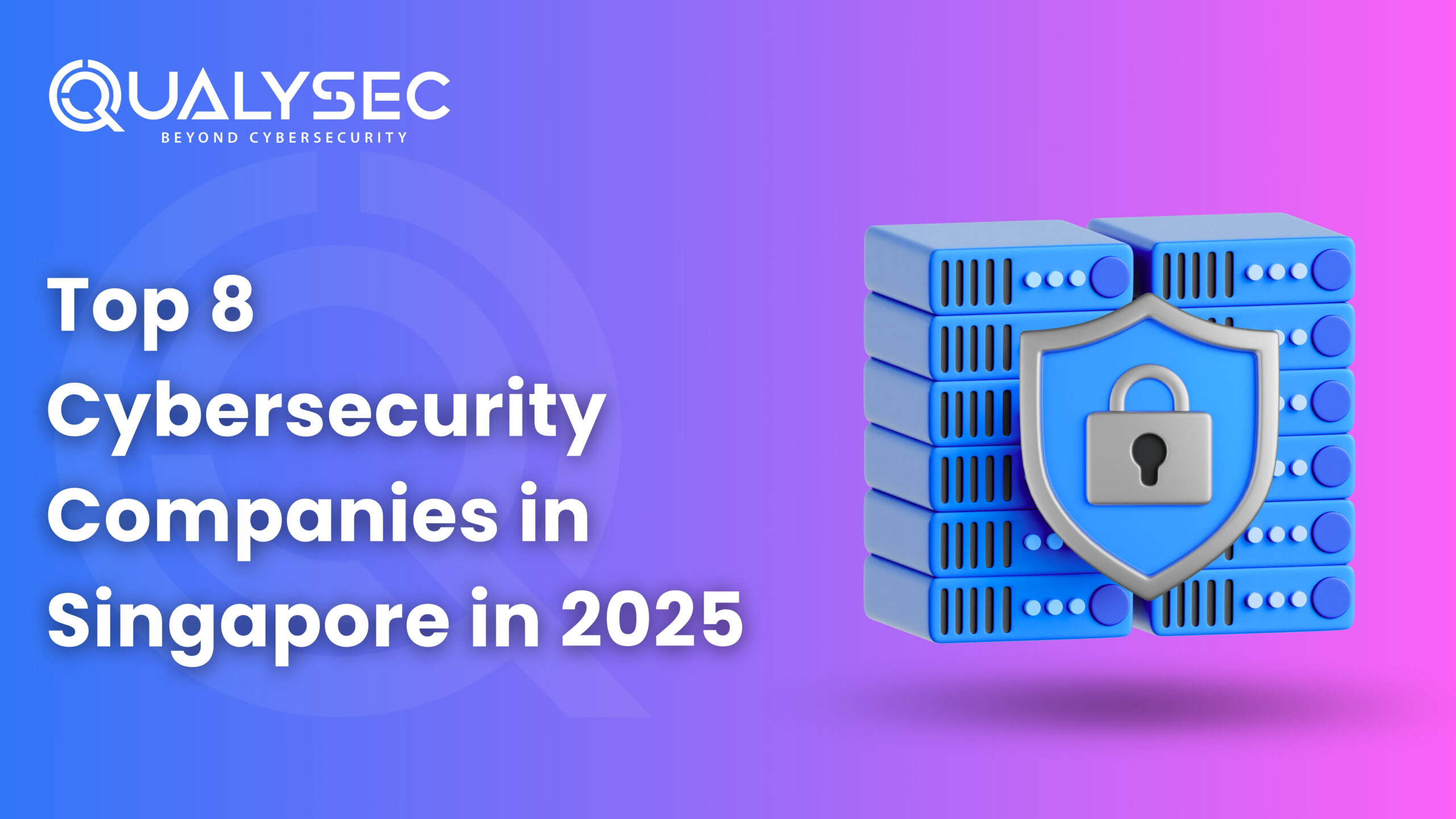

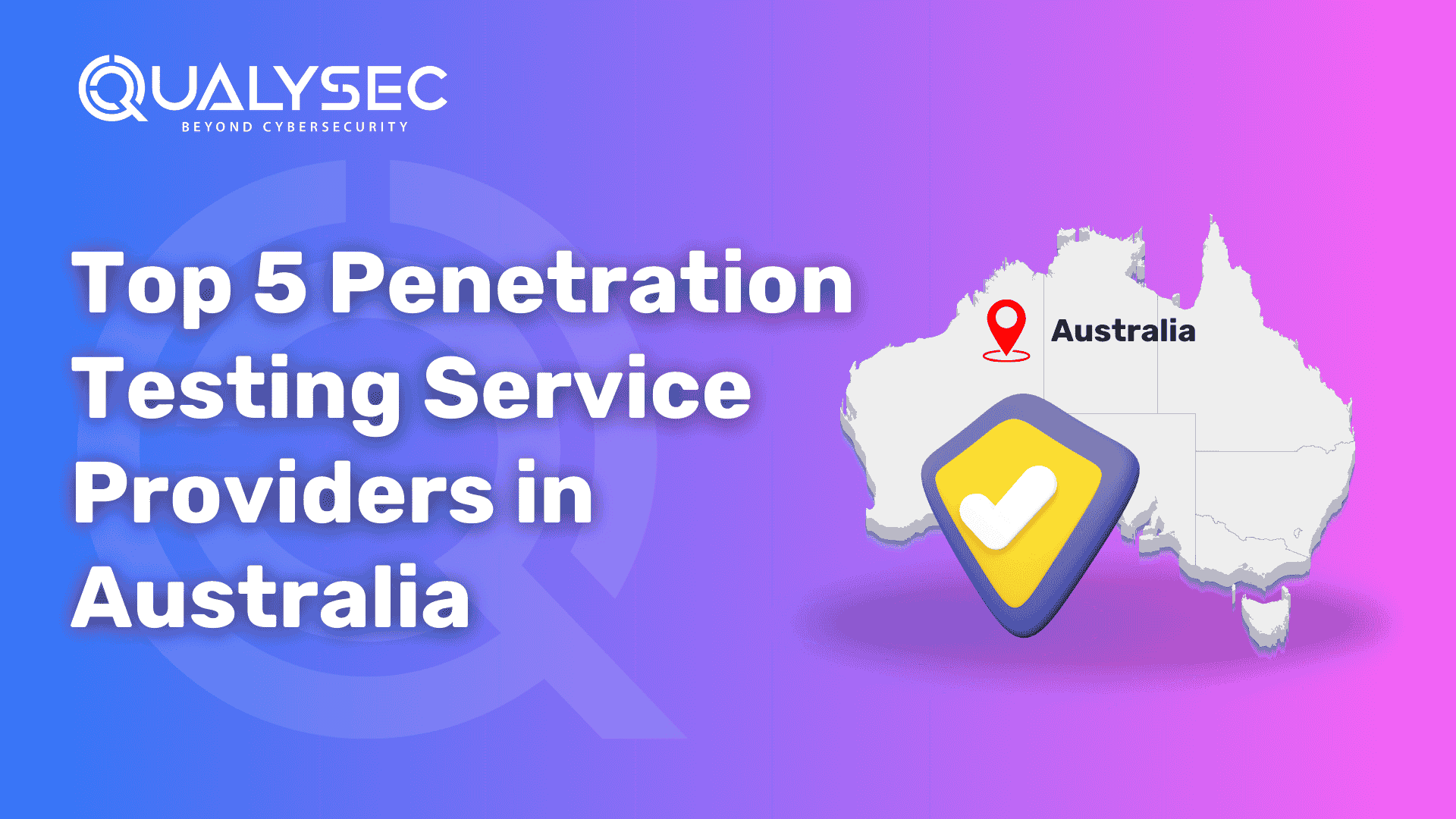
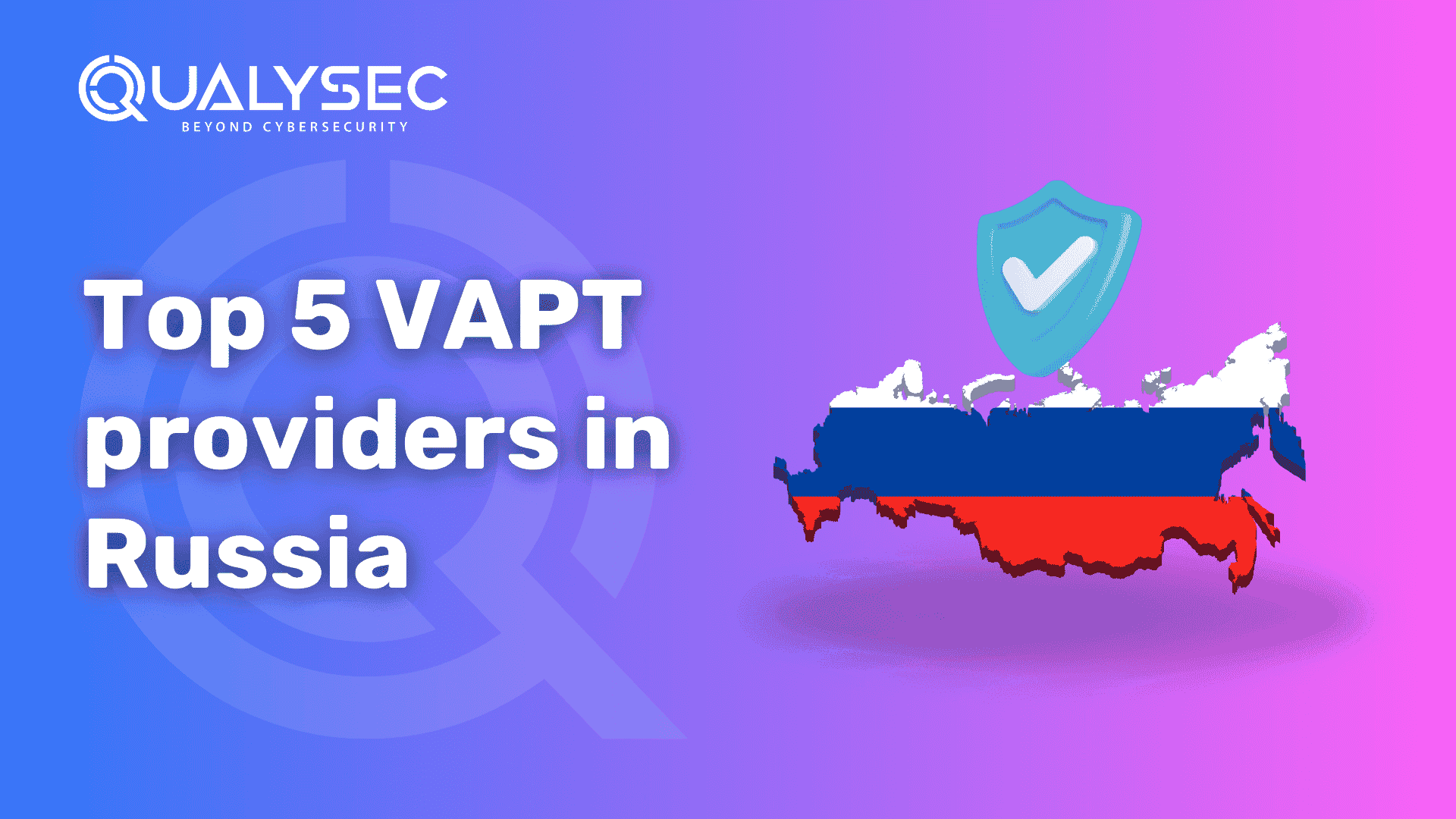
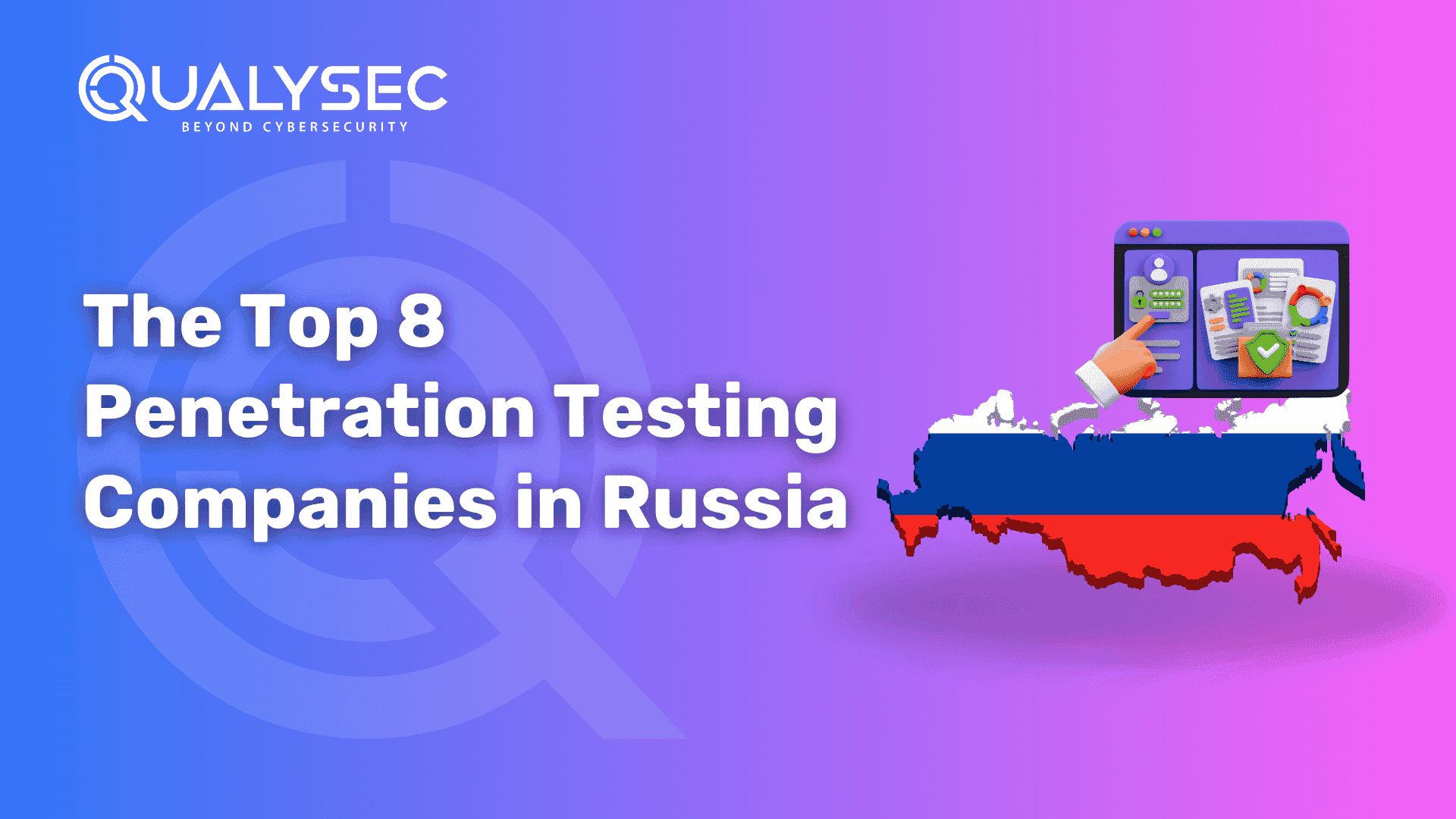
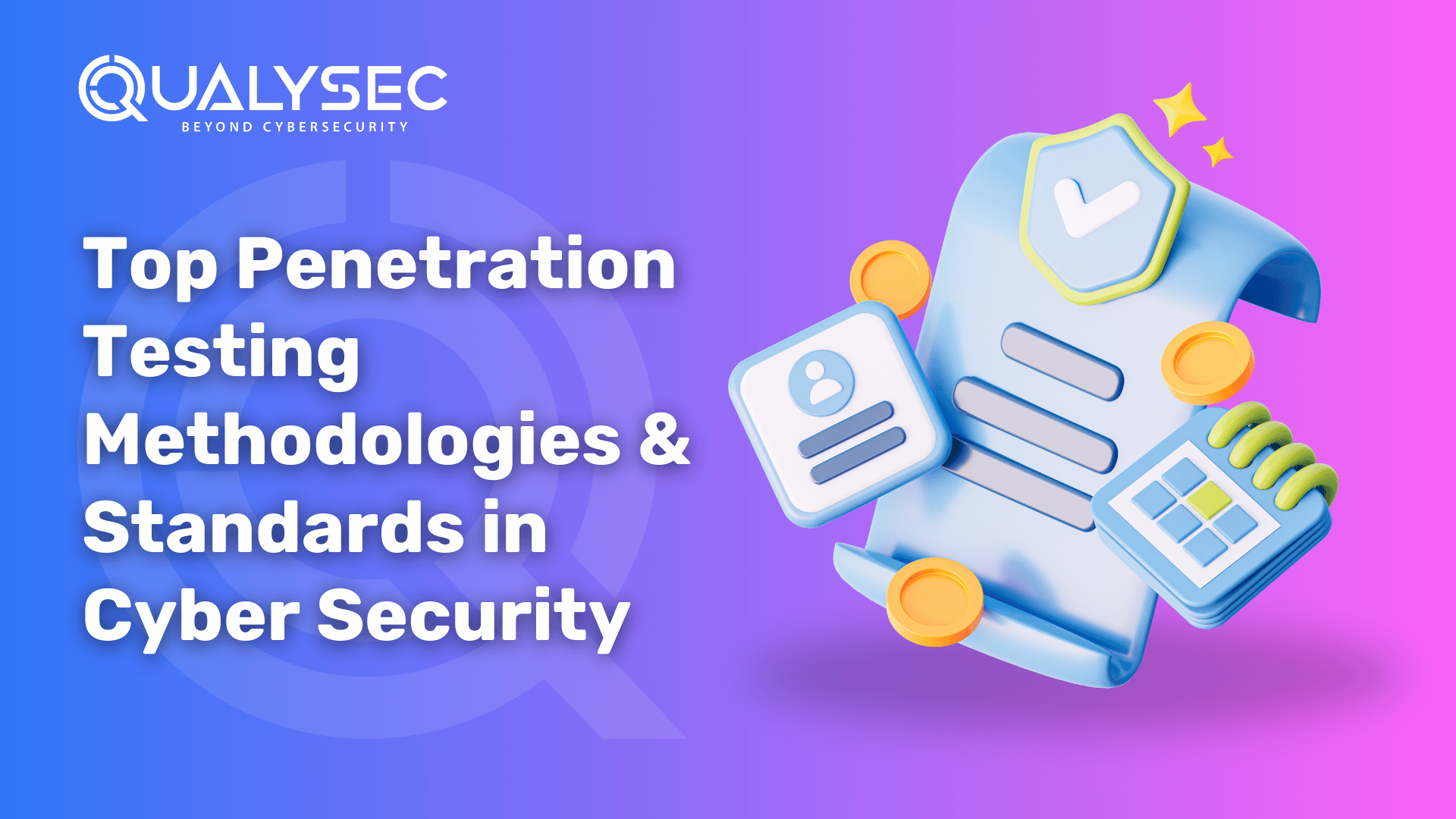
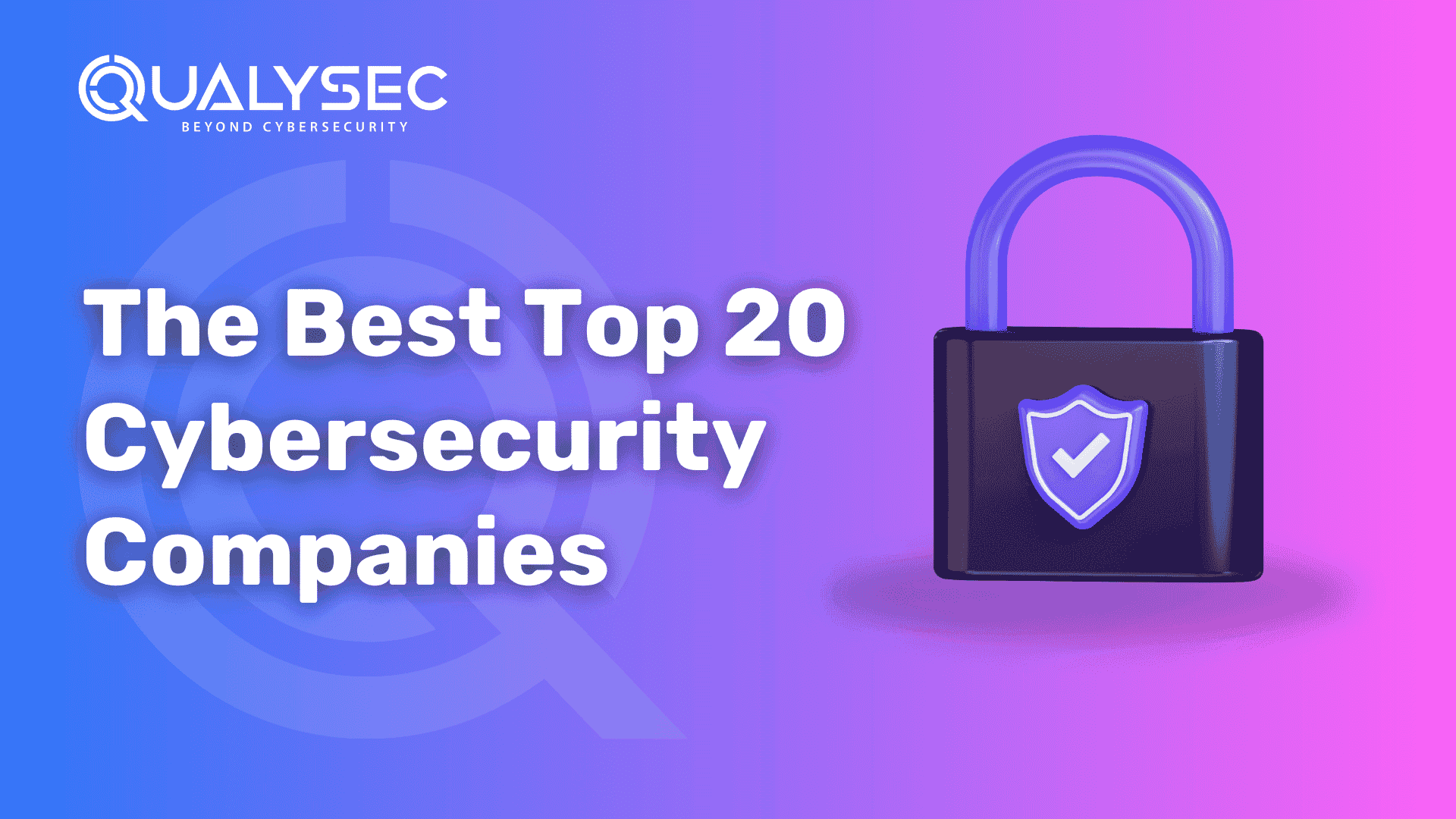
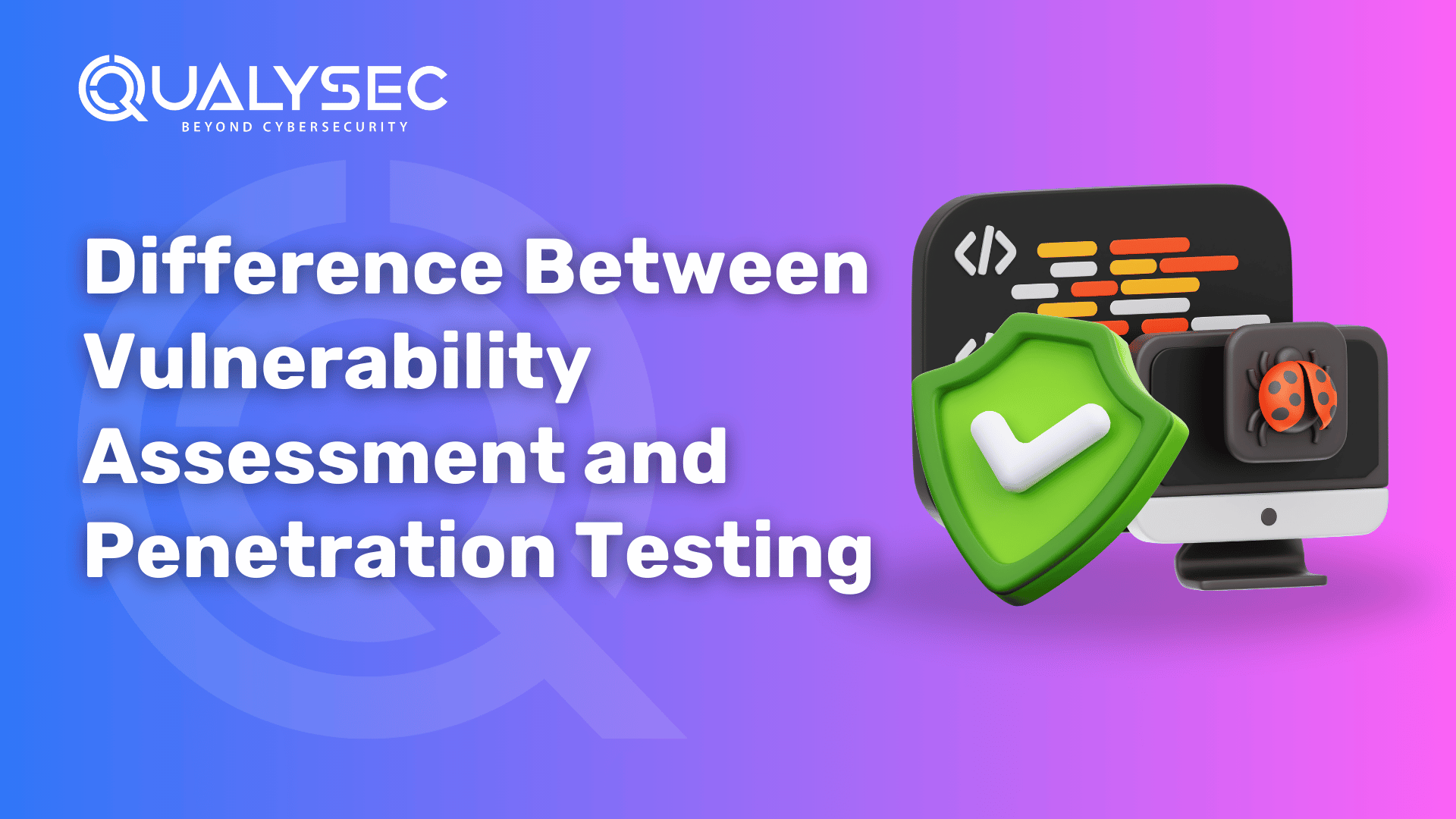
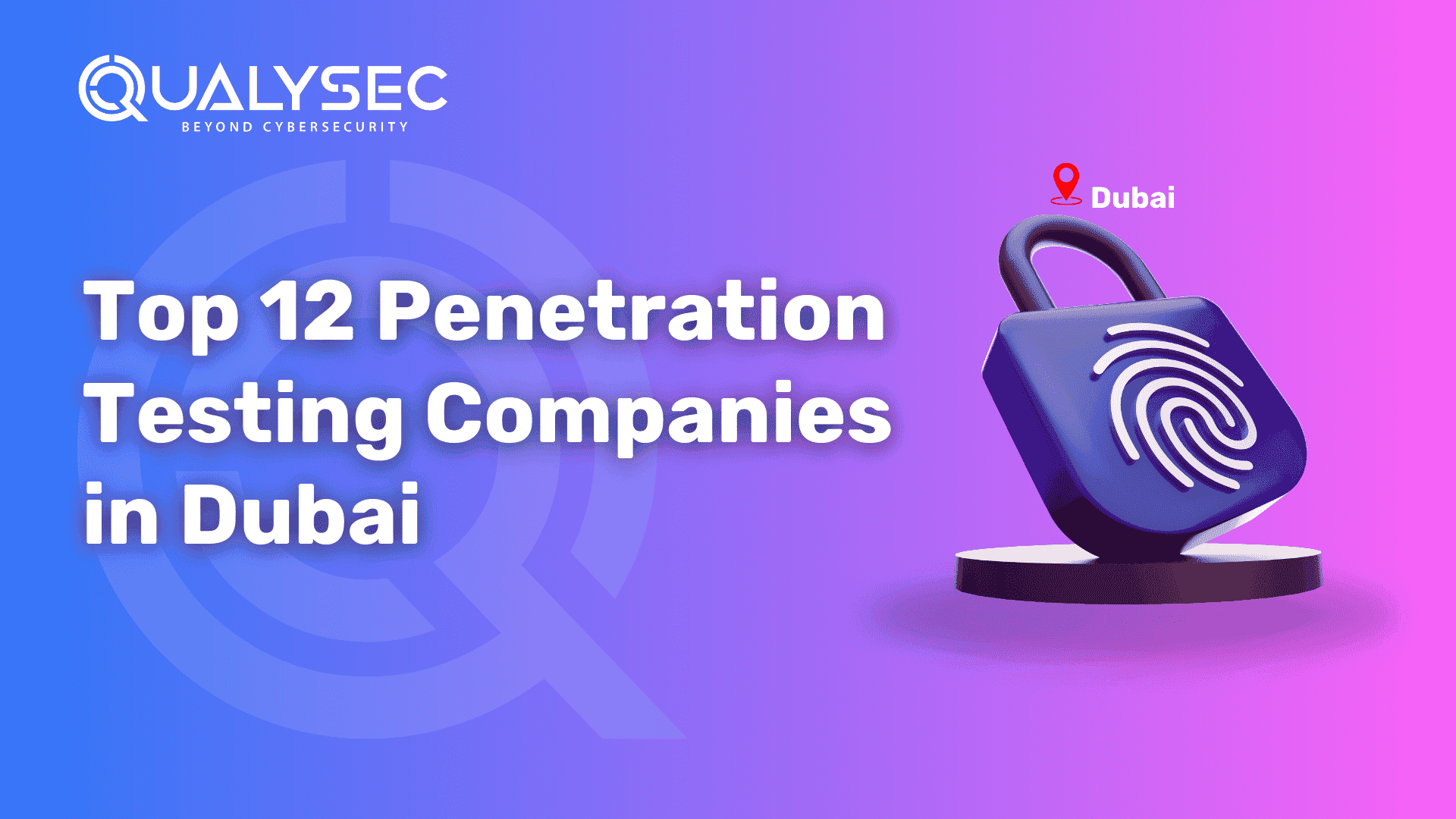

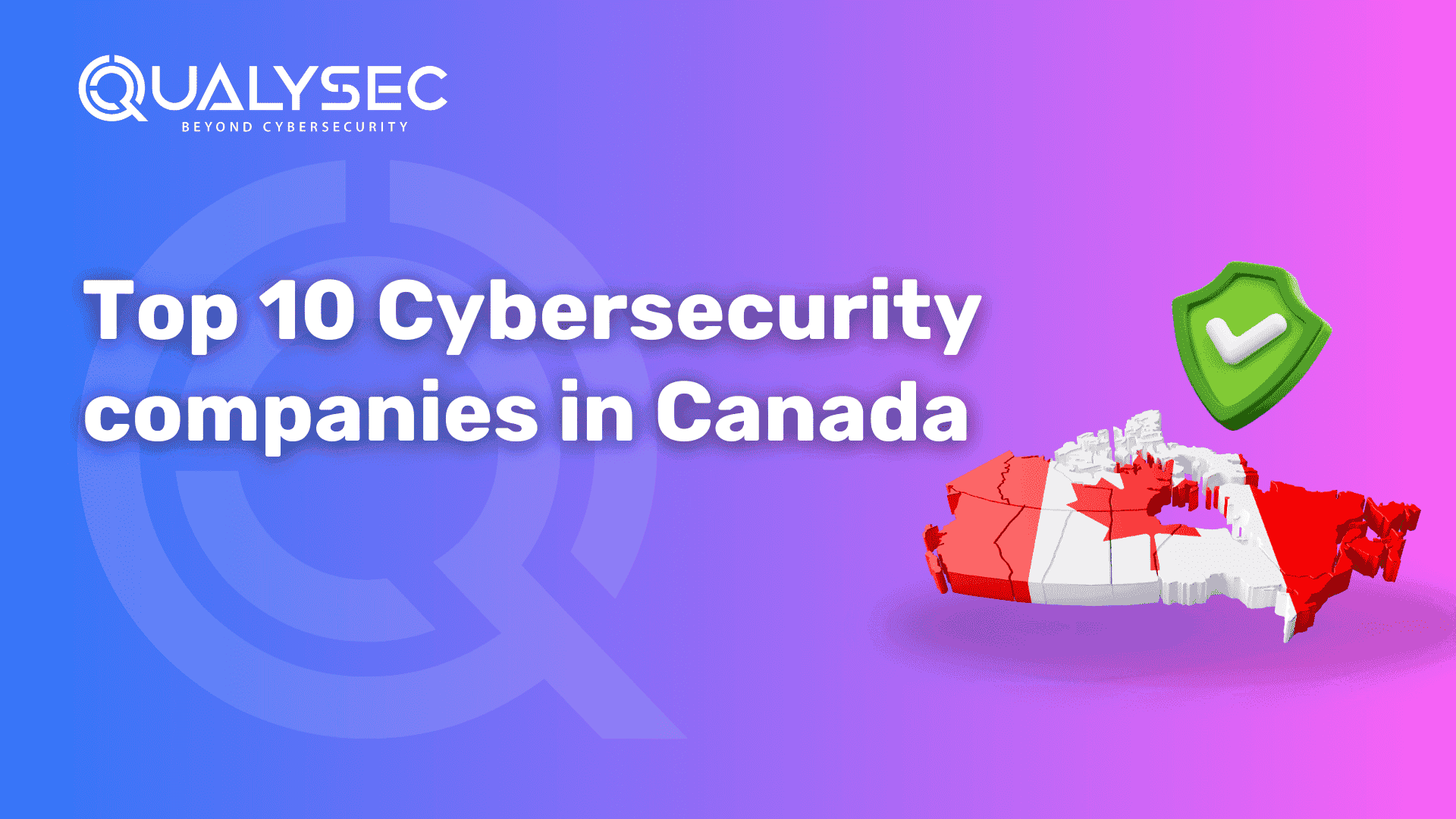




0 Comments